

Dr. Joe Lockard is an Associate Professor of English at Arizona State University in Tempe. Arizona. He specializes in nineteenth-century American literature. with particular focus on issues of race and slavery. His research and teaching also deal with prison literature: for the past decade, he has led a weekly poetry workshop in Florence State Prison. He recently published co-edited volumes of critical studies on Native American writer Louis Owens (University of New Mexico Press), writing pedagogies in prisons (Syracuse University Press), and has a forthcoming co-edited volume on STEM education in US prisons (SUNY Press). (Image Source)
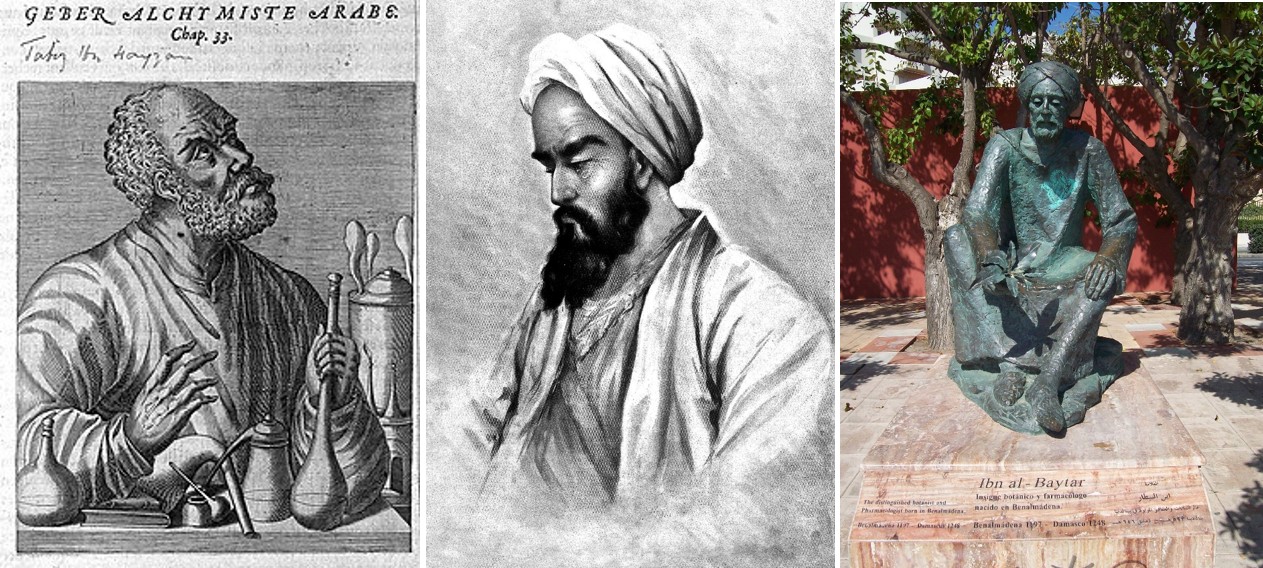

Scholars from Muslim Civilisation such as Jaber ibn Haiyan (Jabir ibn Hayyan) and Al-Razi laid the foundations of modern chemistry through their experiments and descriptions of chemical substances and processes. Al-Razi’s Secret of Secrets is…


Today, chess continues to captivate minds across the globe, transcending borders and generations. The International Day of Chess, celebrated on July 20ths, reminds us of this timeless game's enduring appeal. In a recent headline-making moment,…
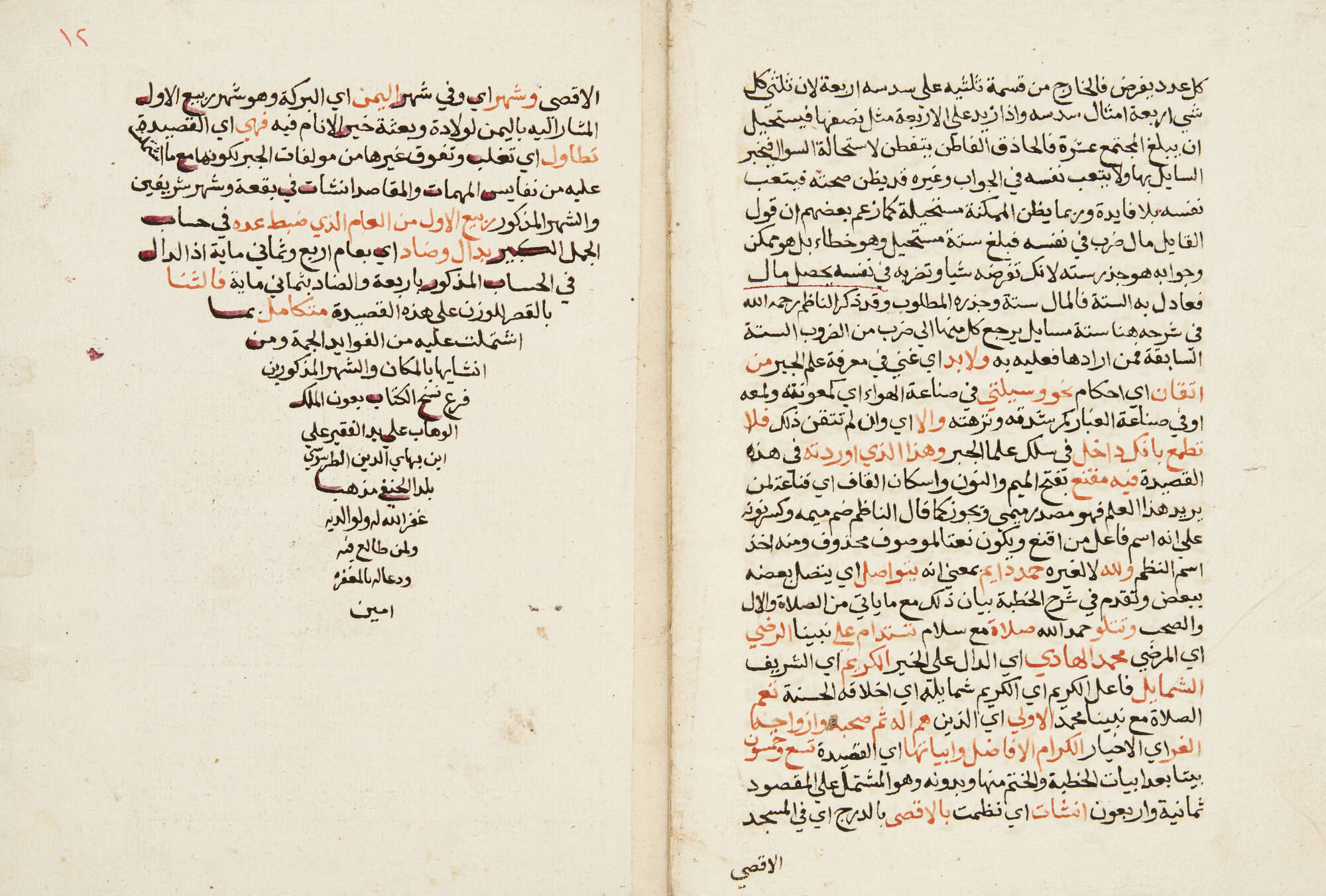

When one remembers the numerous scholars of Palestine, there is a significant fact that comes to mind. The fact is that Palestine has always been an integral part of the Muslim world and home to…


Scholars from Muslim civilisation made pioneering contributions to medicine, building on ancient Greek, Persian, and Indian sources while developing original theories and practices. Their medical work was rooted in both scientific rigor and the Islamic…
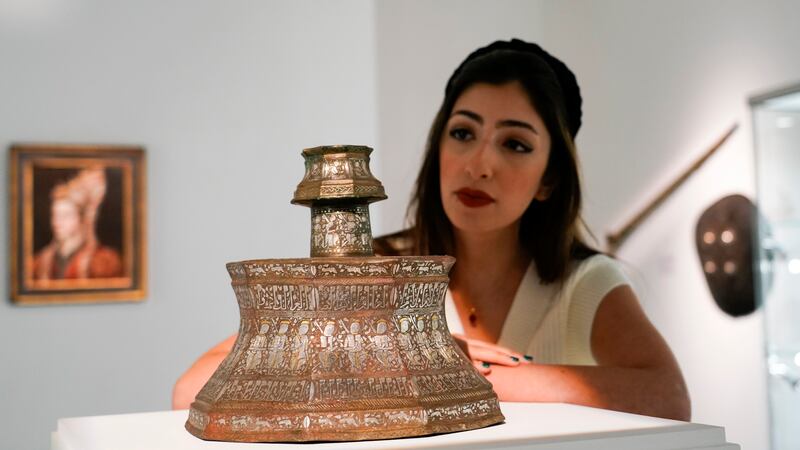

A 13th-century silver-inlaid brass candlestick, attributed to the Mosul school of metalwork, broke Sotheby’s record for an Islamic art object when it sold for $9.1 million following a 25-minute bidding contest during the Arts of…
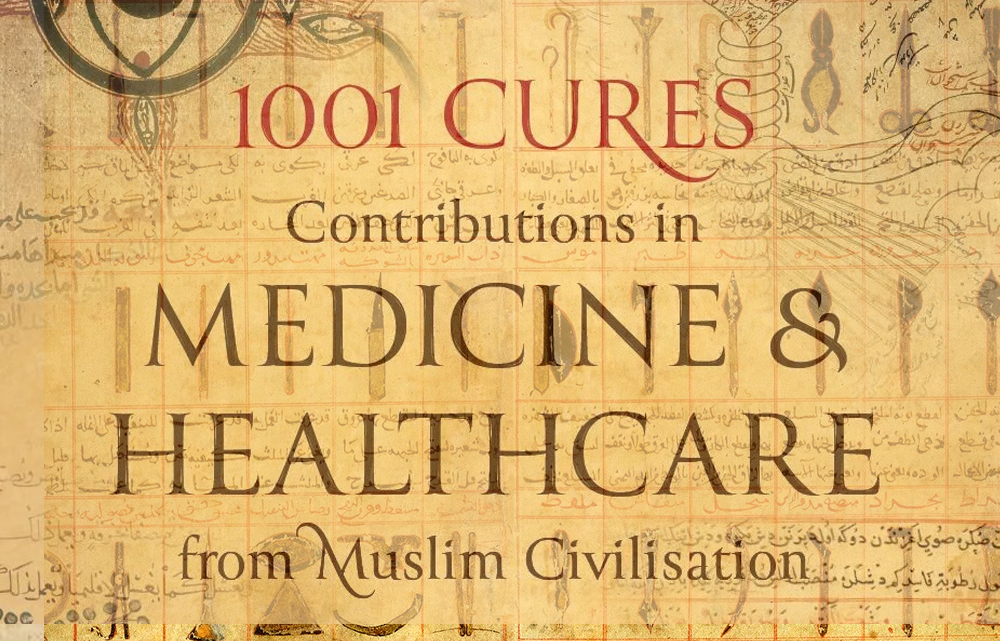

Doctors working in the medieval Islamicate world engaged critically with the material concerning ophthalmology that was inherited from Graeco-Roman antiquity. This field of medicine was called kuḥl in Arabic...
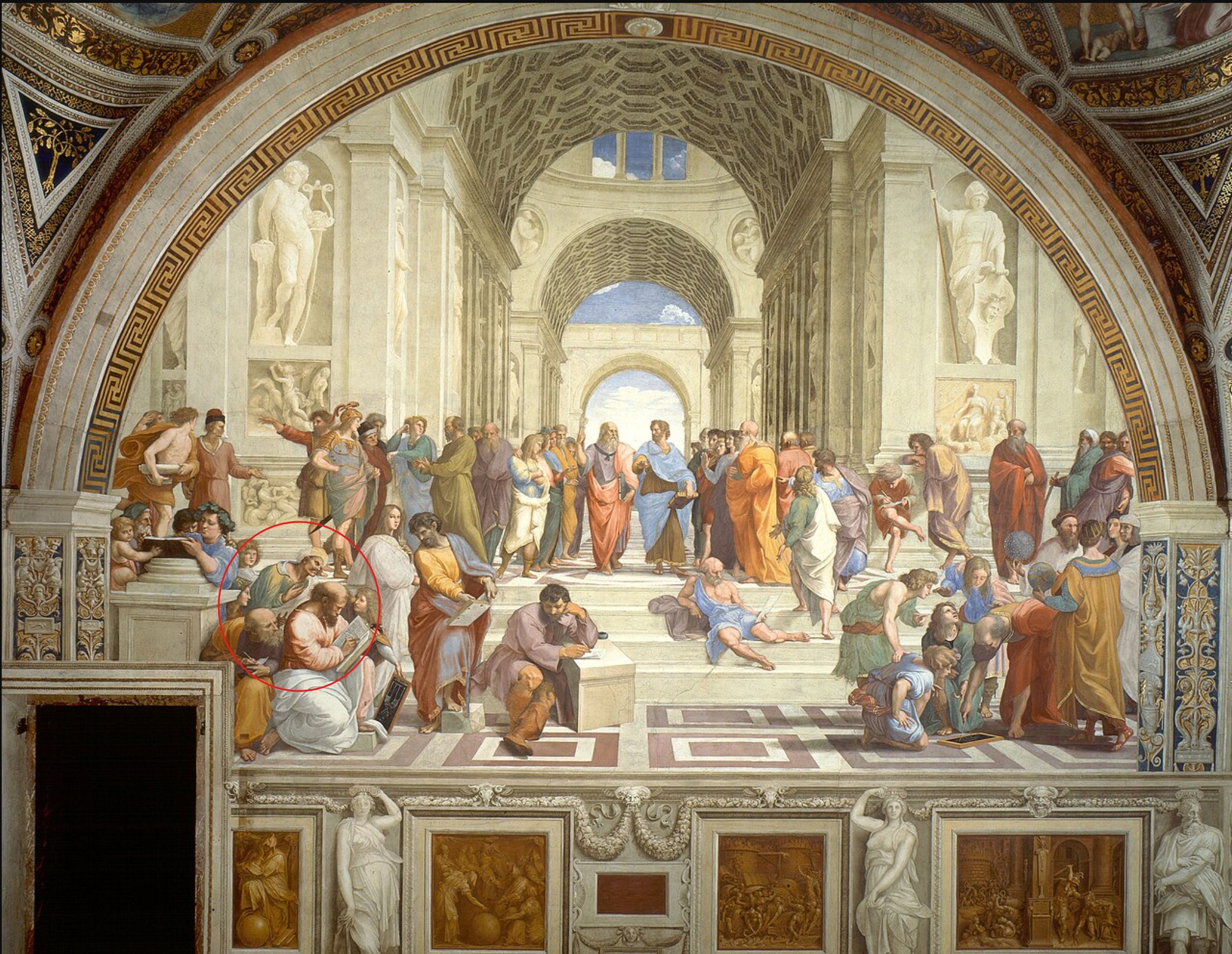

This study explores the substantial influence of Muslim scholars on the intellectual progress of Western society during the Medieval Era. By examining the dynamic relationship between Arab-Islam and European-Christianity, this research emphasizes the significant impact…
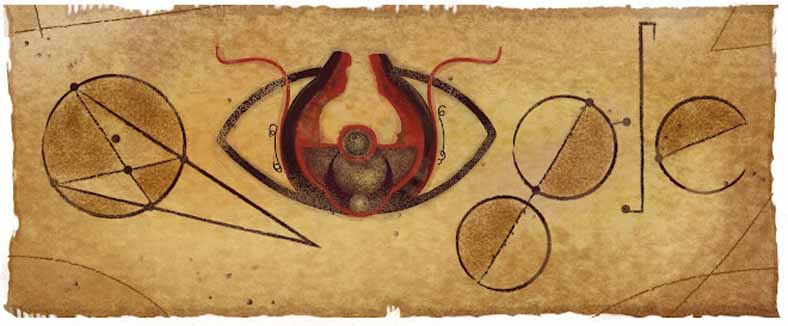

Google Doodle, from time to time, honours prominent figures from the history of Muslim civilisation - not only political or religious leaders, but also a wide spectrum of intellectuals: scholars, poets, scientists, astronomers, travellers, and…
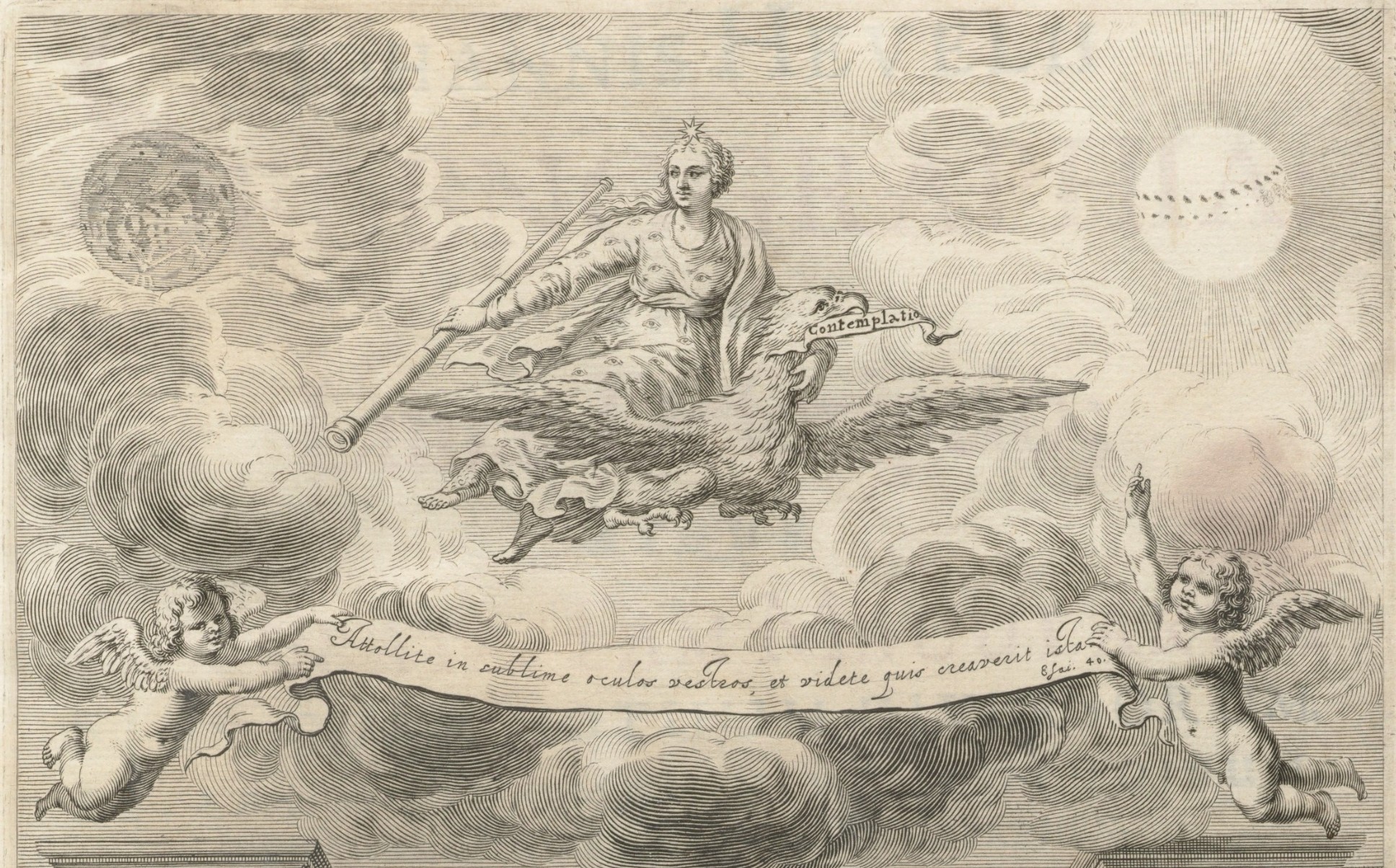

This article looks at the discourse in the history and philosophy of science in both Islam and the West in the larger context of the discourse on modernity. A comparison is made between the discourses…
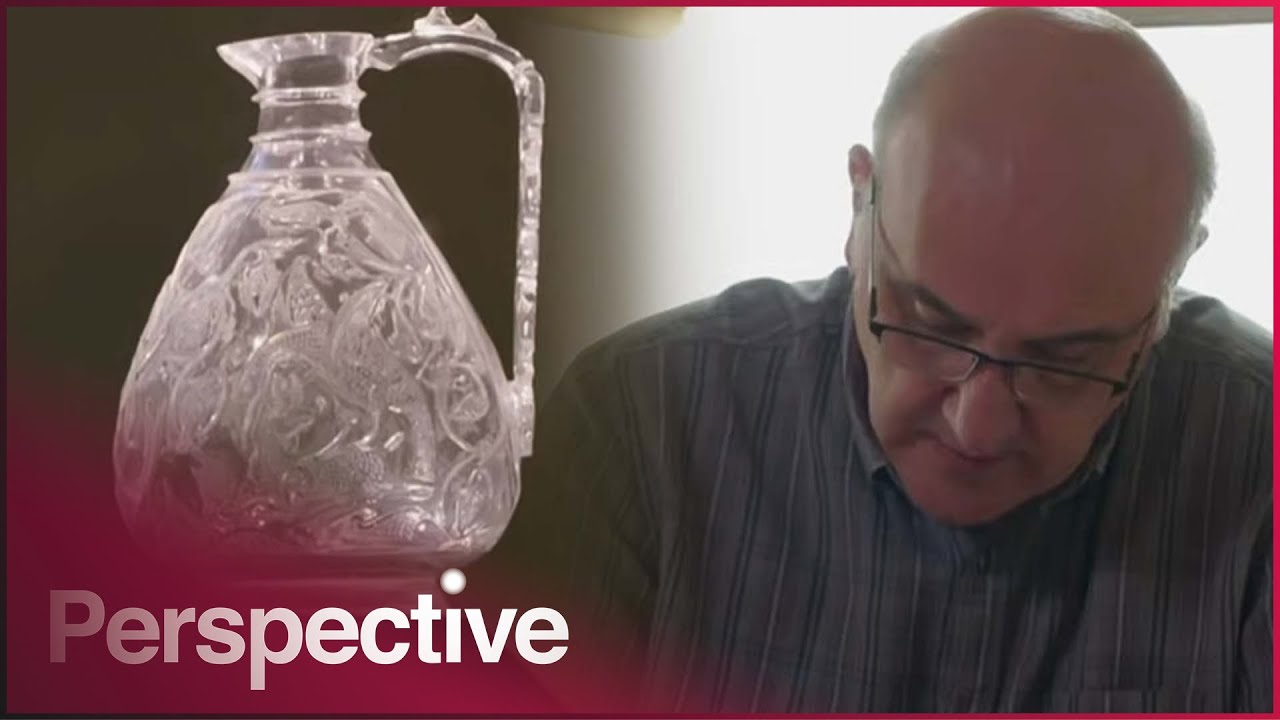

Oxford historian Dr. Janina Ramirez challenges ex-forger Shaun Greenhalgh with his most difficult task yet: carving an Islamic bottle out of rock crystal in the style of the 10th-century Egyptian Fatimids. Rock crystal is notoriously…
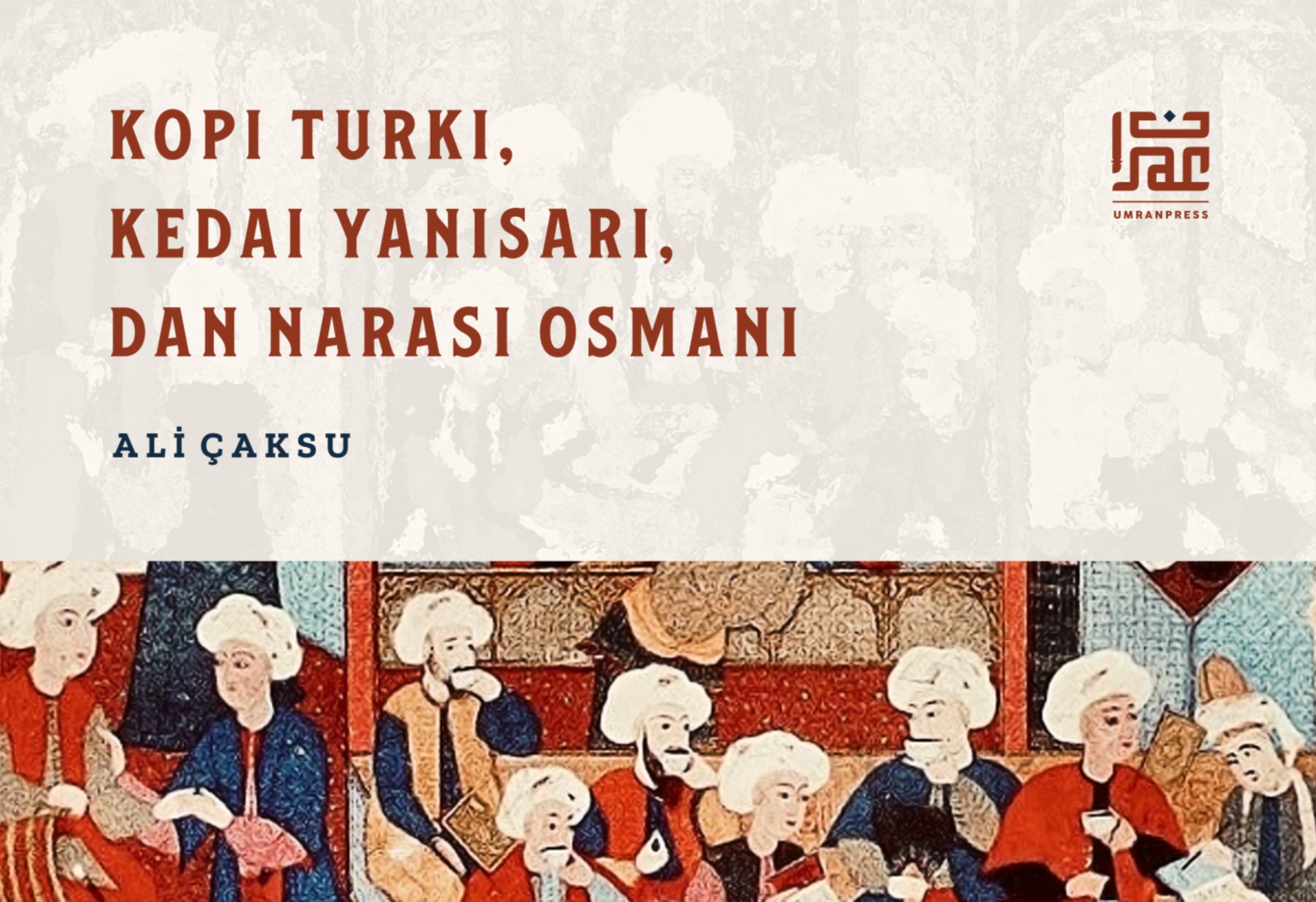

In the centuries since the first coffeehouse was opened in Istanbul (then Constantinople) in 1554, Turkish coffee has brought together people of different classes, cultures, and ranks and helped shape politics and lifestyles, Ali Çaksu,…
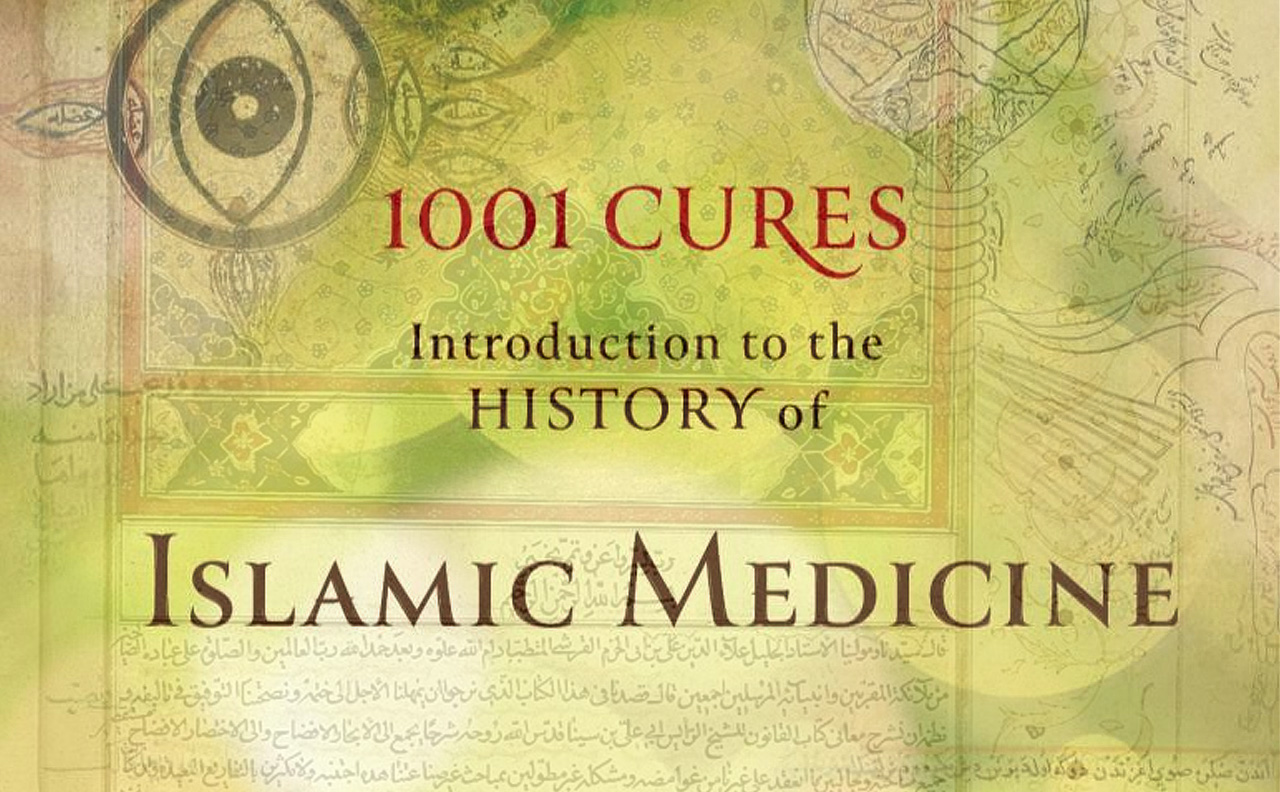

The medical scholars during the medieval Islamic era placed great emphasis on the value of dissection and the knowledge of anatomy for the diagnosis of affected organs, the relationships of the organs to one another…
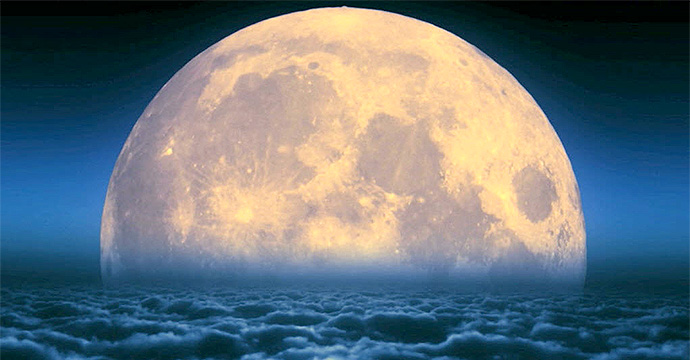

The article highlights how several lunar formations are named after prominent astronomers from the Muslim civilisation, acknowledging their significant contributions to the field of astronomy. First initiated in the 17th century by Jesuit scholar Riccioli…
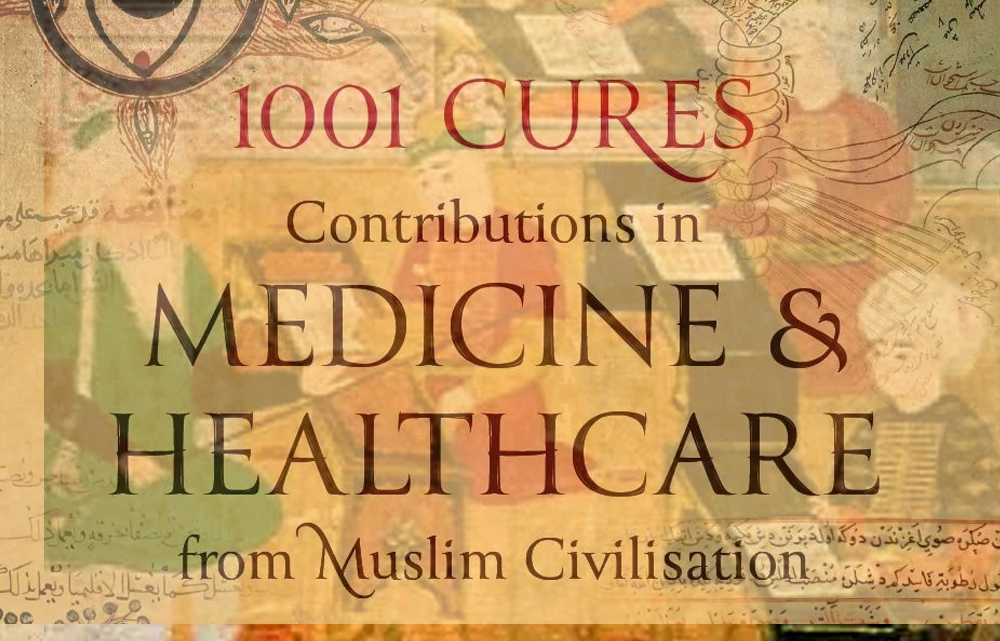

In the medieval Arabic and Islamic medical tradition, physicians paid particular attention to the medical needs of children, and wrote profusely on the subject of paediatrics...
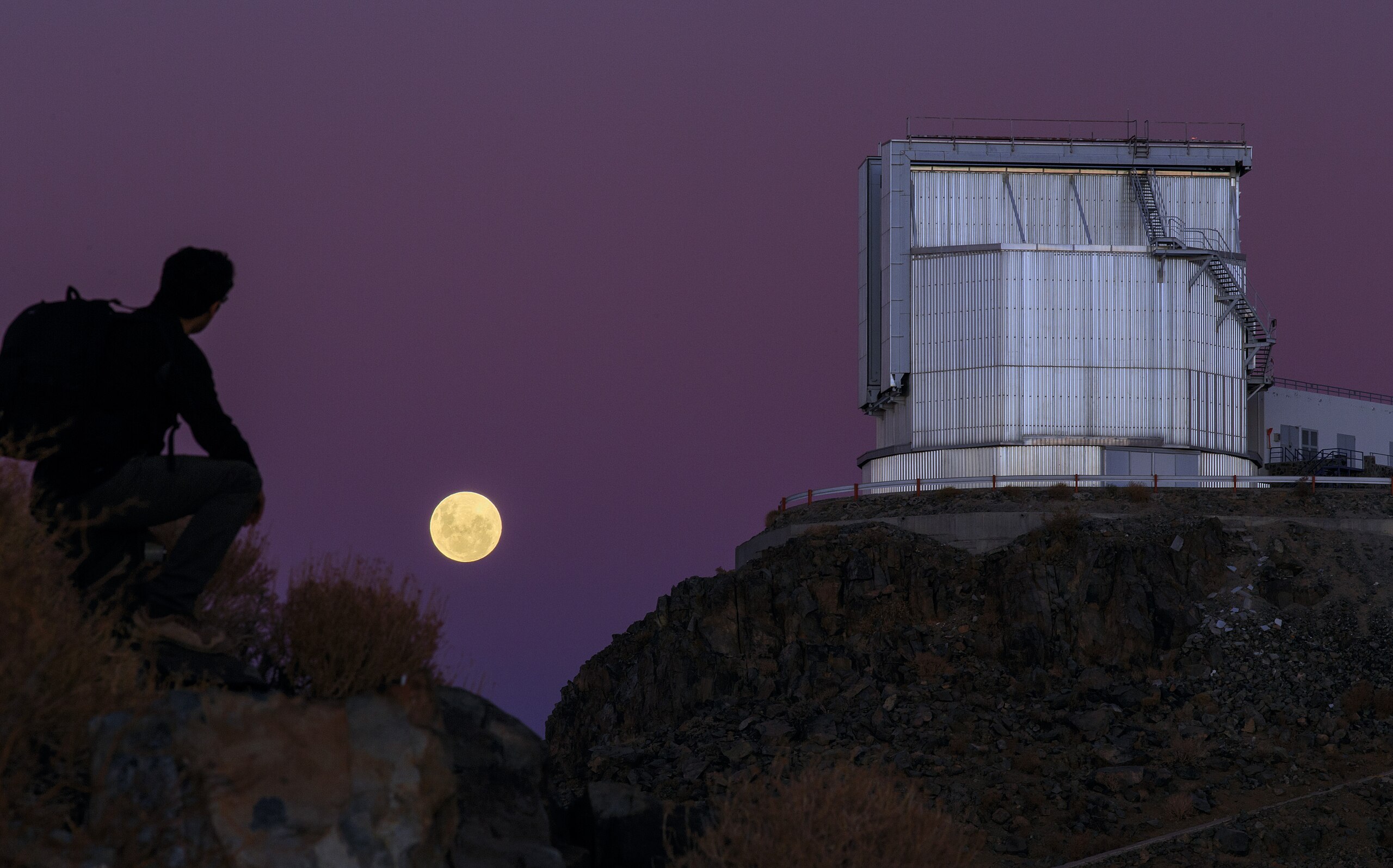

Reflections on Observational Astronomy in the Medieval Islamic Period authored by Dr. S. Mohammad Mozaffari is an essential volume in the history of astronomy shedding light on the comprehensive activities undertaken by Islamic astronomers in…
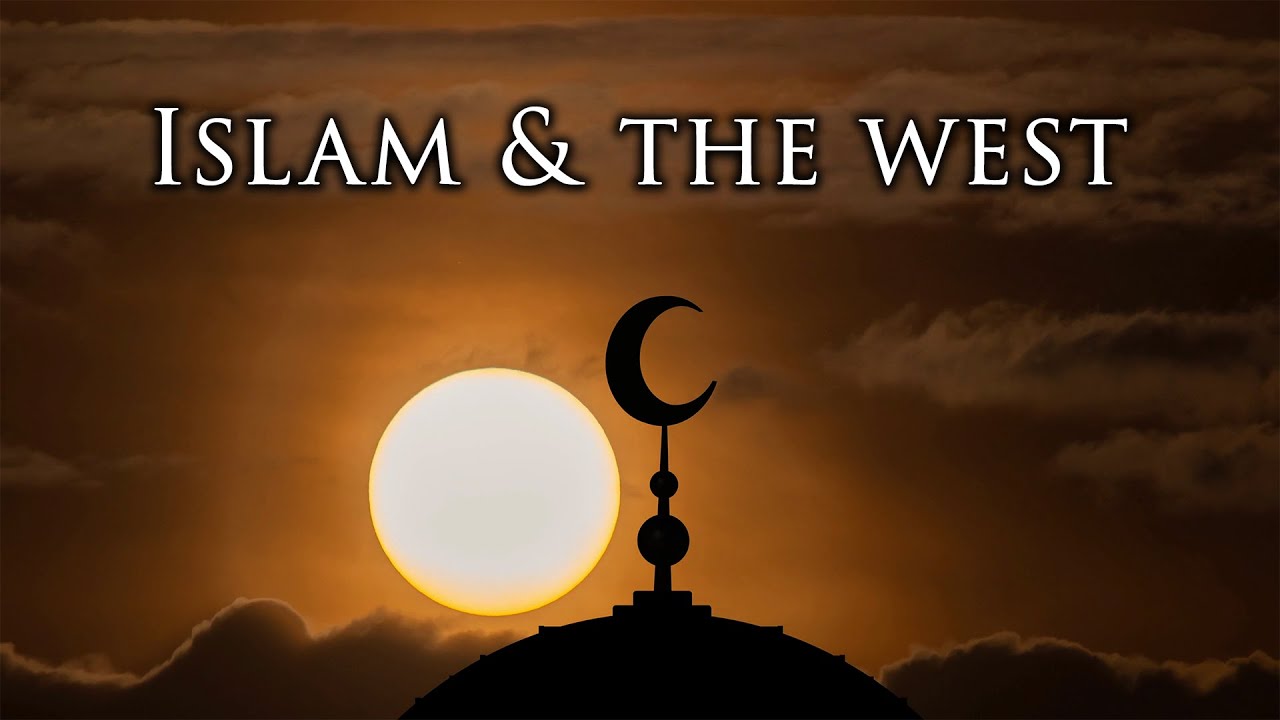

The video titled "Is Islam a Western Religion?" by Let's Talk Religion, a YouTube channel, explores the historical and cultural intersections between Islam and Western civilisation. The host, Filip Holm, who holds a master’s degree…
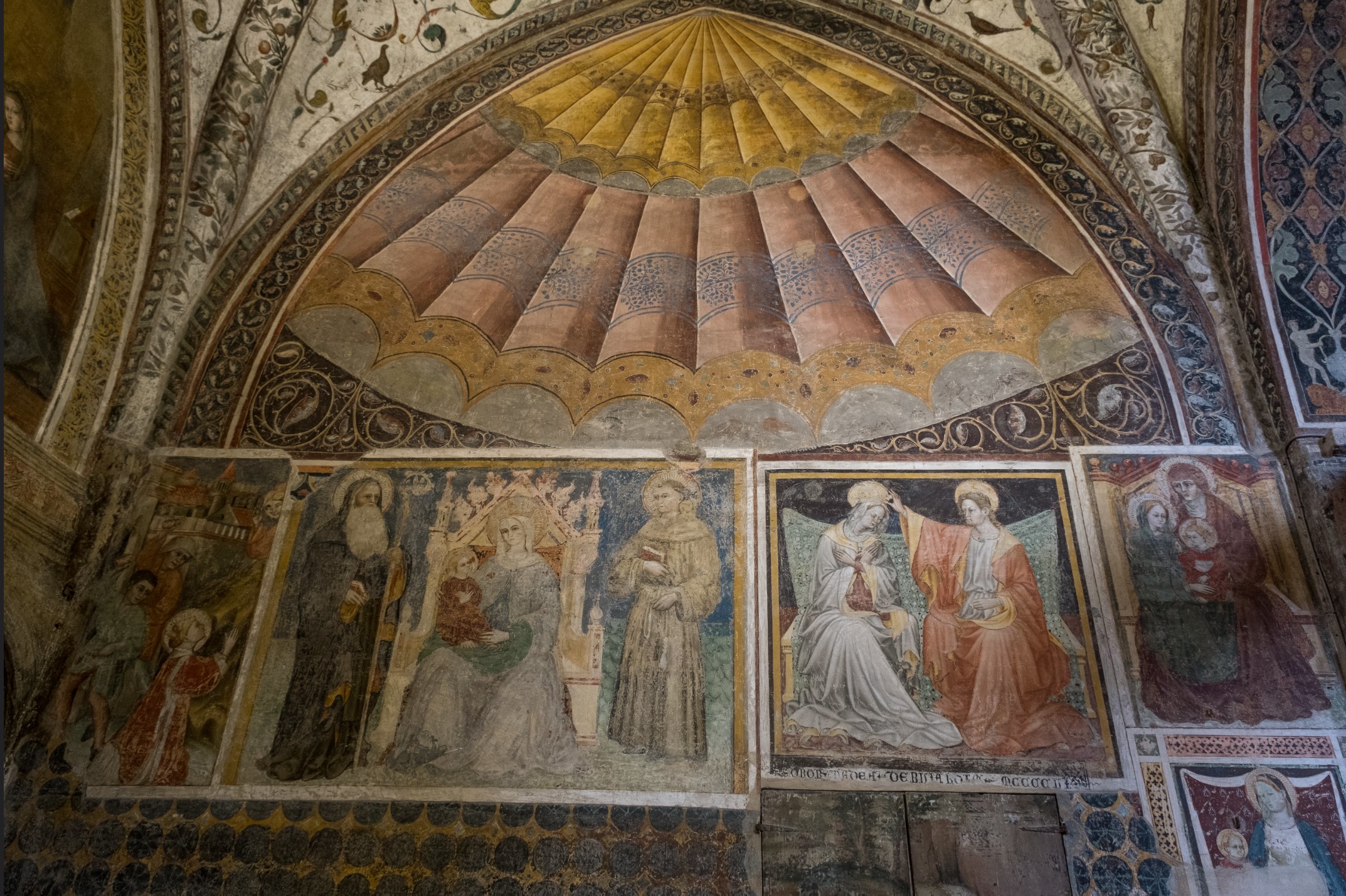

The rediscovery of a 13th-century fresco in Ferrara, Italy, has generated significant interest online. This article not only provides further context for the discovery but also explores why such findings evoke surprise and fascination. The…
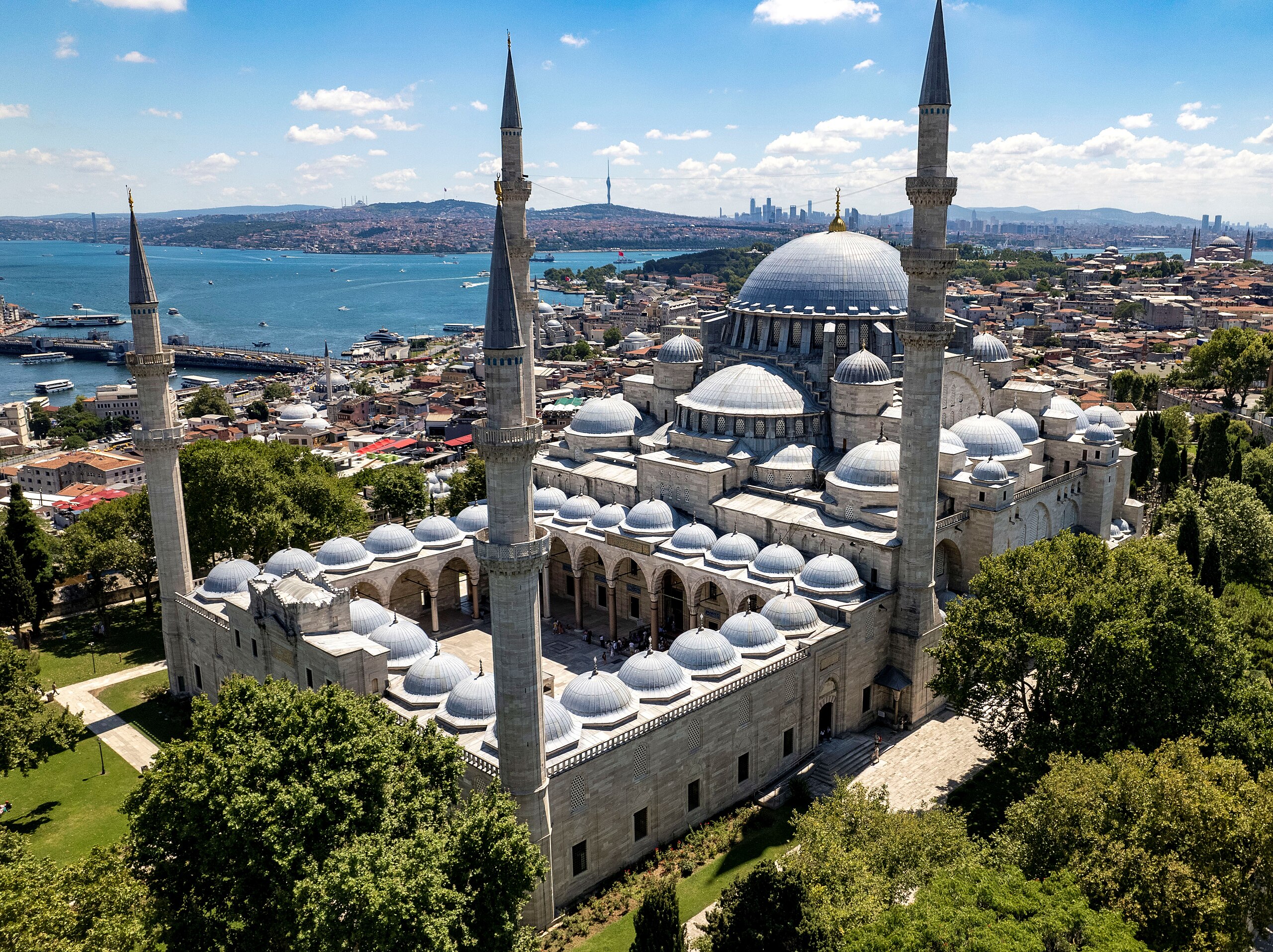

New Building Methods that Exalted the Heavens
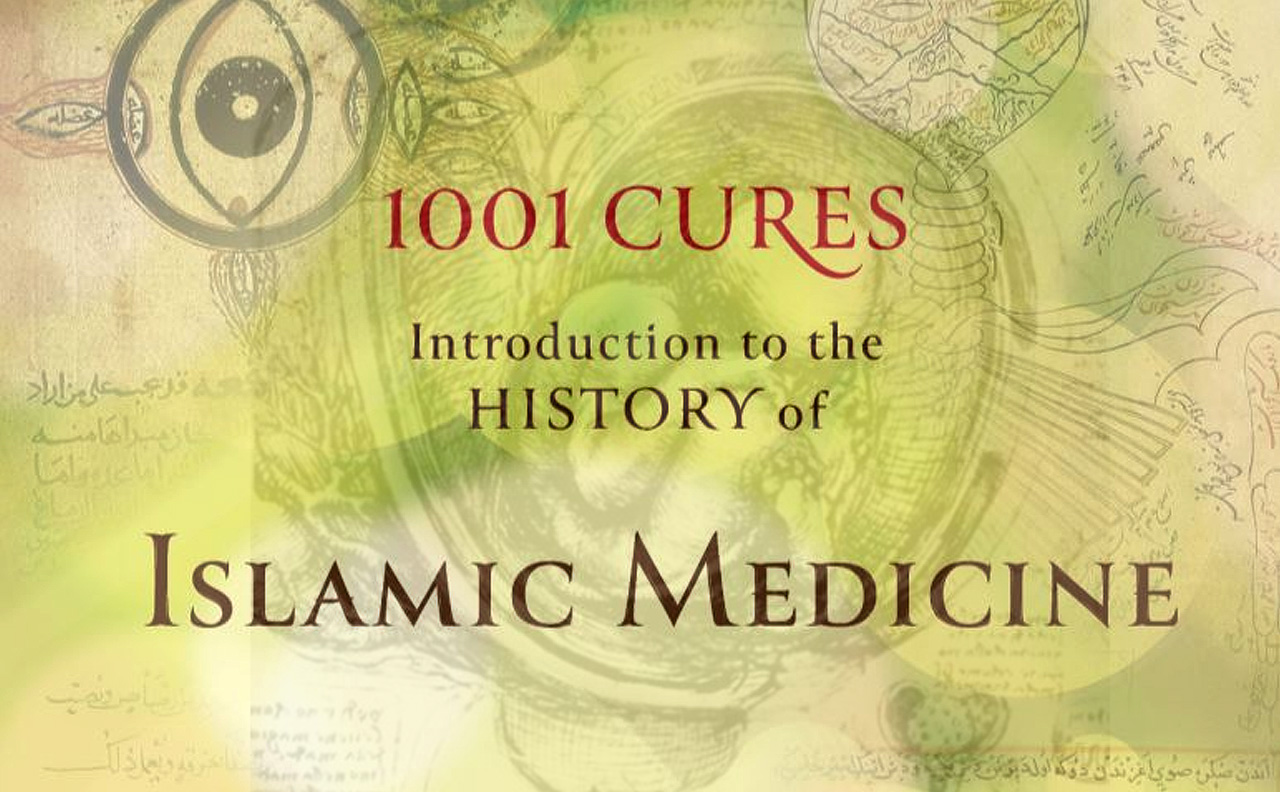

The medical scholars during the medieval Islamic era placed great emphasis on the value of dissection and the knowledge of anatomy for the diagnosis of affected organs, the relationships of the organs to one another…
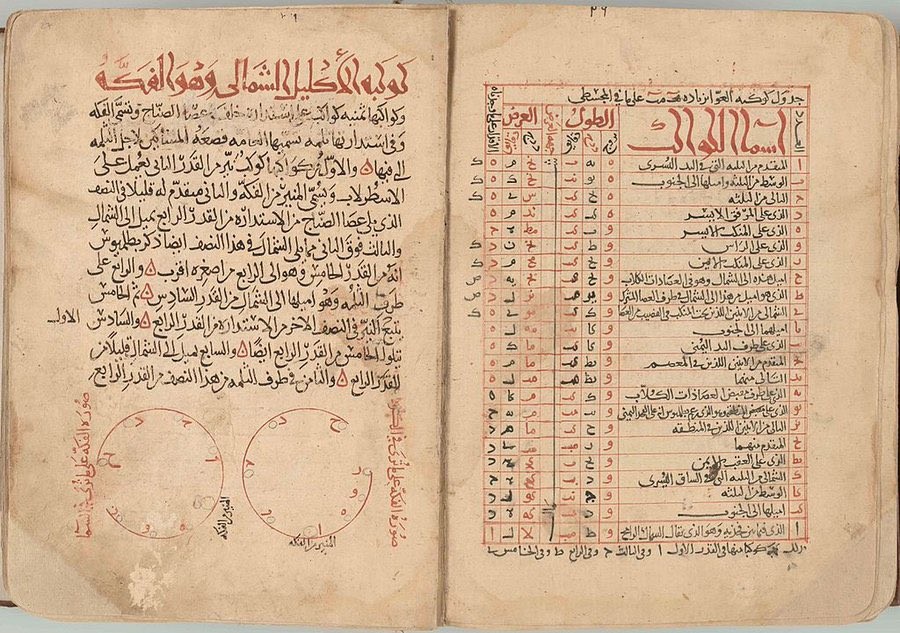

Did Copernicus borrow his cosmological theory from an earlier Muslim scientist? New research reveals that the cosmological model developed by Nicolaus Copernicus, the renowned European Renaissance polymath, closely resembles one designed by an Arab astronomer…
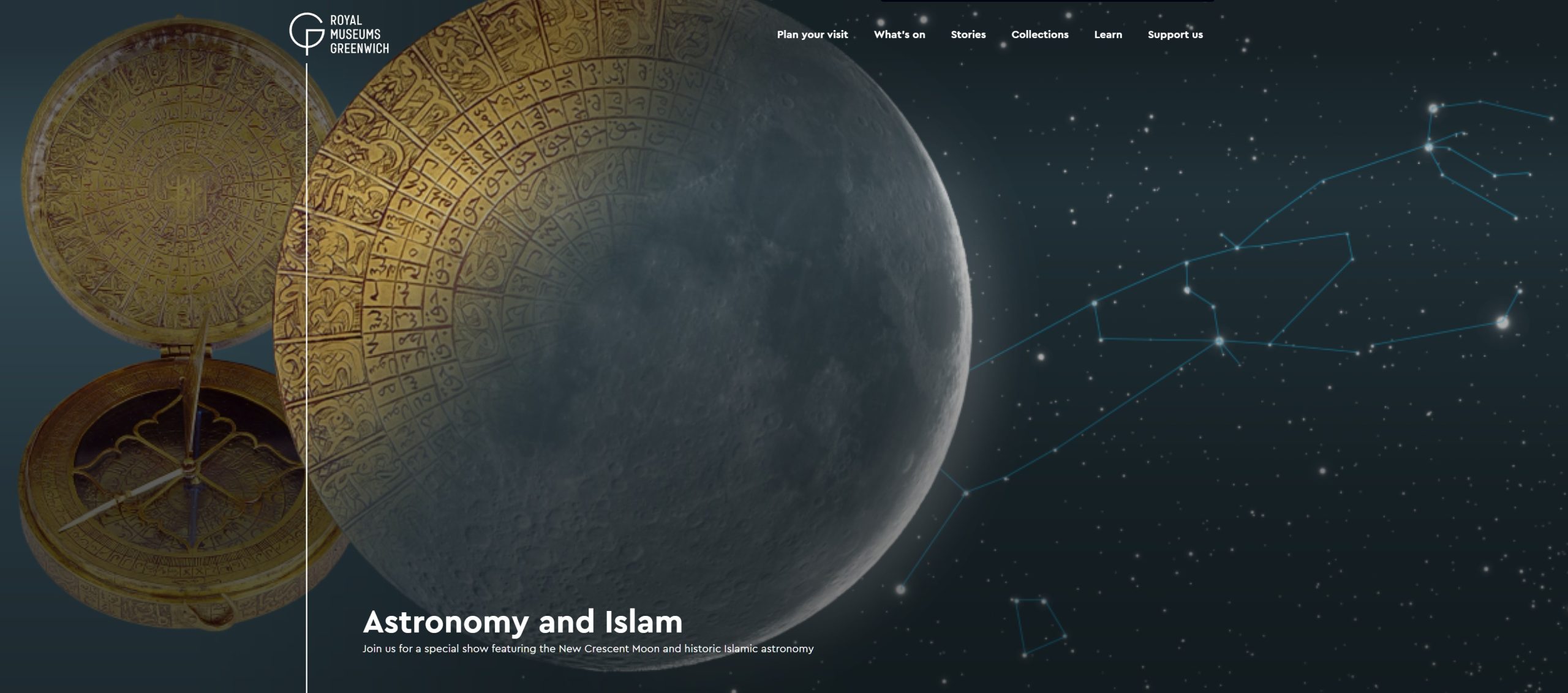

Starting on the 26th April 2025, the Royal Observatory Greenwich will host a programme of planetarium shows celebrating the Muslim world’s contributions to astronomy.
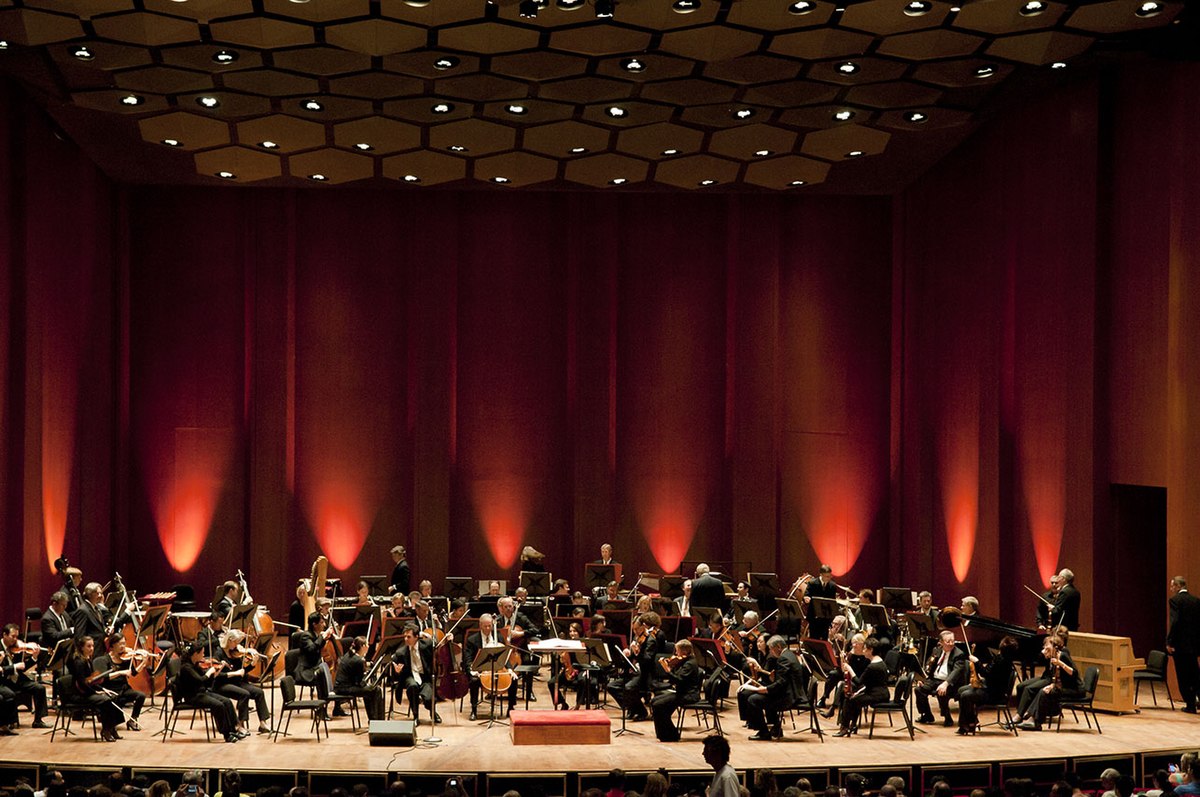

On March 14th, 15th and 16th, the Houston Symphony premiered Professor Karim Al-Zand’s newest composition, Al-Jazari’s Ingenious Clocks, a musical tribute to the elaborate timepieces crafted by a 12th-century inventor. The fairy-tale themed program also…
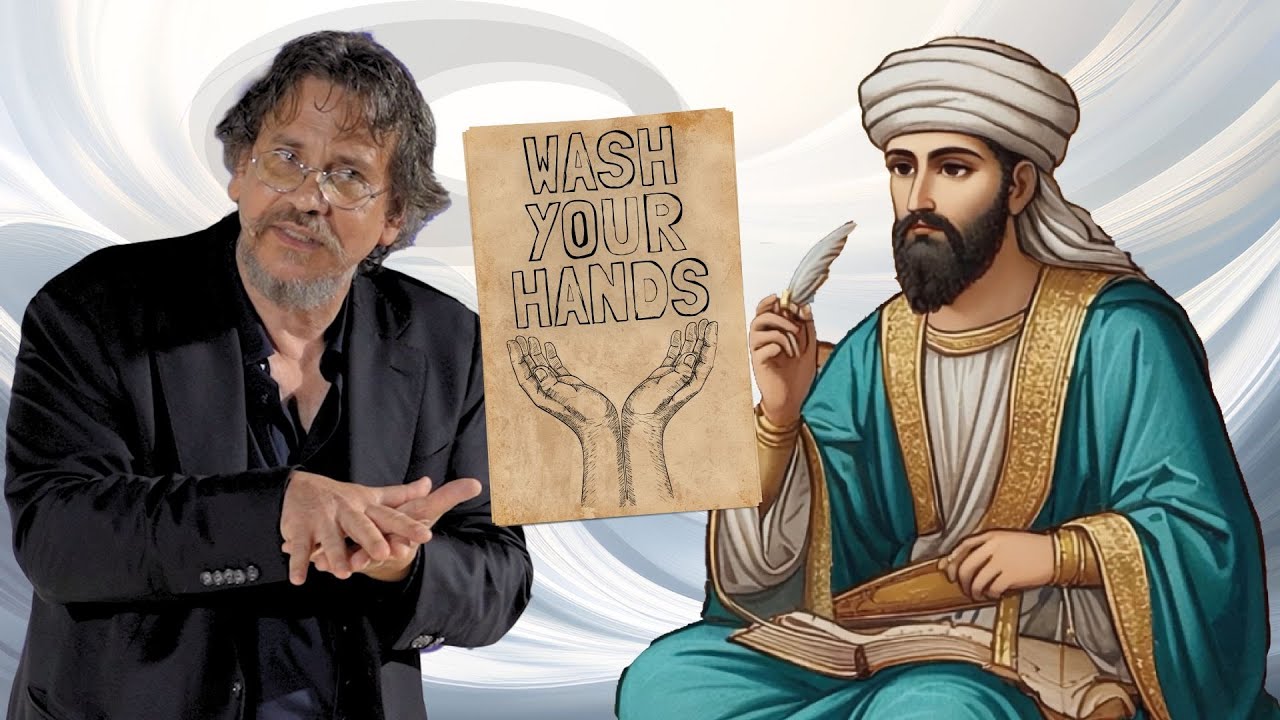

The 1,000-year Legacy of Ibn Sina is Dr. Roy's first lecture for the Museum of the Future's Lessons from the Past (2025). This collaboration between the Museum of the Future and Dr. Roy aims to…
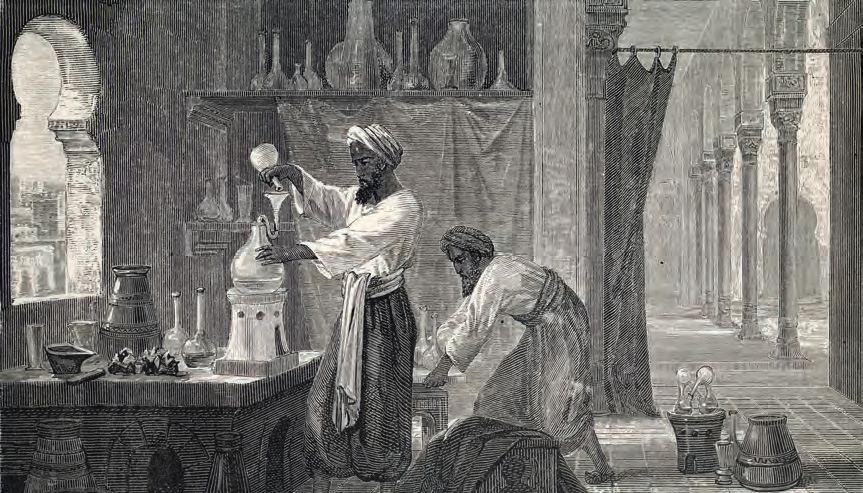

From rose water to hair dye, soap to paint, early chemists worked to create a panoply of useful substances. As early as the middle of the ninth century, experimenters in Muslim civilisation were aware of…
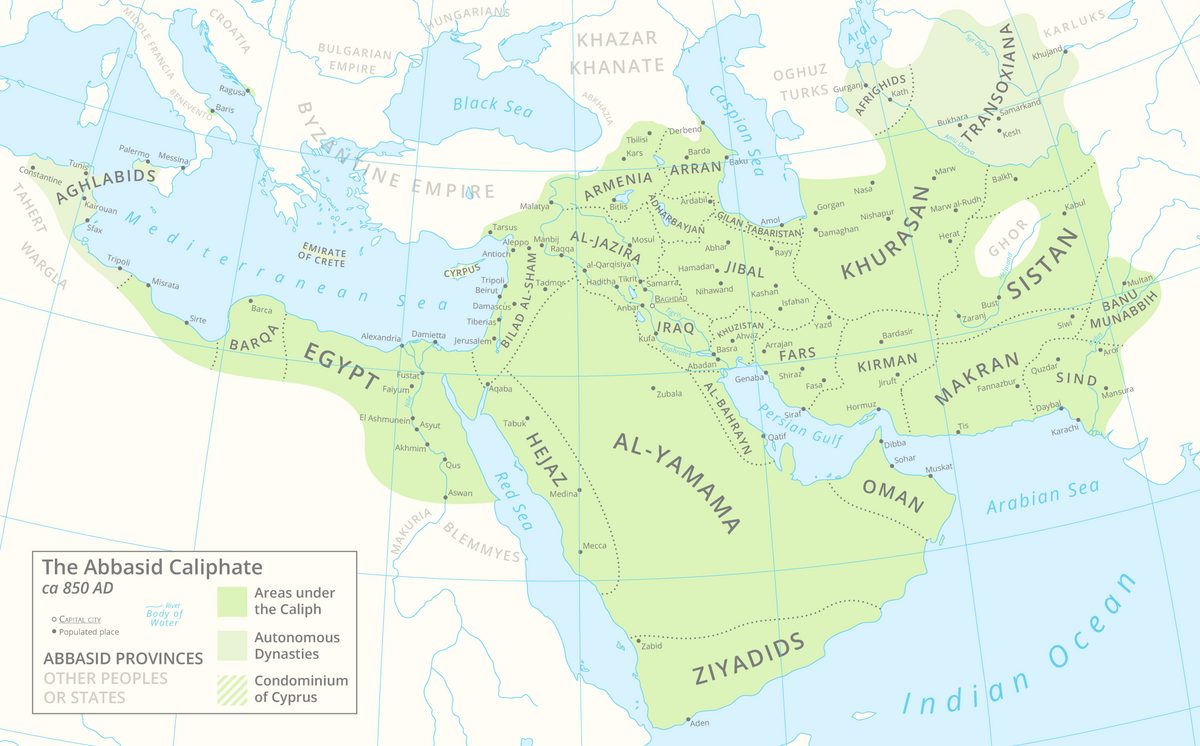

A history of Muslims’ contribution to present-day science and technology is exploring the missing account of their glorious past. Muslims integrated science, theology, and philosophy as they were urged to study, acquire knowledge, and learn…
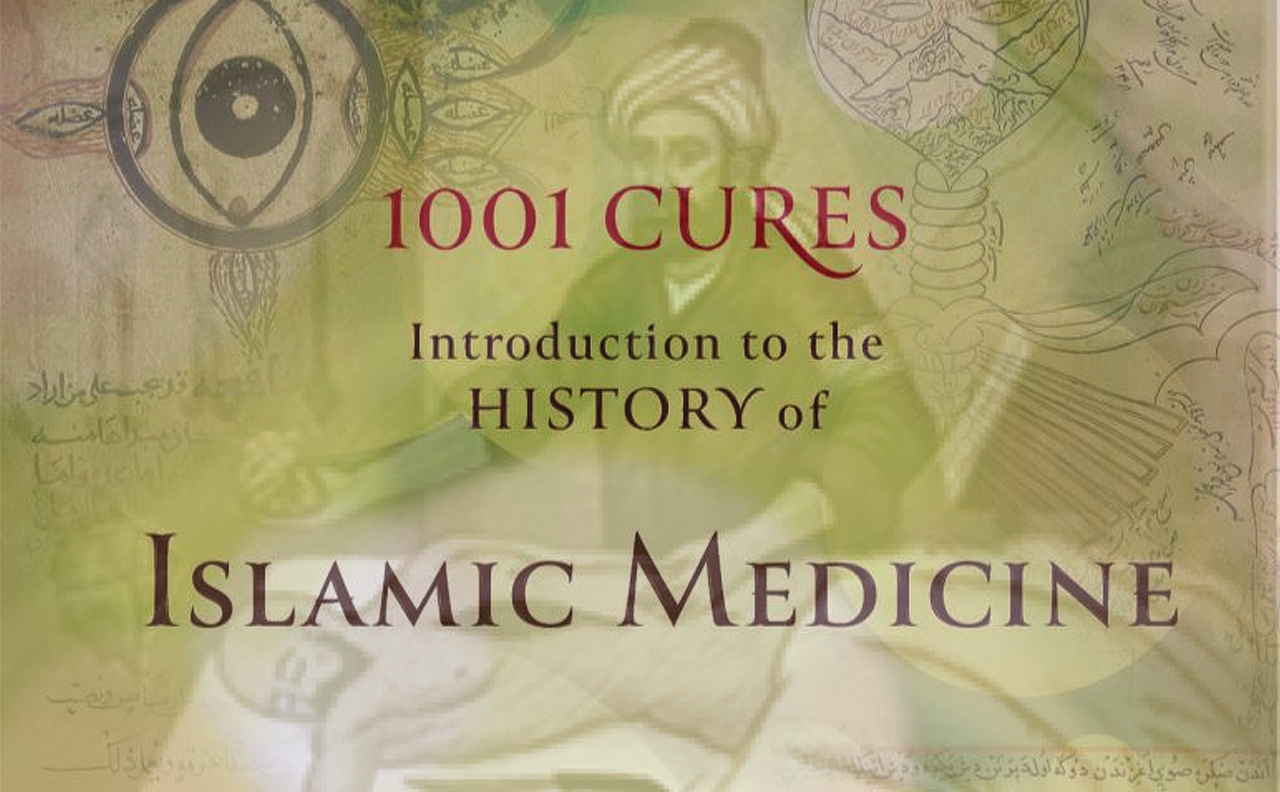

The medical scholars during the medieval Islamic era placed great emphasis on the value of dissection and the knowledge of anatomy for the diagnosis of affected organs, the relationships of the organs to one another…
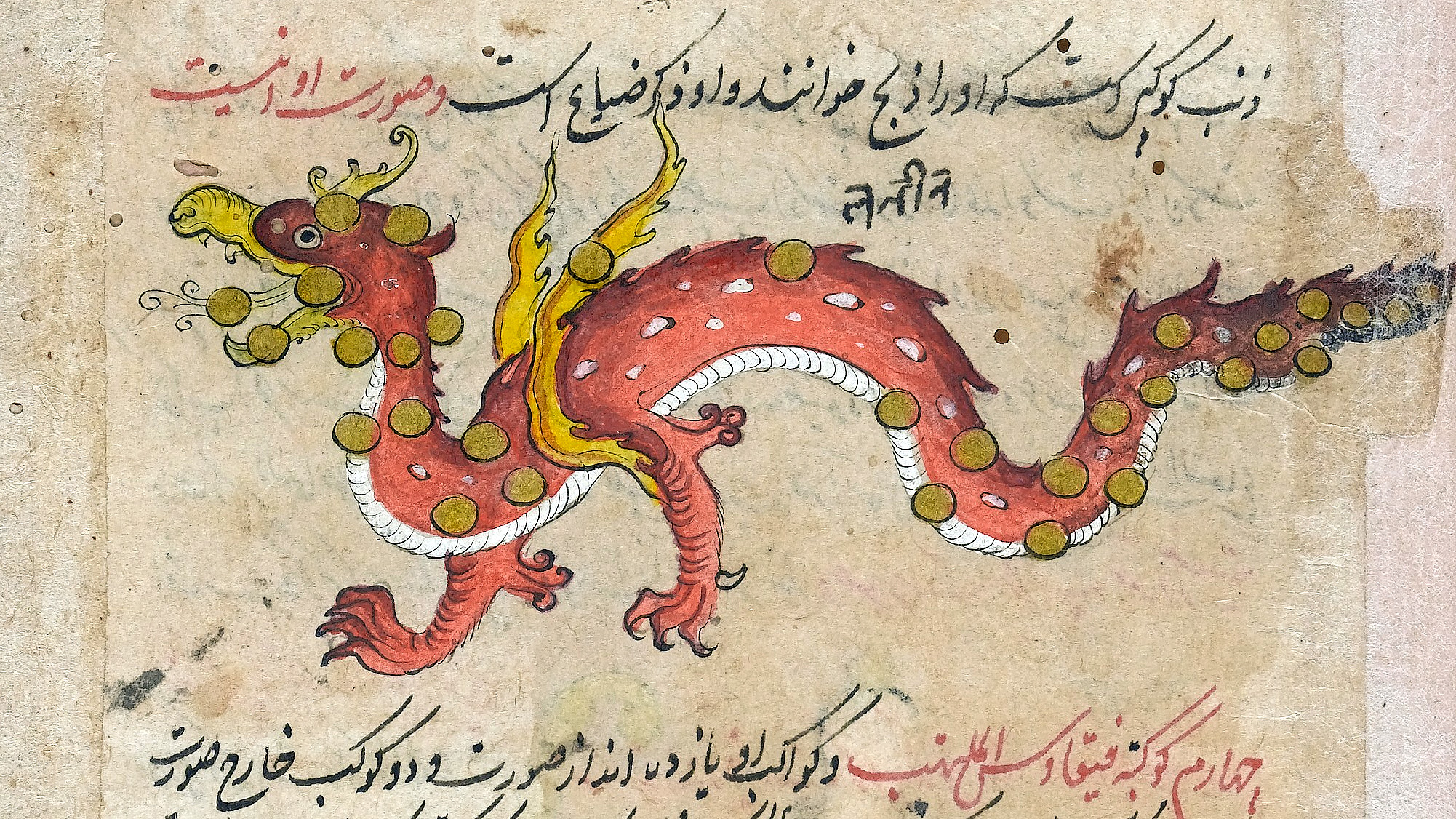

This chapter is organised in the following manner. Section one gives a brief overview about important periods in the history of Islamic Astronomy. This is done in order to highlight the significance of choosing to…
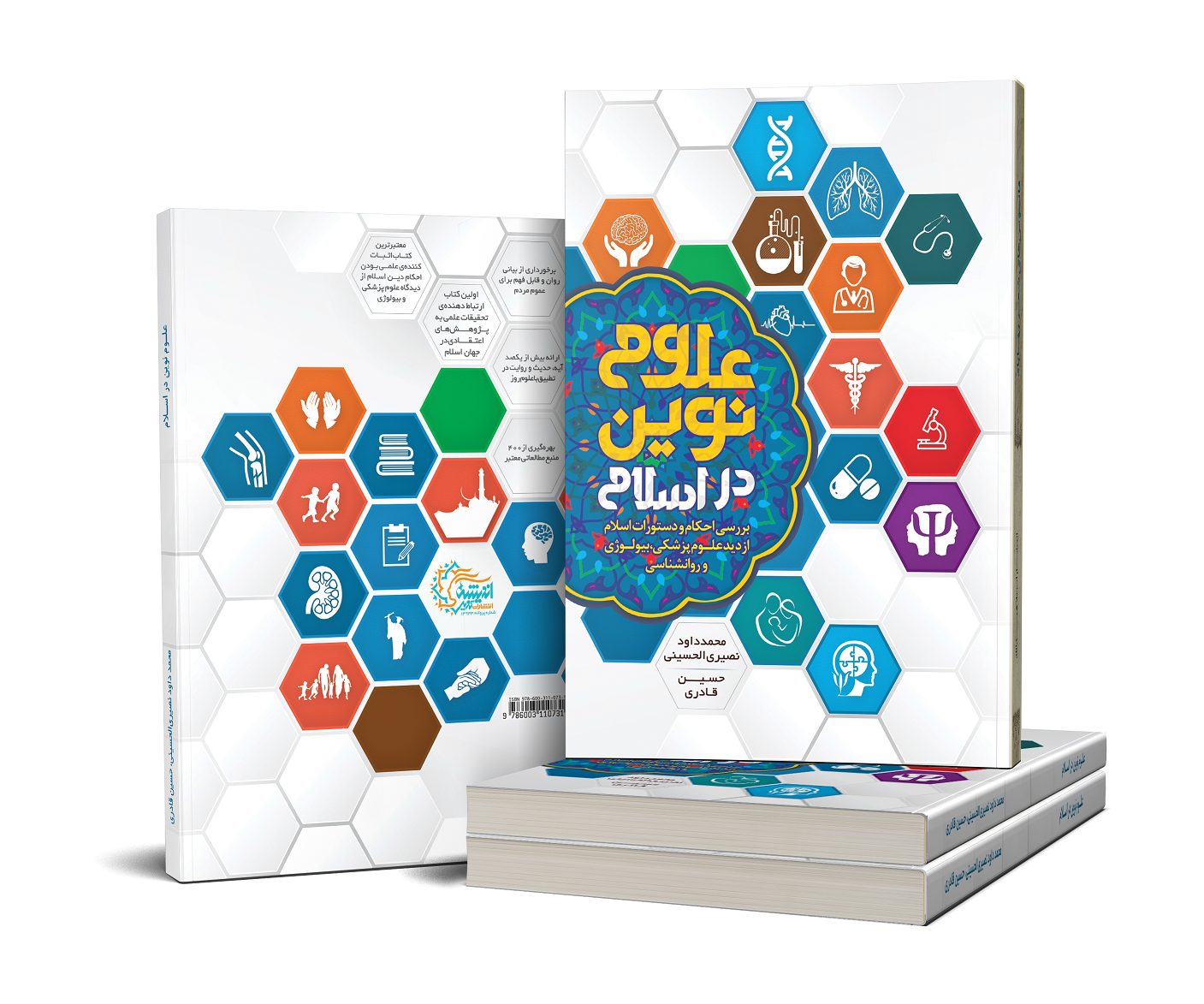

From the eighth century, Muslims developed not only their knowledge in the field of theology, but also astronomy, mathematics, chemistry, medicine and other sciences. It is in the nature of Islam to encourage understanding and…


Arib Ibn Sa'id was born circa 912 to a Muwallad family in what is now Córdoba province. His father had adopted the name of Sa'id after one of the members of the noble Arab family…
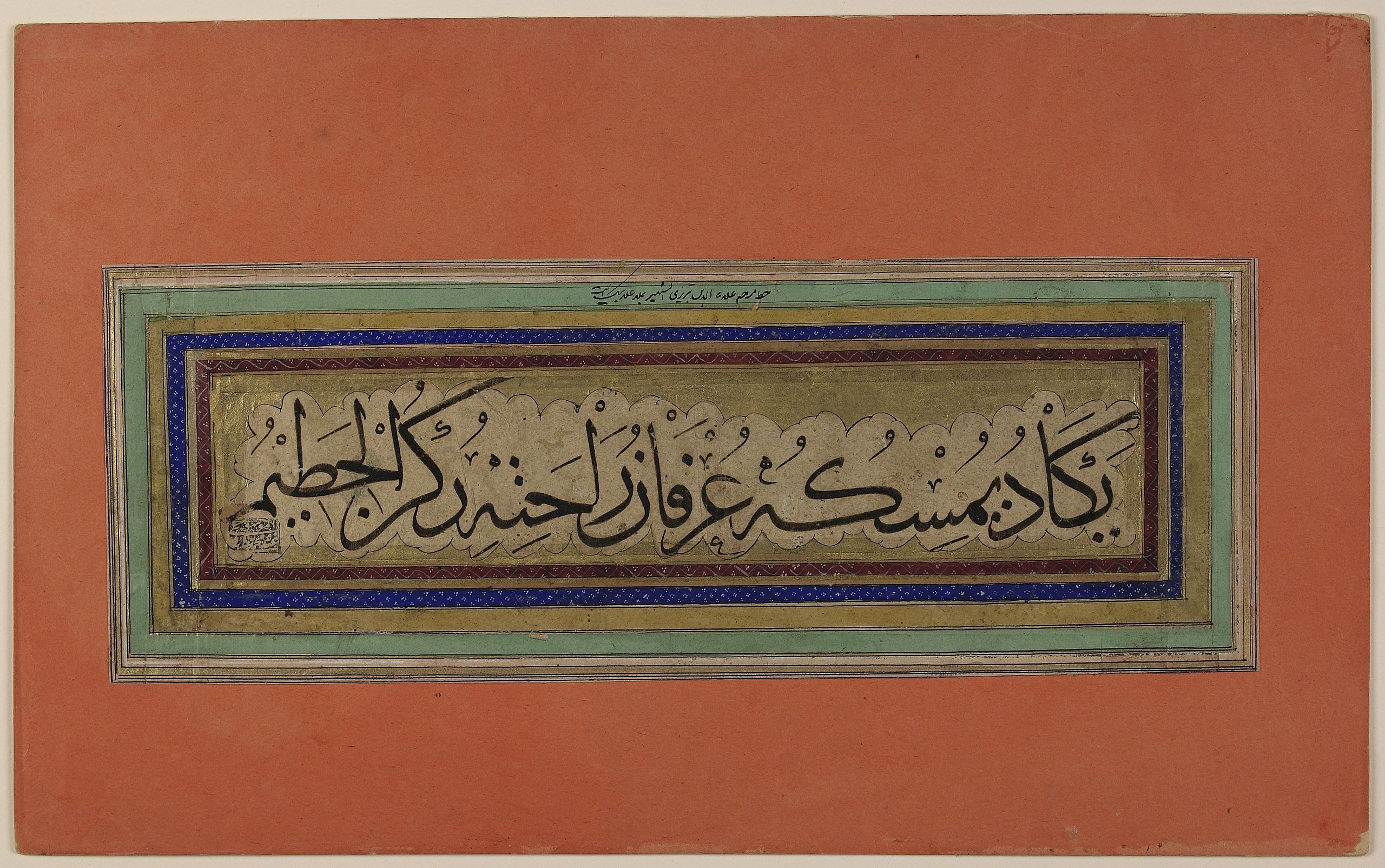

Muslim scientists developed their own perceptions, meanings, and worldviews of knowledge that differ drastically from those prevalent in the West.


To celebrate International Women’s Day on the 8th March, there is no better way than to reproduce a collection of articles written by FSTC scholars and associates on the achievements of women in Muslim Heritage…


This article reviews the two lost works by the Greek mathematician Apollonius (262 BC–190 BC), which have been preserved in an Arabic manuscript housed at the Leiden University Libraries in the Netherlands. The findings are…


This article is a summarised transcript of a webinar given on 1st January 2025 by Professor Salim Al-Hassani, Emeritus Professor of the University of Manchester and President of the Foundation for Science, Technology and Civilisation…
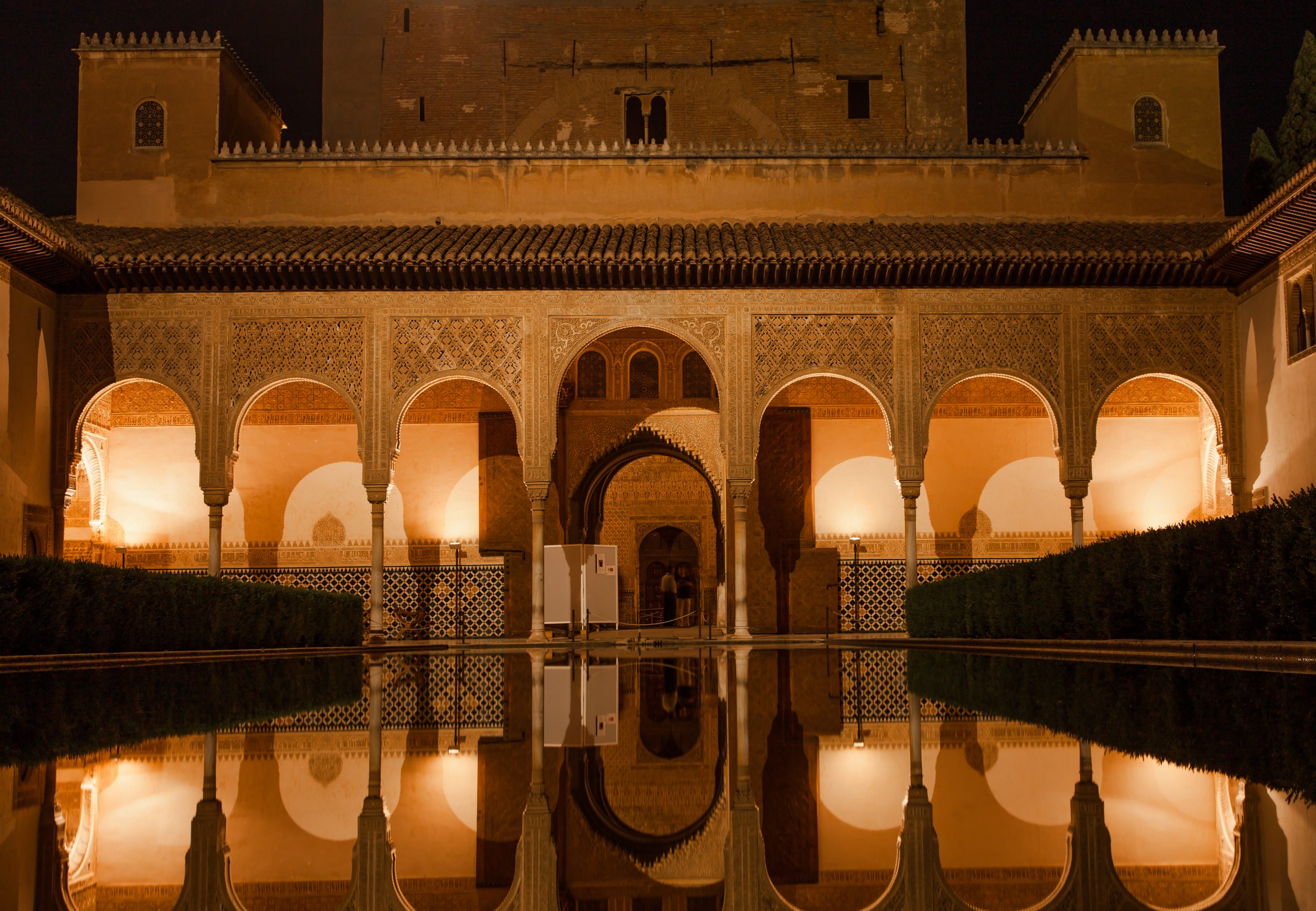

This article explores the diverse and historically rooted approaches used by Muslim communities to allocate and distribute water among various users and sectors, drawing upon Islamic principles, communal traditions, and evolving legal frameworks to balance…


The original English version of my paper “Faces of the Kaaba” presented below first saw the light some 40 years ago. It appeared in the popular magazine The Sciences, published by the New York Academy…


The Islamic architectural heritage of the Ottomans in Sarajevo experienced significant fluctuations, particularly following the Ottomans' exit from Bosnia in 1878 and the subsequent Austro-Hungarian occupation. In the later stages, the Islamic character of the…


The issue of desalination of salt water has captured the attention of many scientists of Islamic civilization due to the suffering of people who lived in dry areas with scarce fresh water and rain resources.…


This research paper explores the role of waqf (Islamic endowment) in sustainable water management across various Muslim civilizations, highlighting its historical significance and enduring impact. Throughout Islamic history, waqf has been a powerful tool for…


From 1457 to 1936, 107 mosques were built in Sarajevo. Out of these, 43 mosques had stone minarets, while the remaining mosques had wooden minarets. Among them, there were only eight domed mosques - seven…


With the Ottomans' arrival in Bosnia, the general identity of Islamic architecture was already established, and the specific Ottoman Islamic architectural style was beginning to take shape. This transition from a formative stage to a…


One of the most salient facets of Islamic architecture is its intricate decoration, which envelops building surfaces with symmetrical patterns and elaborate designs. These surfaces end up resembling carpets or – to quote Ibn Khaldun…


Ibn al-Haytham (d. 1040) was a Muslim polymath specializing in mathematics, astronomy and physics. He made remarkable contributions to the principles of optics, vision and light. His most outstanding book was “Book of Optics”, which…
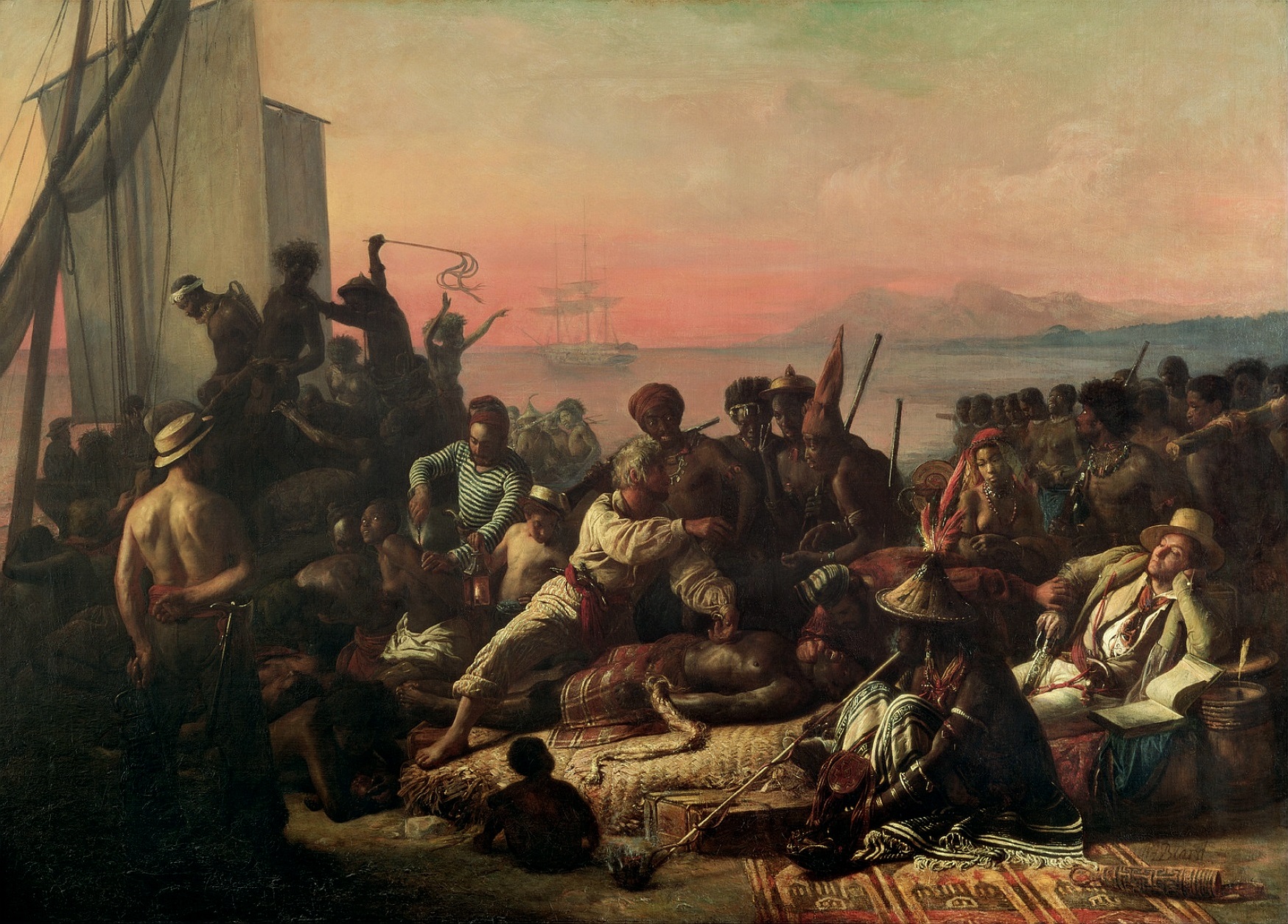

"United Nations (UN) General Assembly Resolution 62/122 that established the Outreach Programme on the transatlantic slave trade and slavery, also designated 25 March as the annual International Day of Remembrance of the Victims of Slavery…


Water is life... there are a few things that every human being agrees with. One of them is of course water being essential to our life. It is embedded not just biologically but in every…


This paper delves into the rich tapestry of Muslim heritage and civilization, exploring the multifaceted contributions related to water management that have shaped cultures, sciences, arts, and societies across time and geography. This study aims…


Ibn al-Zarqālluh (al-Andalus, d. 1100) introduced a new inequality in the longitudinal motion of the Moon into Ptolemy’s lunar model with the amplitude of 24′, which periodically changes in terms of a sine function with…
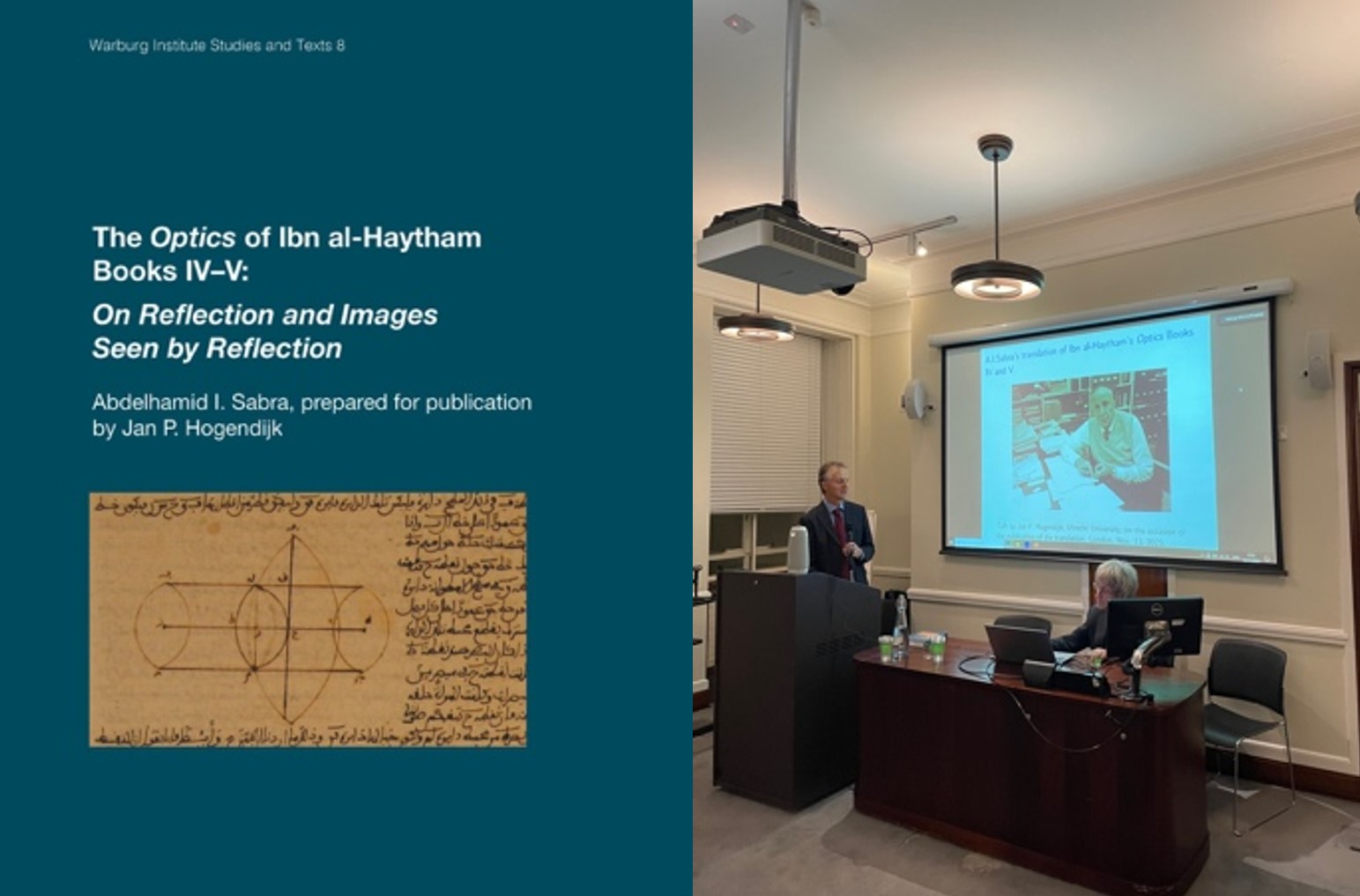

On Monday 13 November 2023, a book launch was hosted by the Warburg Institute, London, for The Optics of Ibn al-Haytham Books IV-V: On Reflection and Images Seen by Reflection, translated by Abdelhamid I. Sabra…


The conference was held at Midyat Municipality conference Hall, Mardin, hosting a large audience. The various machines invented by Al-Jazari can be found in this video. The machines were reproduced using 3D animations.
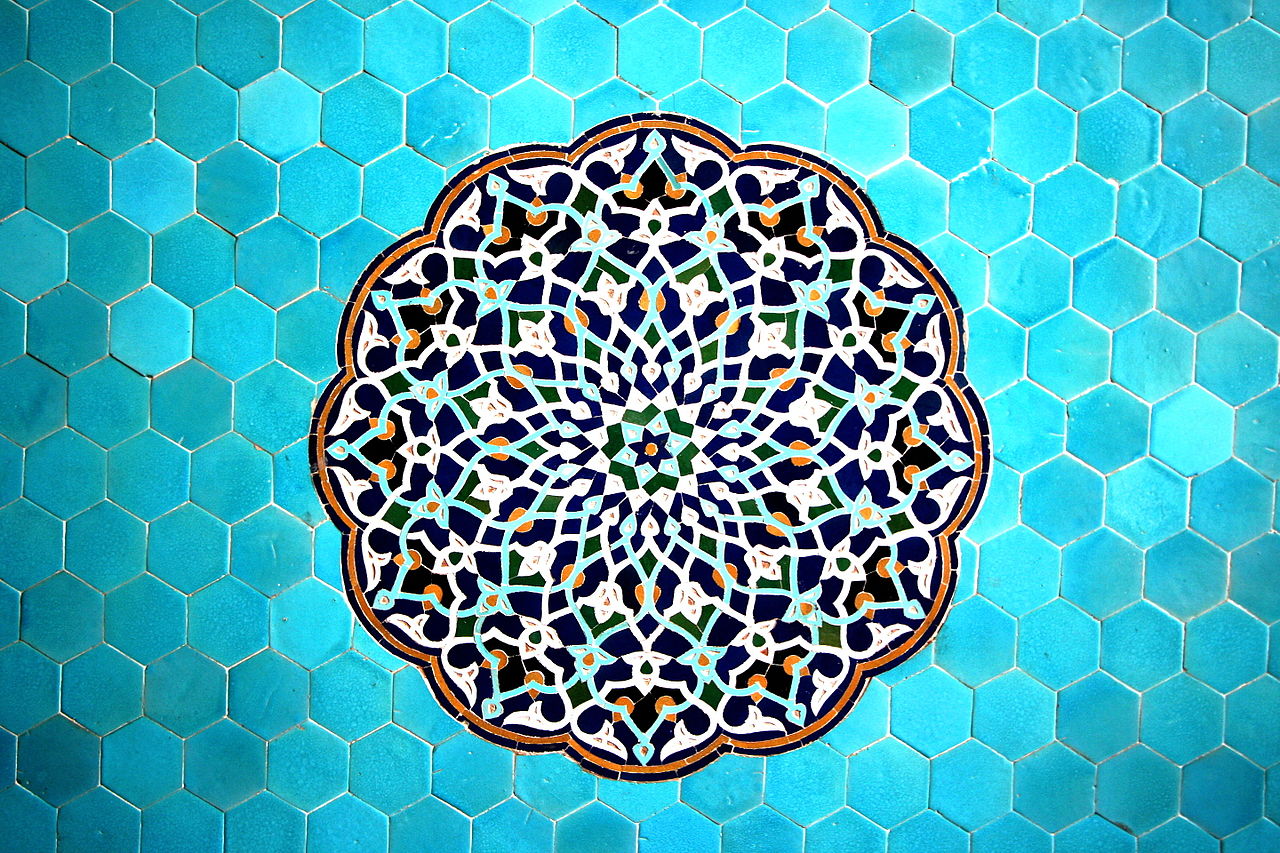

A richly illustrated history and sourcebook spanning the world of Islamic architecture
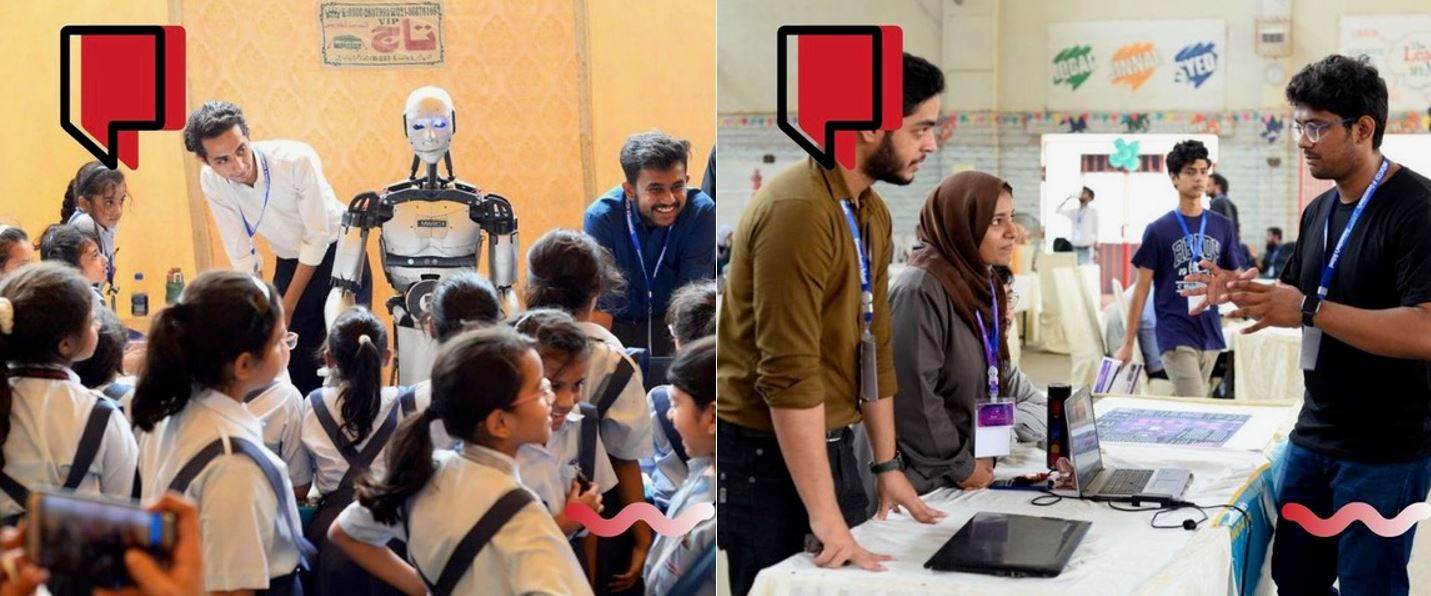

We were honoured to host Prof. Salim Al-Hassani to address our Innovation’s Fair, 22 September 2023. Here is a recording of his inspirational description of his fascinating journey and experiences. His speech was instrumental to…


This article explores the historic Levantine hajj route to Makkah by studying various historical-geographical sources that describe the stations on the route. A map is provided of the historical route. The author’s research seeks to…
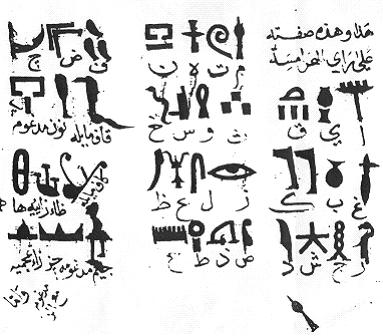

The demonstration that Medieval people from Muslim Civilisation were interested in, had knowledge of and attempted to interpret the culture of Ancient Egypt: To show the relevance of these materials to the study of Ancient…


This paper examines two eighteenth-century letters penned by English travellers to the provinces of the Ottoman sultanate who recorded the procedure of inoculation practiced widely by old women in response to the smallpox epidemic. Inoculation…


The Optics (kitāb al-Manāzir or Perspectiva/De aspectibus of Abū ʿAlī ibn al-Haytham al-Ḥasan ibn al-Ḥasan (ca. 965-1040) is one of the foundational works in the history of science. It was written between 1028 and 1038 in…


This exhibition was born out of an idea to showcase some of Middle Temple Library’s lesser-known printed and manuscript codices that embody the presence of the Arabic and Islamic worlds across Europe between the fourteenth…
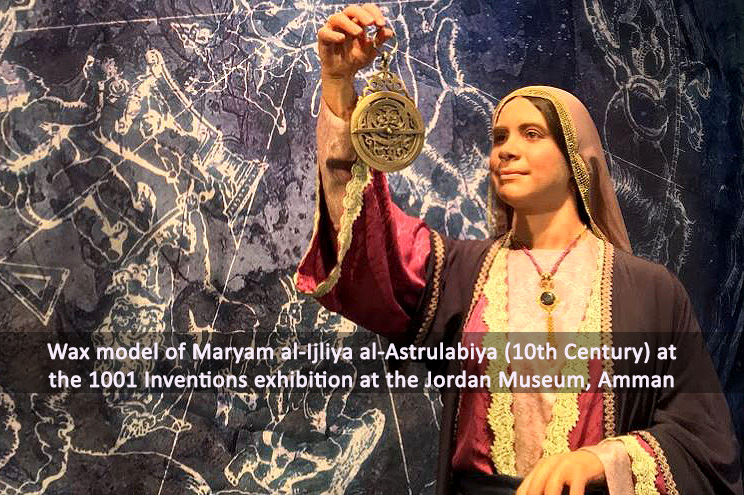

A summarised transcript* of the lecture given for the Ijtimak Ilmuwan Islam Antarabangsa (International Conference of Muslim Scholars). Organised by the Institute of Islamic Understanding Malaysia (IKIM) and Sarawak Islamic Council – MIS on 25-26…


In early civilizations, technology developed independently from philosophical ideas and scientific theorems. Different civilizations have participated in the evolution of technologies throughout history. Technological developments are elaborated by successive civilizations and transmitted with written documents.…


This article introduces the author’s book that demonstrates a long historical chronology of sophisticated technological advances from the Hellenistic Period through to Denis Papin’s first Steam Engine in 1690. A 2-millennium period of little progress…


This short article is a highlight of an online lecture recently given on 19 February 2023 by Professor Salim Al-Hassani, organised by FARDA (Future Awareness through Rational and Actions), Uppsala University, Sweden).


This paper explores the medical philanthropy of Rabia Gülnüş (pronounced Gulnush) Sultan in 17th century Makkah. To date, little study has been done on Gülnüş Sultan’s 1679 hospital waqfiyyat (deed of trust), despite the significance…


Infectious diseases have been the subject of much interest in the history of medicine. Significant concepts such as the development of germ and miasma theories have been widely studied and interpreted for diverse audiences. However,…
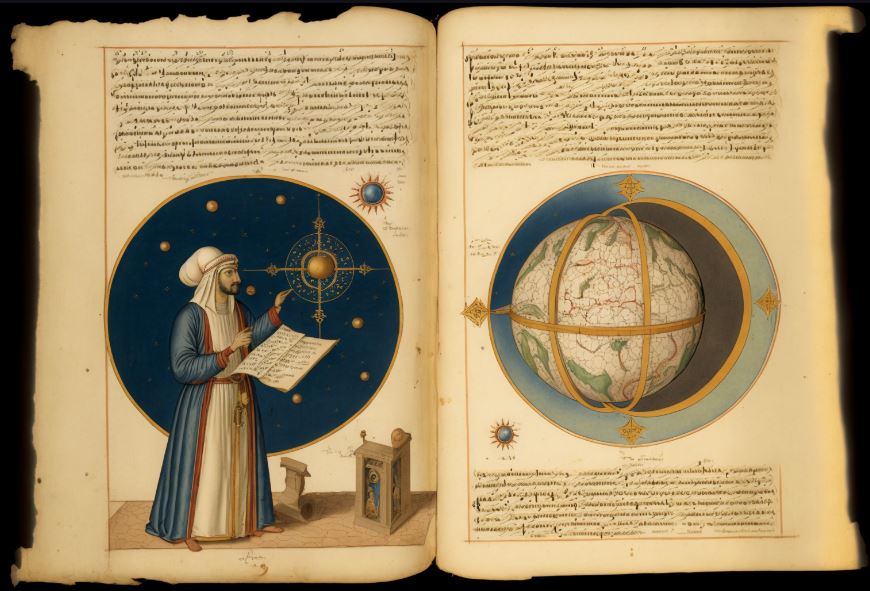

The history of science is a fundamental element in constructing a full understanding of the history of society. Furthermore, we must keep in mind that the globalization of ideas has occurred since ancient times, such…


Forward by HRH Prince Charles, now HM King Charles III, to the 3rd edition of the 1001 inventions book, published by National Geographic, 2012


The medical scholars during the medieval Islamic era placed great emphasis on the value of dissection and the knowledge of anatomy for the diagnosis of affected organs, the relationships of the organs to one another…
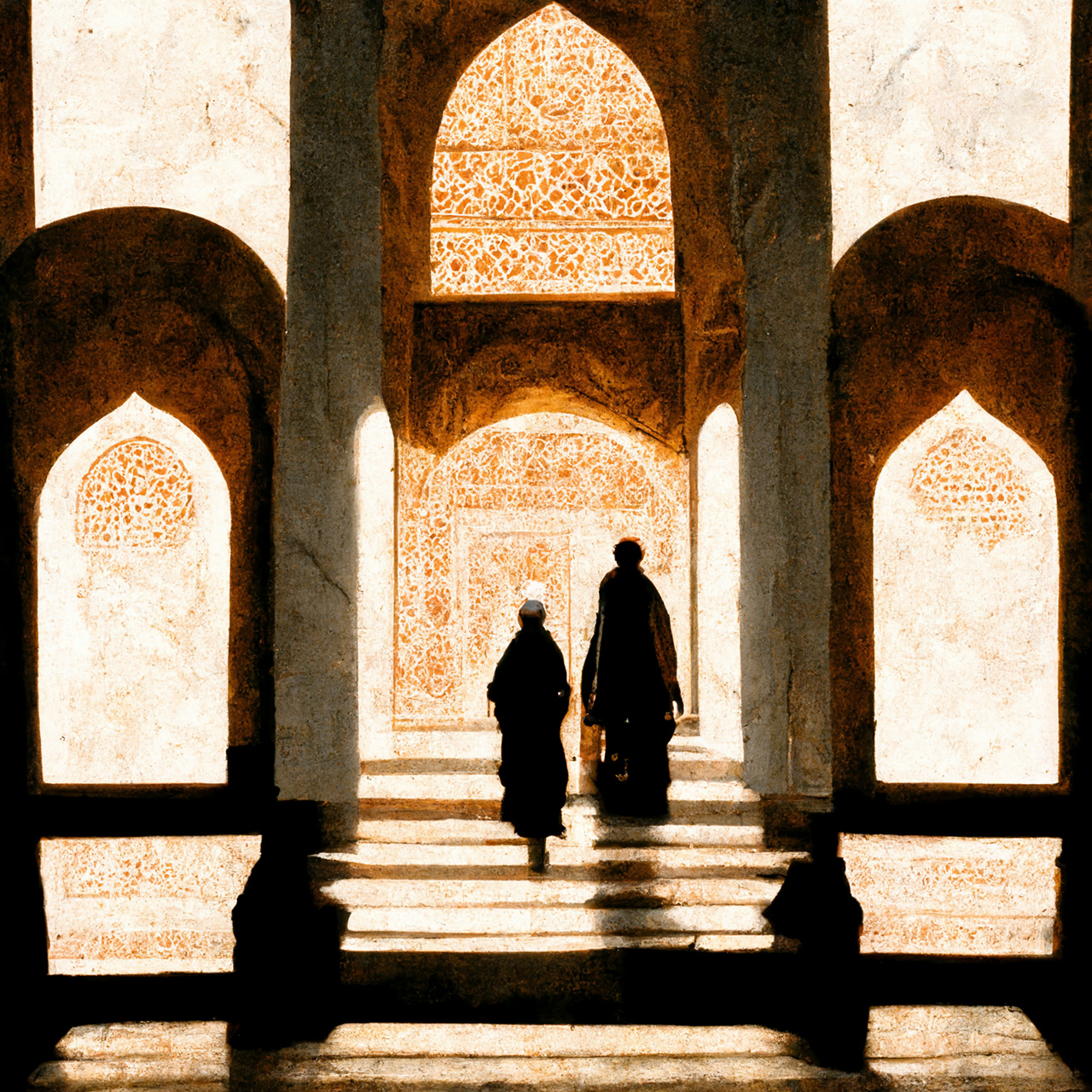

This paper examines the role of the private sector in the development of Muslim civilization. For over fourteen centuries, the private sector has remained active in the development of Muslim civilization, although to various degrees.…


Historical records on the clocks of Makkah (Mecca) are scarce. This paper brings together various scattered information from descriptions found in primary sources and from sketches found in old pilgrimage certificates, guides, and prayer books…


Human knowledge in all fields and disciplines has been developed over thousands of years, every new generation takes the knowledge discovered previously and either adds onto it or corrects any errors found within it. There…


Ibn Al-Bayṭār was a botanist who was active in the 13th century. He was born in the Andalusian city of Málaga and learned botany from the Málagan botanist Abū al-‘Abbās al-Nabātī, with whom he started…
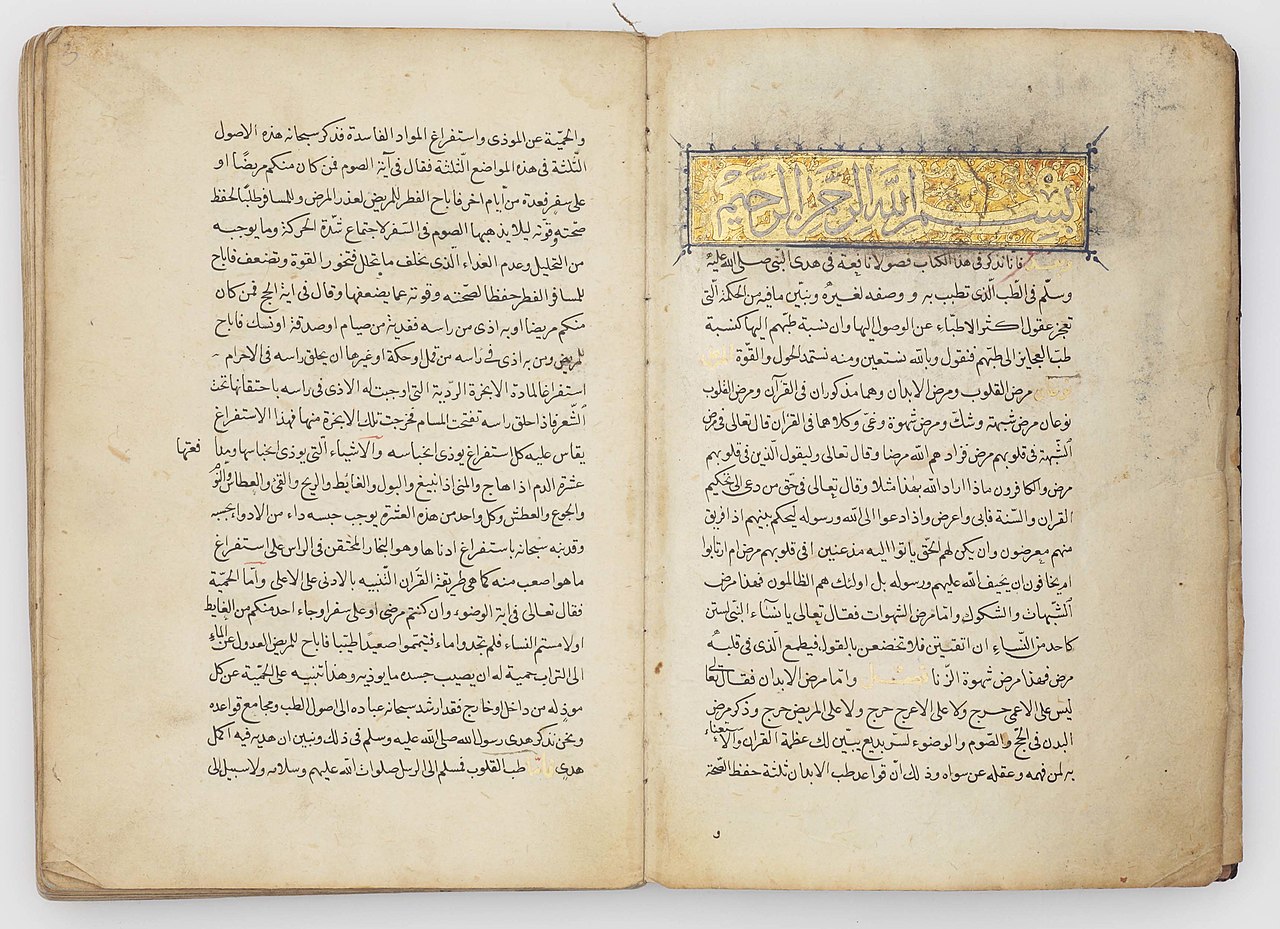

This paper sheds light on a rare Arabic pharmaceutical manuscript concerning simple medicaments entitled Tarjumān al-aṭibbā’ wa-lisān al-alibbā (The Interpreter of Physicians and the Language of the Wise concerning Simple Medicaments).


Medieval people from Muslim Civilisation, like many others, ate according to seasonal influences. Typical winter meals used vegetables such as sea kale, beets, cauliflower, turnips, parsnips, carrots, celery, peas, broad beans, lentils, chickpeas, olives, hard…


"The earliest surviving instance of sustained first-person travel narrative in Arabic."


Little known book, Kitab al-Asrar, by the Andalusian engineer Ibn Khalaf al-Muradi. In this treatise, Al-Muradi describes how to construct a wide variety of ingenious mechanical devices. Using written instructions and diagrams, al-Muradi’s work describes…


As in early modern Europe, most people in medieval Islamicate society received medical care from female family members. Contemporary male doctors viewed these women, who acted as nurses and midwives, as stiff competition, and so…


Cihānnümā is the summa of Ottoman geography and one of the axial texts of Islamic intellectual history. Kātib Çelebi (d. 1657) sought to combine the Islamic geographical tradition with the new European discoveries, atlases and…


Browse through selected images taken from Muslim Heritage articles related to Lifestyle...


Uzbekistan has embarked on a journey to identify, catalogue and showcase all art objects reflecting the country's cultural heritage that are scattered around the world. Once at the centre of the Great Silk Road, Uzbekistan…
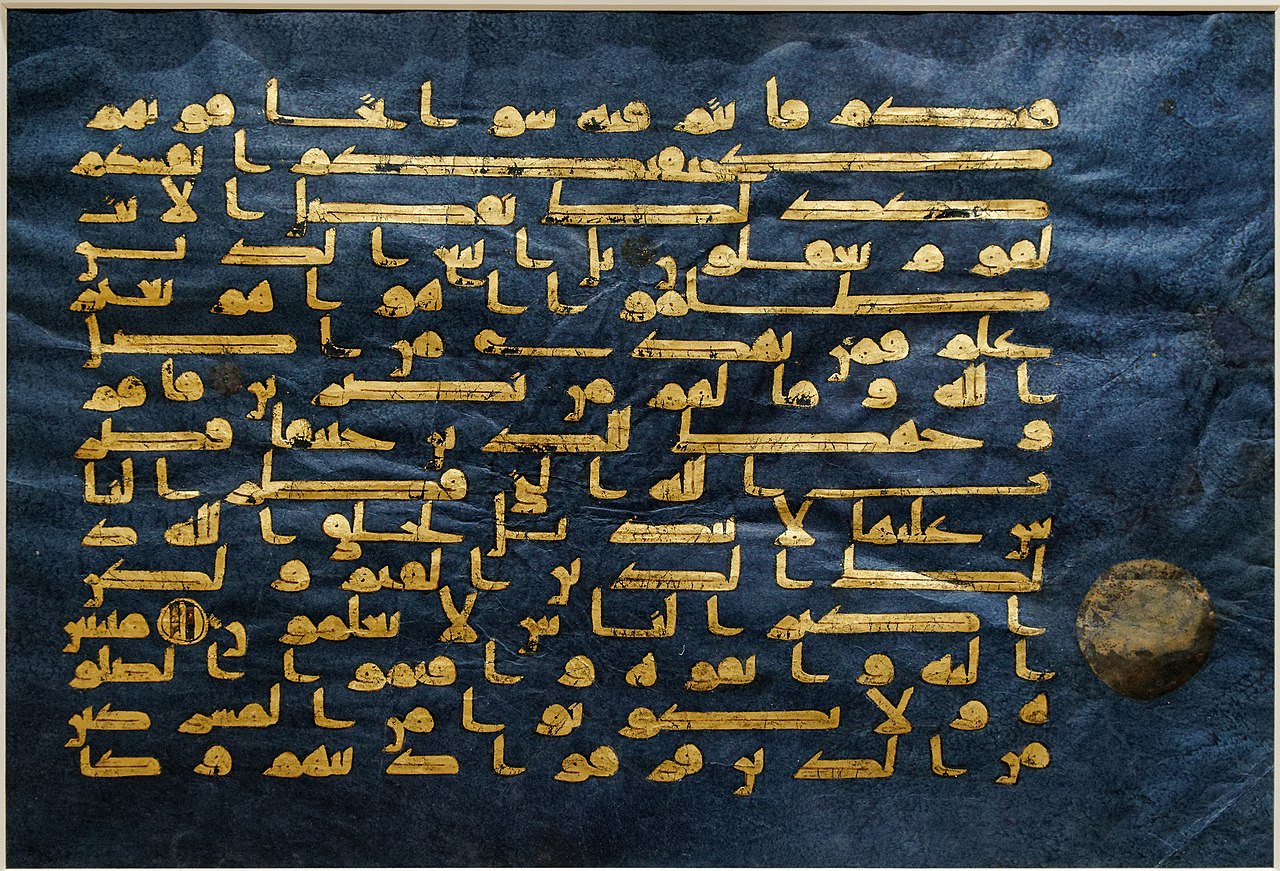

Arabic calligraphy is the artistic practice of handwriting Arabic script in a fluid manner to convey harmony, grace and beauty. Its fluidity offers infinite possibilities, even within a single word, since letters can be stretched…


news.harvard.edu: Author Michael Pollan discusses his latest work on the world’s most-used psychoactive substance. It is the world’s most-used drug, one many of us simply refuse to live without, opting for addiction over the loss…


Alchemy, occultism and astrology were classified as pseudo-sciences with astrology considered to be the queen of the occult sciences.


Coffee is a global industry and the second-largest commodity-based product; only oil beats it. More than 1,200 years ago, as the story goes, a herd of goats and their watchful master, a shepherd, discovered this…


The Moors invaded Spain in 711 AD and African Muslims literally civilized the wild, white tribes. Recent scholarship now sheds new light on how Moorish advances in mathematics, astronomy, art, and philosophy helped propel Europe…


Alcohol, soda and sugar, what do they have in common, they are bad for you, but also they all derived from Arabic, the words...


Toxicology and Pharmacy: In the field of toxicology an early manual was Kitab as-Sumum attributed to Shanaq the Indian and translated into Arabic by al-’Abbas bin Sa’id al-Jawhari for the Caliph al-Mamun (r.813-833). The text discusses poisons and how they can…


How Mathematics Created Civilisation: Bestselling science writer Michael Brooks takes us on a fascinating journey through the history of civilisation, as he explains why maths is fundamental to our understanding of the world.


The verification of knowledge and its classification into various disciplines according to some well-defined criteria, together with the use of logical analysis and analogical reasoning, as in the Principles of Jurisprudence science, denote the development…
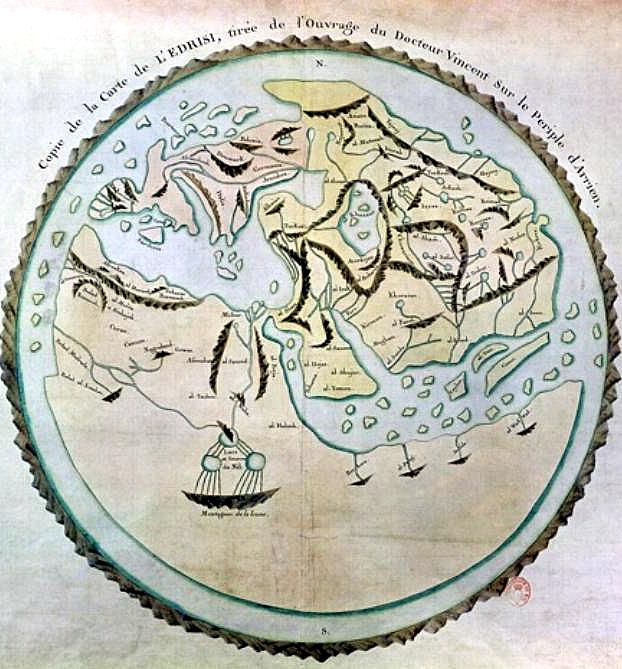

Abu Abdullah Muhammad ibn Muhammad ibn Abdullah Al-Idrisi, also known as AsShareef Al-Idrisi, was one of the greatest geographers and cartographers in the 12th century CE. Al-Idrisi was born in Ceuta in Morocco — occupied…
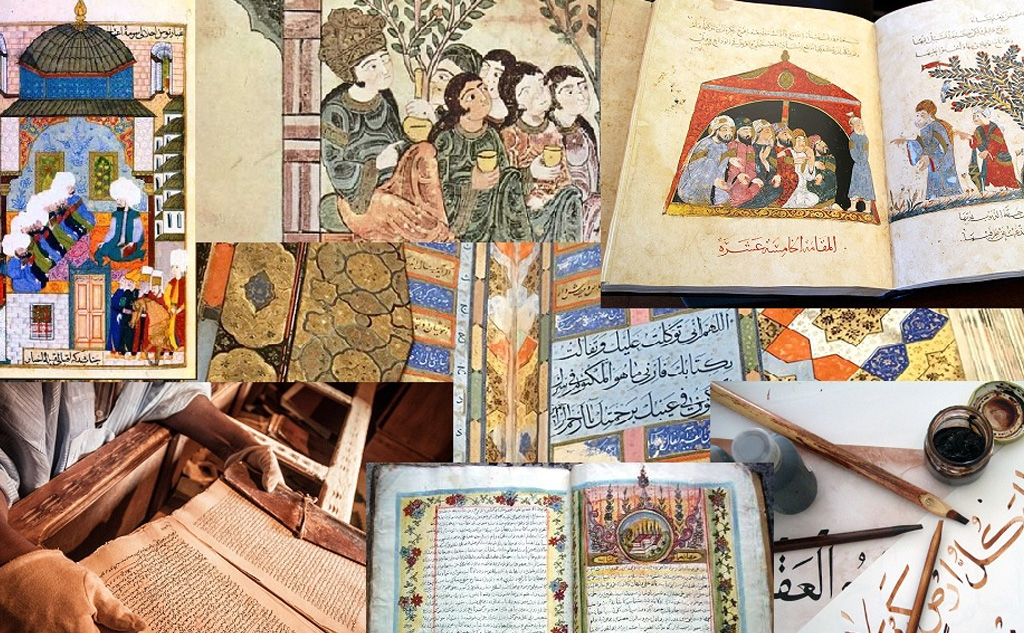

Browse through selected images taken from Muslim Heritage articles related to Literature...


The book will be discussed in this article is Al-Kafi fi al Kuhl,The Sufficient in Ophthalmology, which was written byKhalifah Ibn Abi Al-Mahasin Al-Halabi (D 656AH=1256 CE). The first medical historian to mention this book…


There can be little doubt that physicians and surgeons living in the lands of medieval Islamic civilisation made a significant contribution to the field of surgery. They developed new techniques and procedures, invented new instruments,…


This paper is an overview of pro-environmental practices, behavior, and considerations as influenced by Islam. For a simpler presentation and discussion, pro-environmental practices in this paper are divided into technical and non-technical/social. Technical practices include…



The Home chapter includes some of the thousand-year-old inventions that still shape daily life. In addition to the three-course meal and using appropriate utensils for eating, other new ideas from Muslim civilization included new fashions,…
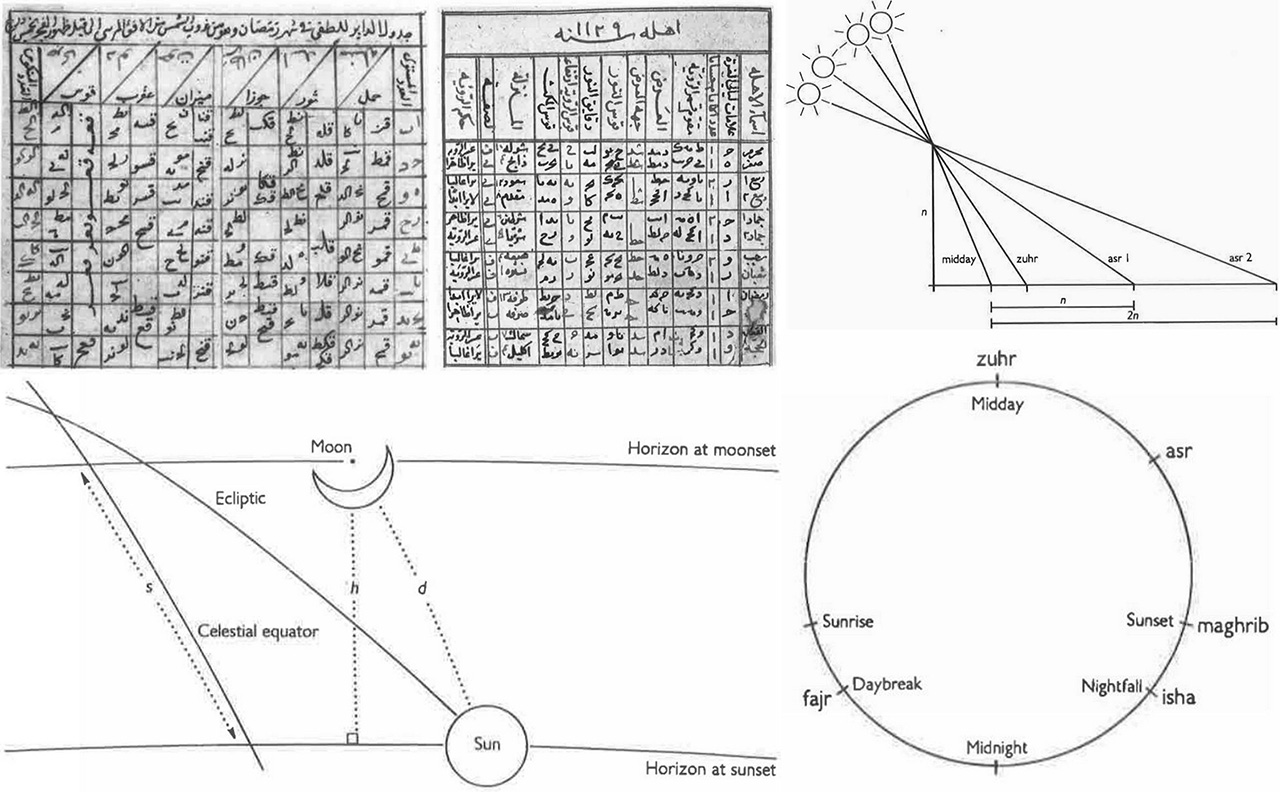

In Islam, as in no other religion in human history, the performance of various aspects of religious ritual has been assisted by scientific procedures. The organization of the lunar calendar, the regulation of the astronomically…


Medicine has a great many "fathers" of the profession; Hippocrates in Ancient Greece, Sushruta in Ancient India, Hua Tuo in Ancient China, Guy de Chauliac and Ambroise Paré in France, Scotsman John Hunter. American William…


Free Event Celebrating UK Chemistry Week - The event will run from October 30th to November 4th and celebrate Chemistry Week. It is organised as part of the successful “1001 Inventions: Journeys from Alchemy to…


In all nations, medicine is considered to be the noblest craft because it preserves the health of healthy people and repels illness among those who are ill. In almost all these ancient civilisations, there was…


Pharmacy can signify both a field of knowledge dealing with drugs and their preparation (also called pharmacology), as well as the profession concerned with the provision and sale of drugs.


Dr Husain Nagamia of Tampa, passed away on June 4, 2021, at the age of 81. He was born June 29, 1939, in Baroda, India, son of the late Fakhruddin and Kamaljehan (Refai) Nagamia. His…


This article is extracted from CHAPTER ONE of 1001 Inventions: The Enduring Legacy of Muslim Civilization. This book shows, the knowledge of the scholars of Muslim civilization was far from lost. Thousands of precious documents…


The present study is based on the 13th-century treatise of Radwan al-Sa'ati, which describes in details the clock of the Jayrûn Gate. Far from being historical or critical, this technical and analytical study allows, by…
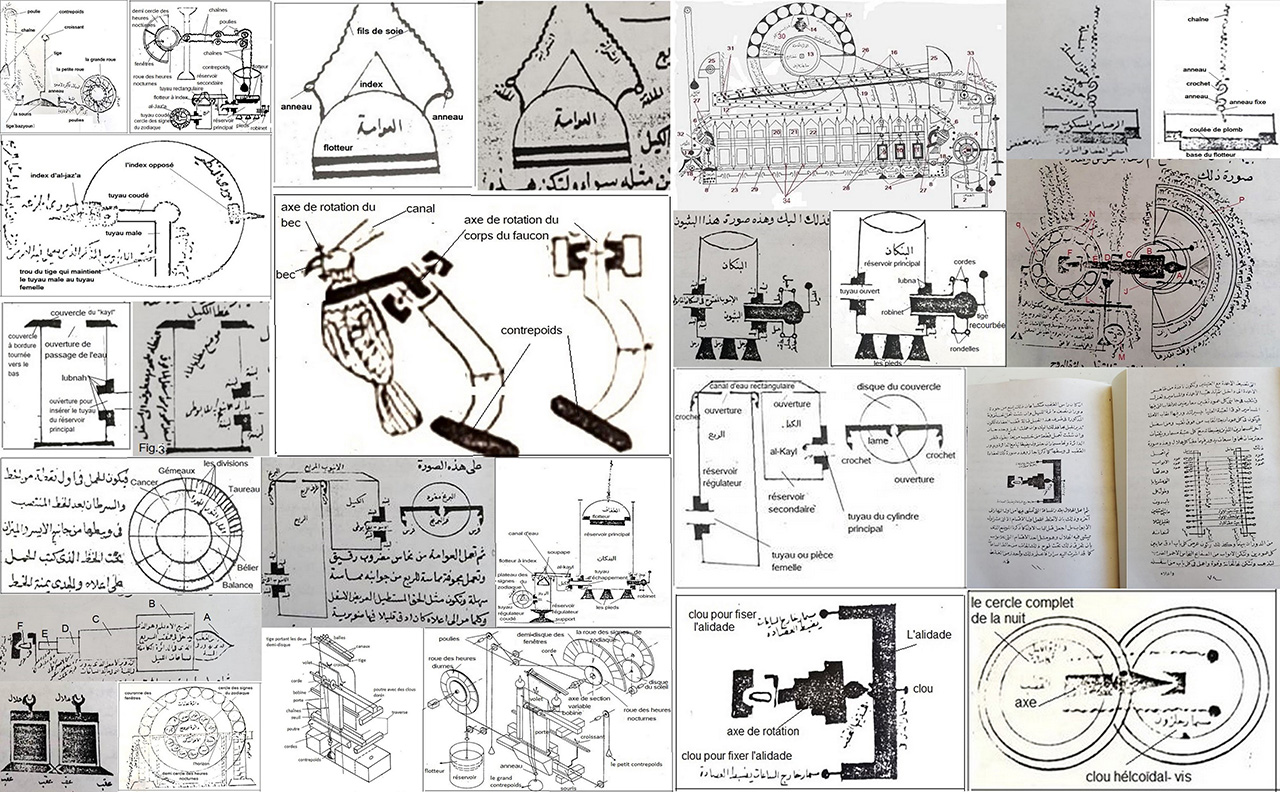

Radwan al Sa’ati, poet, doctor and gifted clockmaker of the 6th century AH, devoted his treatise « ‘Ilm al-Sa’at wa al-‘Amal biha » to the detailed description of the hydraulic clock found at the Jayûn…


In this video, Diana Darke, author of the award-winning book, Stealing from the Saracens: How Islamic Architecture Shaped Europe, takes you on a quick architectural journey to see how architectural styles and ideas passed from…


As part of Al-Furqān’s Lectures on Islamic Heritage, the Foundation organised a public lecture entitled "Women of Science, Medicine and Management in Muslim Civilisation", delivered by Prof Salim Al-Hassani. The lecture coincides with Women’s International…


In this newly published book, Prof. Rabie E. Abdel-Halim focuses on one of the most creative periods in the history of medicine and healthcare, namely, that of Muslim civilization. He explores how Islam enhanced the…


The works of the Banū Mūsā encompass both translations and original contributions in the fields of geometry, astronomy, mechanics, and music. In the field of music, a large body is attributed to them, although the…


Most Muslim physicians have heard (or should have heard) about famous Muslim physicians such as al-Razi, al-Majusi, Ibn Sina, Ibn al-Nafis, but few physicians have heard about Ibn Abi Usaybi’aa. Although not as famous as…
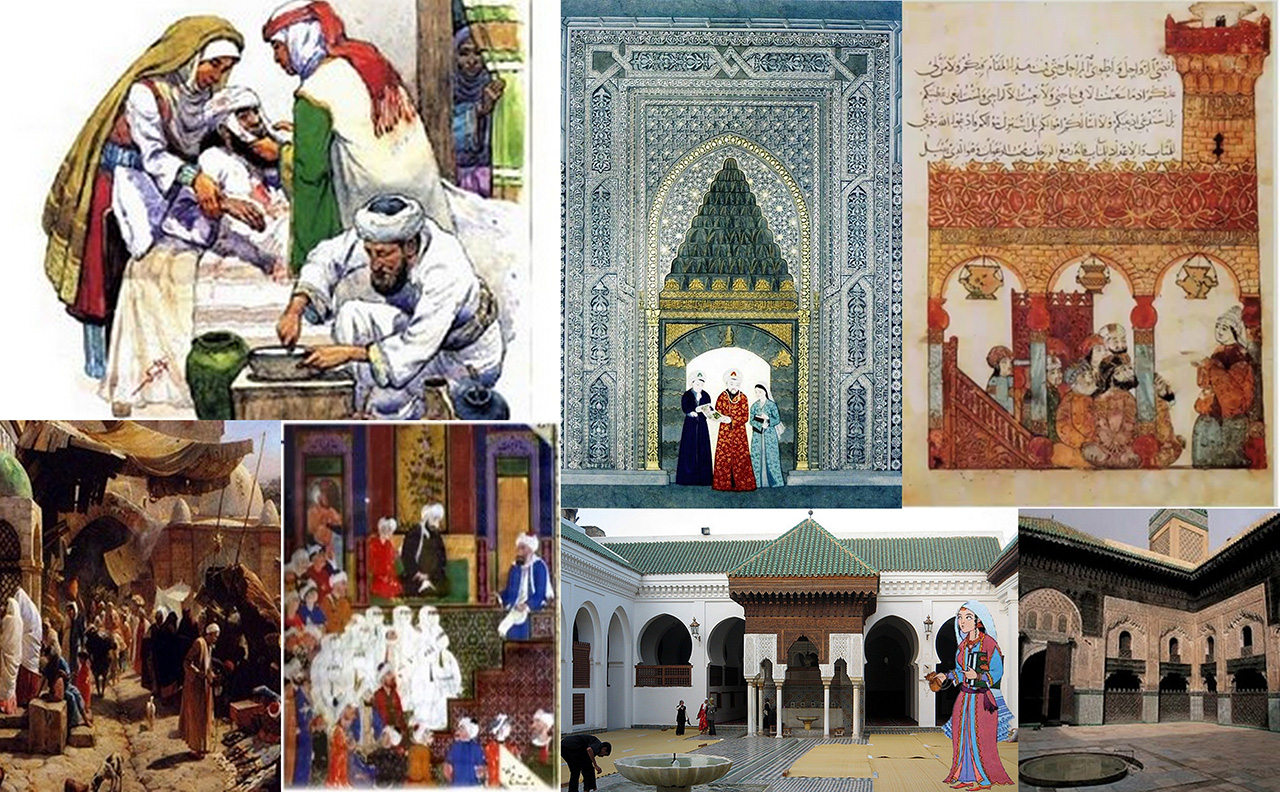

It is known that there is little information out there on the role of women in Islamic medical history. According to some, they have not played any significant part in the development of this field.…


Āhı̇̄ Aḥmed Çelebi, chief physician to three Ottoman sultans, provides detailed information about the formation and treatment of kidney and bladder stones in his work titled “Treatise On the Urinary Calculus in the Kidneys and…
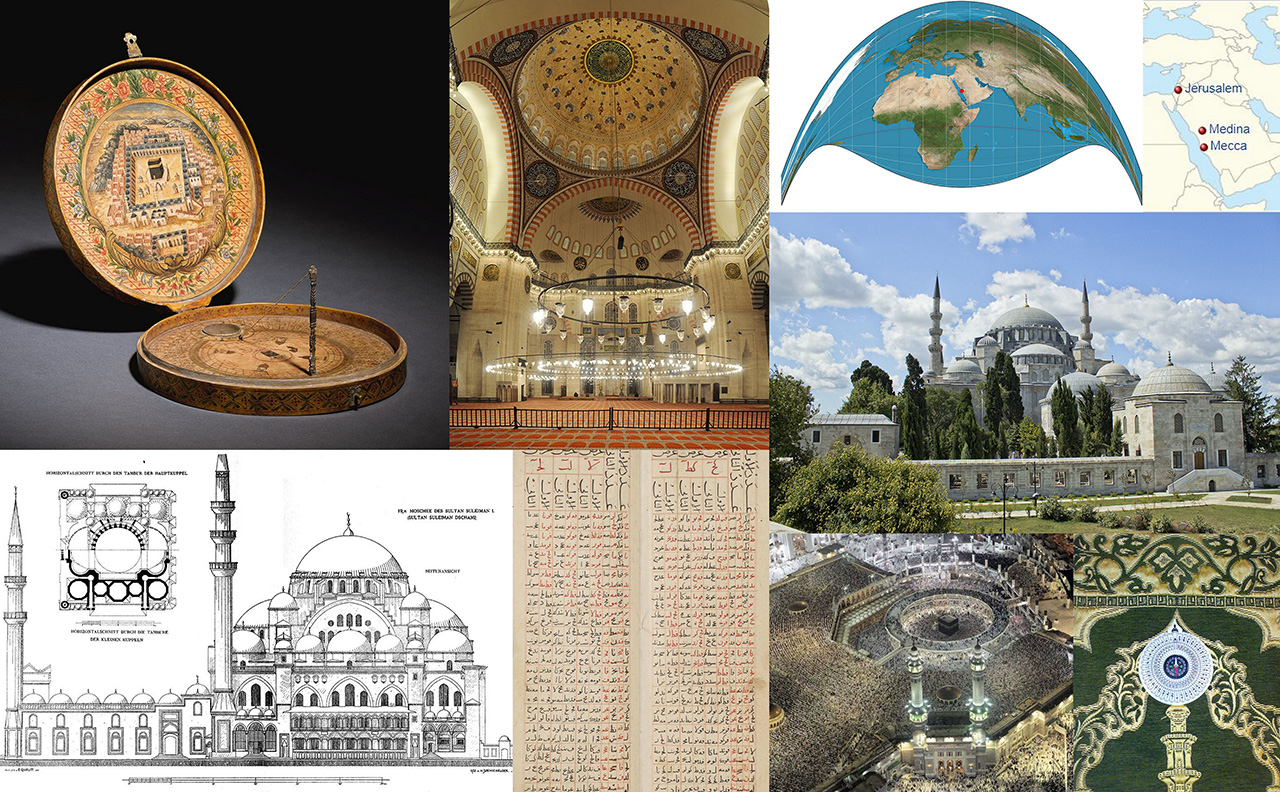

A. J. Deus has got it all hopelessly wrong: A critique of A. J. Deus, “Monuments of Jihad – The thought process of determining qibla orientations by Turks”, and “Raw Analysis Turkish Mosque Orientations ‘Monuments…


The water clock that Abbasid Caliph Harun al-Rashid (d. 809 CE), gifted to Charlemagne, the Holy Roman Emperor (d. 814 CE) is investigated. Origins and transfer of the clock technology is reviewed. The water clock…
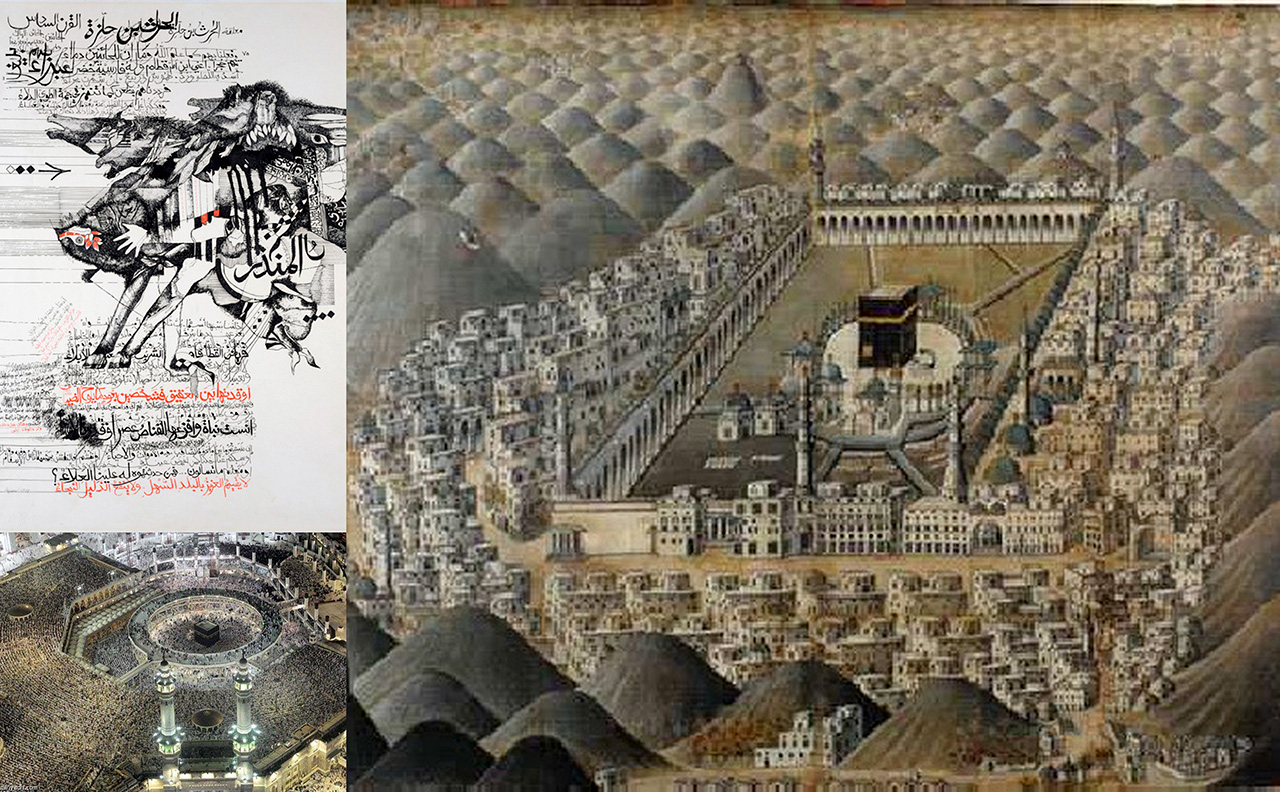

Cities may flourish during a certain period of history and then they may lose their importance, depending on various factors. However, cities that are built around a religious tradition tend to prosper and grow in…


A novel written by a 12th-century Arab writer about a boy alone on an island influenced the Daniel Defoe classic ‘Robinson Crusoe.’
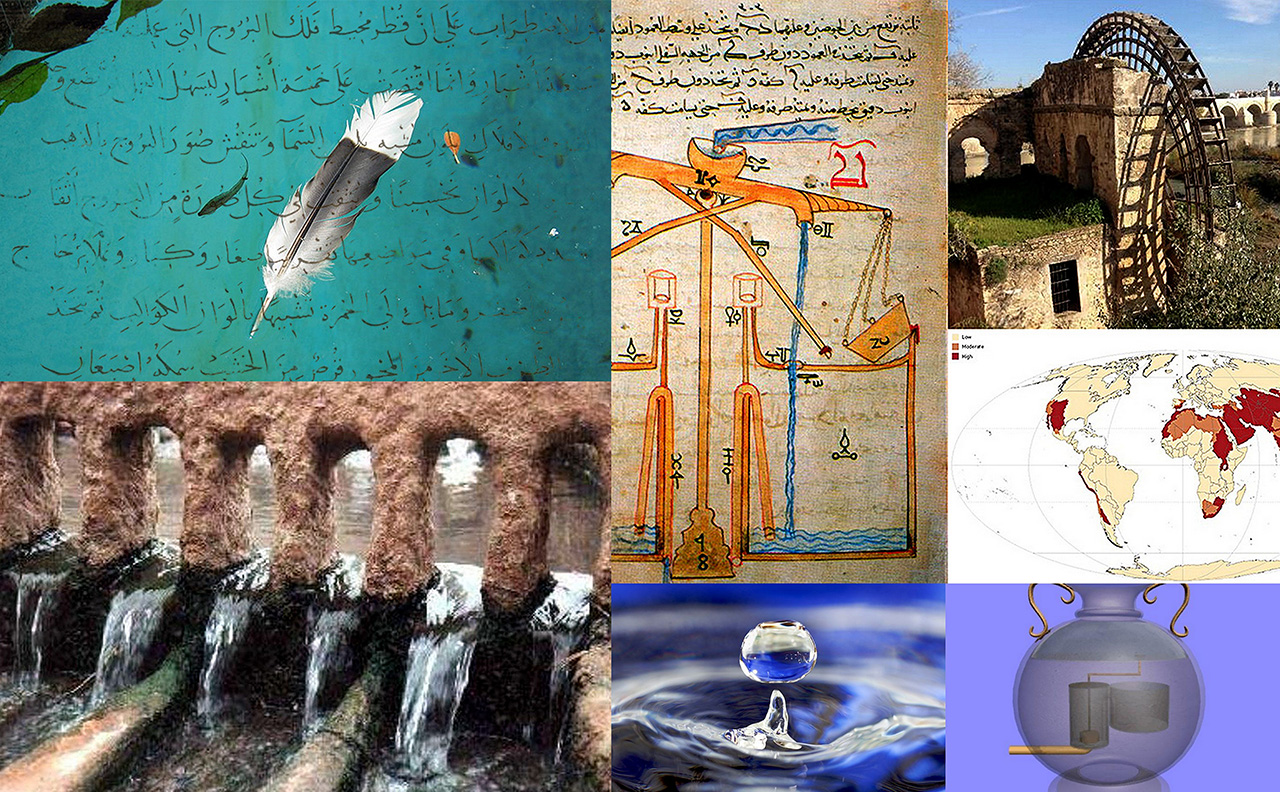

Water supply and sanitation along with hygienic considerations and practices in the Muslim civilisations over centuries is important to document and report because of its relation to Muslims’ economic, cultural and social aspects of life. Due…


This article presents a historical analysis of the various constructions built on the ancient overland Hajj route from Iraq to Makkah and the role of Lady Zubayda with especial reference to her Makkah water projects.


Under the patronage of Dr Naushaba Hasan Murad Founding Chairperson Women Institute of Learning and Leadership #willpakistan Guest Speaker Professor Salim Al-Hassani, Thursday, February 25, 2021 Prof Salim TS Al-Hassani is President of the…


1001 Cures – Contributions in Medicines & Healthcare from Muslim Civilisation (Edited by Peter Pormann, and published by FSTC 2018). Reviewed by Dr. Bana Shriky, BPharm, MSc, PhD, AFHEA, Postdoctoral Research Associate, University of Bradford


The rise of Islamic Civilization was one of the major events in world history. An important aspect of the medieval Islamic Civilization was the development of a remarkable scientific tradition in a relatively short period…


Join Peter Pormann to learn about the forgotten history of Arabic language contribution to Scientific and Medical Research.


The Peacock Clock is the sixth machine described by al-Jazari in his famous treatise of mechanics Al-Jami‘ bayn al-‘ilm wa 'l-‘amal al-nafi‘ fi sina‘at al-hiyal (A Compendium on the Theory and Useful Practice of the…


This article attempts to describe and analyse food production and food security management practices and experiences during various periods in in Muslim Civilization.Each Islamic era is separately analysed, adopting the FAO four major food security…
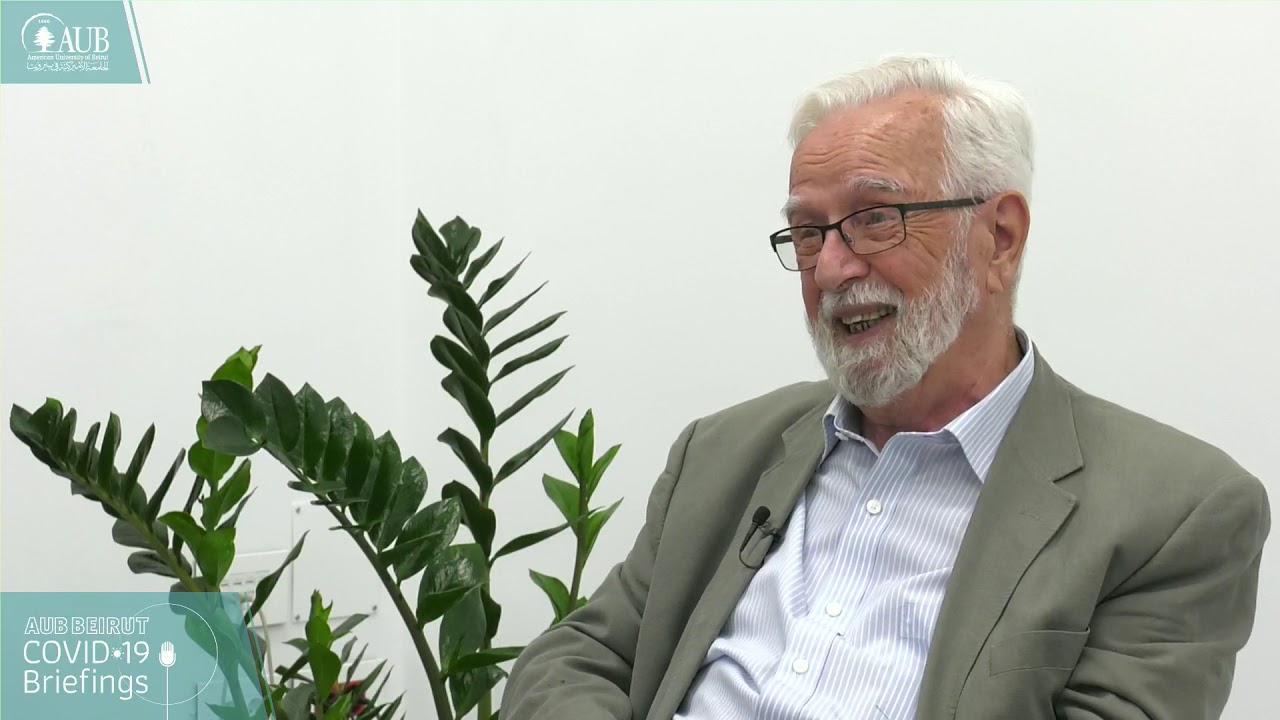

The American University of Beirut - Episode 7 of COVID-19 Briefings: Pandemic Lessons from Arabic-Islamic Science and History with Prof. George Saliba - May 27, 2020


A video of Prof Salim Al-Hassani's speech about Muslim Civilisation's contribution in optics and cryptology at the Bletchley Park's Digital Light: Code Makers event.


The orbital elements of each planet are the eccentricity and the direction of the apsidal line of its orbit defined by the ecliptic longitude of either of its apses, i.e., the two points on its…


This article has been produced from Chapter 6 "Contributions of Arab and Islamic Scholars to Modern Pharmacology" of the Book “Greco-Arab and Islamic Herbal Medicine: Traditional System, Ethics, Safety, Efficacy, and Regulatory Issues” by Bashar…


The present paper introduces, investigates, analyses, and comments on an anonymous treatise in Persian named al-Risāla al-Ghāzāniyya fi ’l-ālāt al-raṣadiyya, “Ghāzān’s (or Ghāzānid) treatise on the observational instruments”, which describes the structure, construction, and functions…
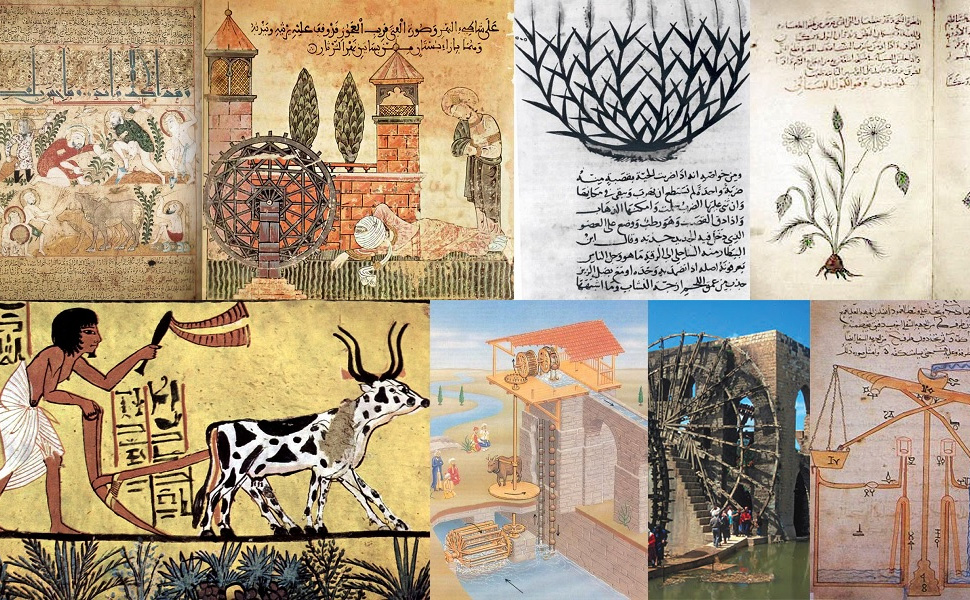

Browse through selected images taken from Muslim Heritage articles related to Agriculture...


The idea behind hospitals in the Muslim world a thousand years ago was to provide a range of facilities from treatments to convalescence, asylum, and retirement homes. They looked after all kinds of people, rich…


The reciprocity between soul and body represents one of the core principles of Arabic medicine. Arab physicians took a massive interest in explaining the mutual influence of these two dimensions of the human being and…


This paper deals with an optical aid named barbakh that Abū al-Rayḥān al-Bīrūnī (973–1048 CE) proposes for facilitating the observation of the lunar crescent in his al-Qānūn al-Mas‘ūdī VIII.14. The device consists of a long…


This talk by Justin K Stearns reviews the diversity of views on contagion and plague within the context of Islamic law, Sufism, and medicine. What did scholars say about how one should respond to the…


Dan Gibson, a Canadian amateur archaeologist, is the latest of a number of revisionist historians of early Islam who are desperate to show that Islam did not start in Mecca, and hence that early Islamic…


Algorithms: From Al-Khwarizmi to Alan Turing and Beyond


Browse through selected images taken from Muslim Heritage articles related to Geography...


Islamic/Arabic Coins, the dirham, was said to be of such might that it was used as a common currency in the world like the US dollar today. Here are some related articles:


Historians traditionally have divided the occurrence of the bubonic plague (Yersinia Pestis) into three pandemics that date roughly to 541–750, 1347–1722, and 1894–present.
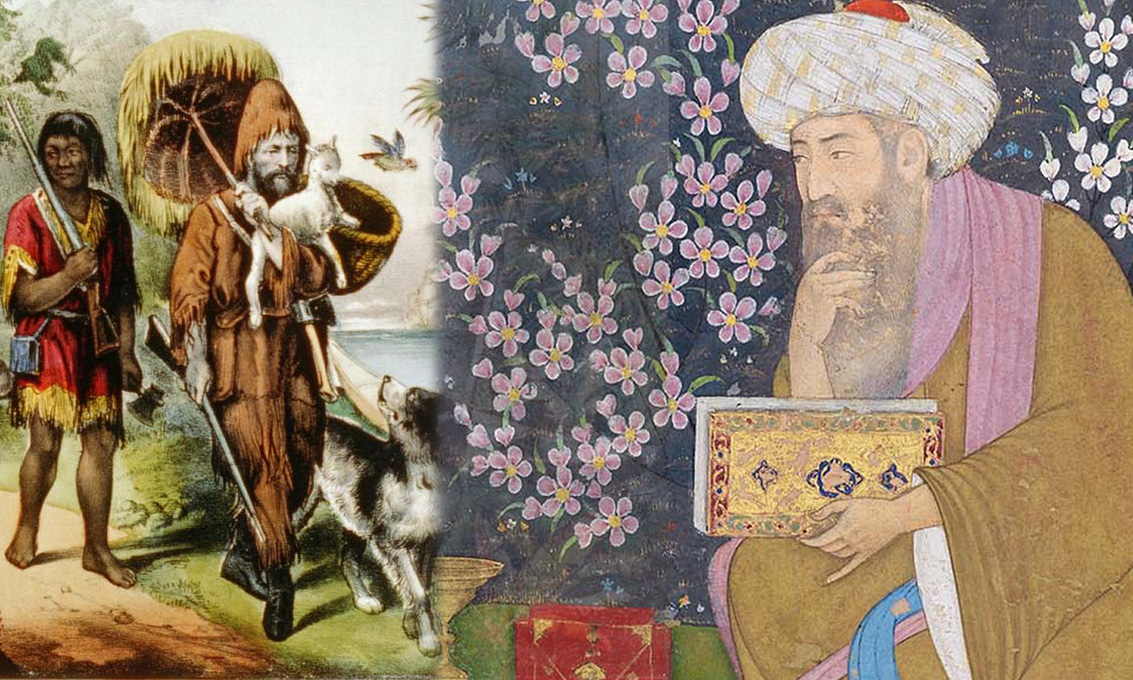

In early 12th-century Muslim Spain, a gifted philosopher, mathematician, poet, and medical doctor was born. Ibn Tufayl, or Abu Bakr ibn Abd al-Malik ibn Muhammad ibn Muhammad ibn Tufayl al-Qaysi, to give his full name,…


Geometry is one of the main features in the formation of Persian architecture. Research in Persian architecture geometry is impossible without familiarity with geometry. This research tries to demonstrate the relationship between the progress of…


This short article was written by Professor Rudiger Lohlker in response to our invitation to summarise and bring attention to his paper “Global History: Understanding Islamic Astronomy” published in ACTA VIA SERICA, Vol. 4, No.…
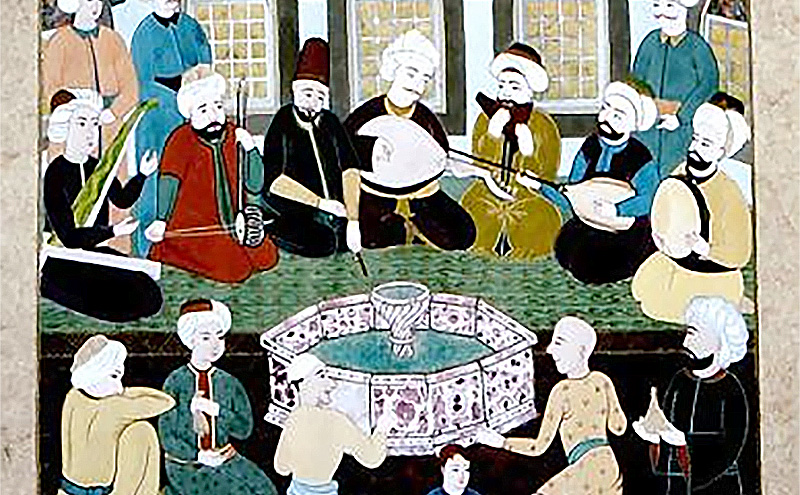

Mental Health Care and Bimaristans in the Medical History of Islamic Societies


In the wake of the hijrah (migration), the city-state of Madinah underwent significant changes in virtually all its features including changing its name from Yathrib to Madinah. The significations of the latter unmistakably implied the…
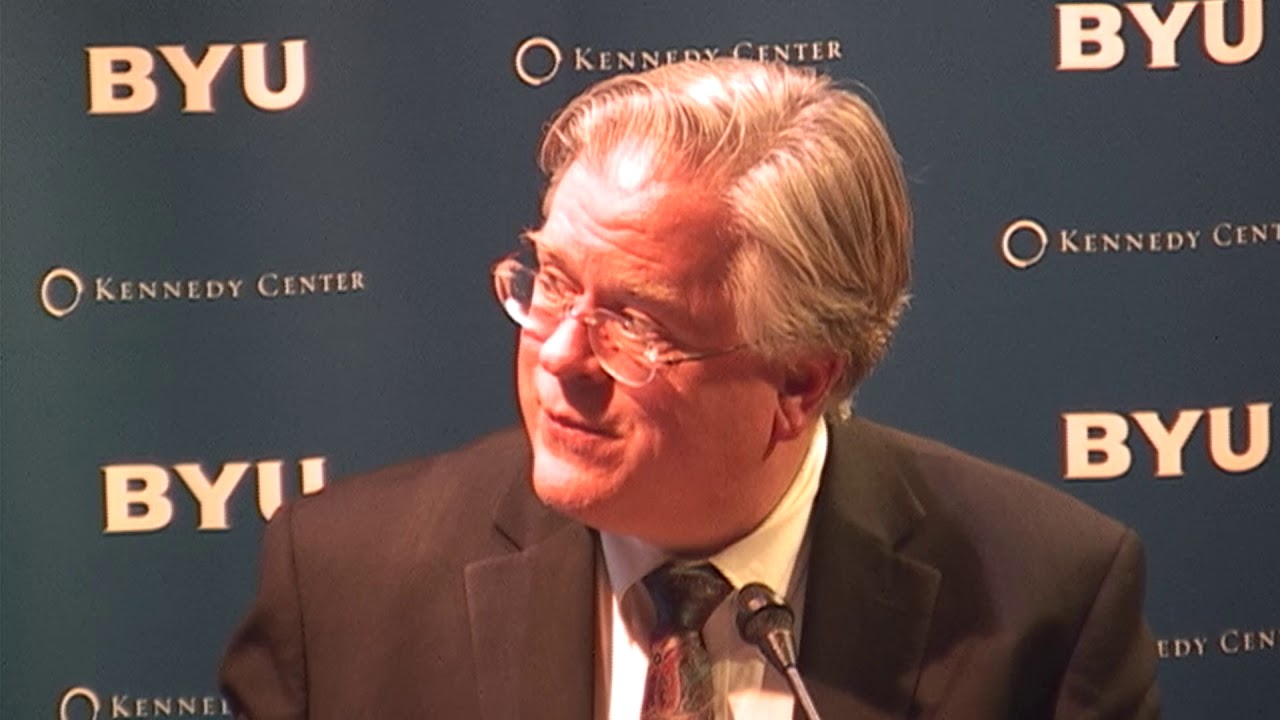

This a transcript of a lecture delivered on November 13, 2018 at the David M. Kennedy Center for International Studies, Brighton Young University, Provo, UT 84602, United States.


Two science histories dissect the transfer of knowledge between the Greco–Islamic and European civilizations, and put right the impression that the flow was one way, explains Yasmin Khan in a recently published article (Nature, vol…


The Tinmal mosque was built by the first Almohad caliph, ʿAbd al-Muʾmin, around 1148 next to the tomb of the mahdī Ibn Tūmart, the founder of the Almohad creed (d. 1130). The official pilgrimages (ziyāra)…


Since the Quran said every able-bodied person should make a pilgrimage, or hajj, to Mecca at least once in their lifetime, thousands travelled from the farthest reaches of the Islamic empire to Mecca, beginning in…
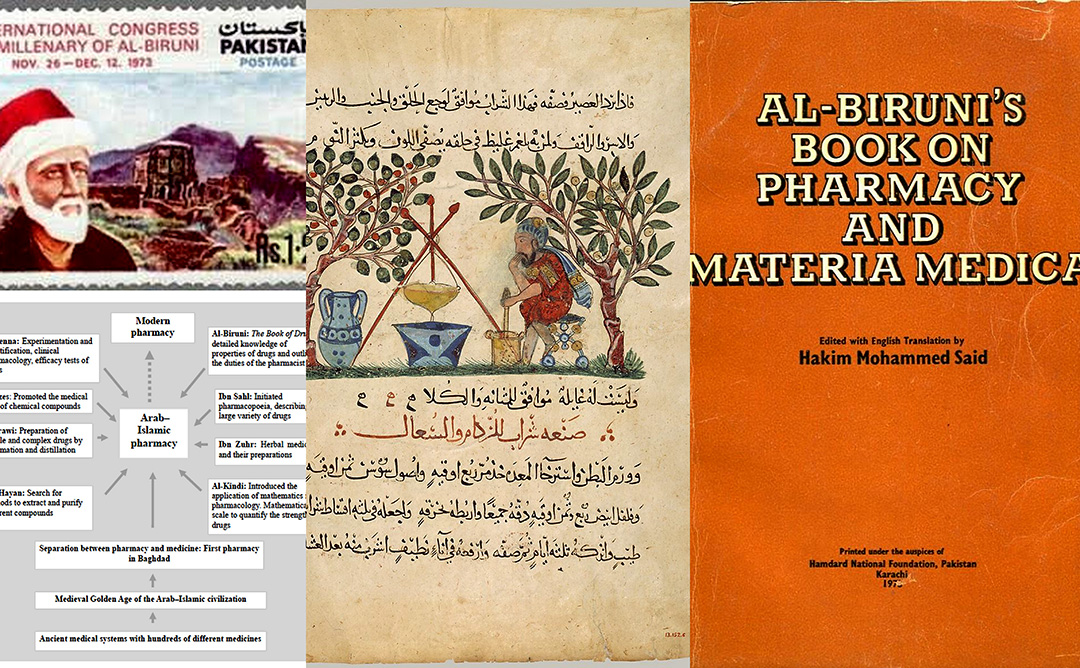

This article has been produced from Chapter 5 "Contributions of Arab and Islamic Scholars to Modern Pharmacology" of the Book “Greco-Arab and Islamic Herbal Medicine: Traditional System, Ethics, Safety, Efficacy, and Regulatory Issues” by Bashar…


This paper discusses the evolution of the identity of Muslim architecture and the emergence of the first Muslim architectural deviations. In particular, it focuses on the role of the 8th Umayyad Caliph, ‘Umar b. ‘Abd…


15-16th Century Italian-Islamic Exchanges of the Astrolabe and Effects on Visual Culture


The article analyses the mathematical contents of four texts by Nasir al-Din al-Tusi (1201-1274), one of the most original and prolific scientists of the classical Islamic tradition. These four texts on mathematics are: Al-Tusi's Tahrir…
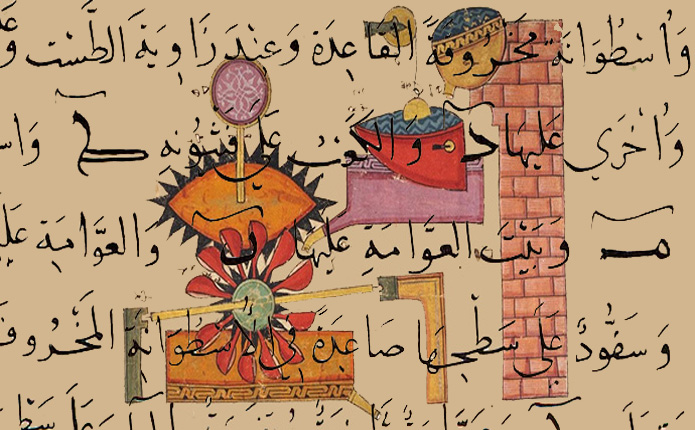

The Arabic reports about irrigation, dams and water-powered machines form a cultural construction which could be called hydraulic imagery. The term imagery is related to the perception patterns concerning hydraulic constructions inasmuch these patterns are…


The famous scientist Ibn al-Haytham (‘Alhazen') has rightly been credited with many advances in optics and vision science, but recent spurious claims that he is the ‘founder of psychophysics' rest upon unsupported assertions, a conflation…
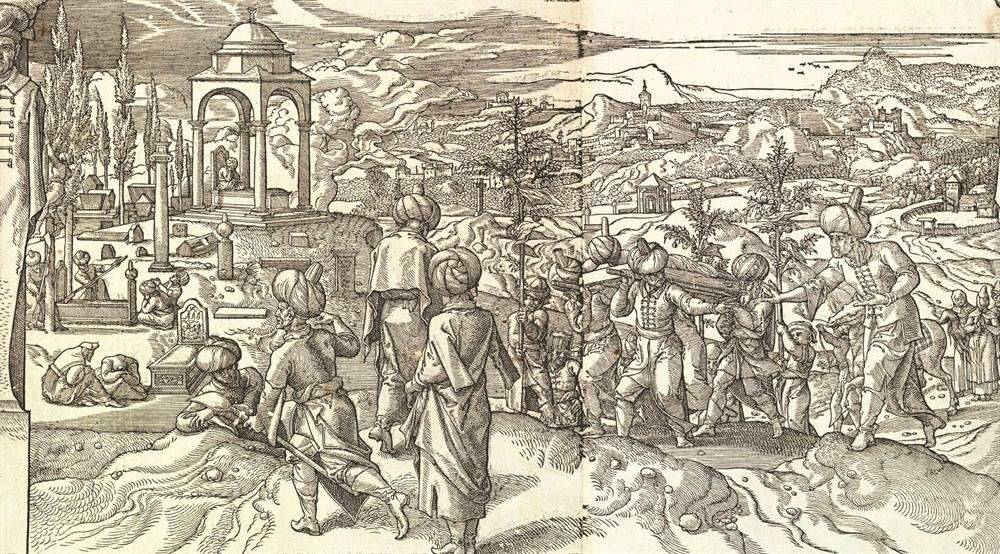

Throughout history one of the greatest disasters humankind has seen are epidemics. In their most critical times, they have killed millions, causing people to migrate, paralyzing work forces, agriculture and stockbreeding decline, creating numerous negative…


The Great Seljuk state was part of the medieval Islamic civilization. Most of its scientific institutions and educational traditions were inherited from previous and contemporary Muslim and Turkish states. In this well documented article, the…
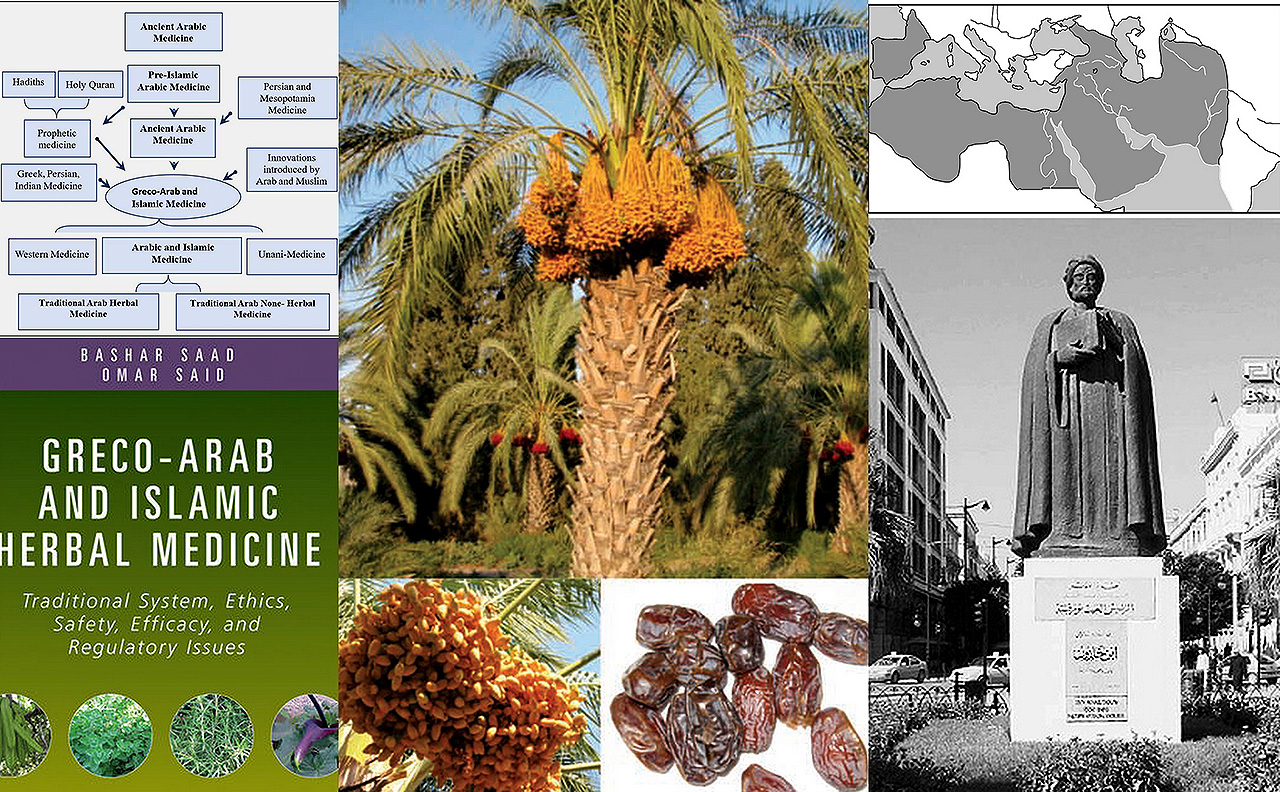

*** Produced from Chapter 1 of the Book “Greco-Arab and Islamic Herbal Medicine: Traditional System, Ethics, Safety, Efficacy, and Regulatory Issues” By Bashar Saad and Omar Said, Copyright _ 2011 John Wiley & Sons, Inc.…


This documentary takes a thematic approach to carry audiences on an intimate journey to nine countries and across several centuries to experience some of the greatest art and architecture of the Muslim world.
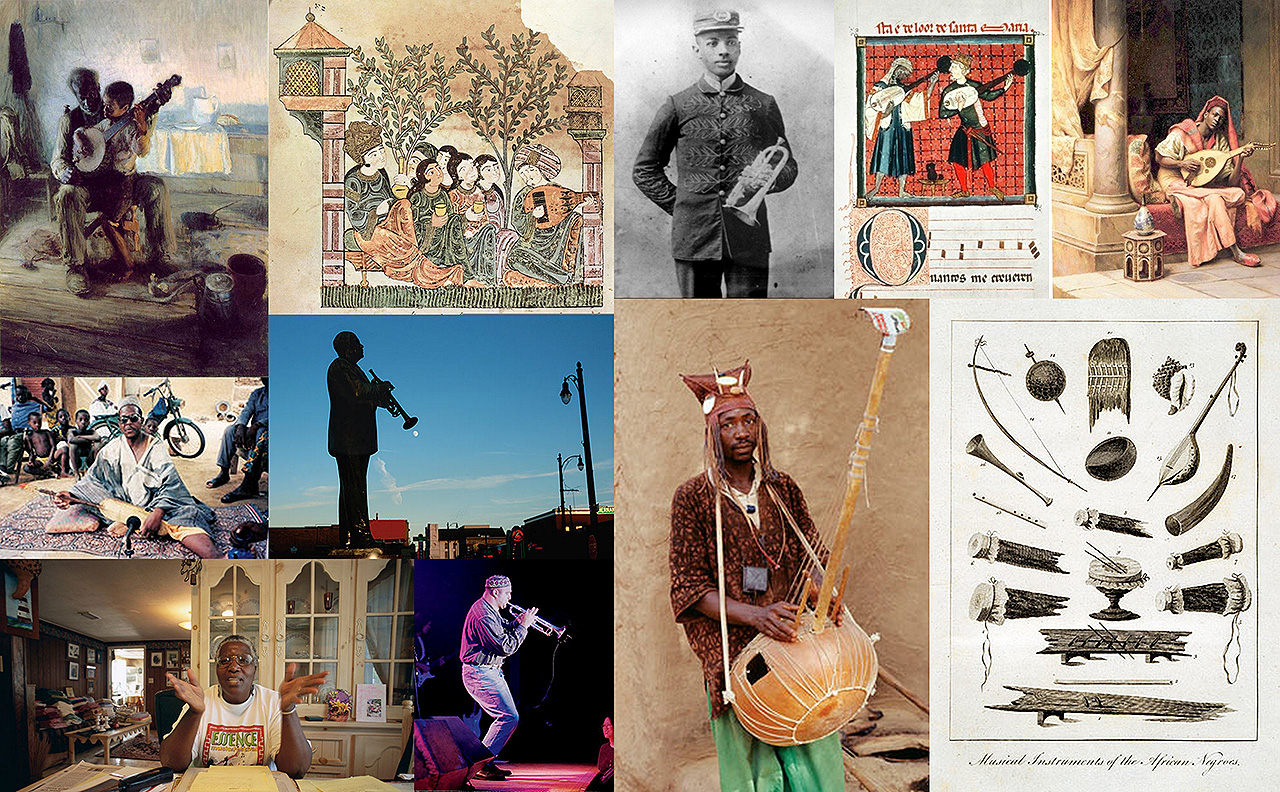

To many the idea that American blues music has its origins with Muslims and even the Islamic call to prayer is inconceivable. It is also largely unknown that up to thirty percent of enslaved Americans,…


The purpose of this paper is to outline the conditions in which Eastern Islamic science reached al-Andalus and was later transmitted to medieval Europe, mainly through translation. Until the end of the 10th century al-Andalus…


Traditional Arab-Islamic* herbal medicine plays an increasingly influential role in modern Western medicine. This extensive work addresses the need for a comprehensive, English-language work on the subject, introducing an important academic treatment of Arab herbal…


It is usually assumed that Galen is one of the fathers of anatomy and that between the Corpus Galenicum and the Renaissance there was no major advance in anatomical knowledge. However, it is also consensually…


The Qurān—the scripture of the Muslims, which purports to be from the Creator of the Universe—presents a rational, holistic, and integrated view of life, where the human being is considered an integral, coexistential part of…


Wel knew he the olde Esculapius And Deyscorides and eek Rufus, Olde Ypocras, Haly and Galeyn, Serapion, Razi and Avycen, Averrois, Damascien and Constantyn, Bernard and Gatesden and Gilbertyn.


"The hospital shall keep all patients, men and women, until they are completely recovered. All costs are to be borne by the hospital whether the people come from afar or near, whether they are residents…


We need a visual presentation to understand things better as the saying goes "A picture is worth a thousand words". Some still think Muslim Civilisation did little contribution to science, even there many books and…


The Ottomans provided great contributions towards the fields of psychiatry and neurology. Their thoughts and writings delve into many depths and are worthy of recognition by those in the medical sphere.


Along the road from sympathetic magic and shamanism to scientific method, much trailblazing was carried out over a few centuries by scholars, alchemists, physicians and polymaths of the Muslim Middle East, and their rules, procedures…


From Ibn Al-Haytam’s optical lenses to a mosque lamp of Amir Qawsun, Muslim Civilisation played a major role in inspiring the growth of the glass industry. Mosques, houses and cities were transformed into centres of…
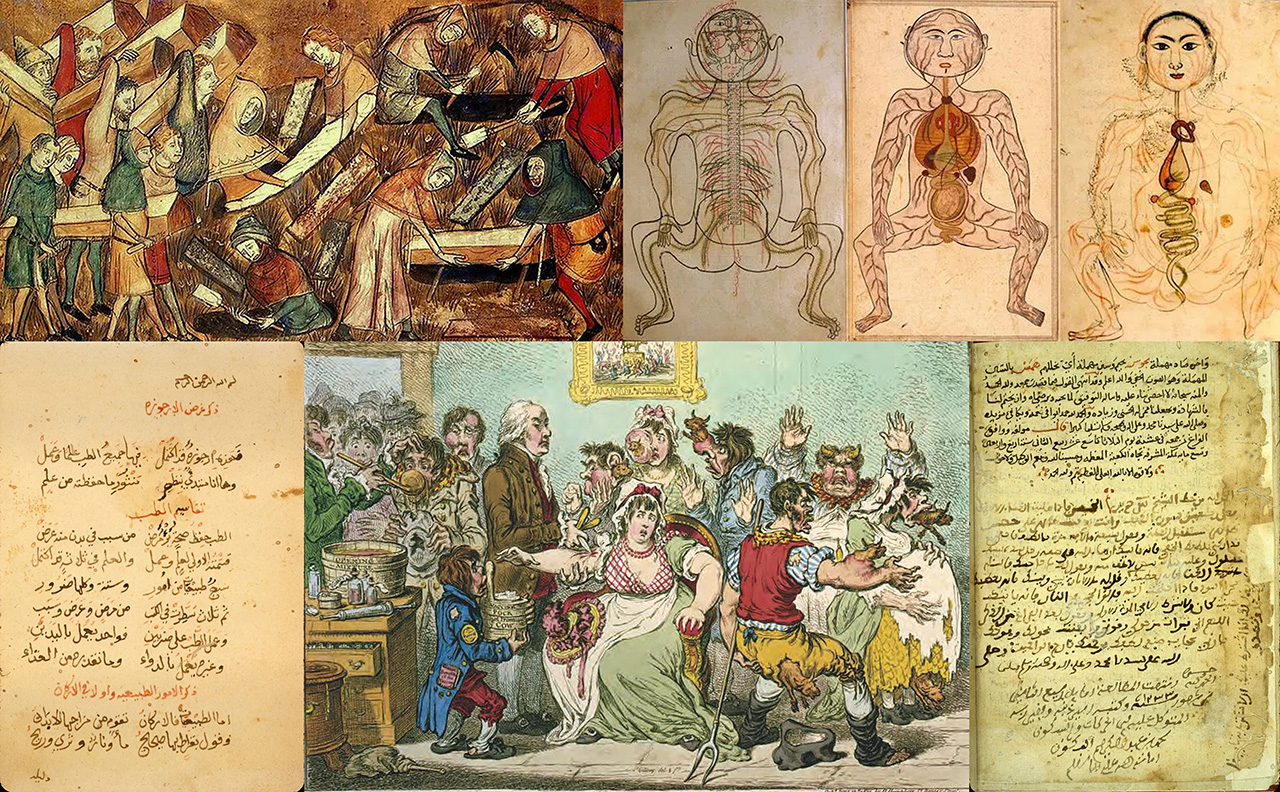

From a simple cold to a serious illness, humans have always lived with the risk of catching diseases from one another. Pandemics affecting millions are fortunately rare, but the bubonic plague of the 14th century…
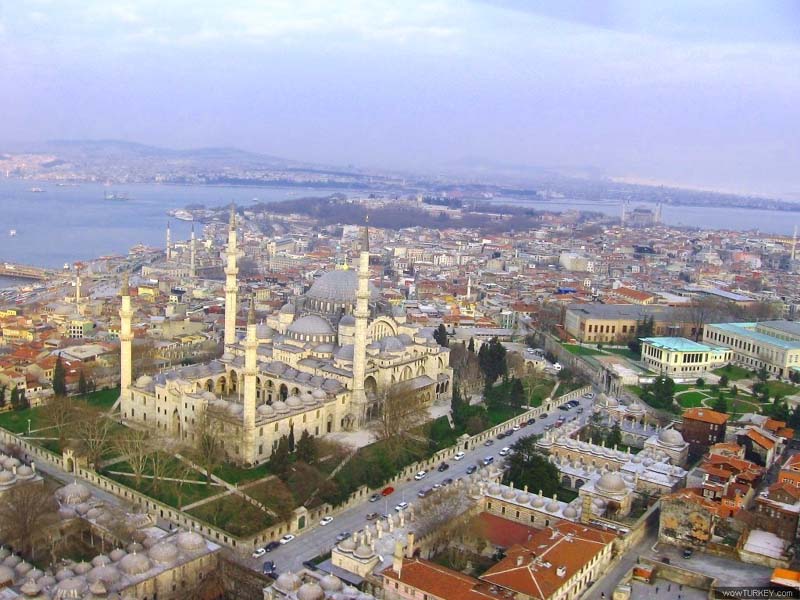

Beyond Dominant Paradigms in Ottoman and Middle Eastern/ North African Studies. A tribute to Rifa'at Abou-El-Haj.


Arab physicians preferred the preservation of health to its restoration, arguing that to preserve something present is nobler than to seek something absent. A story reported in a thirteenth-century source illustrates that preserving health is…
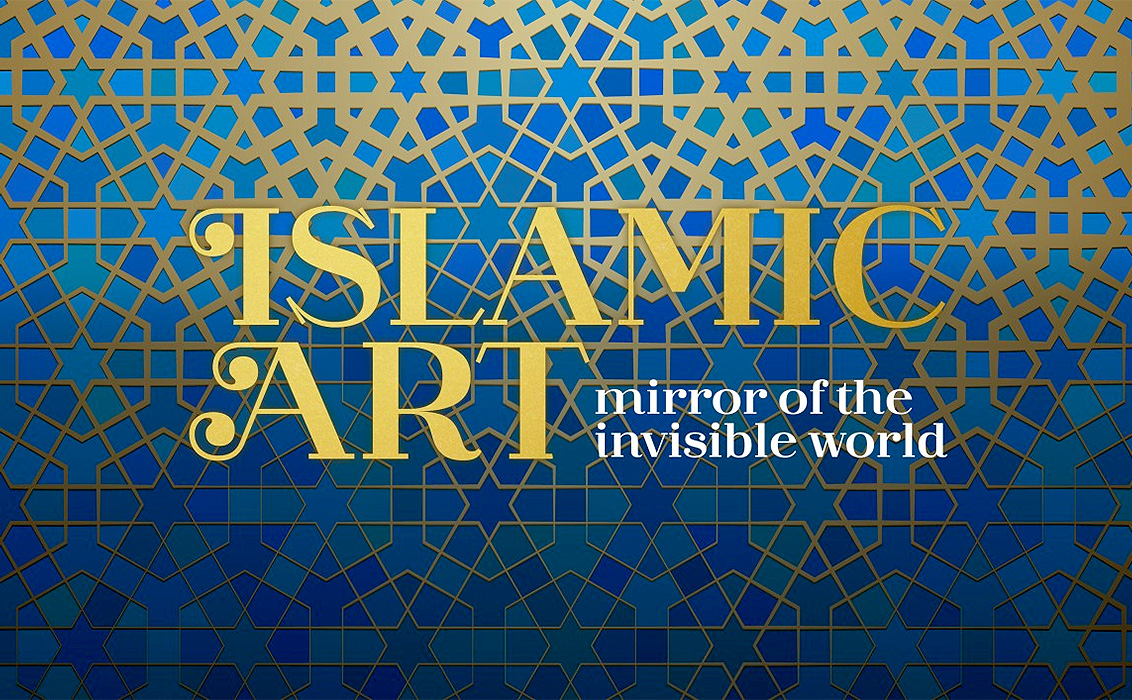

Islamic Art: Mirror of the Invisible World shows audiences nine countries (Egypt, Israel, Syria, Tunisia, Turkey, Iran, Spain, Mali and India) and over 1,400 years of history. It presents the stories behind many well-known works…
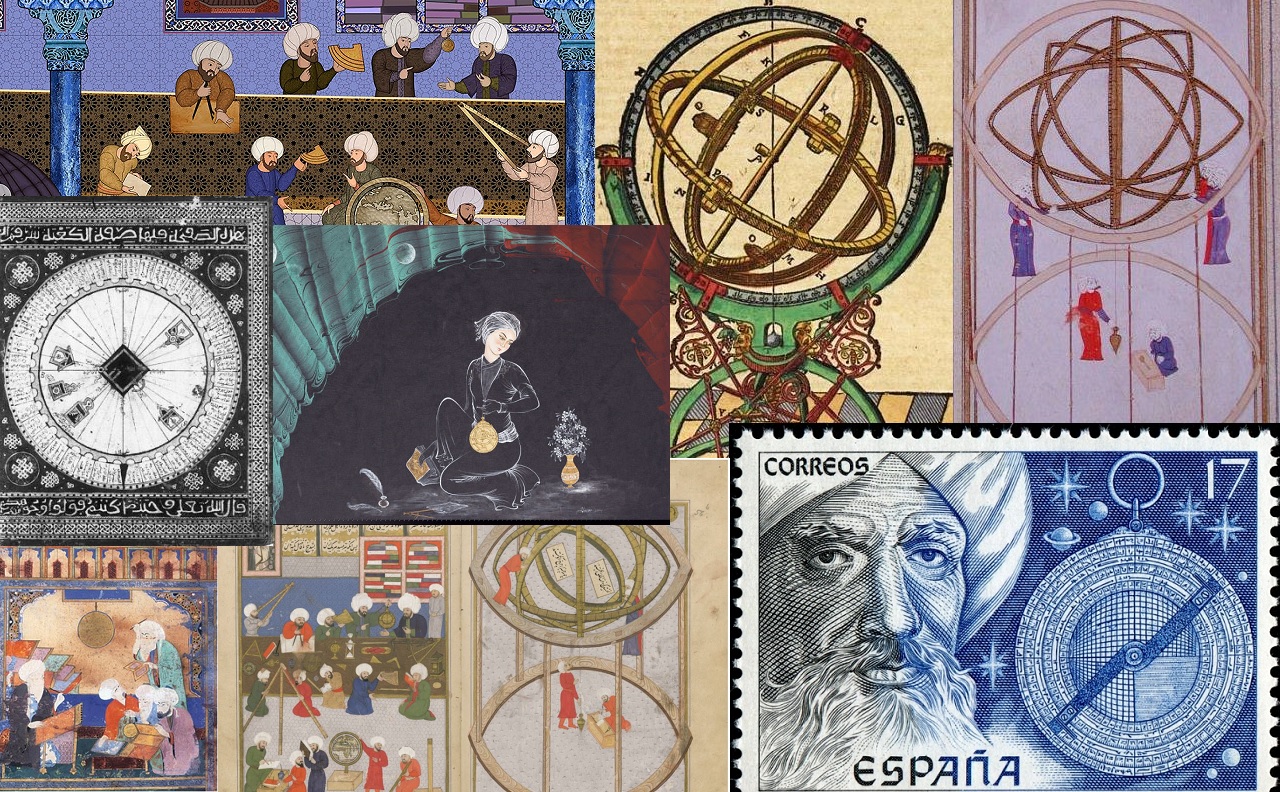

Browse through selected images taken from Muslim Heritage articles related to Astronomy...
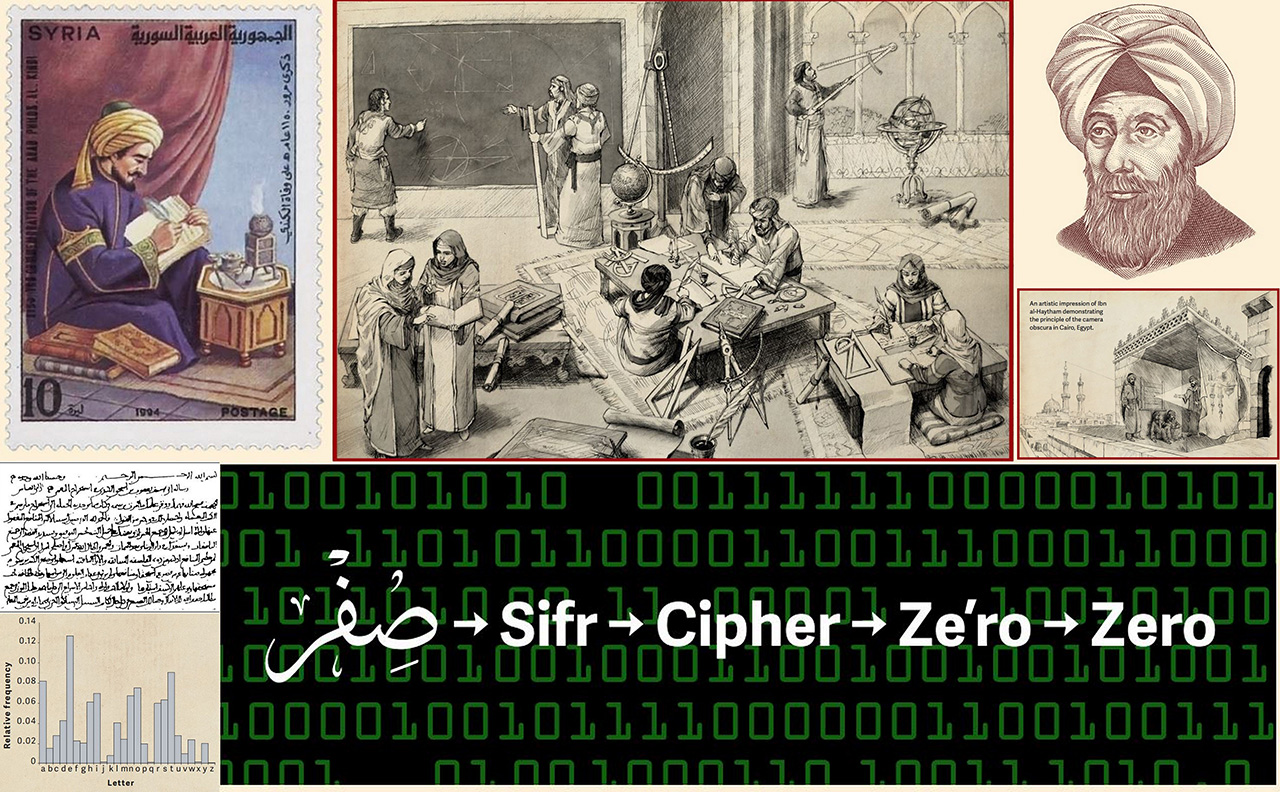

Taken from the Bletchley Park's Digital Light: Code Makers brochure, a summary of Prof Salim Al-Hassani's speech about Muslim Civilisation's contribution in optics and cryptology.
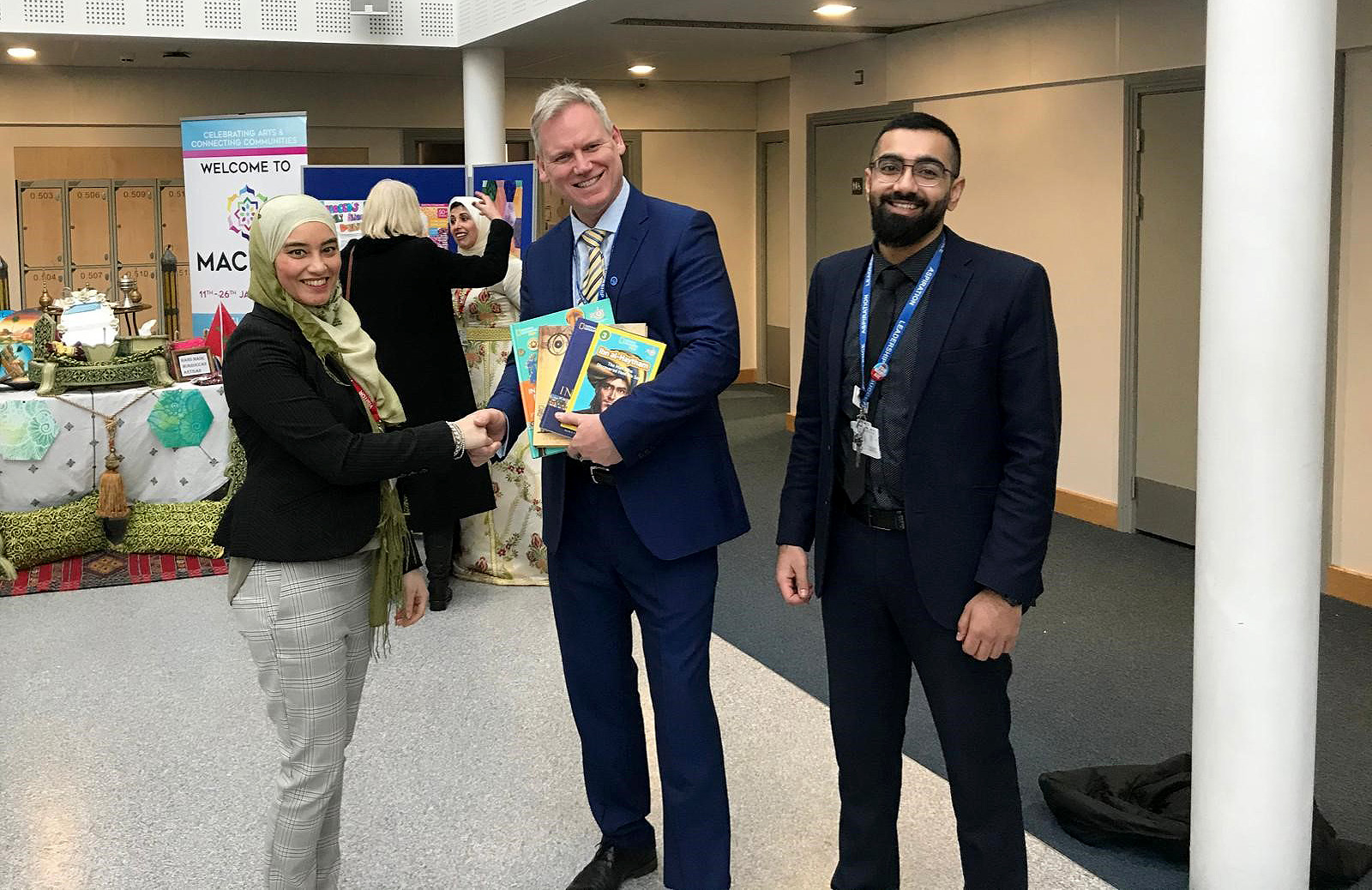

Two lectures at the Manchester Health Academy, 17th January 2020
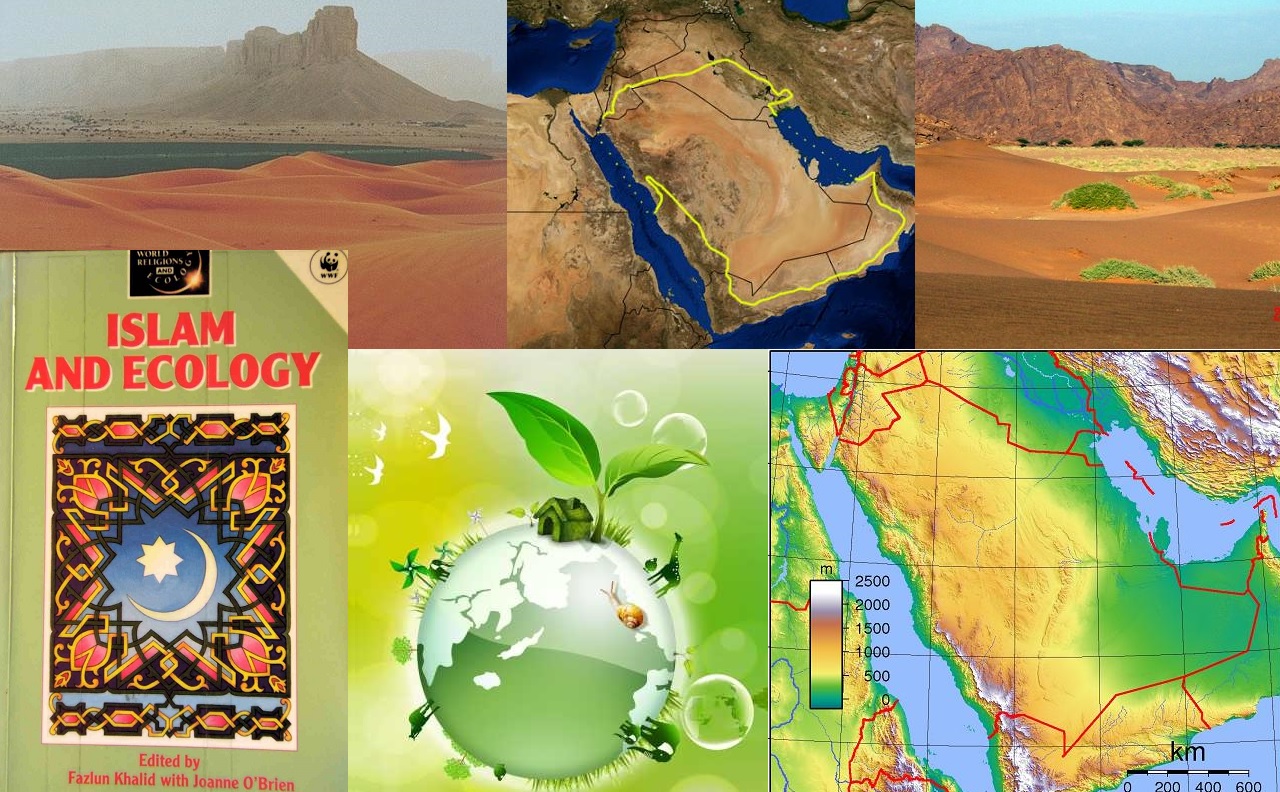

Browse through selected images taken from Muslim Heritage articles related to Ecology...


A survey of the historical sources with an appendix on some recent fallacies about mosque orientations
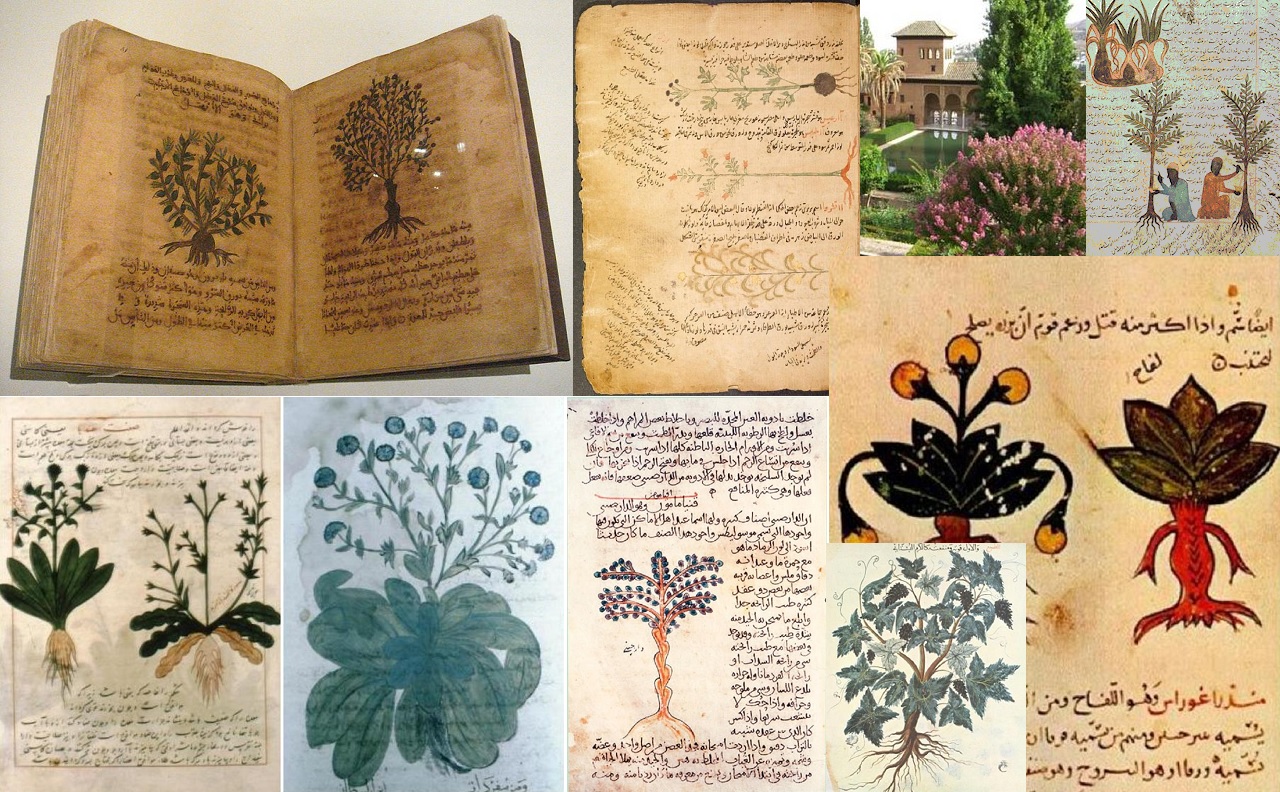

Browse through selected images taken from Muslim Heritage articles related to Botany...


The Revival of Classical Antiquity in Cordoba in the 10th century:


Ibn Sina advices people to partake in diets, bathing and intensive sports...


Browse through selected images taken from Muslim Heritage articles related to Animals...


On 11 February 2020 an event entitled " In Conversation: Who Owns Science?” was organised by the Science and Industry Museum (MSI), Castlefield, Manchester. It was a panel conversation on "How has Britain's history as a…
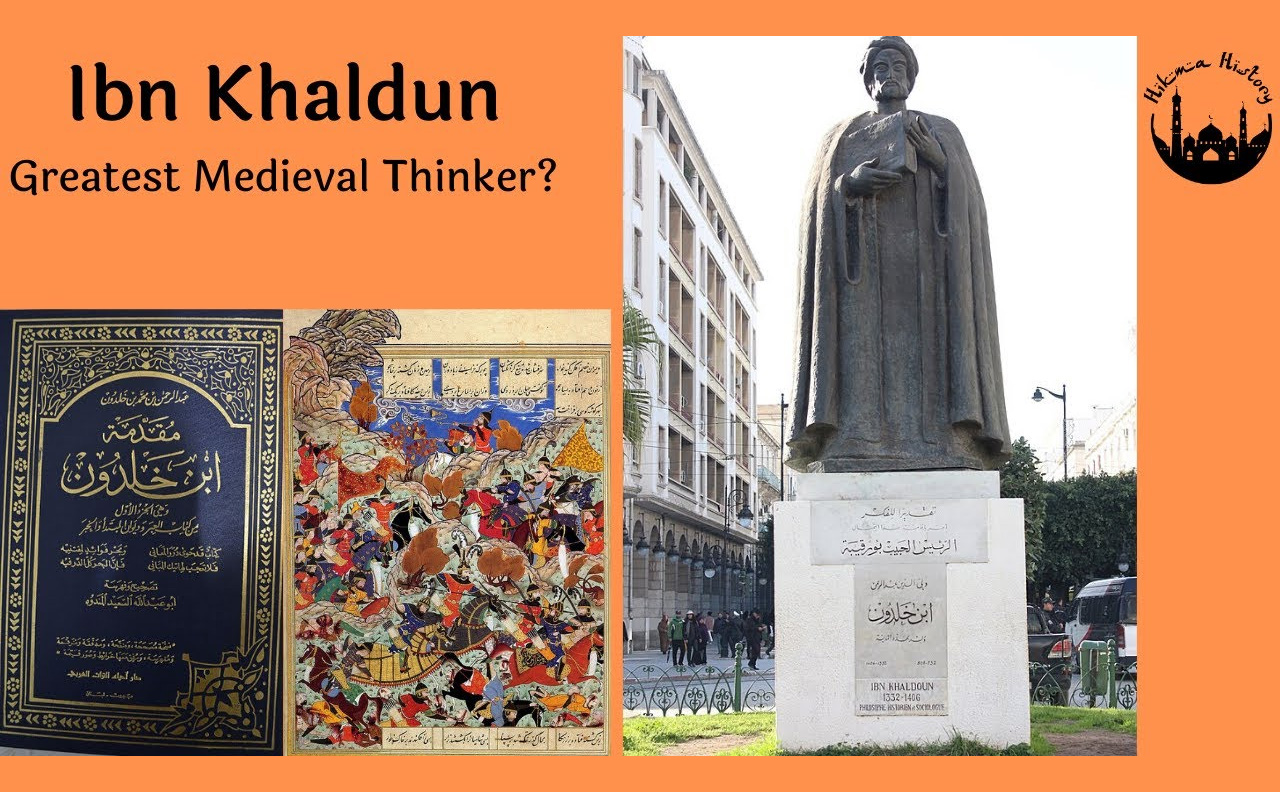

The life story and lessons of a one of a kind person in history, Ibn Khaldun!
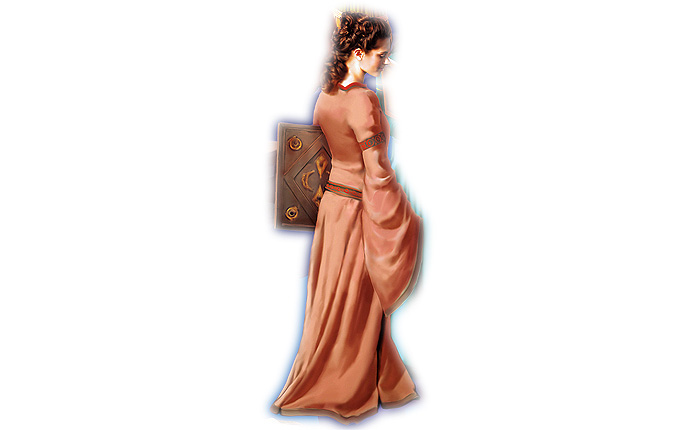

While there are numerous works on the role of Muslim women in jurisprudence (fiqh) and literature, there are also studies on Muslim women in education and in medicine - although on a much smaller scale…


“Bayt al-Hikma of Baghdad as a Model of an Academy of Sciences” from Dirasat, Human and Social Sciences, Volume 44, No. 3, 2017: This study aims to introduce academy-type institutions of the pre-Islamic era. To…


KFAS and 1001 Inventions organising Robotics and AI event


Some people, unaware of what was accomplished during Muslim civilisation, believe that astronomy died with the Greeks, and was brought to life again by Nicolas Copernicus, the 15th-century Polish astronomer who is famous for introducing…


Browse through selected images taken from Muslim Heritage articles related to Arts...


The art of medicine is long and it is necessary for its exponent, before he exercises it, to be trained in the science of anatomy/dissection (ʿilm al-tashrīḥ), as Galen has described it, so that he…
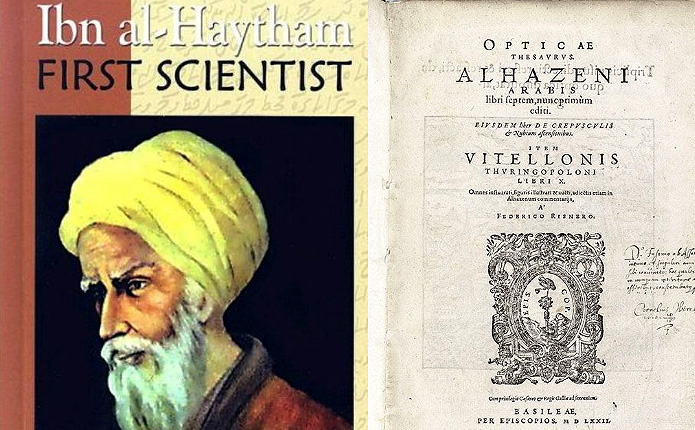

Author Bradley Steffens was interviewed by IHR Director Nadeem Haque on August 25, 2017. Steffens is a poet, a novelist, and an award-winning author of more than forty nonfiction books for children and young adults.…


In Islamic culture, geometric design is everywhere: you can find it in mosques, madrasas, palaces, and private homes. And despite the remarkable complexity of these designs, they can be created with just a compass to…
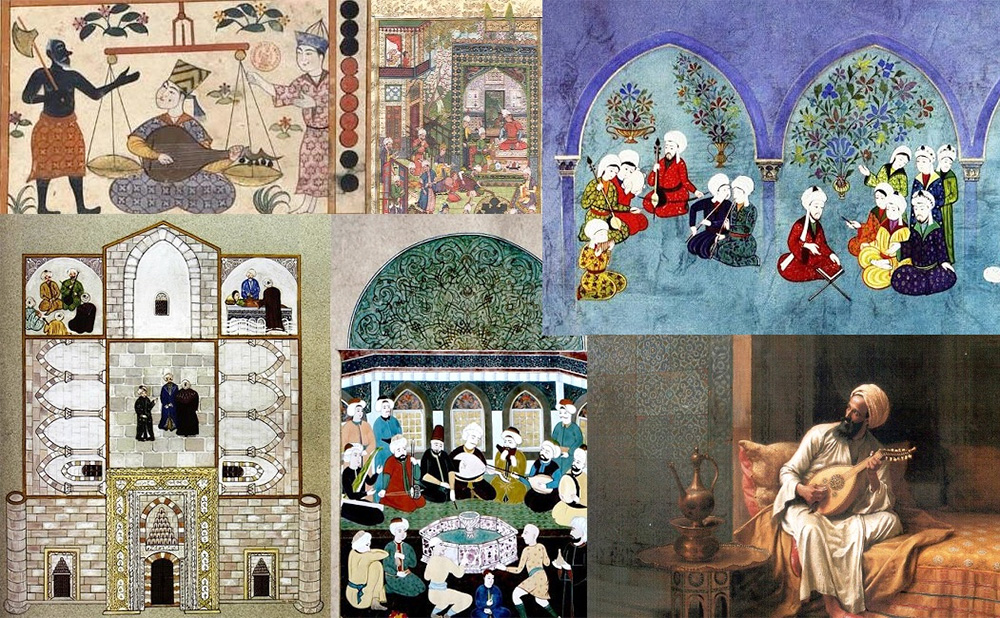

For several centuries, Arab rulers from Baghdad to Cordoba were famed for their patronage of music and musicians. Their courts boasted full orchestras for entertainment, while noted musicians competed for the ruler’s favour.


This alphabet lists just some of the words that have come from sources in Muslim civilization and have passed into the English language with their original meaning intact. It is only a small selection...


At the height of the Golden Age of Muslim Civilisation, the Arabic language was the lingua franca that served as the language of science, poetry, literature, governance and art. A big movement of translation of…


1001 Cures tells the fascinating story of how generations of physicians from different countries and creeds created a medical tradition admired by friend and foe. It influences the fates and fortunes of countless human beings,…


Discover ceilings from buildings inspired by Islamic architecture where looking up is a spellbinding experience! Each has a design and a story of its own. Most of them are distinctive and unique in respect of…


From Manuscripts and printing in the spread of Muslim science by Geoffrey Roper
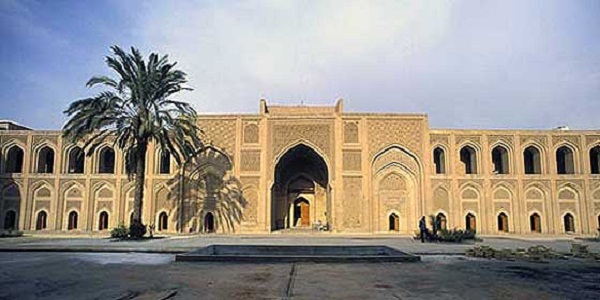

The Muslim World acquired the art of paper-making in the eighth century in Persia, ultimately Muslims brought papermaking to India and Europe. Public libraries appeared in Baghdad, Cairo, and Cordoba where books were made of…
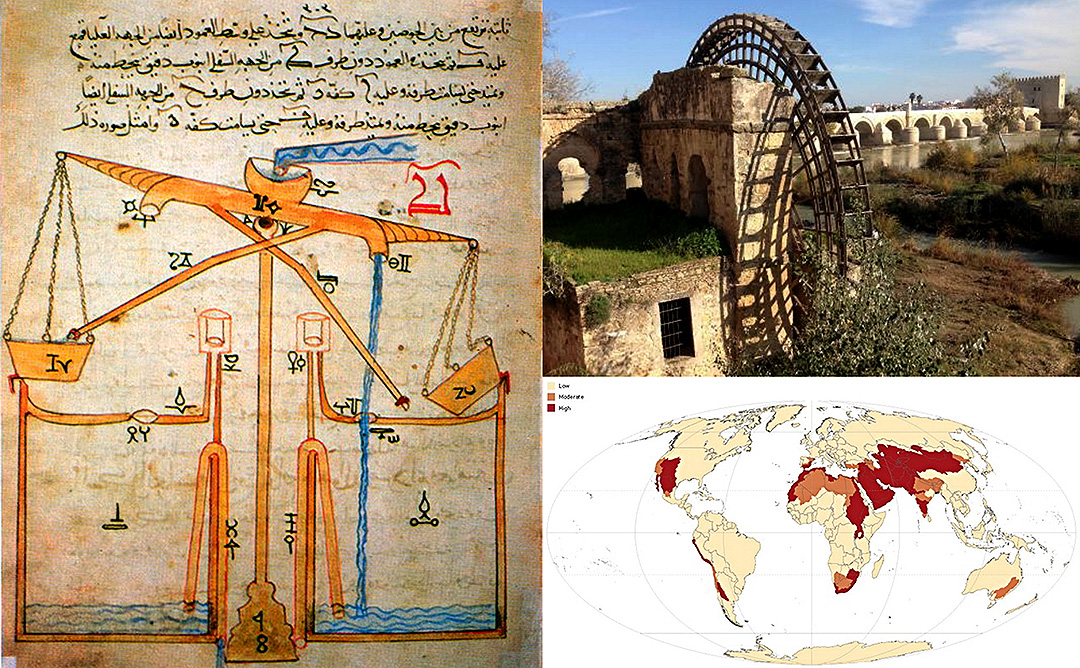

From the eighth century onwards, Muslim societies extending from Cordoba in Spain to Damascus, Baghdad, Fez and through to Marrakech, relied on the world’s most advanced water technologies at the time to serve their communities


In Islamic medicine, the most pervasive explanatory theory was that of humoral pathology. In this theory, the transformation of food into bodily substance results in four humours (ḫilṭ,ʾaḫlāṭ) : blood (dam), phlegm (balġam), yellow bile…
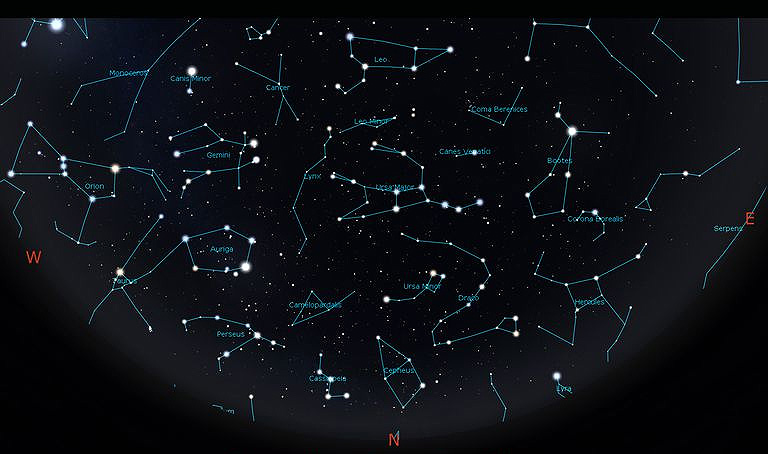

This paper reviews manifestations of racism in European and American histories of Arab and Persian astronomy from the eighteenth century to the present day. Its first section discusses the representation of Islamic astronomy from Adam…
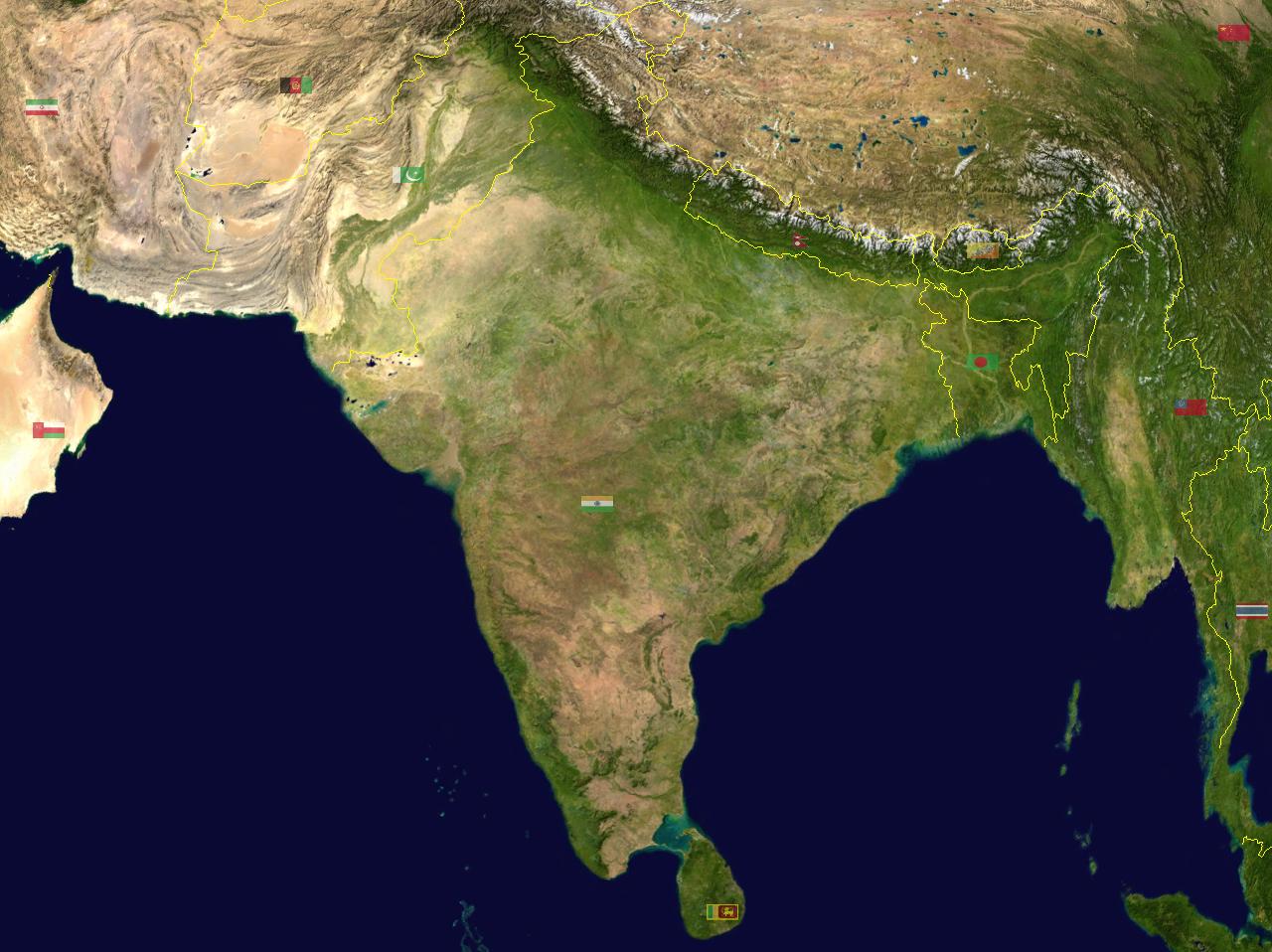

The scientific cooperation between India and the Arabs dates back to the time of Abbasid Caliphate of Baghdad when a number of books on astronomy, mathematics, and medicine were translated from Sanskrit into Arabic. From…
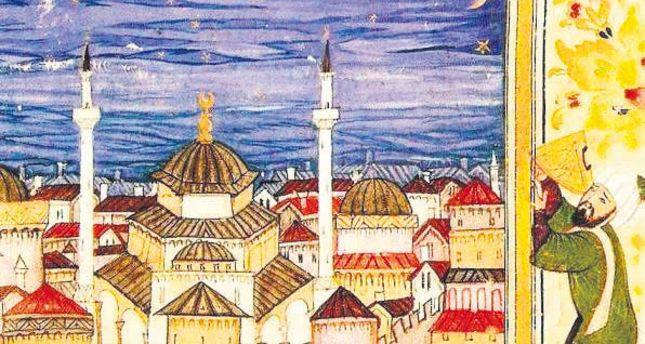

Generally, it is possible to study the development of astronomy in the Ottomans in three periods; The astronomy from the establishment of Ottomans to Ali Qushji’s arrival in the Ottomans (1299-1472); The astronomy from Ali…


Conceived and developed in collaboration with the Islamic Arts Museum Malaysia, Inspired by the East: how the Islamic world influenced Western art includes generous loans from their extensive collection of Islamic and Orientalist art. The exhibition…


Translation is one of the most powerful drivers in the development of science and medicine. From the earliest periods of recorded history until today, translation has played a crucial role in propagating scientific knowledge.
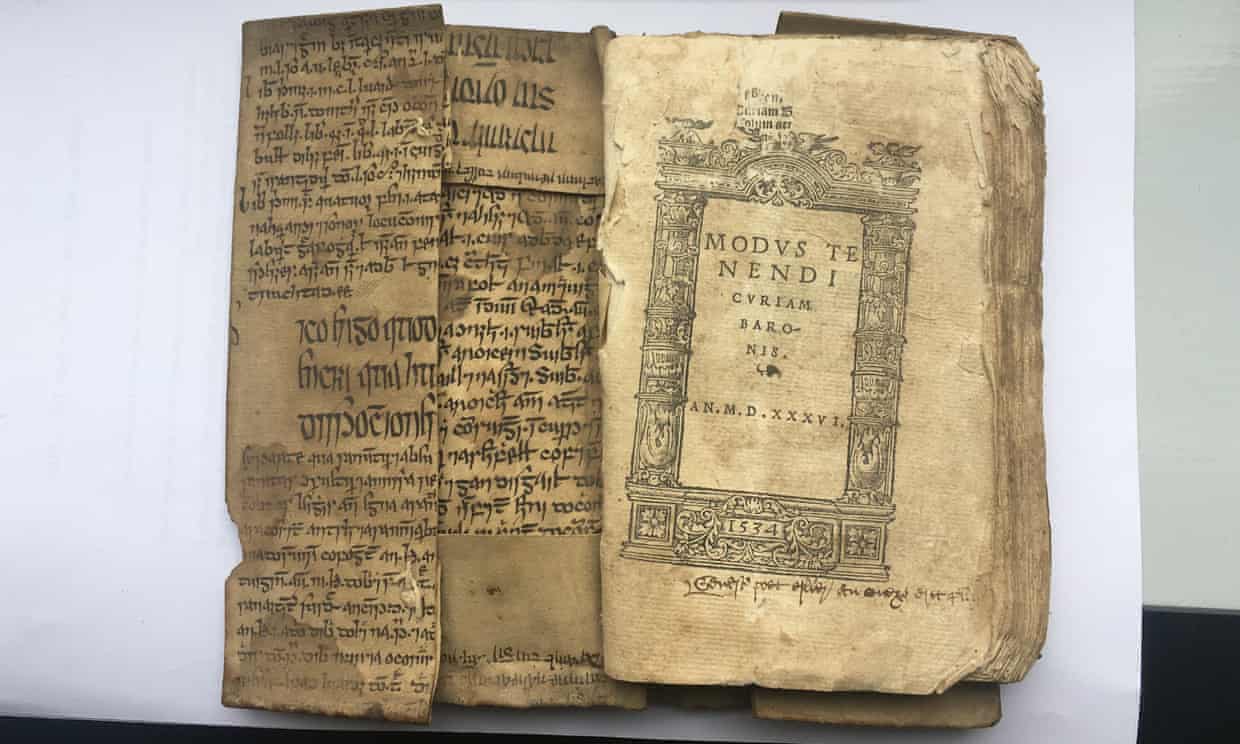

A 15th-century vellum manuscript of the writing of the revered Persian physician Ibn Sīna, or Avicenna, has been found being used to bind a later book, revealing for the first time that his seminal Canon…


Jabir bin Hayyan is one of the most intriguing figures in the history of science. Why?...


Modern Science ? Muslim? What's one got to do with the other?...


Join us on a journey to unveil the "Quranic" roots of one of the greatest scientific revolution in history...


The Human mind is an enigma, a mystery for the modern world ! What is the mind? Why do we have an inner experience ? What is the relationship between the mind and body?...


Is the earth spherical or flat? We don't need to ask NASA. Even ancient Greeks, Indians and Muslims in the Golden Age of Islam discussed it in great detail...


Based entirely on the book by Ali Mahmood titled "Muslims"...


You may have seen the poster of the Second Golden Age. Let's introduce one of the shining lights of the Golden Age of Islam. Presenting the Founder of Modern education, the woman behind the concept…


Islamic civilisation developed a system of healthcare that, at its apogée, was envied by both friend and foe. Therefore, medicine evolved into a highly complex and variegated discipline from the 7th to the 21st century…


Bayruni conducted advanced research and wrote original standard works in different areas of knowledge - such as mathematics, astronomy, astrology, physics, pharmacology, cosmology, mineralogy, geography, history, chronology and cultural anthropology...


1001 Inventions Celebrates Ibn Al-Haytham at Manchester’s Iconic Central Library


Damascus is one of the oldest cities in the world and has an amazing story!...


When a sixteenth-century medical writer referred to Phoenicians, alongside Arabs, as exceptionally important medical sources, he was probably referring to the Muslim and Jewish doctors of Qayrawan, who were writing in Arabic in the tenth…


From Bangladesh to Pakistan, Kyrgyzstan to Nigeria, Senegal to Turkey, it is not particularly rare in our own times for women in Muslim-majority countries to be appointed and elected to high offices—including heads of state.…
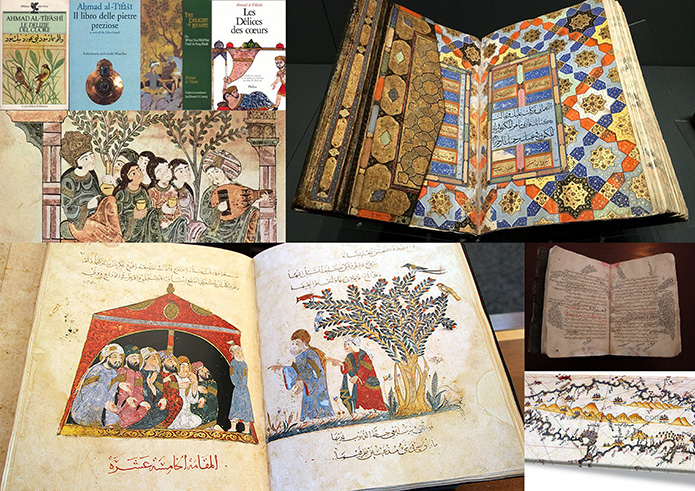

A long standing topic of discussion among orientalists has been the question whether science in medieval Islamic society was a marginal activity, restricted to small elite circles and not rooted in society, or whether it…


In this video we take a look at the muslim who cracked one of history's most famous codes!...


The peaks and valleys of Isfahan's history!...


Al-Biruni was so far ahead of his time that his most brilliant discoveries seemed incomprehensible to most of the scholars of his days...


In fantasy stories, charlatans in fancy robes promise to turn lead into gold. But real alchemists weren’t just mystical misers...


I used the discipline of astronomy as a template to record the transmitted ideas and hoped that other people, who work on other disciplines, would do the same, all in an effort to paint a…


Research Centre for Islamic History, Art and Culture (IRCICA), Istanbul, is deeply saddened at the demise of Prof. Dr. Fuat Sezgin, a prominent historian of science in the world and leading figure of scholarship in…


The history of medicine is about two of our big questions: one, what is life? What makes it so special, so fragile, so… goopy!?
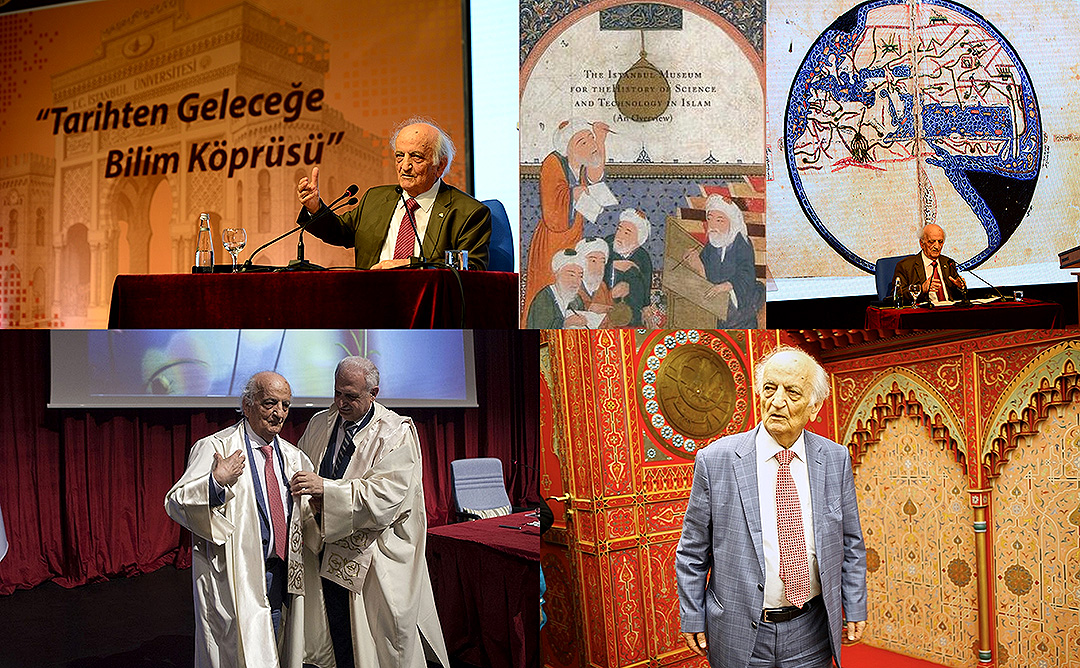

The academic world has lost a great scholar. Below is an obituary predominantly based on a recently updated Wikipedia article (en.wikipedia.org/wiki/Fuat_Sezgin)


Abu `Ubayd's work is much more comprehensive in the subject of public finance of the Islamic State...


It has stood the test of time for more than a thousand years and has been viewed by many historical figures with awe....
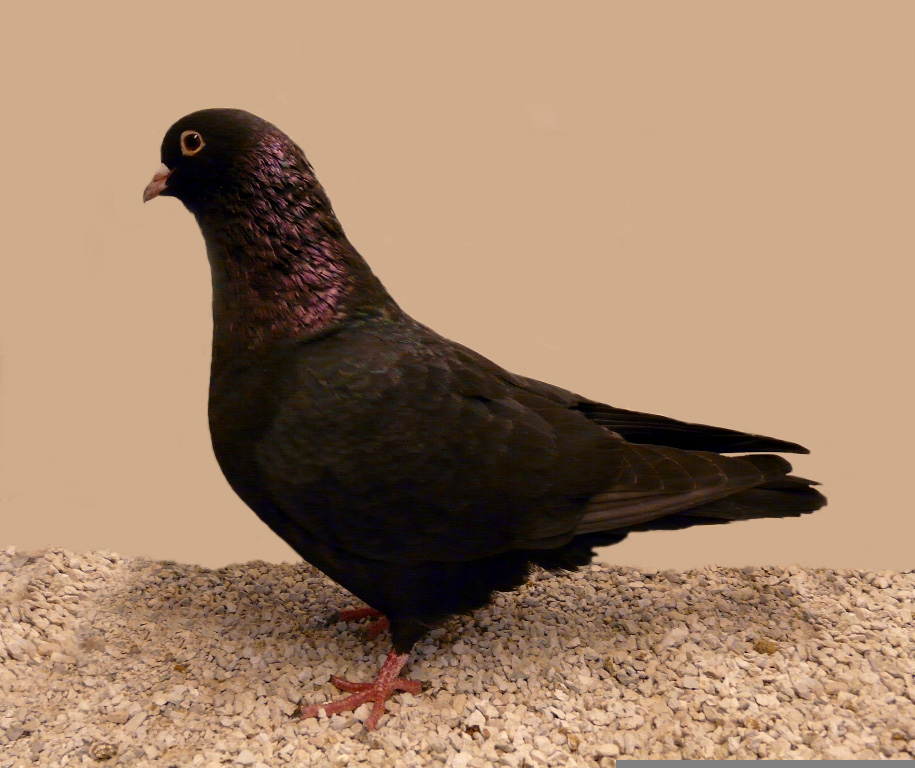

Few creatures from the animal kingdom can live alongside humans in urban habitats. One of these survivalists are birds. There was a time when birds were simply welcomed and not worshipped not treated badly. You…


From Bangladesh to Pakistan, Kyrgyzstan to Nigeria, Senegal to Turkey, it is not particularly rare in our own times for women in Muslim-majority countries to be appointed and elected to high offices—including heads of state.…
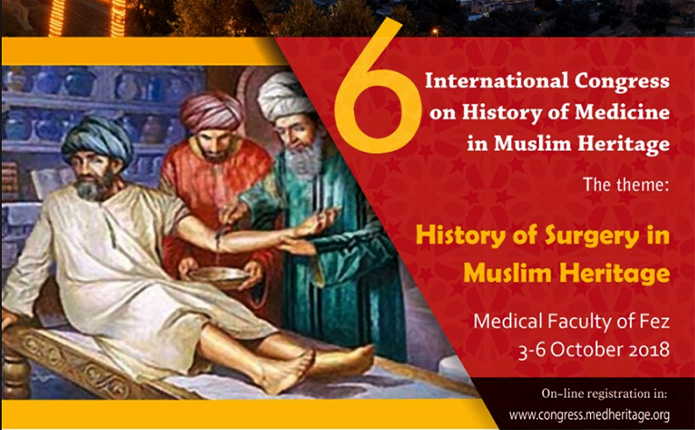

The 6th International Congress on History of Medicine in Muslim Heritage will be held during 3-6 October at the University of Sidi Mohammed Benabdellah, Fez, Morocco.


Video regarding a brief biography of Al-Jazari and the explanation of his Castle Clock...


This article is the summary of a presentation given by Dr. Al-Suwaiyel at Oxford University. The presentation provides an insight into the works of Muslim Scholars on Cryptology in early Islamic periods.


Islamicate scholars—meaning people influenced by Islamic civilization, regardless of their religious views—gave us terms such as “algebra,” “azimuth,” “algorithm,” “alcohol,” “alkali,” and “alembic.”...


On Wednesday 25 April 2018, The University of the Third Age (U3A) , hosted an event at Leamington Spa Town Hall to explore Islam through a day of interactive talks, performing arts and an exhibition.…
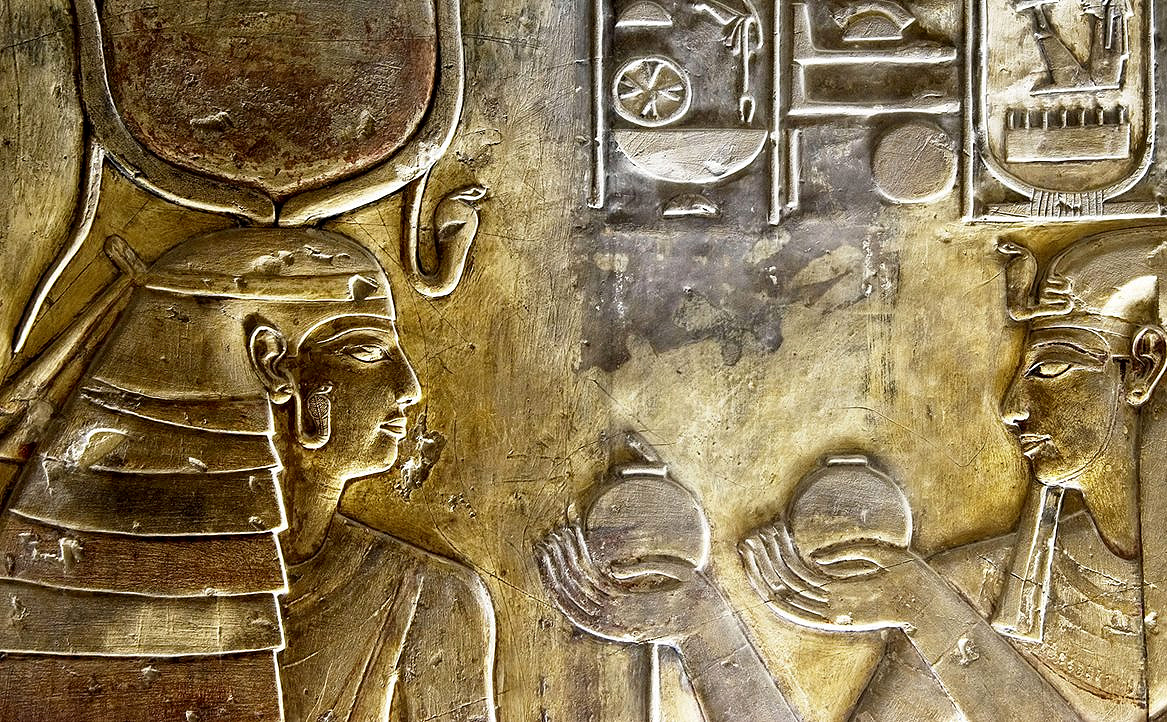

Carved in the 13th century bce, fine bas-reliefs on the walls of the tomb of Seti i in Egypt’s Valley of the Kings show elaborately carved hieroglyphs, a term that comes from the Greek for…


To celebrate the launch of 1001 Cures; Contributions in Medicine & Healthcare from Muslim Civilisation, Bettany Hughes, Prof. Peter Frankopan, Dr. Aarathi Prasadand Prof. Peter E. Pormann participated in a panel discussion were they discussed…


This free lecture comes from the course The History and Achievements of the Islamic Golden Age.


The World Muslim Women's Summit & Exhibition WISE 2018 was held as a part of the 8th World Islamic Forum on the 1st -2nd of March 2018...


You must be aware of Bitcoins? How many of your devices have Bluetooth? When last did you use the ATM? Web Banking? Emails? All of these have one thing in common- Encryption Technology and Cryptography...


Drawing on Harold Bloom’s model of poetic influence and supersession in his famous book, “The Anxiety of Influence,” and considering several historical cases of cross-cultural reception of the natural sciences from the Middle Ages that…


1001 Cures: Contributions in Medicine and Healthcare from Muslim Civilisation tells the fascinating story of how generations of physicians from different countries and creeds created a medical tradition admired by friend and foe...


The Kanz al-fawāʾid fī tanwīʿ al-mawāʾid is a 14th century Egyptian cookbook that consists of 830 recipes for a variety of different dishes and beverages...


To mark the launch of 1001 Cures: Contributions in Medicine & Healthcare From Muslim Civilisation new multi-author book with Foreword by Sir Magdi Yacoub, the Foundation for Science, Technology and Civilisation (FSTC) in partnership with…


This article is a paper submitted to and presented at WISE 2018: World Muslim Women's Summit & Exhibition, organised by TASAM, Istanbul, Turkey, from 28th Feb - 4th March 2018.


Born out of the Sahara Desert, Marrakesh has become the cultural hub of Morocco!...


Under the reign of Eurocentrism, the Western mind imagines that even if Islam came up with all manner of new ideas and technologies – ideas in engineering, art, mathematics and at a big push, science…


From Bangladesh to Pakistan, Kyrgyzstan to Nigeria, Senegal to Turkey, it is not particularly rare in our own times for women in Muslim-majority countries to be appointed and elected to high offices—including heads of state.…


Various medieval Arabic manuscripts preserved in libraries around the world – Leipzig, Cairo, Princeton, and not least Jerusalem


The world has lost a rare scholar and wonderful person. Cesare Rossi was a distinguished professor of engineering and also historian of engineering. He was a friend and an Associate of the Foundation for Science,…


On 13 and 14 January 2018 Ashfia Ashrif, Manchester based Artist and Student of Traditional Arts, delivered a two day course named “Introduction to Turkish Motifs in Ottoman Times” at FSTC House.


Hank unravels the fascinating yarn of how the world came to use so-called Arabic numerals -- from the scholarship of ancient Hindu mathematicians, to Muslim scientist Al-Khwarizmi, to the merchants of medieval Italy.
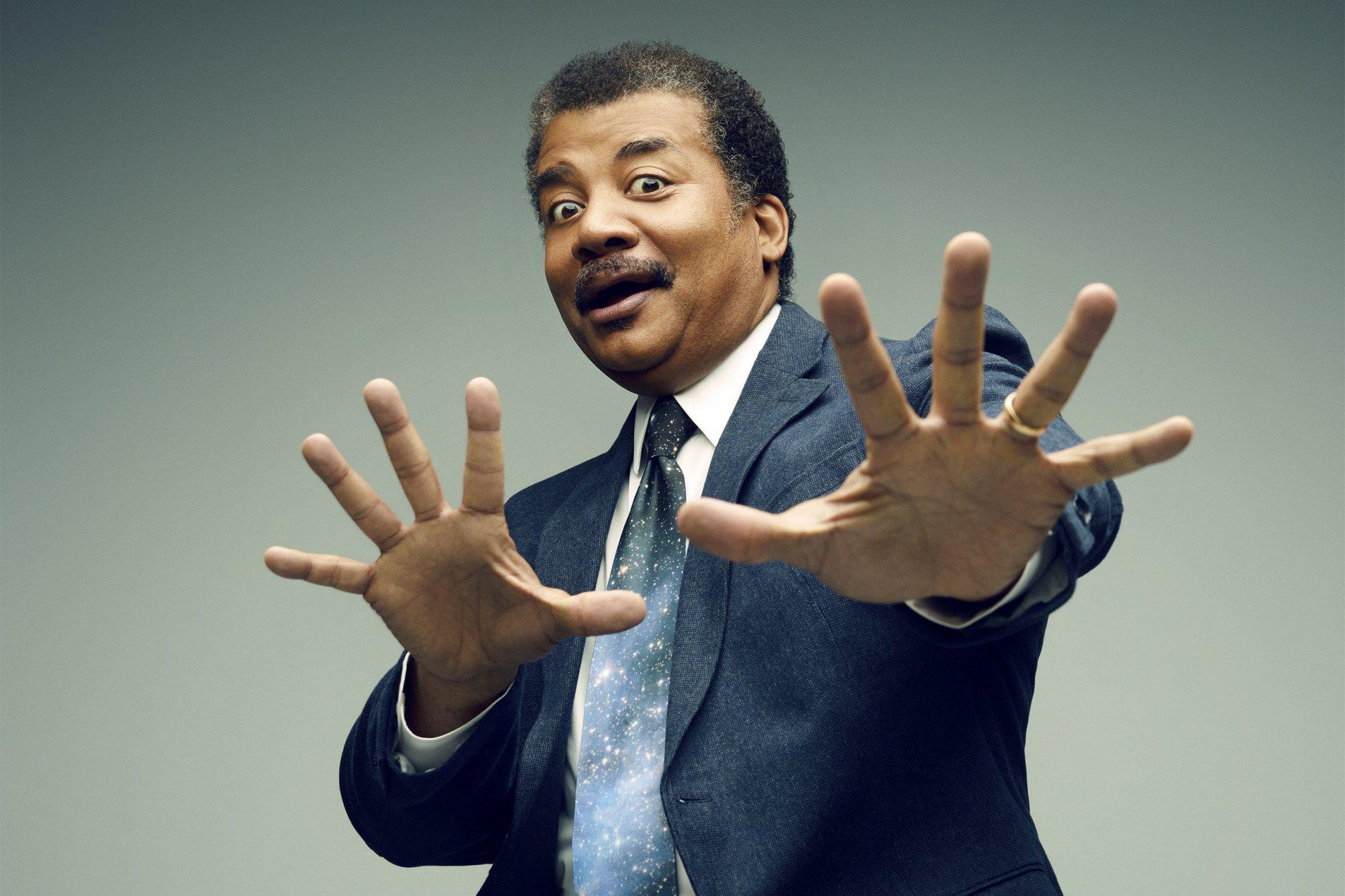

Neil DeGrasse Tyson talks about the origin of science in Islamic history but how science was later rejected due to religious dogma, and how this has set the world back so many centuries. A very…


Explore the history of the Muslim's greatest architectural achievement in Iberia...


West African Muslim scholars produced a number of Arabic works relating to medicine, philosophy, economic studies, political thought, geography, architecture, town planning and public administration...


Most of the oldest Muslim treatises on Siwak remain in a manuscript form. However, similar works on this issue have also appeared in later periods...


Suitable for teaching 7 to 11s. This vlog style film introduces the work of Alhazen, and the scientific discoveries that he made about optics and the eye...


The first man to fly? In the 9th century!?...
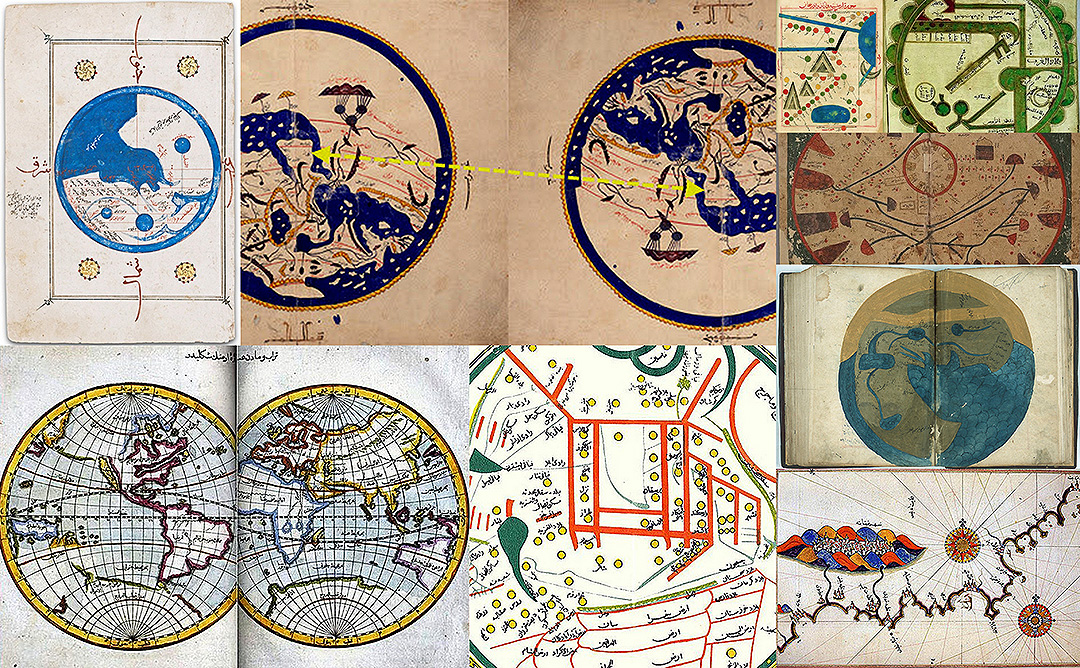

Great scholars from Muslim Civilisation, indeed, turned the world upside down with their maps; not just metaphorically but world maps once were literally upside down (with south dipicted at the top).


The Oxford Museum of the History of Science launched an online Al-Mizan Exhibition, this exhibition explores the connections between the sciences and arts in societies from Muslim Civilisation.


The most obvious difference between modern and Islamic astronomy is that the latter is primarily mathematical and predictive, and the former has other observational goals, such as describing the physics of other worlds.


Ibn Battuta – The Greatest Explorer of All time...
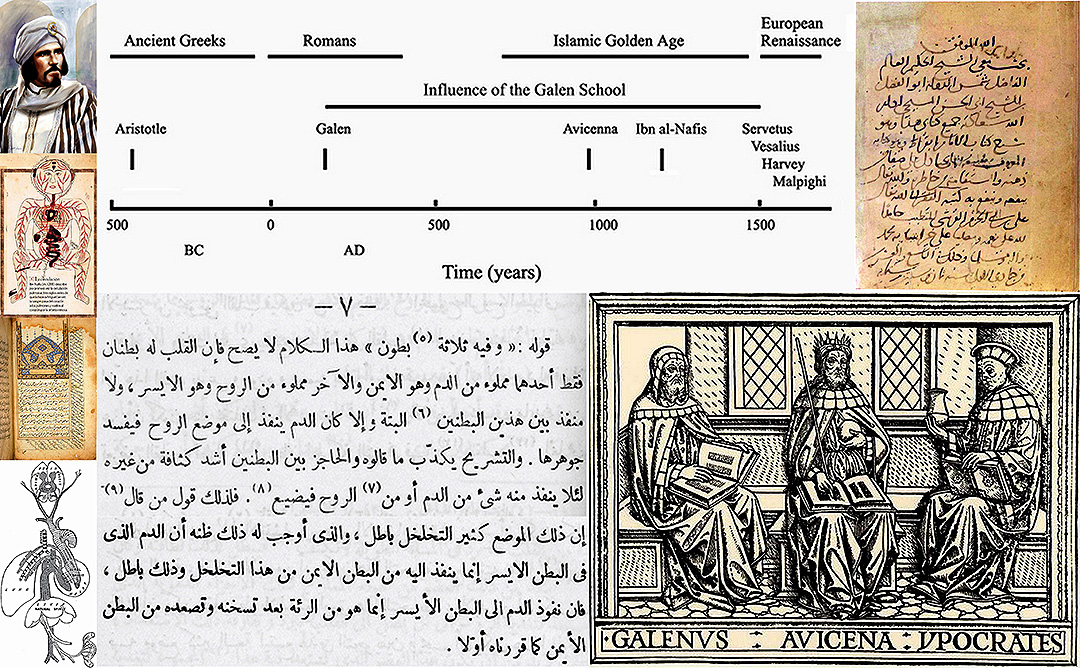

Ibn al-Nafis (1213-1288) was an Arab physician who made several important contributions to the early knowledge of the pulmonary circulation. He was the first person to challenge the long-held contention of the Galen School that…


Professor Glen Cooper discusses the Golden Age of Muslim Civilisation. During the European Dark Ages, when science, art and literature seemed to flounder for centuries, there actually was a lot of discover in places like…
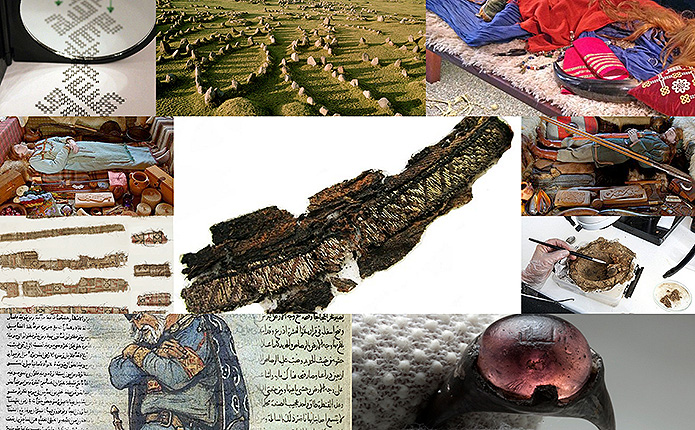

As predicted in our previous article dating back to May 2015, additional studies and research have indeed revealed more artefacts illustrating European and Islamic Civilisation interconnectivity. Similar to the Viking woman who was found wearing…
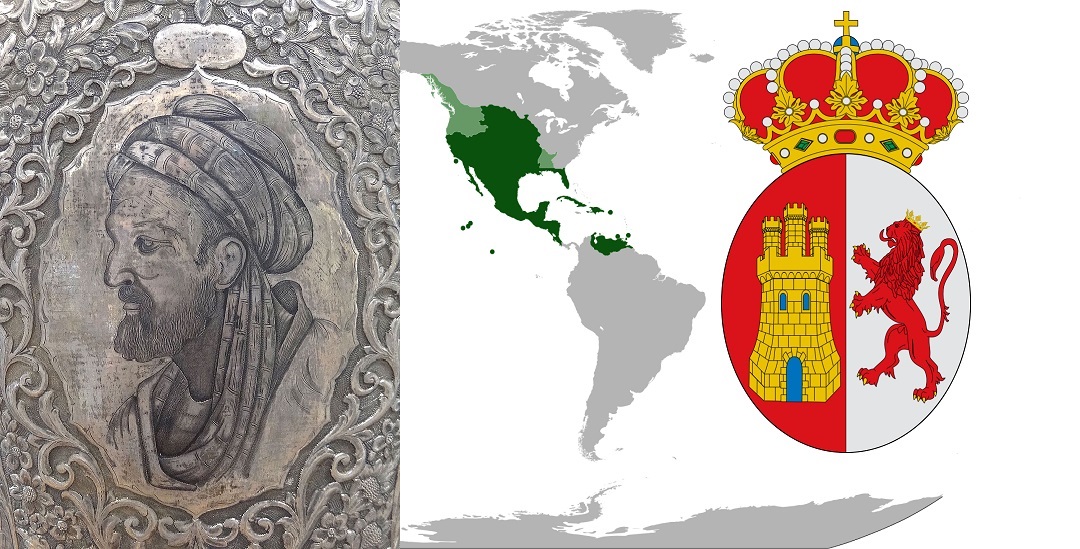

New Spain was a viceroyalty of Spain between 1521 and 1821. In these three centuries, the practice and the teaching of medicine had a great influence from Arabian medicine, and in this way, the thinking…
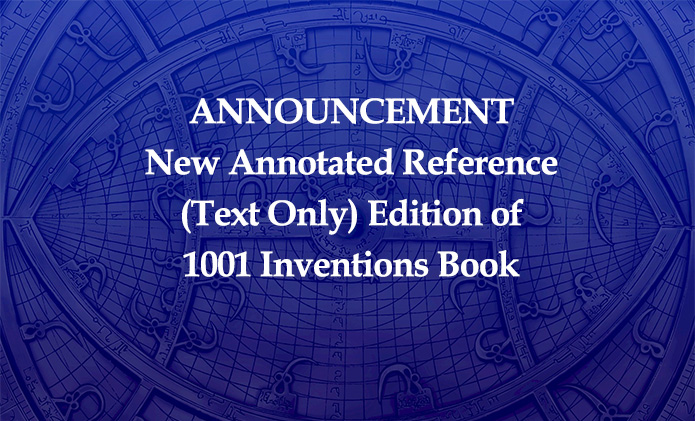

New Annotated Reference (Text Only) Edition of 1001 Inventions: The Enduring Legacy of Muslim Civilisation
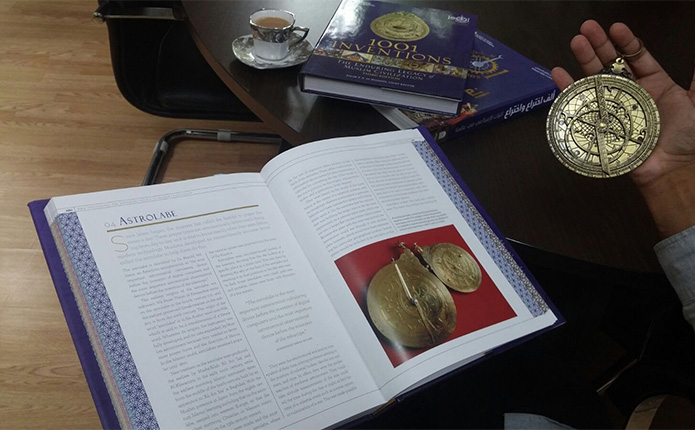

Over a thousand-year period in Muslim Civilisation, epoch-making discoveries and contributions, such as the first record of a star system outside our own galaxy were made. Also astronomical instruments including celestial globes, armillary spheres, sextants…
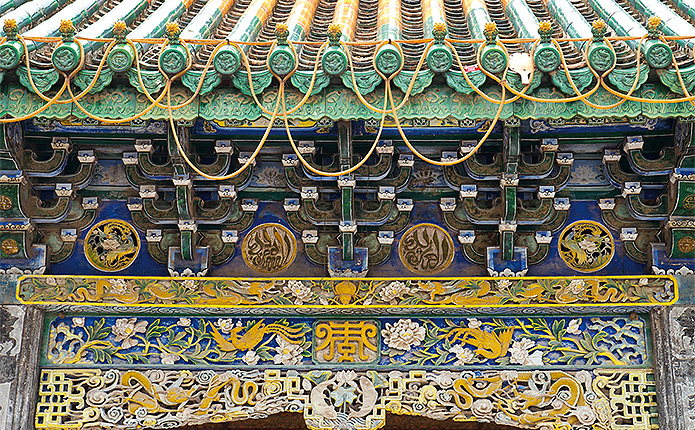

In a country known for large numbers, it was a modest, round number that grabbed our attention: 100. That is the approximate number of mosques built before 1700 that are estimated to remain throughout central…


“Science and Engineering in the Islamic Heritage”, a Symposium organised by Al-Furqān Islamic Heritage Foundation – Centre for the Study of Islamic Manuscripts, in co-operation with the Foundation for Science, Technology and Civilisation (UK), on…


Water-related diseases are the most critical health problems in the world now, therefore the mechanisms of sterilize water and its development gained the attention of governments and scientists.


Hospitals are one of the most important inventions that was ever made. Without hospitals our world wouldn't have got to where it is today. That is all because of our great Muslim brother Ahmad ibn…


New Spain was a viceroyalty of Spain between 1521 and 1821. In these three centuries, the practice and the teaching of medicine had a great influence from Arabian medicine, and in this way, the thinking…
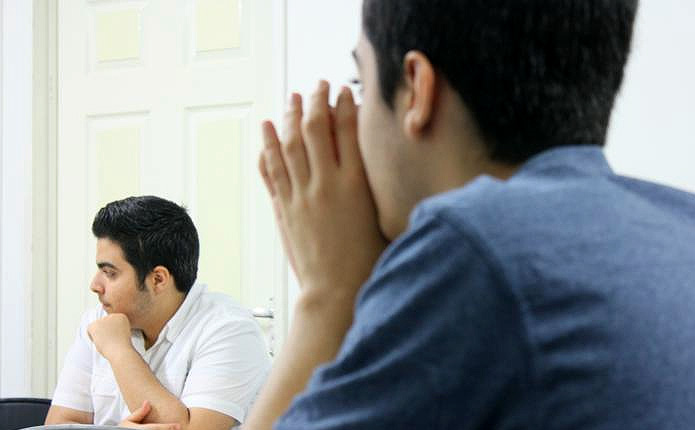

On Saturday 1st July 2017, the Foundation for Science, Technology, Civilisation UK (FSTC UK), Rethink Rebuild Society (RR) and AMAL partnered up to deliver the second part of the “Rethinking and Rebuilding Social Cohesion: Engaging…
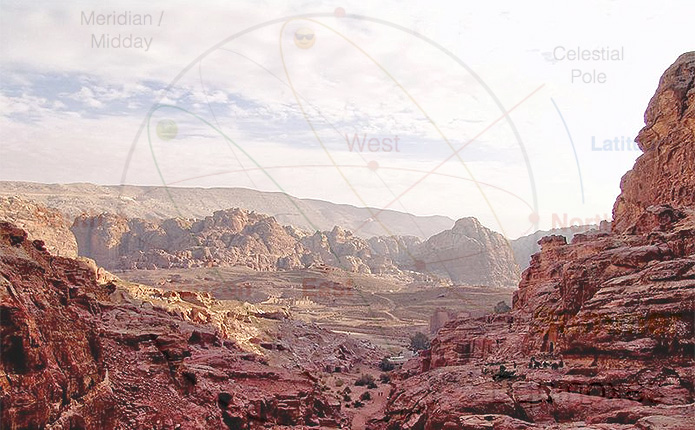

A critique of Dan Gibson, Early Islamic Qiblas: A Survey of mosques built between 1AH/622 C.E. and 263 AH/876 C.E. (with maps, charts and photographs), 296 pp., Vancouver BC: Independent Scholars Press, 2017


Meet Mansa Musa - The Richest Muslim That Ever Lived...


On Friday 11 August 2017, the Foundation for Science, Technology and Civilisation UK, held two consecutive talks on the notion of 'Scholarship, Science & Technology in Sub-Saharan Africa'. The purpose of this event was to…


While the historical character of Captain Jack Sparrow in the movie was an Englishman, historical facts indicate that he led an adventurous life and had converted to Islam...


[Ibn Khordadbeh] grew up to be a knowledgeable scholar, and during the reign of Caliph al-Mu`tamid (256-279 A.11/870-892) he was appointed as Director of Post and Information in the province of Jibal...


Abbas ibn Firnas, a Spanish Muslim inventor of the 9th century managed to achieve un-powered glider flight in Cordoba in the 800s by building a set of wings covered in bird’s feathers...
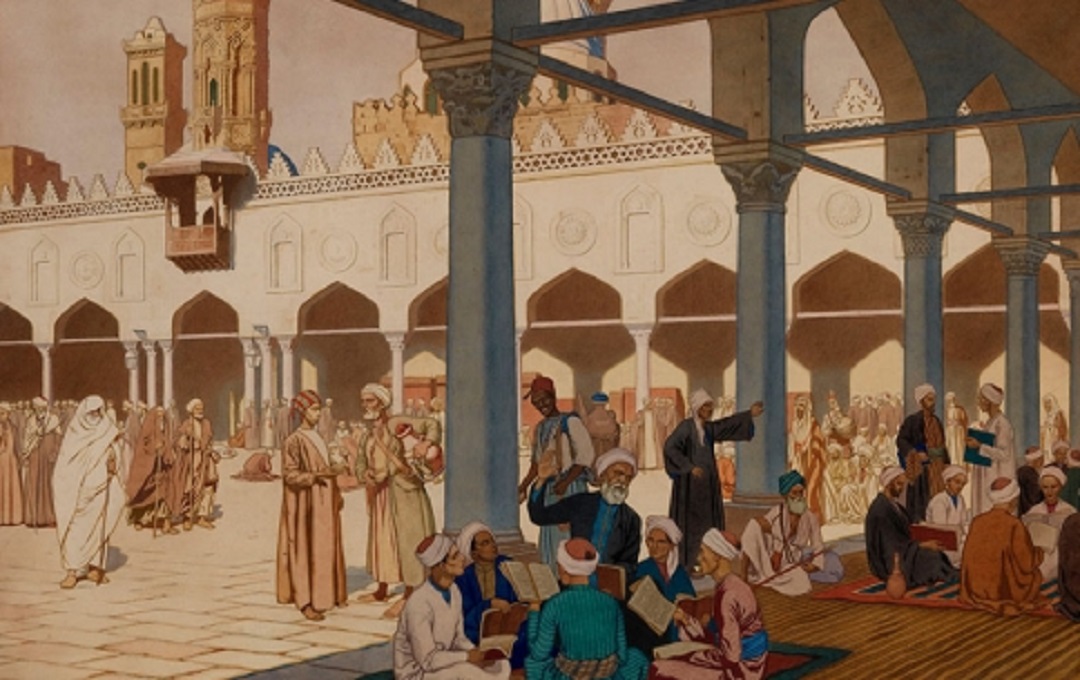

During the Cheltenham Science Festival from 6 - 11 June 2017, a panel on “The Story of Math” took place. Professors Mona Siddiqui, Mohamed El-Gomati, Marcus du Sautoy and Dr Amira Bennison took part in…


The film is part of a global educational campaign launched by 1001 Inventions in partnership with UNESCO in 2015 that has engaged more than 30 million people around the world.
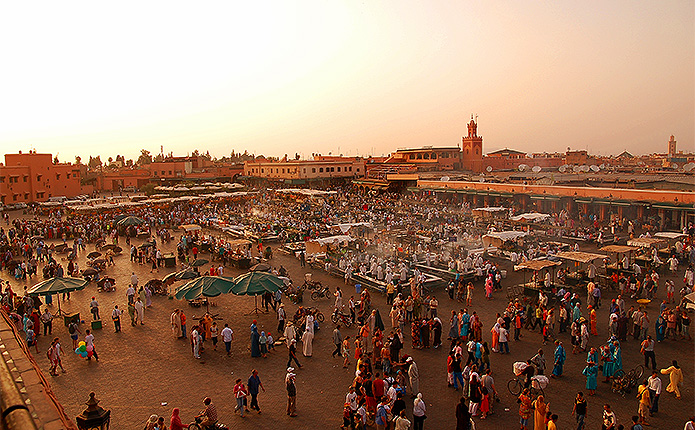

It is highly crucial to begin this article by the following point which not many people are aware of, but is perhaps one of the most decisive moments in Muslim history: the role played by…


...in order to know or appreciate most developments of Muslim society and civilization, or to understand the very foundations of Islamic society and civilization, we have to go to the very early history of Islam.…


Nothing contrasts more the discrepancies in learning as the place of books. When Muslim libraries abounded with books, some containing even tens of thousands, and where students, scholars and any curious mind found a place,…


An ancient Islamic nomad is giving up his camel-hair tent and has designed his own ‘forever’ family home to settle in Baghdad.


This reality TV parody introduces AD900 Baghdad and the typical occupations for both men and women, touching on how women were respected but lacked influence in early Islamic society...


Through this popular reality TV parody, children gain an insight into early Islamic inventions...


This cooking show parody introduces children to early Islamic food...


Genetic and paleontological findings have concluded that Africa is the birthplace of the entire human race. Africa is often thought of as a continent rich in natural beauty and culture. However, little is known or…


AL-FIHRIST is to be regarded the first standard subject-wise 'catalogue' covering all areas of knowledge...


This paper presented at the 7th International Congress of the International Society of the History of Islamic Medicine, and 4th Fez Congress on History of Medicine, jointly organized by the University of Muhamed Ben Abdallah,…


The Fast Facts Collection was originally produced for the edutainment reality TV program Stars of Science, a Qatar Foundation initiative. The program has successfully brought science and technology closer to millions of viewers across the…


This article was originally published as: “Islamic Astronomy”, in Christopher Walker, ed., Astronomy before the Telescope, London: British Museum Press, 1996, pp. 143-174.


A chronology on "Science from the East - Techniques from the West: Turkey's 700-year long venture" is compiled by Professor Dr. Feza Günergun, Department of the History of Science, Istanbul University. People sought knowledge for…
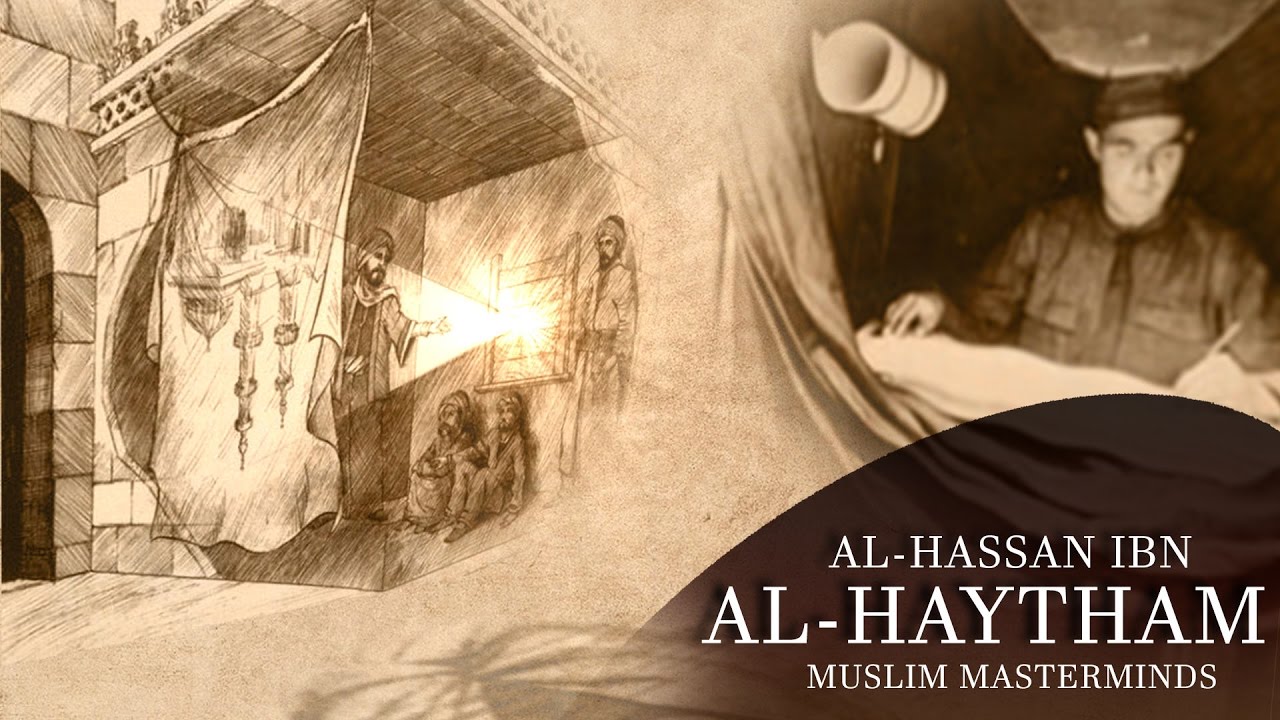

Though it is often claimed that the modern scientific method was not established until the early 17th Century by Francis Bacon and Rene Descartes. There is no doubt, however, that Ibn al-Haytham arrived there first...


5 Extraordinary Muslim Women from the Golden Age...
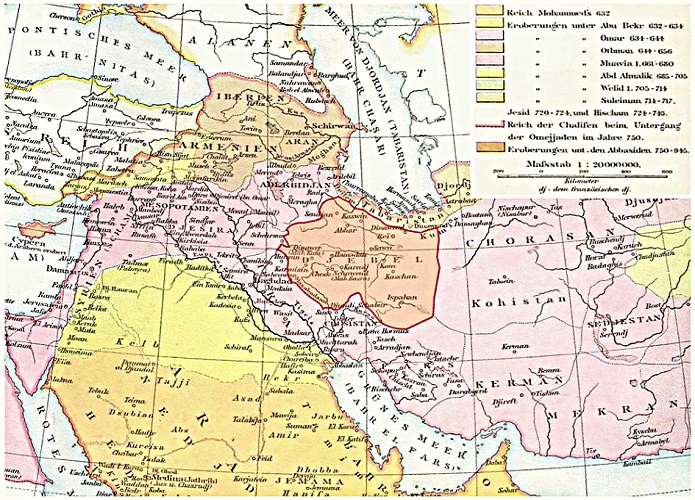

Rayy was a city in the old Persian region of Media, during the Islamic times in the province of Djibal...


...in this article, I will summarise the key elements of the modern science of evolution, and the reasons why the evidence in its favour is generally regarded among scientists as conclusive, before turning to my…
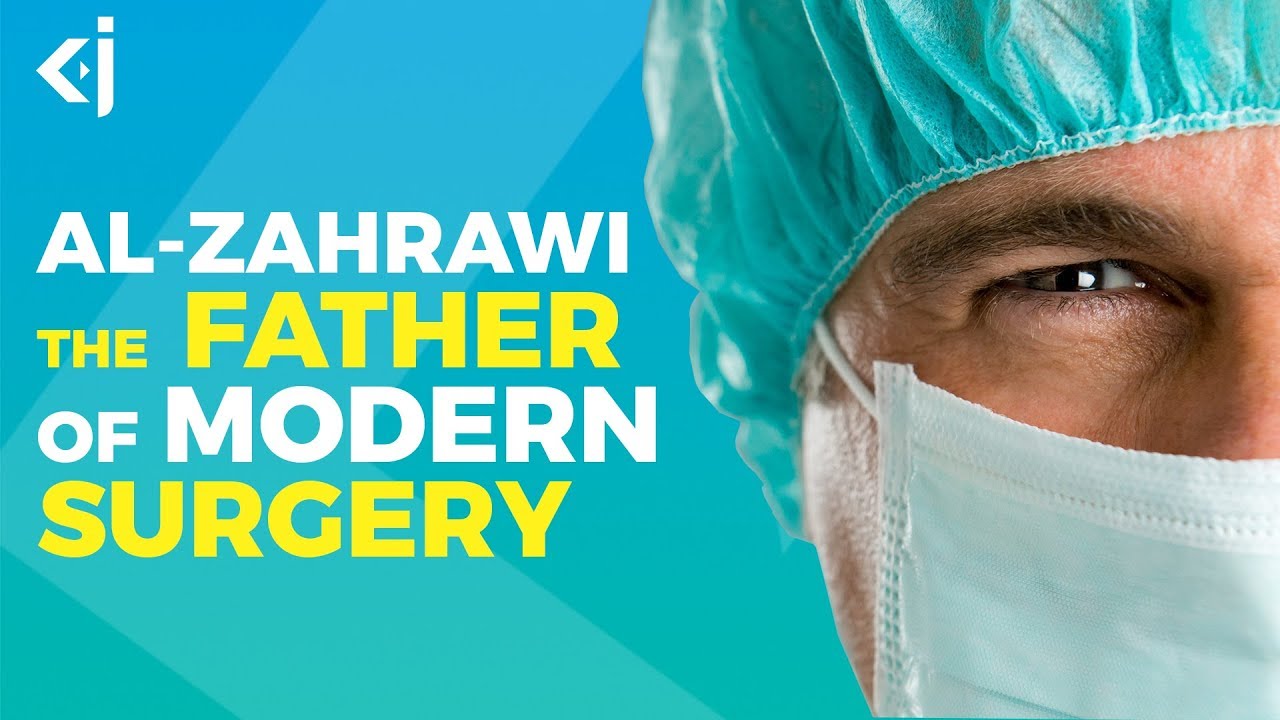

He revolutionized how surgery was performed by inventing new methods and tools to help heal patients...


Baghdad and the Paper-Making Industry We hope you enjoyed and learn't something new from our video...


This article presents Abu'l-Qasim Khalaf ibn 'Abbas al-Zaharawi, Arabic أبو القاسم خلف بن عباس الزهراوي, Latin Albucasis (936-1013 A.D.), one on the most outstanding Arabic physicians and the most remarkable Arabic surgeon. His work had…


Muslim Contributions to the Medical Sciences A Tribute to Dr Rabie E. Abdel-Halim


In recent years, here at Fez and all over the world, distinguished scholars have rediscovered the immense importance of Islamic medicine which preserved, systematized and developed the medical knowledge of classical Antiquity. From the seventh…


Junior Library Guild Honours National Geographic Readers Book on Ibn al-Haytham


On the 24-28th of October 2016, Proffesor Salim Al-Hassani and other experts in their fields took part in the 7th International Congress of the International Society for History of Islamic Medicine, Fez, Morocco.
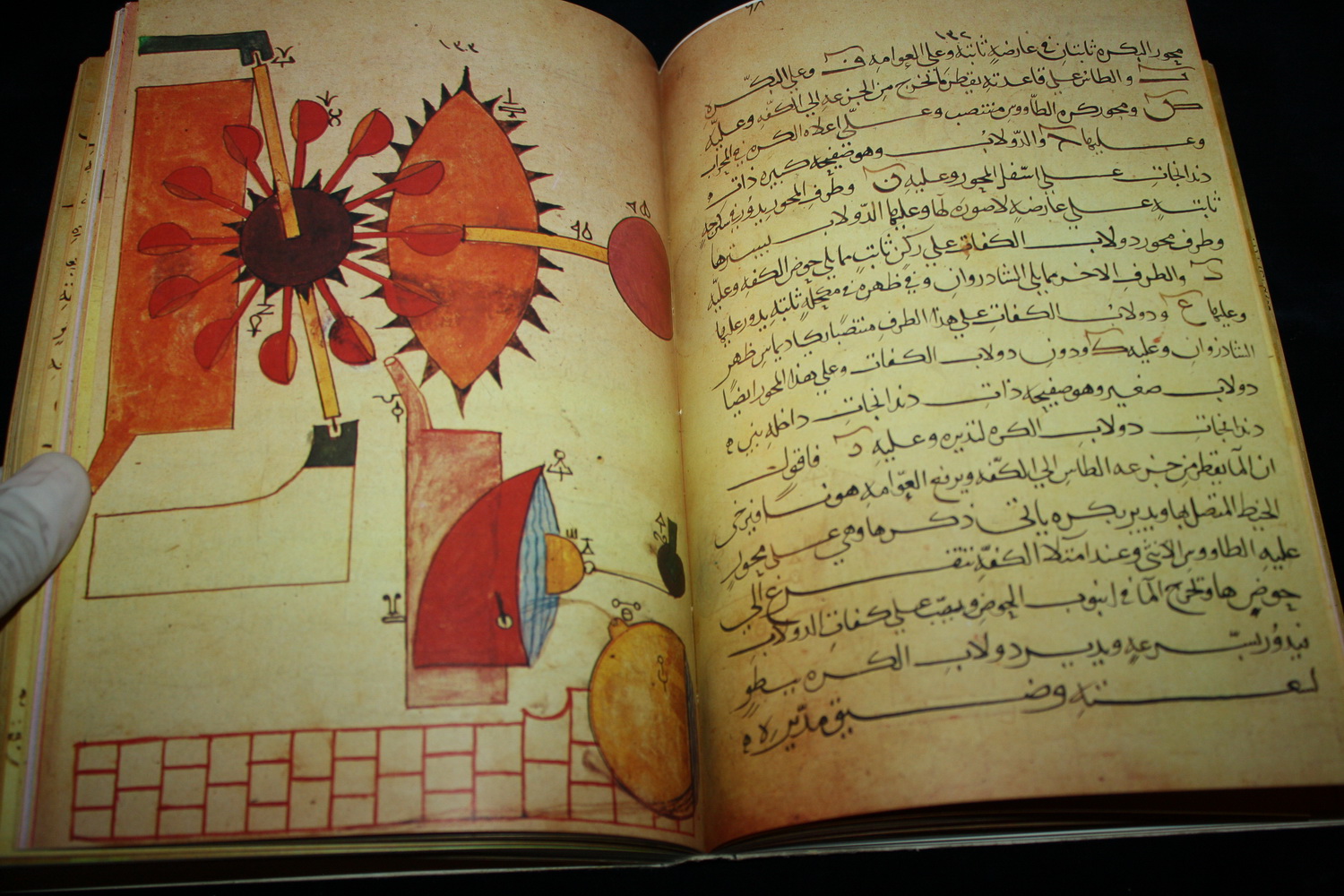

This keynote lecture reviews the rise and development of automatic machines within Muslim civilisation. It looks at how inventors from the Muslim civilisation progressively transformed achievements of previous cultures (e.g. ancient Mesopotamia, Egypt, Greece, Persia,…


Fully automated environmentally friendly water raising devices, pumps, windmills and more! Discover some of the most facinating devices from the Golden Age of Muslim Civilisation that brought creative innovative ideas helping to drive agriculture and…


[Ibn al-Ukhuwwah] provides a summary of the positive and negative injunctions contained in the standard codes of the Shari`ah together with regulations for the safe guarding of public morality, for ensuring the purity of faith…
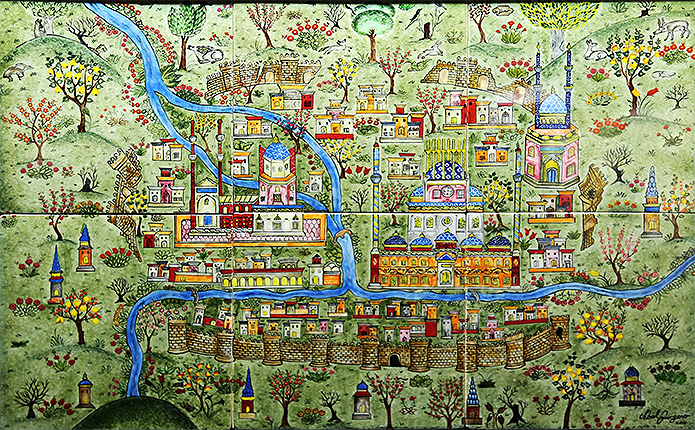

Throughout history, trade routes played a central role in the transfer of goods and exchange of ideas between different parts of the world. The historic Silk Roads, which were a network of trade routes across…


Nana Asma’u sits in the pantheon, of the great educators of Africa. Taught by female scholars – such as Aisha - in her family, as well as by her more well known father (Usman dan…


Our third story is that of Shajarat al-Durr, the first woman to sit upon an Egyptian throne since Cleopatra, nearly 1,300 years before.


Jeannie Miller, an assistant professor in the department of near & Middle Eastern civilizations, is working on a manuscript examining The Book of Animals by al-Jahiz, a ninth-century Arabic writer and polymath. Al-Jahiz saw himself…


The annual King Abdullah Bin Abdulaziz International Award for Translation in the Humanities from Arabic in to other languages was awarded to Professor Salim Al-Hassani and Professor Mohammed Abattouy. Professor Al-Hassani announced at the award…


Syria in the 14th century was the scene of the most sophisticated developments in astronomy anywhere in the world. Shams al-Din al-Khalili was a muwaqqit, or mosque astronomer, in Damascus in the middle of that…


Khadija's early life and social position are outlined. Bettany discusses the depth of the relationship of Muhammad and Khadija with Professor Leila Ahmed of Harvard University...


It was in the year 672 A.H. (1273 A.C.) that Qadi Ibn Jama'ah completed his TADHKIRAH as a guide for students and teachers to help improve quality of their academic life and work...


The heyday of Baghdad was 1,200 years ago when it was the thriving capital of the Muslim world. It was home to the House of Wisdom, an academy of knowledge that attracted brains from far…


Popularly referred to as Razia Sultana, this is the story of Radiyya bint Iltutmish written by Tom Verde. Born in 1205, Budaun, Radiyya bint Iltutmish, also known as Raziya al-Din, was the first female ruler…


From 23rd to 24th April, Nida Trust, an organisation which aims to educate the next generation of young people through empowering and supporting students, teachers and parents, hosted hosted 55 exhibitors including schools, education organisations,…


World Environment Day (WED) is an annual event that is aimed at being the biggest and most widely celebrated global day for positive environmental action. WED activities take place all year round and climax on…


Muslim Heritage is very happy to announce that today, 22nd April, is Earth Day. Earth Day is a day of events and observances intended to inspire awareness of and appreciation for the Earth's environment. The…


Al-Andalus - Islamic Golden Age


Every year on 18 April, UNESCO celebrates the “International Day for Monuments and Sites”, whose establishment was approved by the 22nd UNESCO General Conference in 1983.


Ibn Faris was a poet of merit and could also write in fine prose style. He was grammarian, philologist and linguist...


If you think medical advice on healthy living - good nutrients, exercise and stress free existence is a modern medical practice, you might want to think again and join us to discover 5 medical books…


The main purpose of this monograph is to review some of the contributions made by ophthalmologists from Muslim civilisation between the 9th century CE (early 3rd century AH) and the late 14th century CE (middle…


A personal encounter. A candle extinguished, but his light will continue to shine: AHMED ZEWAIL 26/02/1946, Egypt - 02/08/2016, USA


Gregory Heyworth is a textual scientist; he and his lab work on new ways to read ancient manuscripts and maps using spectral imaging technology.


MOHA is organizing, an international symposium called: ‘Mediterranean Continuities: Material and spiritual paths’, which will take place on 15 – 16 April 2016 in Kavala, Northern Greece.


I enjoyed Richard Barnett's Historical Keywords piece on obesity (May 28, p 1843).[1] More clarification is needed regarding his statement that “obesity first appears in a medical context in Thomas Venner's Via Recta (1620)”.


Meet Muhammad ibn Musa al-Khwarizmi - The Father of Algebra...


As the world celebrates World Maths and Pi Day on March 12th and March 14th, April is also Mathematics and Statistics Awareness Month. To celebrate these special occasions, the Muslim Heritage website would like to…


World Book Day is a yearly event first week of March, "designated by UNESCO as a worldwide celebration of books and reading, and marked in over 100 countries all over the world"*. On this occasion,…
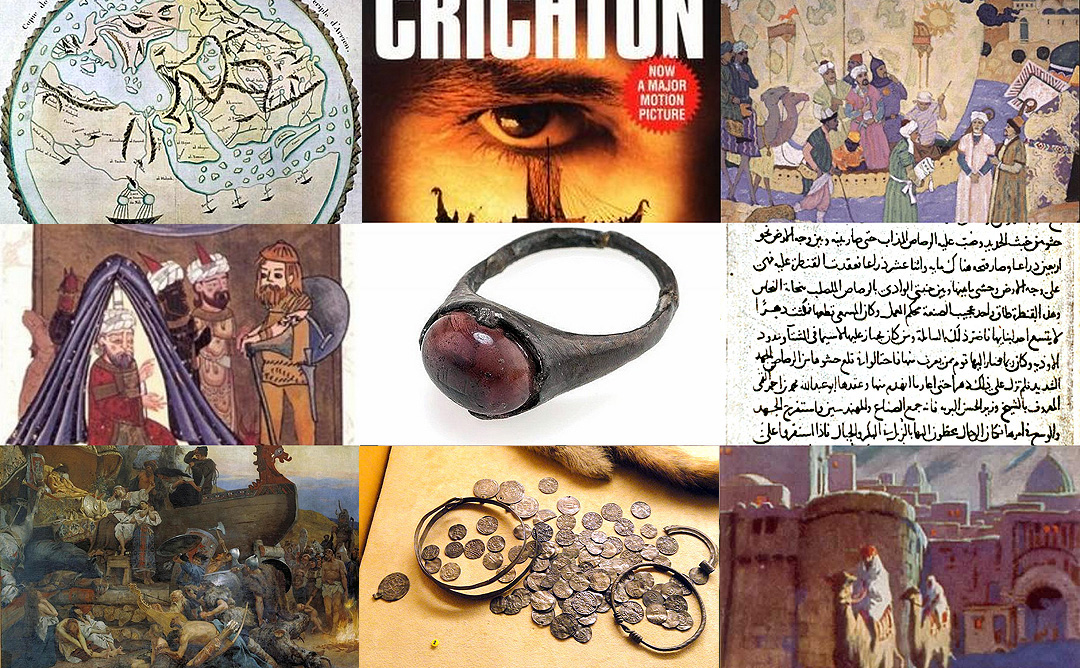

Dating back to March 2015, news regarding the discovery of a ring found on a Viking woman in an ancient burial ground with the inscription 'For/To Allah' erupted in mainstream media. The mystery surrounding how…


Bursa, the historic town where the Ottoman Empire was born… Decorated with numerous mosques, hans, hamams and tombs, the enchanting inner-city is itself a UNESCO World Heritage Site...
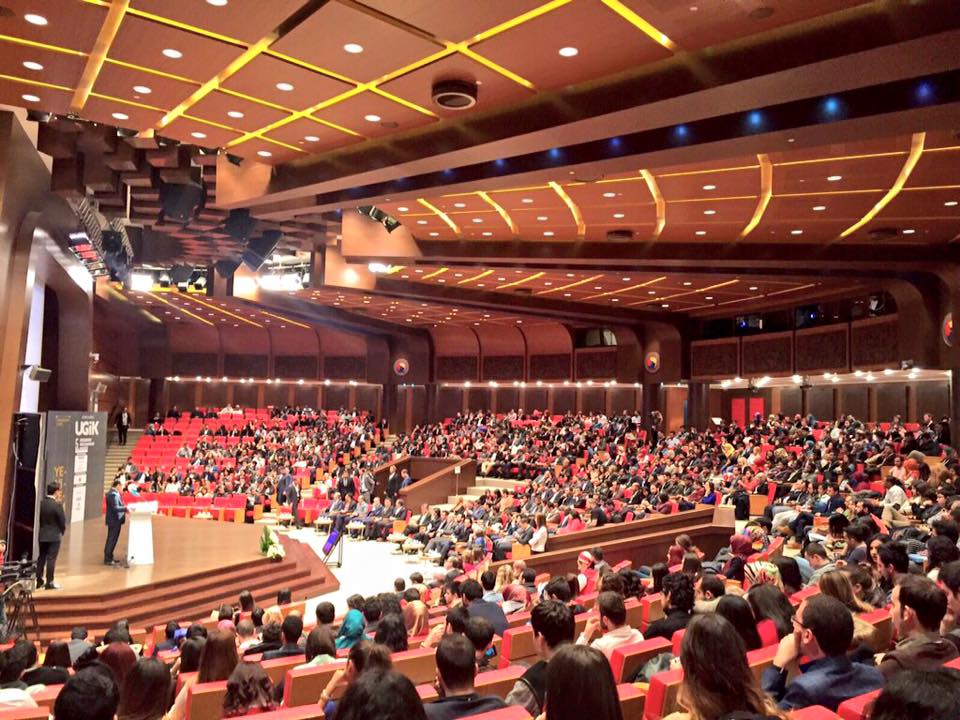

Year 2015 has been a busy, challenging and a successful Year. FSTC wishes all our colleagues, supporters and readers a successful and prosperous Year 2016. This report provides information on the projects we have worked…


From The Opening Ceremony Of The International Year Of Light At The Unesco Building In Paris France. Ibn Al-Haytham’s Contributions To Optics And Renaissance Art Charles Falco


"Ibn al-Haytham: The Man Who Discovered How We See" releasing in 2016


Sami Yusuf, the internationally acclaimed singer, songwriter and composer, and award-winning producer Ahmed Salim announced today the release of the original motion picture soundtrack for the short film ‘1001 Inventions and the World of Ibn…


Between the 9th and 14th centuries, there was a Golden Age of Science when scholars from the Islamic world, like Jabir Ibn Hayyan and Al-Razi, introduced a rigorous experimental approach that laid the foundations for…


Reflections on: A New Exhibition on Artifacts of the Arab/Islamic Renaissance ZKM, Karlsruhe, Germany: October 30, 2015 - February 28, 2016 http://zkm.de/en/event/2015/10/globale-allahs-automata by Dr. Charles M. Savage Knowledge Era Enterprises International Munich, Germany http://www.kee-inc.com
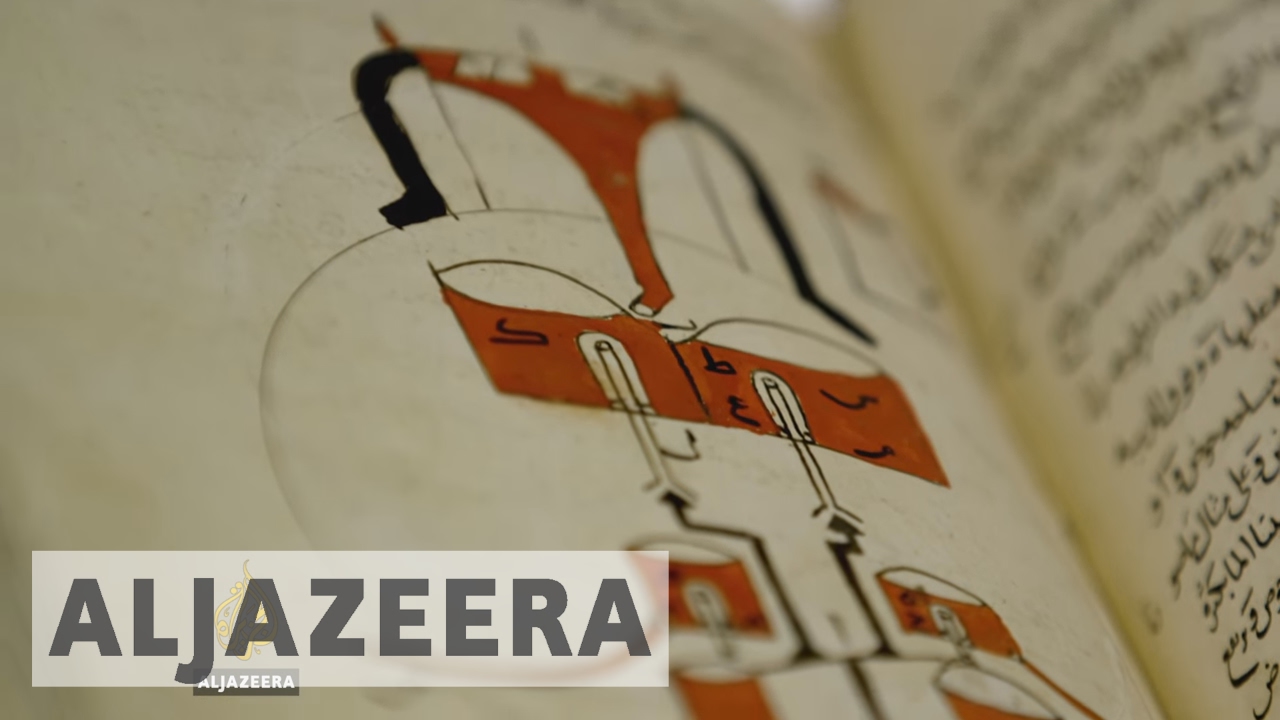

Jim Al-Khalili guides us through the work of the engineers and innovators of the Golden Age of science (9th - 14th centuries)...


Jim Al-Khalili uncovers how, between the 9th and 14th centuries, mathematicians from the Islamic world helped mathematicise science and lay the foundations of algebra.


In this article, Natty Mark Samuels explores the life and contributions of 19th Century Abdul Aziz al-Amawi. Abd al Aziz al-Amawi originated from Barawa, Somalia and his subjects of expertise included theology, law, Sufism, grammar,…


Editorial note: This article needs to be read in conjunction with the book release review of the Arabic edition, see: https://muslimheritage.com/node/2068


Imagine trying to make sense of the universe before telescopes were even invented. Jim al-Khalili reveals how scholars from the Islamic world played a crucial role in astronomy and navigation, influencing later astronomers in the…


On 22-23 October 2015, the “3rd International conference on History of Medicine and Cures (Colloque international de l’histoire de medecine)” was opened at Fez university of Sidi Mohammed ben Abdullah (Faculté de Médecine et de…
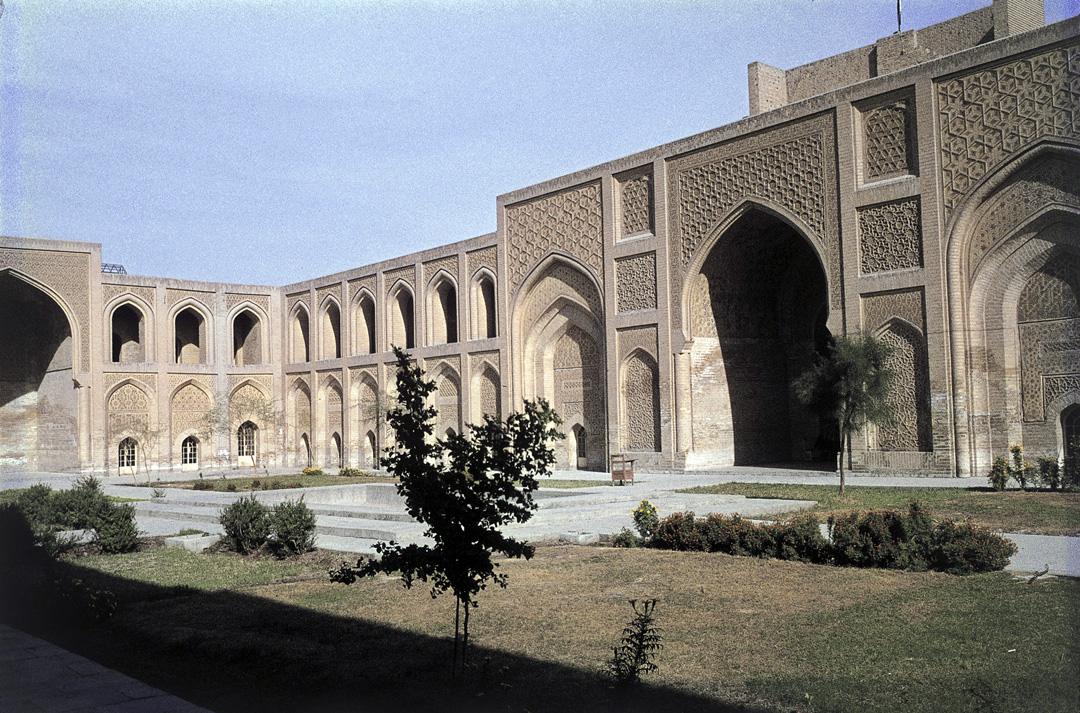

Baghdad schools are a challenging topic, involving several different facets of history. These include cartography to identify the location of each school, biographical studies to identify their teachers, preachers, jurists and administrators, along with their…
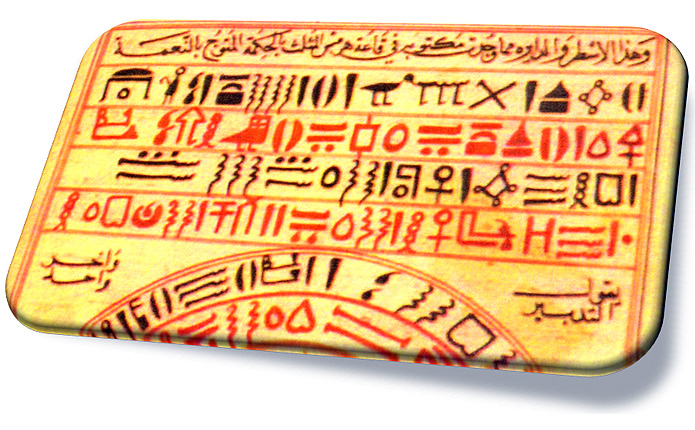

In this paper, I would like to discuss the missing millennium of Medieval Arabic sources in the study of Egyptology. Much of the arguments that I present here are detailed in my book. These include:…


The Lighthouse of Alexandria is one of the wonders of the Ancient World. It was still a great tourist attraction well into the medieval period, and was visited by many travellers to the city that…


From art and science to modern technology, the study of light - and how behaves and interacts with matter has intrigued scientists for over a century...


Black History Month UK is an International annual month, celebrating, recognising and valuing the inspirational individuals and events from within the Black and Minority Ethnic communities. During Black History Month, we remember and celebrate the…


[Al-Urmawi] was the greatest of music theorists. He was the pioneer of a school which propagated the "Systematist Theory"
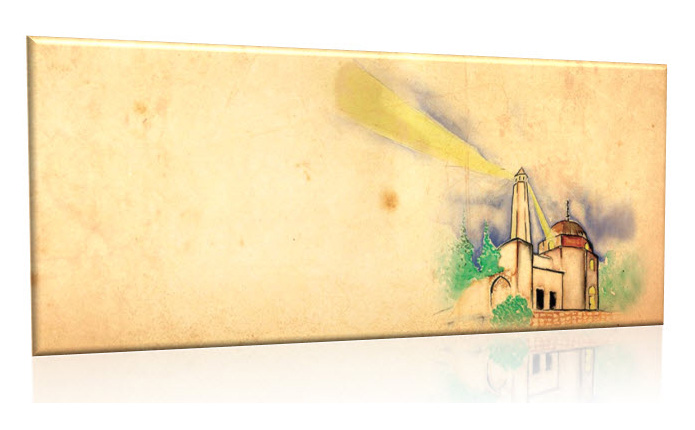

This year has been chosen as "International Year of Light (IYL2015)" by UNESCO, what a perfect time to remember these words: “If the first light of the new year doesn’t shine upon my mentor, then…


In order to popularise the diverse history of science. The Jordanian Society for History of Science (JORSHS) in collaboration with the Royal Jordanian Geographical Centre (RJGC) organised the Eighth International Conference of History of Science…
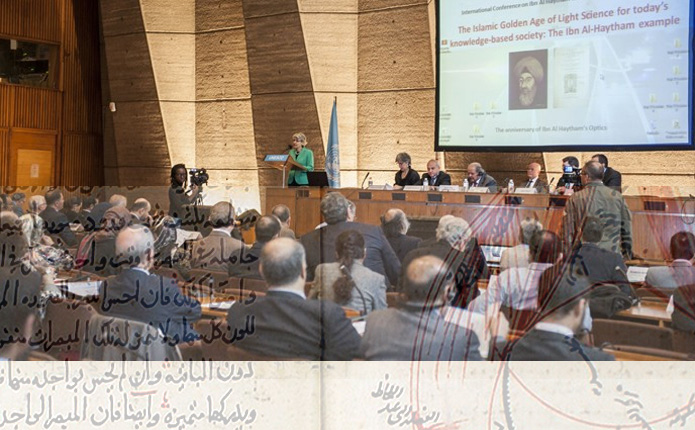

From the 14th to 15th September 2015, UNESCO representatives, worldwide researchers, academics, science historians and political decision makers gathered in Paris to explore UNESCO’s International Year of Light by visiting the progression along with contributions…


On Monday 31st August, 2015, Professor Salim Al-Hassani, President of FSTC (Foundation for Science, Technology and Civilisation), was invited to participate in a day dedicated to learning about and discussing Muslim heritage in the sciences…


1001 Inventions Versus 1001 Nights: Keynote Speech, by Emeritus Prof. Salim T. S. Al-Hassani, 28 August 2015 at Edinburgh Arab Festival 2015, organized by Islamic & Middle Eastern Department, University of Edinburgh
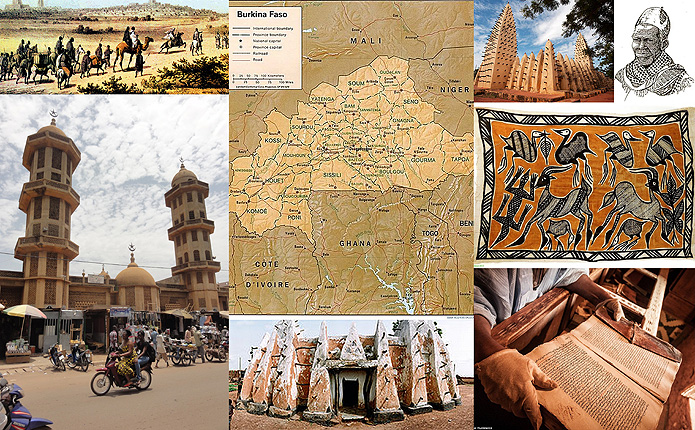

Although some contemporary historians may argue otherwise, in the past, particularly in places such as West Africa, Muslims and non-Muslims lived together in relative harmony and prosperity. The positive impact of the spread of Islam…
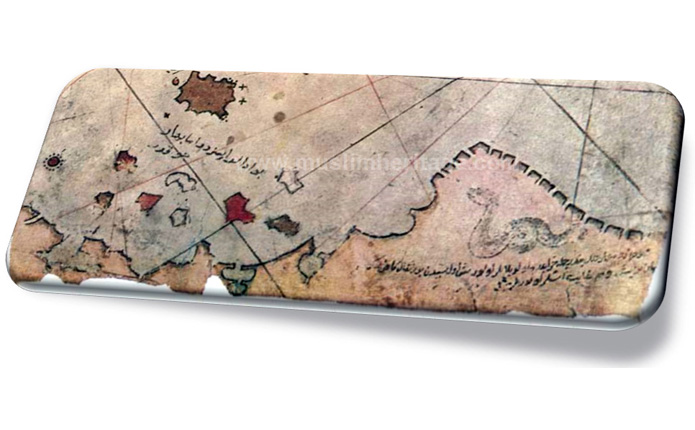

Islamic geographical texts are not only valuable in terms of geographical research, they also constitute an essential resource in the study of Arab-Islamic civilisation - its literature, history, learning and economics. This chapter will attempt…


The genesis of this article lies in a recent visit to the Romanesque cathedral of Lund. While in the cathedral, I walked over to the medieval astronomical clock to await the moving figures and music…


TIME TELLING MACHINES: Revealing marvellous mechanical and water-powered clocks from early Muslim Civilisation. These sophisticated devices that defied the Middle Ages.


Peter Adamson and Dimitri Gutas discuss Avicenna.


Even the most ancient people noticing the sun rises in the east, sets in the west...Doesn't that make you a scientist?...


Excellent animation summarising the key contributions to light science by those who have made history in the field of light from IbnAlHaytham to Charles Kao. Those scientists are being celebrated as part of UNESCO International…


The Foundation for Science, Technology, and Civilisation (FSTC) now seeks to build on this success and improve its historiographical approach, use of primary and secondary sources and tighten the focus on science.


Actor Omar Sharif’s final film “1001 Inventions and the World of Ibn Al-Haytham” has been dedicated to his legacy. Legendary Oscar-nominated actor Omar Sharif, who died on Friday 10 July 2015 in a Cairo hospital…
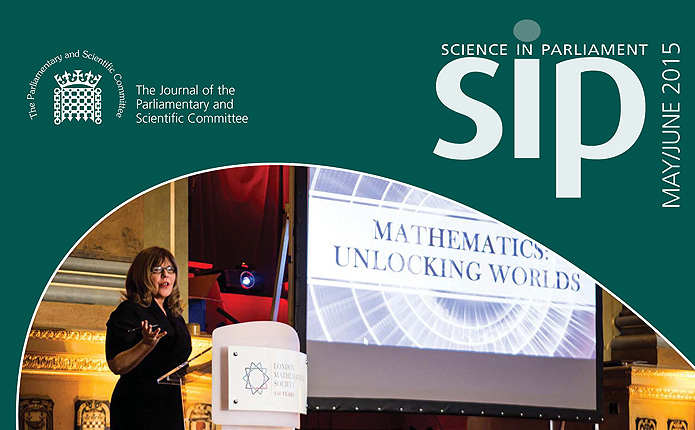

The UNESCO International Year of Light and Light-Based Technologies is a multi-faceted celebration of light in its scientific, technological and cultural context. Central to this has been the recognition of Ibn al-Haytham as the founder…


"Did you know the word 'turquoise' is a French word that simply means 'Turkish'?


A Seminar on Ibn al-Haytham on the occasion of the International Year of Light by The Jordanian Society for the History of Science.


Abu al-Abbas Ahmad ibn Ahmad al-Takruri Al-Massufi al-Timbukti, otherwise commonly known as Ahmad Baba for short, was a well-known teacher, professor, philosopher, Arabic grammarian and an author of over forty books and various works.
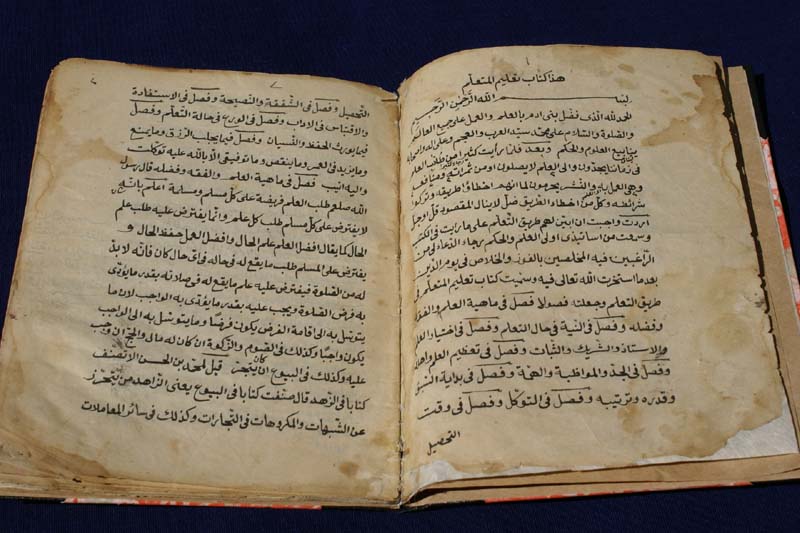

Zarnuji’s work represents a landmark in the history of Pedagogy in the Muslim East up to the turn of the 12th century...


Google honors the 1147th birthday of Muhammad ibn Zakariya al-Razi...


On Wednesday 22nd April, a public lecture exploring “The Fihrist of Ibn al-Nadeem and the Transmission of Knowledge in the Islamic World” was presented by Professor Devin Stewart at the Al-Furqan Islamic Heritage Foundation.


In this article, Professor David A. King explores the authenticity of the statement that tenth-century Egyptian astronomer Ibn Yūnus was the first person to use a pendulum to measure time. After examining evidence originating from…


World Book Day or World Book and Copyright Day is a yearly event on 23 April, organized by UNESCO to promote reading, publishing and copyright. On this occasion, we are pleased to invite visitors and…


In the series of its London lectures, the Centre for the Study of Islamic Manuscripts at Al-Furqan, on Wednesday 22nd April 2015, organised a public lecture at its headquarters...


An introduction to 1001 Inventions...


World Health Day is celebrated on 7th April each year to mark the anniversary of the founding of WHO (World Health Organisation) in 1948. During Muslim civilisation, various scholars made interesting observations alongside innovative discoveries…


The creators of 1001 Inventions and the Library of Secrets bring you a new short film on the work of 11th century scientist Ibn Al-Haytham. “A journey of Science from Darkness into Light”
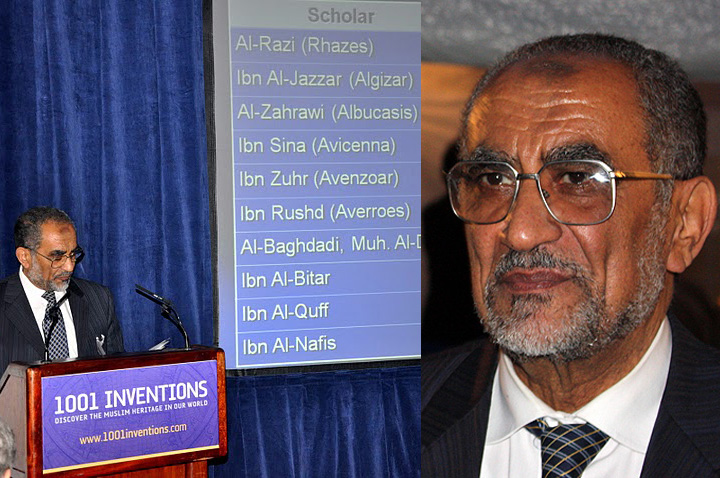

We have just received the sad news of the passing of Professor Rabie El-Said Abdel-Halim. He passed away in his sleep this morning 15th April 2015 Wednesday. May he rest in peace, and may his…
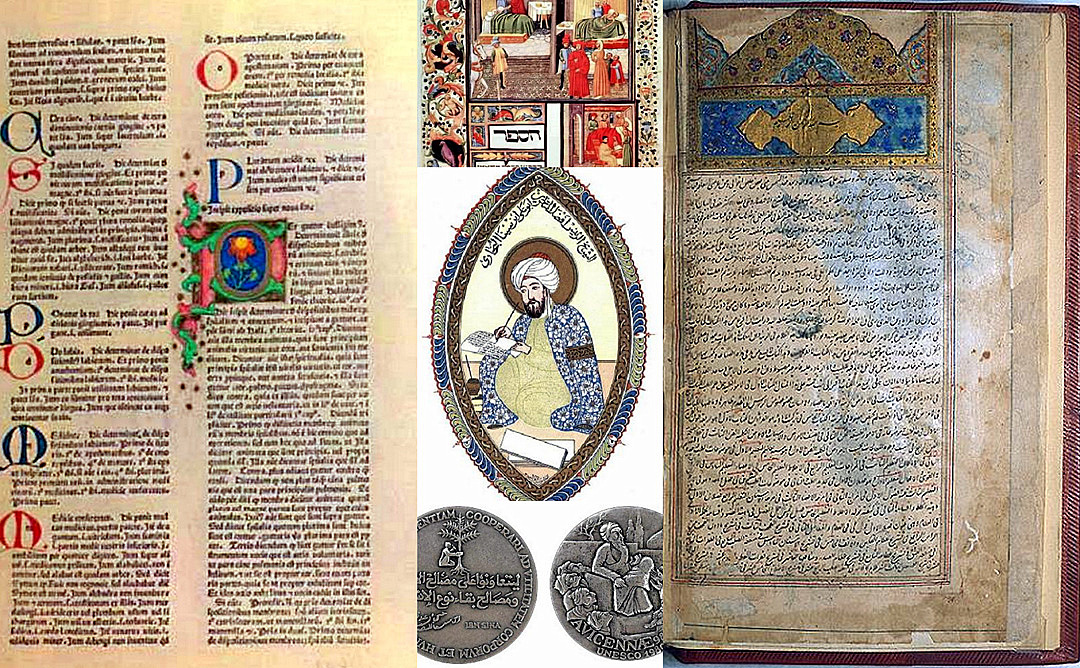

The Sheikh al-Ra'is Sharaf al-Mulk Abu ‘Ali al-Husayn b. ‘Abd Allah b. al-Hasan b. ‘Ali Ibn Sina, in Latin he is know as Avicenna and his most famous works are those on philosophy and medicine.…


"The Sultan’s World exhibition runs in Brussels until 31 May 2015. It then travels to Krakow, Poland."
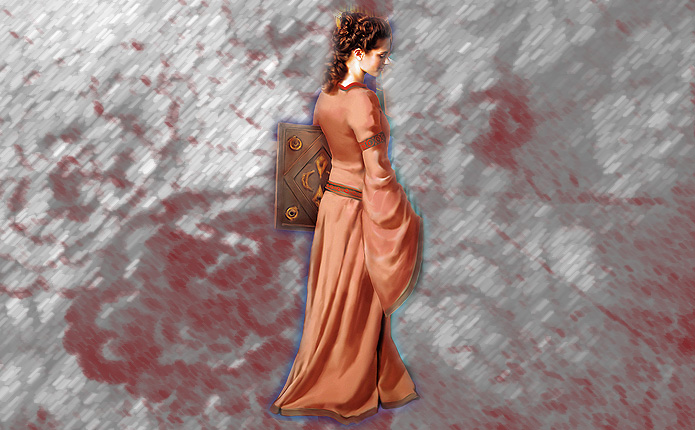

From Indonesia to Pakistan, Kyrgyzstan to Nigeria, Senegal to Turkey, it is not particularly rare in our own times for women in Muslim-majority countries to be appointed and elected to high offices—including heads of state.…


The International Year of Light and Light-Based Technologies (IYL 2015) is a global initiative adopted by the United Nations to raise awareness of how optical technologies promote sustainable development and provide solutions to worldwide challenges…


Amazing snapshots from Khiva (formally known as Khawarizm) in Uzbekistan. The birth place of the famous mathematician Al-Khawarizmi (780 – 850 CE). A prosperous centre of learning during the Golden Age of Muslim Civilisation. (Source…


World Book Day is a yearly event on 5th March, "designated by UNESCO as a worldwide celebration of books and reading, and marked in over 100 countries all over the world"*. On this occasion, we…


Scholar, inventor, mechanical engineer, craftsman and artist Al-Jazari featured on Dick and Dom's "Absolute Genius"
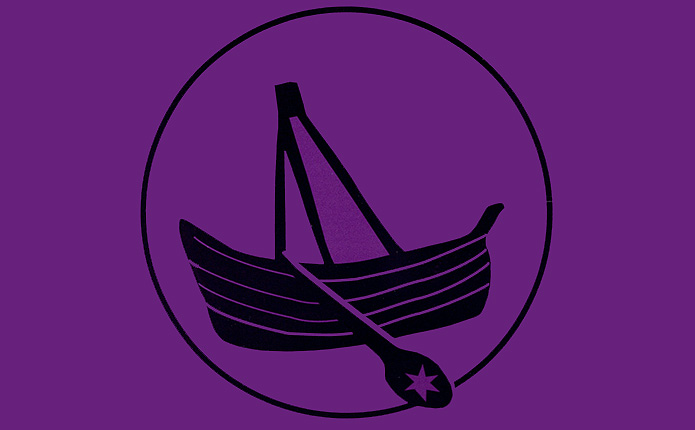

The Suhayl 2014 Vol 13 - International Journal for the History of the Exact and Natural Sciences in Islamic Civilisation FSTC is pleased to bring to the attention of readers the availability online of the…


[Note of the editor] This article was published in 2003 as: David A. King, "The renaissance of astronomy in Baghdad in the ninth and tenth centuries: A list of publications, mainly from the last 50…


BBC Four: "The Dark Ages have been misunderstood. History has identified the period following the fall of the Roman Empire with a descent into barbarism - a terrible time when civilisation stopped."


As Monday 9th February, until Sunday 15th February “Go Green Week”, Muslim Heritage has compiled a list of articles regarding environmental sustainability in Muslim civilisation. Muslim societies previously led examples of constructing environmentally and ecologically…
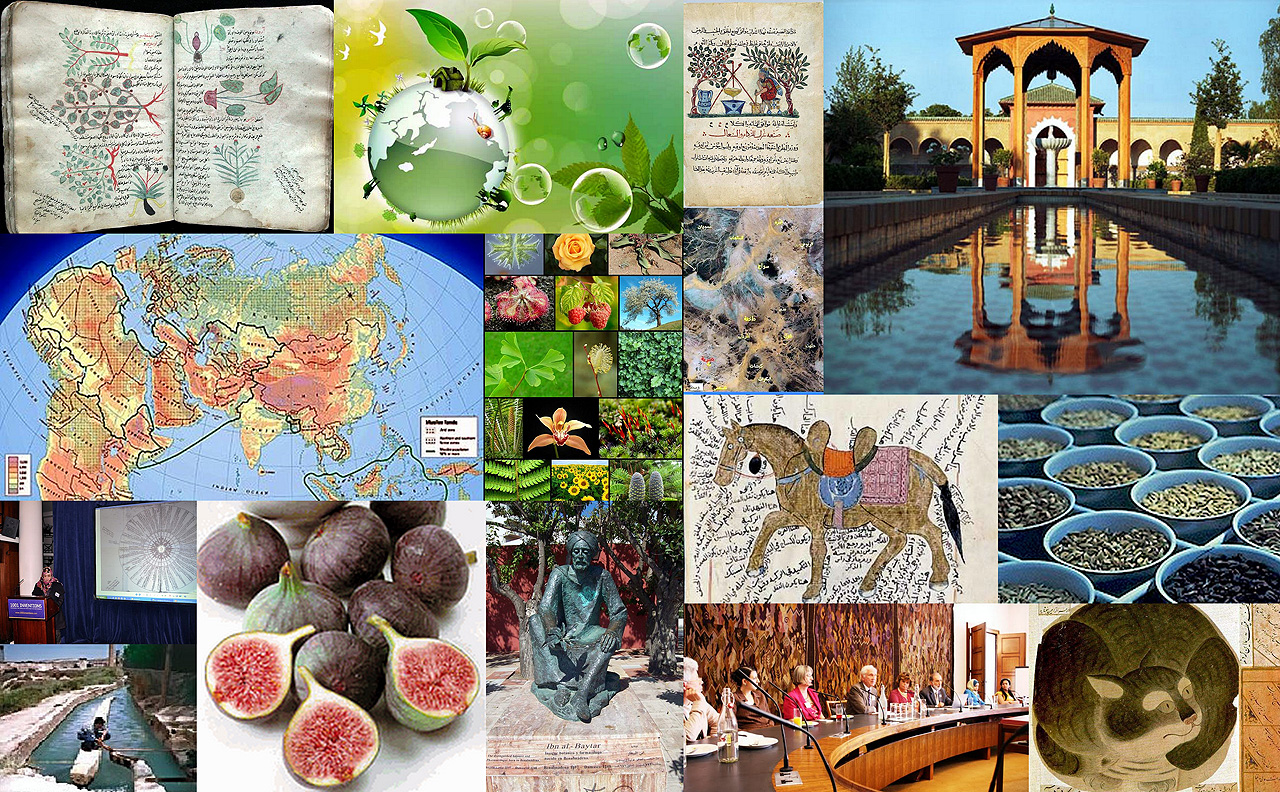

As Monday 9th February, until Sunday 15th February “Go Green Week”, Muslim Heritage has compiled a list of articles regarding environmental sustainability in Muslim civilisation. Muslim societies previously led examples of constructing environmentally and ecologically…


Director-General Irina Bokova announces UNESCO's partnership with 1001 Inventions to launch a global campaign to celebrate the 10th century scientist Ibn Al-Haytham. The campaign called "1001 Inventions and the World of Ibn Al-Haytham" will be…


FSTC and CE4tF are very pleased to have participated in the Second International Conference on Arabs’ and Muslims’ History of Science and the eleventh Conference on the Space Sciences and Astronomy. The conference was organised…


While John teaches you about this long-lived Muslim empire, he'll also look at the idea of historical reputation and how we view people from history...


Suitable for teaching 7-11s. The fourth of seven films introducing life in ancient civilisations. Ali lives in the most advanced city in the world: Baghdad. He wants to be a scholar and contribute to the…
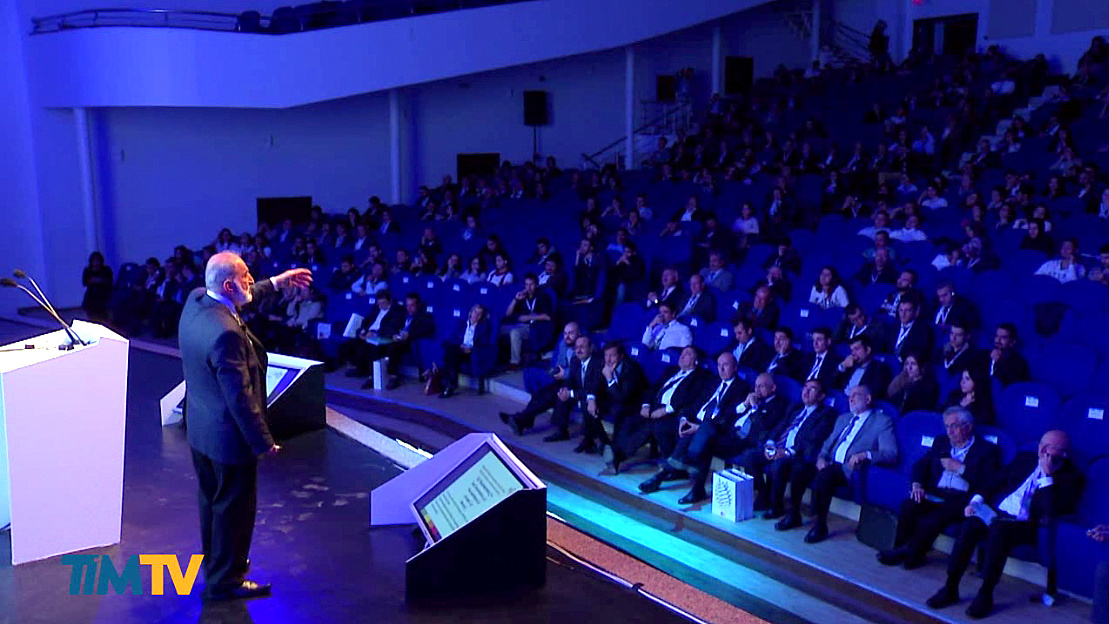

President of FSTC, Professor Salim Al-Hassani, was invited to take part in an event entitled the “Turkish Innovation Week” in Ankara from 19th to 21st November, 2014. This event was organised by the Turkish Exporters’…


The British Science Association (BSA) awarded Dr Anne-Maria Brennan with the Sir Walter Bodmer Award. Dr Anne-Maria Brennan is board member of FSTC and Chairperson of CE4tF.


With all the weight of his knowledge, Qutub al-Din preferred to be a man of lively temperament who would engage in jests, play chess and also music on the rehab. He was a highly knowledgeable…


Muslim history is overflowing with awe-inspiring creations in the realms of art, architecture, and literature, but it's also filled with many significant and world changing inventions...


Taken from www.dailysabah.com/features/2014/07/12/a-woman-with-a-past: Fatima al-Fihri, a Muslim woman activist from the annals of history has been reintroduced to inspire future generations.


This review of medieval Arabic medical poetry is based on our study of the two major classical biographical encyclopedias: “Uyoon Al Anbaa Fi Tabaqaat Al Atibbaa” ("Essential Information on the Classes of Physicians"), authored by…
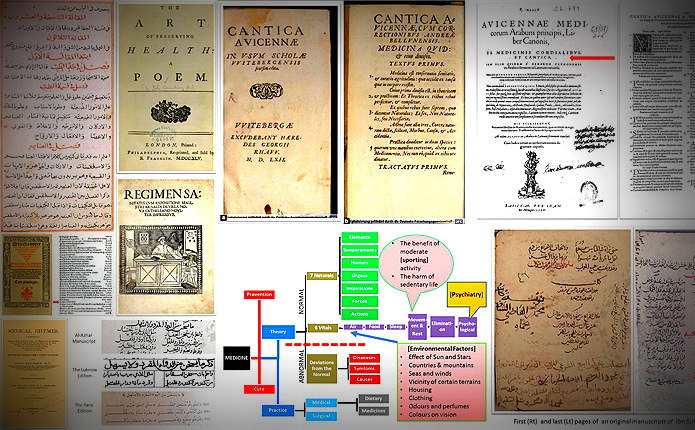

Were you aware that in the Medieval Islamic world, celebrated scientists such as Ibn Sina used to relay their teachings through poetry? Poems structure and rhythm aided the process of transmitting and memorising scientific and…


The two day workshop, which took place on the 24th and 25th June 2014, followed on from sessions held in Istanbul in October 2013, and is part of a collaborative project between FSTC and iGETEV.


Why is 'x' the symbol for an unknown? In this short and funny talk, Terry Moore gives the surprising answer.


A short film about the life and achievements of the "Father of the Optics", Ibn al-Haytham...


1001 Inventions at Deen Show Eddie


As a means to explore ancient civilisations contributions to modern civilisation, the National Geographic Society, The Foundation for Science, Technology and Civilisation (FSTC) and supporting organisations attended the “Dialogue of Civilisations International Symposium” held in…


Winner of the 1001 Inventions Fez competition talks about getting ready for a once-in-a-lifetime trip to the historic city in Morocco.


Winner of the 1001 Inventions Fez competition talks about getting ready for a once-in-a-lifetime trip to the historic city in Morocco.


Al-Qabisi was the inventor of the concept and practice of 'Co-operative Teaching by the Teachers' which has been realised only in some of the modern educational systems in the 20th century.


The two day workshop, 24th and 25th June 2014


During Ottoman rule, Sarajevo was heralded as the “European Jerusalem”, as its invaluable contributions to civil engineering, industry, trade and architecture attracted people from various ethnic and religious backgrounds. Aesthetic beauty alongside scientific ingenuity made,…


Four-part series about the history of mathematics, presented by Oxford professor Marcus du Sautoy...


In a bid to shed light on the often overlooked Muslim contribution to the history of science, long-term trustee and supporter of Foundation for Science (FSTC), Technology and Civilisation, Professor Jim al-Khalili, presented the 2014…


Most students of Islamic civilisation are still under the impression that the golden age of that civilisation, in terms of philosophical and scientific production, came to an end sometime around the beginning of the thirteenth-century…


Jim Al-Khalili - Light and Dark 1 of 2 Light HD - Full Documentary


Last November 2013, the world has seen a new unique publication. The Al-Furqan Islamic Heritage Foundation of London published a new book authored by Mohammed Abattouy and Salim al-Hassani containing the critical edition of the…


There are numerous mosques all around the world. Each has a design of its own. However, in order to be distinctive from other mosques, a mosque needs to be unique and possess outstanding features. One…
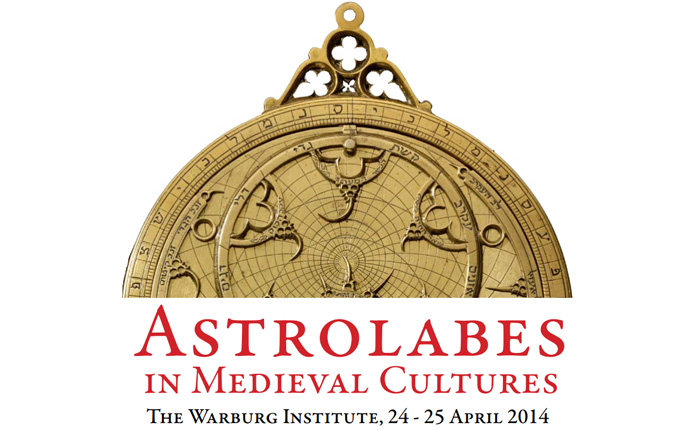

In the frame of the research project ‘Astrolabes in medieval Jewish society’, the Warburg Institute organizes a conference in London on 24-25 April 2014. The topics covered by this conference will be the astrolabe itself,…
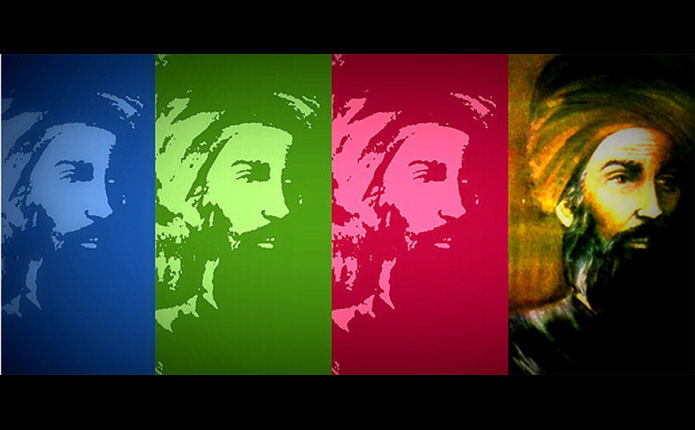

In 2013, the world community of scholars celebrated a millennium after the death in 1013 of the renowned Andalusian physician- surgeon Abu al-Qasim al-Zahrawi (Abulcasis).


Abdelhamid Ibrahim Sabra, Professor Emeritus of the History of Arabic Science at Harvard University, passed away on December 18 in Lexington, Massachusetts. Born in 1924 in the Egyptian city of Tanta, he won a scholarship…


News bulletin regarding the 1001 Inventions exhibition launch in Istanbul.


Scholar, inventor, mechanical engineer, craftsman and artist Al-Jazari featured on Dick and Dom's "Absolute Genius", Wednesday 26th February at 5:30 pm, CBBC. In a bid to engage pre-school children in the sciences, the BBC launched…


One of the truly tragic events in Islamic history is the loss of al-Andalus, or Muslim Spain...


Prof. Salim Al-Hassani presented calligrapher Hasan Celebi the book of 1001 Inventions...


This documentary examines the inventions of Muslim engineer Al-Jazari, who lived in what is now modern Iraq and Turkey during the 13th century...


Al-Jazarī (1136-1206), was a prominent medieval polymath: an scholar, inventor, mechanical engineer, craftsman, artist, mathematician and astronomer from Diyarbakır, Turkey, who lived during the Middle Ages.
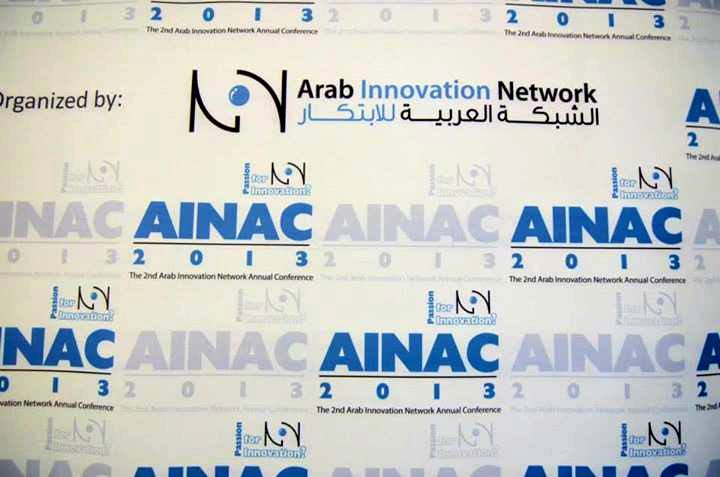

Professor Salim Al-Hassani, President of the Foundation for Science, Technology and Civilisation (FSTC), was one of the keynote speakers at the two day conference of the Arab Innovation Network Annual Conference (AINAC) from 6-7th December…


Winner of the 1001 Inventions Fez competition talks about getting ready for a once-in-a-lifetime trip to the historic city in Morocco.


The Foundation for Science, Technology and Civilisation (FSTC) announces their new achievement in the history of Islamic clocks. For the first time, the work of Ibn al-Haytham on the water clock (Maqala fi ‘amal al-binkam)…


Jim Al-Khalili is a British theoretical nuclear physicist, professor at the University of Surrey, academic author and broadcaster. He is also long-time trustee and supporter of the Foundation for Science, Technology and Civilisation (FSTC). He…


George Saliba has been a Professor of Arabic Science at the Department of Middle East and Asian Languages and Cultures, Columbia University, New York, United States, since 1979.
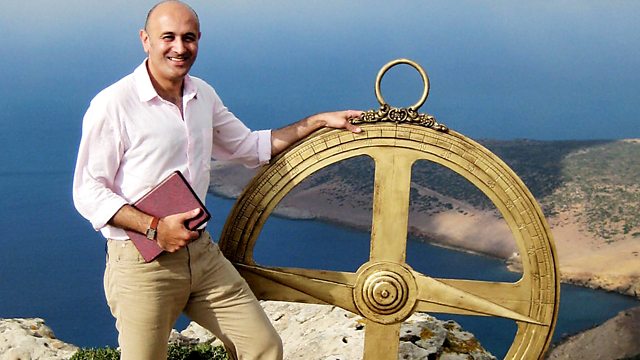

British scientist, author and broadcaster Prof. Jim Al-Khalili travels through Syria, Iran, Tunisia, Turkeyand Spain to tell the story of the great leap in scientific knowledge that took place in the Islamic world between the…


As part of the Channel 4, Hidden Civilisation season exploring Islam's rich and significant contribution to western art and culture, historian Bettany Hughes traces the story of the mysterious and misunderstood Moors, the Islamic society…


Professor Salim T S Al-Hassani, President of The Foundation for Science Technology and Civilisation (FSTC) was invited as the keynote speaker at the 21st Century World Summit on Child Education in Ankara, Turkey. A two…


In which era were classification of animals, world maps, medical knowledge of the body, the invention of trebuchet and other scientific, technological and cultural advances developed? One might assume that such advances were most likely…


The 7th to the 13th century was the golden age of Muslim learning. In mathematics they contributed and invented the present arithmetical decimal system and the fundamental operations connected with it addition, subtraction, multiplication, division,…


by Ayshah Ismail The Foundation for Science Technology and Civilisation (FSTC), launched a new course in Istanbul, Turkey. Entitled "Women of Science Medicine and Management in Muslim Heritage", the course was in collaboration with Insan…
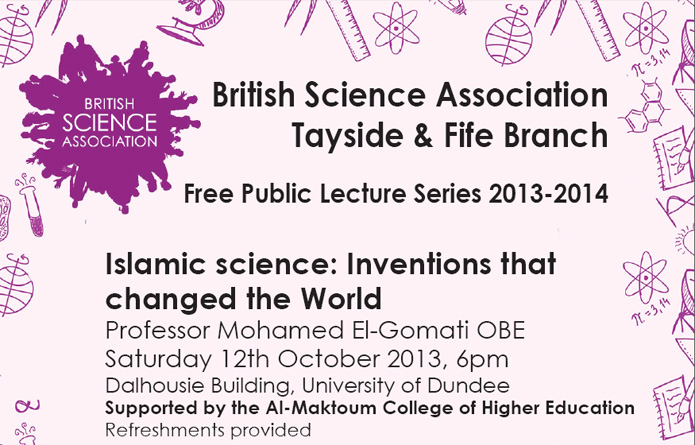

British Science Association Tayside & Fife Branch, Free Public Lecture Series 2013-2014. Based on the acclaimed exhibition ‘1001 Inventions: Discover the Muslim heritage in our World’, this talk demonstrates how men and women of different…


British Science Association Tayside & Fife Branch, Free Public Lecture Series 2013-2014. Based on the acclaimed exhibition ‘1001 Inventions: Discover the Muslim heritage in our World', this talk demonstrates how men and women of different…


HRH Prince Carl Philip of Sweden officially launched the award-winning 1001 Inventions exhibition, at the renowned Värmlands Museum in Karlstad, 30th August 2013.


A very brief history of Abū ʿAlī al-Ḥasan ibn al-Ḥasan ibn al-Haytham...
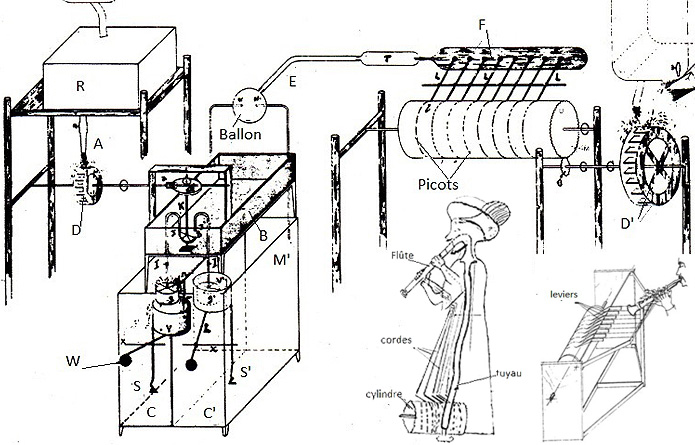

(The Hydraulic Organ of Banu Musa (9th Century): An Early Instrument of Mechanical Music) In the following article, Dr Mona Chaarani describes in a short article in French her reconstruction of the hydraulic organ of…


Mr Howard Firth, MBE, one of the Founding members of FSTC's Muslim Heritage Awareness Group (MHAG) and the Director of Orkney International Science Festival, published recently the following article online that we republish with his…


Muslim Heritage Interviews 7: Peter Sanders We are very grateful to have Peter Sanders who is a well known photographer. He has travelled extensively across the Muslim World taking pictures of many shuyukh (religious leaders).…


In July 2013, Manchester is the venue of the 24th International Congress of History of Science, Technology and Medicine (ICHSTM). The Congress is organised between Sunday 21 - Sunday 28 July 2013. Its theme this…


Mosul, in Northern Iraq, is the country's second largest city and the north's major center for trade, industry and communications. Situated in the northwestern part of the country, on the west bank of Tigris, and…


This is a presentation about Al-Sufi and his contribution to the Universe Model...


Professor Mohamed El-Gomati OBE, Chairman of the Foundation for Science Technology and Civilisation (FSTC), was among the winners honoured of the British Muslim Awards, which took place at the Sheridan Suite, Manchester on 29th January…


Aljazeera TV interviews Professor Salim T S Al-Hassani, Chief Editor of 1001 Inventions Book.


Muḥammad Abūʾl-Wafāʾ al-Būzjānī (10 June 940–997 or 998) was a distinguished Muslim astronomer and mathematician, who made important contributions to the development of trigonometry. He worked in a private observatory in Baghdad, where he made…


A Time Team special as part of the On the Line season. A Muslim port is revealed under this modern-day Spanish town.
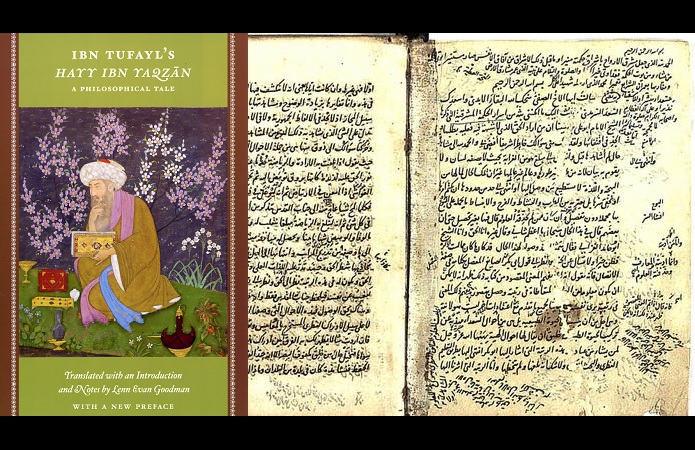

Besides [Ibn Tufayl's] contributions in medicine, he is best known for his treatise Ilayyu Ibn Yaqzan (‘The Alive’ son of ‘the Awake’)...


The Institute of Arabic Manuscripts in Cairo, in cooperation with a large array of partners, including FSTC, organizes on May 27, 2013, a cultural festival dedicated to Arabic Manuscripts. The festival consists in lectures, workshops,…


In his new book, The Alchemy of Innovation, published in early 2013, Javed Akhtar Mohammed explores, through interviews with several well-known personalities, the different facets of innovation, considered as the lifeblood of successful organizations, communities,…


In 2012, 1001 Inventions ran a competition offering five lucky fans the chance to win a once-in-a-lifetime trip to the historic city of Fez in Morocco.


RCP Exhibition, London, UK - The Mirror of Health: Discovering Medicine in the Golden Age of Islam


Professor Al-Hassani addressed in a keynote lecture the 16th Eurasian Economic Summit organised in Istanbul on 10-11 April 2013. His speech in a session on the "Importance of Culture in Ecological Dialogue" was entitled "A…


Abu ‘Abd Allah Muhammad Ibn Wasil was an historian and man of letters, born in Hamat in Syria on 2 Shawwal 604/20 April 1208 and died in 697/1298. Visiting Iraq and Egypt, he witnessed the…


The International Union of History and Philosophy of Science organised in 28 July-2 August 2009 in Budapest, Hungary, the 23rd International Congress of History of Science and Technology. The theme of the congress was: Ideas…


On December 7, 2011, Dr Ahmad Almansour presented a lecture at the Faculty of Policy and Management, Keio University, Japan on "1000 years of Inventions and Innovations: Discover the Muslim Heritage in our World."


Ulugh Beg was a Timurid ruler as well as an astronomer, mathematician. His primary interest was in the sciences and intellectual matters. He built an observatory at Samarkand. In his observations he discovered a number…


Emir of Qatar, His Highness Sheikh Hamad bin Khalifa Al Thani, visited the award-winning 1001 Inventions show in Doha today, accompanied by HH Sheikha Al-Mayassa, Chairman of the Board of Trustees of the Qatar Museums…


National Conference for Islam and Medicine (NCIM): Abstract talk at King's College, London, presented in March 2013 by Professor Mohamed El-Gomati OBE, Chairman of the Foundation for Science Technology and Civilisation (FSTC)


‘Umar al-Khayyam (better known as Omar Khayyam, 1048-1123 CE), was a polymath scholar from Nishapur, Persia. Mathematician, philosopher, astronomer and poet, he also wrote treatises in Arabic on mechanics, geography, music and physics. Because of…


Fasih Ali Ahmed is one of the five outstanding entries that we received and in March 2013 will be flying out with the four other winners on the official 1001 Inventions expedition to enjoy an…


In 2012, 1001 Inventions ran a competition offering five lucky fans the chance to win a once-in-a-lifetime trip to the historic city of Fez in Morocco. All you had to do to enter was record…


In 2012, 1001 Inventions ran a competition offering five lucky fans the chance to win a once-in-a-lifetime trip to the historic city of Fez in Morocco.


Ibn al-Haytham - One of the earliest scientists of the World who laid the foundations for the scientific method...


President of the Foundation for Science Technology and Civilisation (FSTC) gave a speech at IGMG's ISVDAY(UniDay) in VHS Meidling, Vienna, Austria. Two years after Professor Al-Hassani's visit to the German IGMG's UniDay in Bielefeld which…


Exploring the Cultural Roots of Science for Social Change


Abd al-Rahman ibn Khaldun is considered a forerunner of original theories in social sciences and philosophy of history, as well as the author of original views in economics, prefiguring modern contributions.


Al-Furqan Islamic Heritage Foundation organizes on Wednesday 6th March 2013, starting at 18.00, a lecture on Islamic manuscripts in West Africa at the seat of Al-Furqan in London.


Muhammad ibn Muhammad ibn Hasan al-Tusi (born in 18 February 1201 in Tus, Khorasan – died on 26 June 1274 in Baghdad), better known as Nasir al-Din al-Tusi, was a Muslim Persian scholar and prolific…
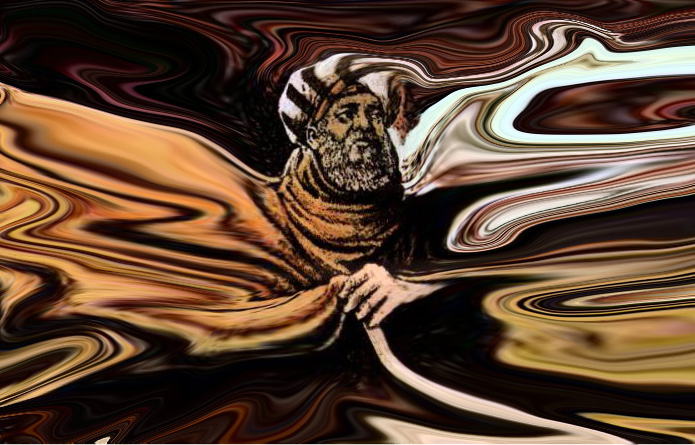

Abu al-Hasan Thabit ibn Qurra al-Harrani al-Sabi (born in Harran, now in southern Turkey, in 836 and died in Baghdad on 18 February 901) was a prolific scientist of the ninth century.


In a marked shift from the positivist philosophy that influenced medical education for more than a century, world medical educators realize now the significance of the spiritual element of human nature. Consensus is currently building…


Narrated by Sir Ben Kingsley, A three-part series, re-creates the spectacular sweep of Islamic power and faith during its first 1,000 years, from Muhammad's birth to the Ottoman Empire under Suleyman the Magnificent. Evocative re-enactments and art,…
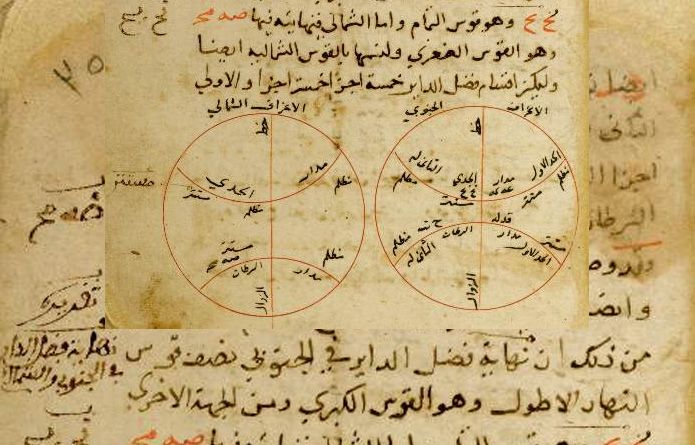

Shihab al-Din Abu al-'Abbas Ahmad Ibn al-Majdi (1359–1447 CE) was an Egyptian mathematician and astronomer. We publish this short article to celebrate the memory of his passing away in Cairo on 27/28 January 1447.


In late September 2012, Professor Salim Al-Hassani, President of FSTC, participated in The World Summit on Innovation & Entrepreneurship WSIE 2012 in Boston. The WSIE 2012 brought together the world's most riveting people to plot…
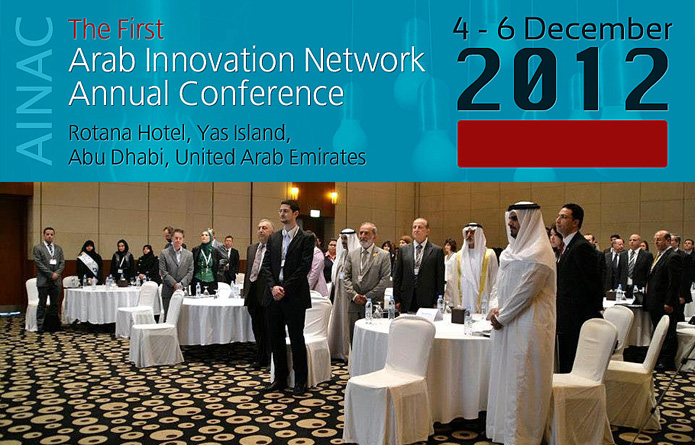

Professor Salim Al-Hassani, President of the Foundation for Science, Technology (FSTC) attended the First Arab Innovation Network Annual Conference 2012 (AINAC 2012) in early December 2012 in Abu Dhabi, UAE. Organised by Cambridge University's Arab…


In 2012, FSTC members contributed to several activities by publishing articles and giving lectures all around the world. Professor Rabie E Abdel-Halim, member of Muslim Heritage Awareness Group (MHAG) and of FSTC Research Team, attended…


The recently released third edition (2010-2011) of The 500 Most Influential Muslims, has bestowed a deserved distinction on Professor Salim T S Al-Hassani, the President of the Foundation for Science, Technology and Civilisation (FSTC). The…
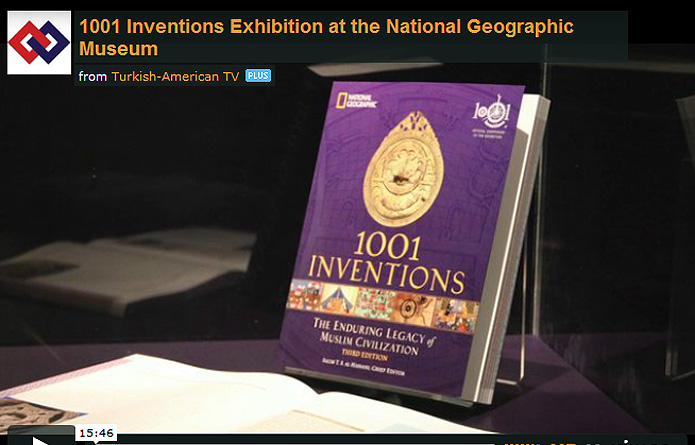

Interview with Prof. Salim Al-Hassani at 1001 Inventions Exhibition in National Geographic Museum by Turkish-American TV


Upcoming Lecture by Prof. Mohamed El-Gomati, Chairman of FSTC, at The York Society of Engineers, York


This study of the original Arabic edition of the book Al-Taysir fi ‘l-Mudawat wa’l-Tadbir (Book of Simplification Concerning Therapeutics and Diet) written by the Muslim physician Ibn Zuhr (Avenzoar, 1093-1162 CE) aims at evaluating his…


On Wednesday 28th November 2012, Al-Furqan Islamic Heritage Foundation in London organised a public lecture on The Critical Edition of Manuscripts: Past, Present and Future, delivered by Professor Qasim Al-Samarrai. The lecture presented an insightful…


Little is known about the state of experimentation in the field of medicine during the Medieval Islamic era. With few exceptions, most of the contemporary sources on history of medicine propagate the idea that the…


British Prime Minister David Cameron, who arrived in Jeddah on November 6h, 2012, paid a historic visit to Dar Al-Hekma College in Jeddah, in the frame of his visit to the Kingdom of Saudi Arabia.


The studies on the Islamic view of environment protection and the links between Islamic classical culture and ecology knew recently a notable progress, testified by numerous valuable publications in various languages. The following is a…


The Islamic scientific tradition has been described many times in accounts of Islamic civilization and general histories of science, with most authors tracing its beginnings to the appropriation of ideas from other ancient civilizations—the Greeks…


The Lawrence J. Schoenberg Collection at the University of Pennsylvania is a private library focusing on late medieval and early modern manuscripts. The collection contains a valuable set of original manuscripts, a great part of…


President of FSTC Professor Salim Al-Hassani's Lecture at National Geographic Museum, Washington DC


Ibn al-Haytham was the major figure in the study of optics and vision in the Middle Ages and his influence was pervasive for over 500 years. In this article, Professor Charles G. Gross, a renowned…


Pioneering 12 century engineer Al-Jazari designed and produced highly accurate and beautifully elaborate machines...
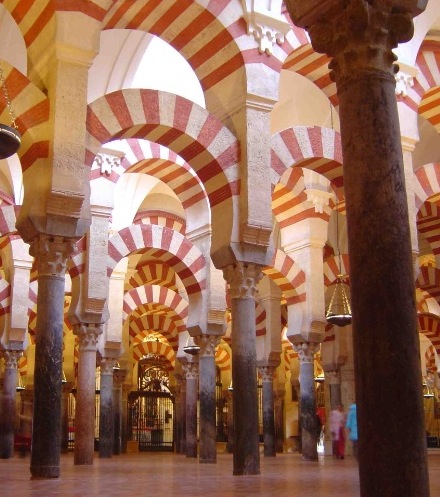

Ibn Rushd (Averroes) is considered as the most important of the Islamic philosophers. He set out to integrate Aristotelian philosophy with Islamic thought. A common theme throughout his writings is that there is no incompatibility…


In this long and well written article, Dr Ibrahim Kalin, based on his thorough study of the history of philosophy, analyzes the categories of reason and rationality within the Islamic intellectual context as it was…


Economics textbooks claim that money was invented to replace onerous and complicated barter systems—to relieve ancient people from having to haul their goods to market. But this theory is not supported by evidence. On the…


Together, the Ottoman Empire and Venice grew wealthy by facilitating trade: The Venetians had ships and nautical expertise; the Ottomans had access to many of the most valuable goods in the world...
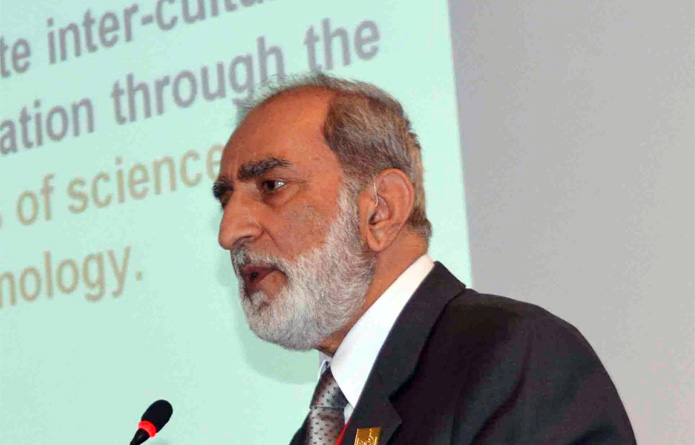

The important lecture presented by Professor Salim Al-Hassani at the 15th Euro-Asian Economic Forum held in Istanbul and Izmir, Turkey in April 2012 addressed an assembly of eminent political representatives of fifty countries. His focus…


Professor Salim Al-Hassani published in the issue 369 (Spring 2012, p. 10) of Runnymede Bulletin (Spring 2012 Runnymede Bulletin - Sport) a short article on “Sports in Muslim Heritage”. He argues, notably, that while Europe…


President of FSTC, Professor Salim Al-Hassani, Interviewed on National Geographic Radio


In which John Green teaches you about Sub-Saharan Africa!


Besides philosophy and mathematics, Ibn Bajjah was well-versed in botany, astronomy, logic, grammar, literature and music.


Lectures on Islamic Medicine at the Royal College of Physicians (RCP) at the Launch of the "The Miror of Health" Exhibition, 13th May 2013, London


John Green teaches you about the so-called Dark Ages, which it turns out weren't as uniformly dark as you may have been led to believe...


On 28 April 2012 Professor Dr Ahmad Yusuf al-Hassan Gabarin passed away. He was one of the most important historians of Islamic science and technology. Specialist of the various aspects of Islamic technology, the late…


In the 8th century, potters working in what is now Iraq developed a mysterious process called "Lustre".


Al Jazari's Elephant Clock (c. 600 AH / 1200AD) at Sharjah Museum for Islamic Civilisation, Sharjah, UAE...


This is a review of the book prepared by Hilal Kazan for the Istanbul Greater City Council Cultural Foundation in order to provide a useful and important bio-bibliographic resource on the history of calligraphy of…


The Silk Road and Ancient Trade: In which John Green teaches you about the so-called Silk Road, a network of trade routes where goods such as ivory, silver, iron, wine, and yes, silk were exchanged…


Andreas Vesalius' (1514–64) first publication was a Paraphrasis of the ninth book of the Liber ad Almansorem, written by the Muslim physician and scholar Al-Razi (Rhazes, 854–925). The role of Rhazes in Vesalius' oeuvre has…


For much of the millennium before the rise of Portugal and Spain, Venice flourished as the hub of Europe's trade with the lands to its east and south. The profound mutual influences that resulted have…


U.S Secretary of State, Hillary Clinton launches the '1001 Inventions' touring exhibition at California Science Center in Los Angeles...
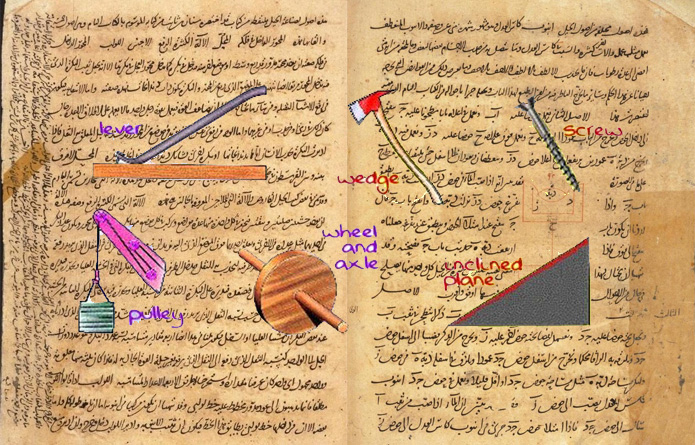

The Arabic manuscript Orient fol. 3306 preserved at the Staatsbibliothek in Berlin was in its original form a precious collection of Arabic scientific texts of mechanics and optics. It contains a fragment in one folio…


Professor Mohamed El-Gomati, recently appointed Chairman of the Foundation for Science Technology and Civilisation (FSTC), has been made an OBE (Most Excellent Order of the British Empire) in the New Year's Honours List for 2012.…
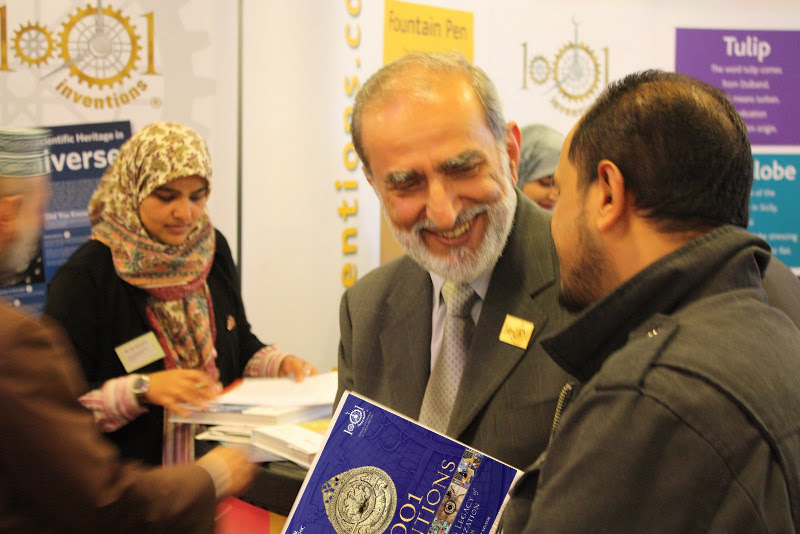

25th January 2012, Washington, DC – The latest edition of the best-selling 1001 Inventions book has been published by National Geographic, and will introduce the enduring legacy of Muslim civilization to new audiences in North…


The creation of hospitals as institutions for the care of sick people was developed during the early Islamic era. Over time, hospitals were found in all Islamic towns. This article describes four of these medieval…


Written nearly a thousand years ago, Ibn Sayyar al-Warraq's tenth-century cookbook is the most comprehensive work of its kind. Its recent edition and English translation offers a unique glimpse into the culinary culture of the…
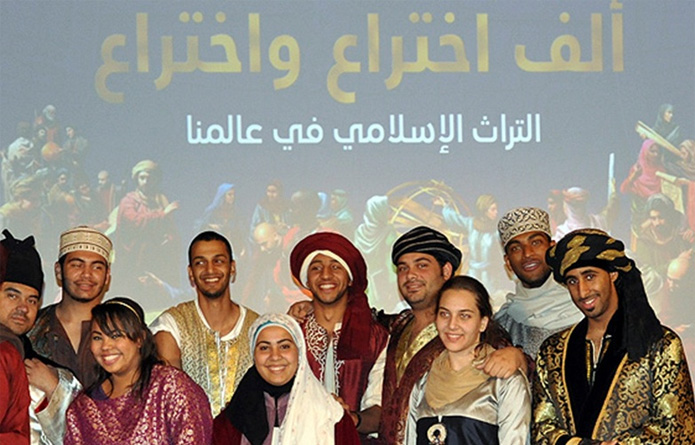

On December 12, 2011, The heritage of science in Arabic poetry was celebrated by FSTC and 1001 Inventions in Abu Dhabi in a special event under the general theme of Poetry and Science in Islamic…


Kitab fi Al Jadari wa Al Hasaba authored by the Muslim physician Abu Bakr Muhammad ibn Zakariya al-Razi (d. ca. 925) is one of the books that remained popular and in great demand for over…


The physician, scientist and philosopher, ‘Ali b. Sahl Rabban al-Tabari was the son of Sahl Sahl Rabban al-Tabari. ‘Ali was born into an educated and intellectual Christian family. He wrote many books on philosophy, medicine…
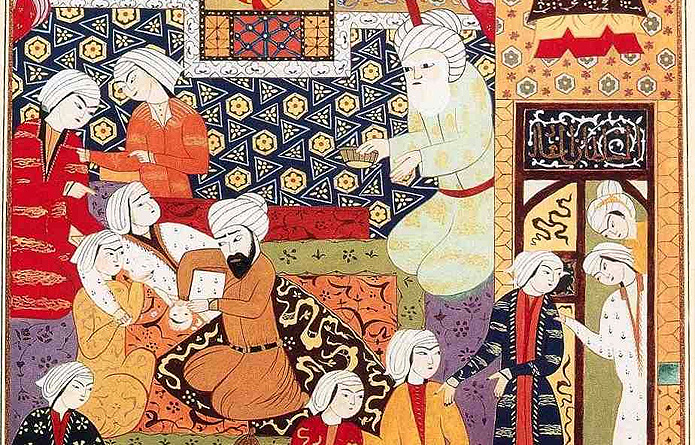

Some medical historians of the last century mistakenly recorded that Caesarean section was strictly forbidden amongst Muslims. This opinion has been repeatedly quoted without examining its authenticity or validity. Research into available ancient Arabic sources…


This article aims to give an overview of the formation and development of mathematical studies and the work of famous mathematician in the Ottoman State over a 600 year period, from the period preceding the…


In recognition of the crucial role of Science and Technology (S&T) towards social and economic development, the Islamic Development Bank (IDB) announced the 10th Edition (1433H- 2012G) of his Prizes for Science and Technology. Those…
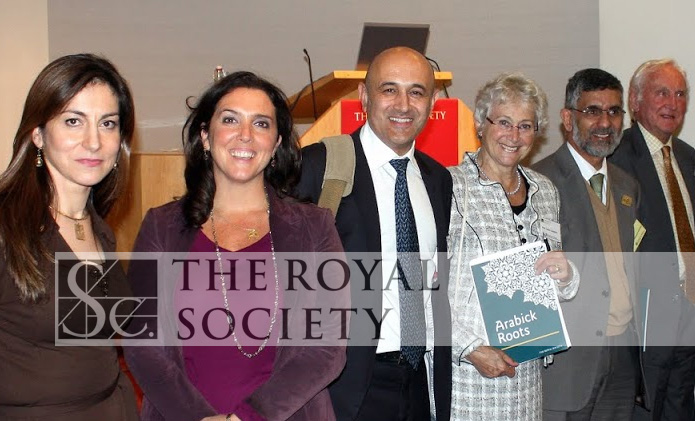

This public lecture was organised jointly by the Royal Society and FSTC. It traced the stages in the discovery of Arabic culture by European scholars from the early middle ages until the early-modern period.
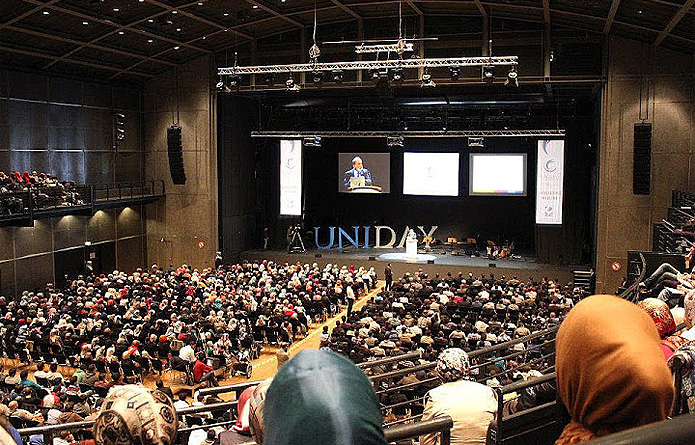

Professor Salim T S Al-Hassani, Chairman of the Foundation for Science, Technology and Civilisation (FSTC) and 1001 Inventions, was one of the keynote speakers at the Uniday (Students Day) conference on 22nd of October 2011…


At the beginning of 2009, we lost our colleague and friend Professor Gunhan Danisman, a member of the Muslim Heritage Awareness Network in Turkey (MHANT) and an eminent scholar who passed away in Istanbul where…


Lecture by Prof. Charles Burnett, Professor of History of Islamic Influences in Europe at the Warburg Institute, University of London, given at The Royal Society in London on the 24th of October 2011.


Dr. Rim Turkmani, Research Fellow, Imperial College, curator of the FSTC-sponsored Arabick Roots exhibition speaking at The Royal Society in London on the 24th of October 2011.


Can "religion" spark a scientific revolution? Can science develop just in order to respond to the growing needs of religion?...
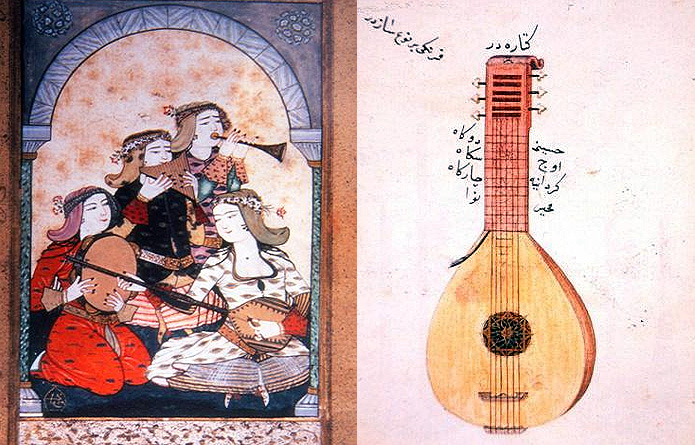

In the Islamic world, starting from Al-Kindī (d. 874), Al-Fārābī (d. 950), Ibn Sīnā (d. 1034), and Safī al-Dīn al-Urmawī (d. 1294) used the abjad notation to write music. Of these writers, the most systematic…


Ali Al-Qushji was one of the most noteworthy and important scientists in the Islamic world. He wrote valuable works especially on astronomy and mathematics. He was a student and co-worker of the famous statesman and…


The Wall Street Journal, one of the world's most respected newspapers, has suggested recently that the ongoing economic crisis could be resolved in part by the charitable institution of waqf created by the Muslim civilisation…


Al-Jazari's 800 Year Old Automatic Elephant Clock Would you like to support our channel?...
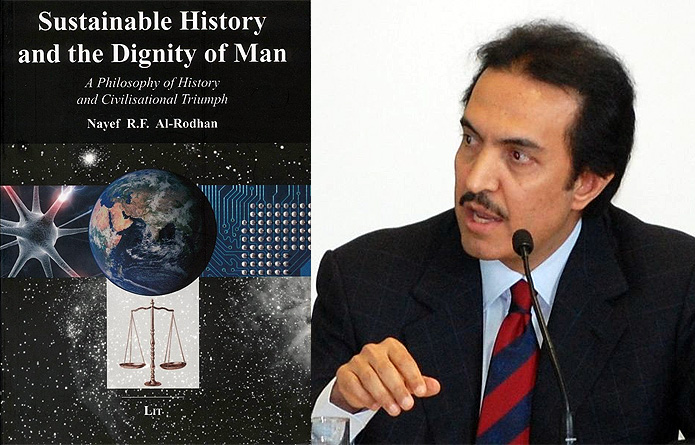

In Sustainable History and the Dignity of Man, Dr Nayef Al-Rodhan outlines a new theory of history. Defining "sustainable history" as "a durable progressive trajectory in which the quality of life on this planet ……


In this major series, Professor Robert Bartlett examines the extraordinary expansion and unchecked ambition of the Normans, and shows how they transformed the history of Europe.


It is often supposed in Islamic studies that Al-Ghazali demolished the basis for science in the Muslim world by his so-called orthodox attack against rational thinking which nurtured a negative climate that resulted in the…
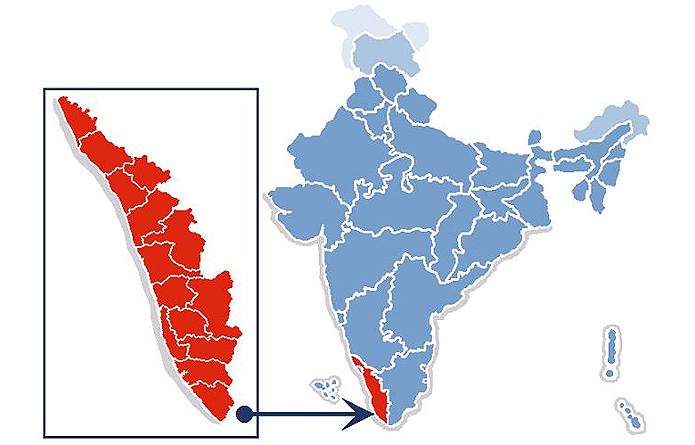

The Kerala School of astronomy and mathematics was an Indian school of mathematics and astronomy founded by Madhava of Sangamagrama in Kerala, South India, which included among its members several scientists. The school flourished in…


It is well known nowadays that modern Scientific Revolution benefited indirectly from the theories, results and inventions transmitted from the Arabic/Islamic scientific tradition during the Renaissance. The new element introduced by Dr Rim Turkmani who…


The works of Nasir al-Din al-Tusi have always attracted the interest of Ottoman scholars as early as the 14th century. Some of his works were translated into Turkish and various annotations or commentaries were written…


Dr Nayef Al-Rodhan outlines his theory of history about sustainable history and the dignity of man. He explains how sustainable history is propelled by good governance, which balances the tension between the attributes of human…


In the following short report, we present a summary of the lecture presented by Professor Peter Adamson in the Muslim Heritage Awareness Group (MHAG) meeting organized by FSTC in London on 30 March 2011. In…


This is a very short note summarizing the lecture presented by Dr Saira Malik in the Muslim Heritage Awareness Group (MHAG) meeting organized by FSTC at the Royal Society in London on March 30, 2011.…


Sheikha Mozah and FSTC at Royal launch in London


After briefly describing his work background, Trevor Hilder tells the story of the young man who set out to seek his fortune.


Prof. Jim Al-Khalili and Dr. Andrea Sella are on hand to introduce a sold-out crowd at the Cheltenham Science Festival to the history of science from the Middle Ages...
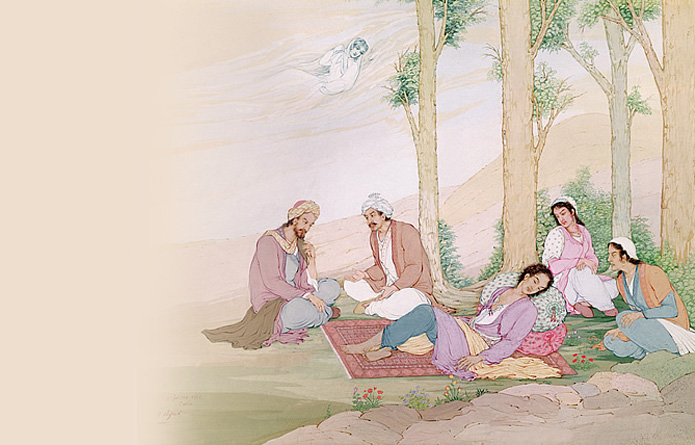

This primary-source study of four medical works of the 13th century Muslim scholar Ibn al-Nafis confirmed that his Kitab al-Mûjaz fi al-Tibb was authored as an independent book. It was meant as a handbook for…


This presentation focused on the historical and epistemic bearings of the scientific legacy of the celebrated polymath al-Hasan ibn al-Haytham (known in Latin as Alhazen)


[Ibn Sina] flourished as a great physician and philosopher, but was also a distinguished scientist, mathematician, logician, and poet at the same time...


The Muslim Heritage Awareness Group (MHAG), a network of supporters and key associates of the Foundation for Science, Technology and Civilisation (FSTC) met on 30 March 2011 at the Royal Society in London. We report…


By Professor George Saliba from Columbia University...


Based on the outstanding achievement of Ibn al-Haytham's work in optics, which paved the way for the "Optics of Space," Dr. Charles M. Savage develops in this stimulating article a vibrant plea for the need…


The 1001 Inventions exhibition at California Science Center was featured on Southern California’s NBC4 channel, as part of the “News Conference” programme with Conan Nolan, on the 29th May 2011


"Muslim Heritage Awareness Network of Turkey's (MHANT) second meeting, which was organized by the Foundation of Science Technology and Civilisation (FSTC) has been held in Marmara University's chancellery building in Istanbul on 20th April 2011.


9th century chemists like Jabir (Geber), Al Kindi (Alkindus), Al Razi (Rhazes) and Ibn Sina (Avicenna) changed the way we live our lives.These scholars evolved chemistry from an occult art (alchemy) into a scientific discipline.


Mr Zakri Abdul Hamid reflects in this article the thoughts that occurred to him after visiting the exhibition "1001 Inventions" in New York Hall of Science. He concludes it by formulating a wish that the…
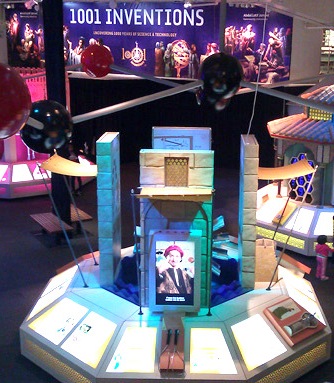

On Monday 9 March 2011, Professor Salim Al-Hassani, Chairman of the Foundation for Science, Technology and Civilisation (FSTC), was the guest of Newcastle University where he delivered a lecture on ‘'Muslim Heritage and the Cultural…
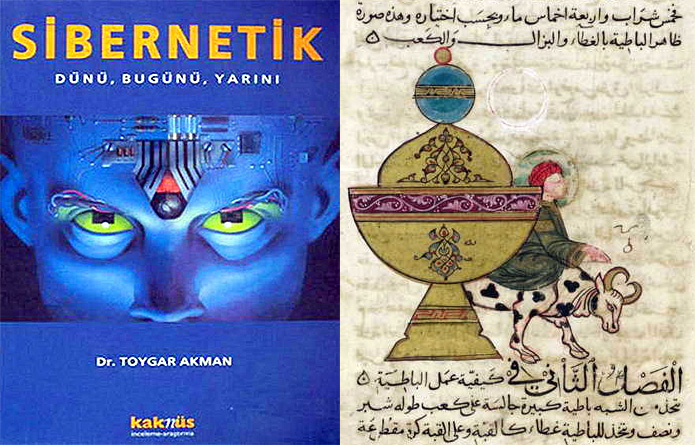

"Cybernetics: Past, Present, Future" published by Toygar Akman, a renowned expert in the field, retraces for the Turkish readers the history of cybernetics and presents the state of the art in this revolutionary scientific field.…
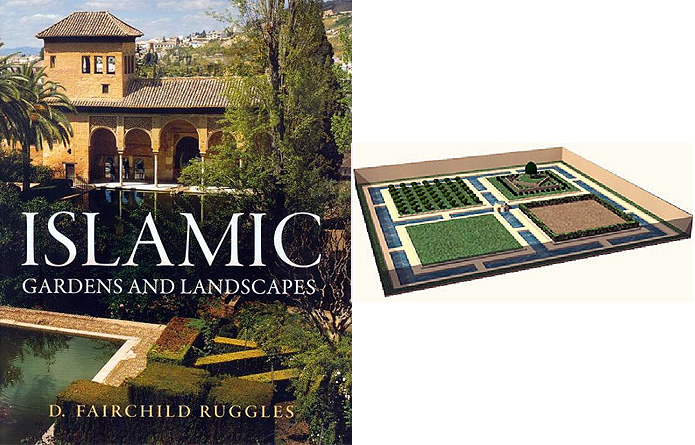

Ranging across poetry, court documents, agronomy manuals, and early garden representations and richly illustrated with pictures and site plans, Islamic Gardens and Landscapes by Dr Fairchild Ruggles is a book of impressive scope sure to…


In this article, published originally in Saudi Aramco World in 1969, focus is laid on the history of Cairo, the capital city of Egypt, founded in 969 by General Gawhar, in the name of the…


The Foundation for Science, Technology and Civilisation, in partnership with 1001 Inventions, announces that 2011 will be The Year of Ibn Al-Haytham.


During the classical Muslim civilisation, big scientific advances in medicine were made. Muslim doctors began by collecting all the medical observations and theories of their predecessors, especially Hippocrates and Galen, and built an original and…


Member of Scottish Parliament, Nicola Sturgeon launches the 1001 Inventions exhibition at the Glasgow Science Centre.


The Trustees of FSTC: Prof. Salim Al-Hassani, Prof. M. El-Gomati, Peter Fell, Ian Fenn, Mohammed Hafiz, Zeki Poyraz It is with great sadness that we announce the passing away of our dear friend and colleague…
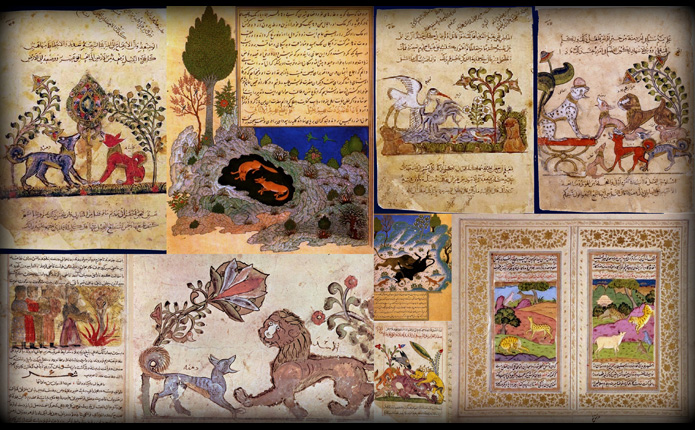

One of the most popular books ever written is the book the Arabs know as Kalila wa-Dimna, a bestseller for almost two thousand years, and a book still read with pleasure all over the world.…


On Friday 1st October 2010, thirty Turkish academics and public figures met to launch the Muslim Heritage Awareness Network Turkey (MHANT) at Marmara University in Istanbul.


Al-Razi (Rhazes) (born in 864 CE) wrote over 200 scientific treatises, many of which had a major impact on European medicine. His best known manuscript is Liber Continens, a medical encyclopedia in which he described…


In this short obituary, we pay a tribute to the memory of Dr David C. Reisman. Dr Reisman was a promising scholar in the field of Islamic studies. He passed away suddenly at the age…


Khalifa University (KU) and the Foundation for Science, Technology and Civilisation (FSTC) recently signed a Memorandum of Understanding (MoU) at the KU campus in Abu Dhabi. The MoU aims to promote greater recognition and appreciation…


Rebuttal by the Foundation for Science Technology and Civilisation to "A Golden Age in Science, Full of Light and Shadow" by Edward Rothstein published in The New York Times, December 10, 2010


From Frankfurt and Cairo to Damascus: Recent Models of the Umayyad Mosque Clock, The Umayyad Mosque Clock, Abdel Aziz al-Jaraki, Eilhard Wiedemann, Fritz Hauser, Fuat Sezgin, Donald Hill, Ridhwan al-Sa'ati, Banu Musa, Al-Jazari, Al-Khazini, history…


The Turkish physician Serafeddin Sabuncuoglu (1385–1470) is the author of a famous treatise of surgery, Cerrahiyetü'l Haniyye (Imperial Surgery), composed in Turkish in 1465. It was the first illustrated surgical atlas and the last major…


In a keynote lecture pronounced by Professor Salim T S Al-Hassani in September 2003 at the European Parliament in Brussels, he used slides and 3-D animations to outline the impressive heritage which Europe received from…


In this short bio-bibliography of Kamal al-Din al-Farisi, Dr Saira Malik presents succinctly the life and work of one of the most original scientists of the Islamic tradition. The author of Tanqih al-Manazir was indeed…


For over 700 years the international language of science was Arabic. In this compelling, inspiring book, Jim Al-Khalili celebrates the forgotten pioneers who helped shape our understanding of the world. All scientists have stood on…


This is a book review of Ibn El-Heysem ve Yeni Optik (Ibn al-Haytham and the New Optics) by Huseyin Gazi Topdemir published in 2008 in Turkish as the first book of a series on scientific…


In the following section, we focus on Ibn Khaldun's contribution to economic thought. We publish contributions by recognized scholars who endeavoured recently to give Ibn Khaldun long overdue credit by placing him properly within the…


Professor Salim Al-Hassani, Chairman of FSTC, has visited the University of Aleppo on 11 October 2010 to greet the new President of the university, Dr Nidal Shehadeh, and to renew the long standing friendly relationship…


Abd al-Rahman ibn Khaldun, the well known historian and thinker from Muslim 14th-century North Africa, is considered a forerunner of original theories in social sciences and philosophy of history, as well as the author of…
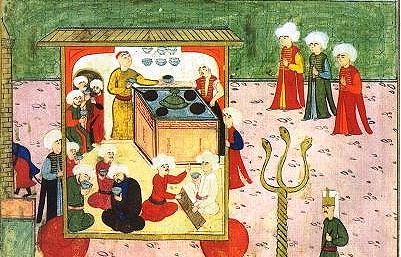

The history of coffee goes at least as far back as the 9th century. From Eastern Africa, coffee spread to Egypt and Yemen. The earliest credible evidence for either coffee drinking or knowledge of the…


Kristiane Backer conducted an interview with Professor Salim Al-Hassani, founder of "1001 Inventions" and President of The Foundation for Science, Technology and Civilisation (FSTC) in the TV Chat Show Matters of Faith on Ebru TV.…
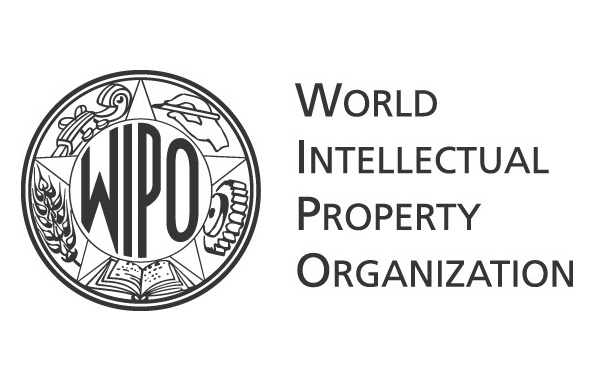

The World Intellectual Property Organization (WIPO) published in September 2010 on its website an interesting article (read online here) about the international touring exhibition "1001 Inventions: Discover the Muslim Heritage in our World" which opened…


Proceedings of the conference 1001 Inventions: Muslim Heritage in Our World organised by FSTC, London, 25-26 May 2010. Professor Emilia Calvo, a member of the Barcelona Team working since decades on the history of Islamic…
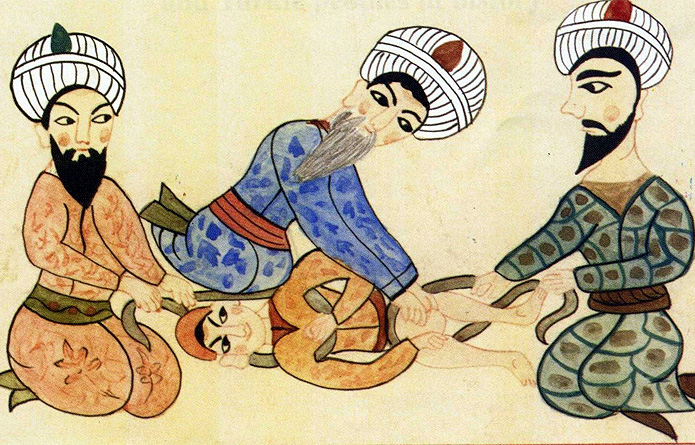

Attitudes and expectations towards medical knowledge and medical practice standards influence and determine the position of health practitioners and the development of medicine. While describing the basic characteristics of the Ottoman Turkish medicine and medical…
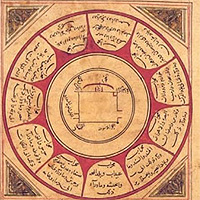

In the following well documented article Dr Muhammad Abdul Jabbar Beg surveys the origins of Islamic science, with a special focus on its interaction with the previous intellectual traditions of the ancient world as well…


[Proceedings of the conference 1001 Inventions: Muslim Heritage in Our World organised by FSTC, London, 25-26 May 2010]. This presentation will reflect on the modern state of science in the Islamic-world and the potential of…


[Proceedings of the conference 1001 Inventions: Muslim Heritage in Our World organised by FSTC, London, 25-26 May 2010]. Departing from a definition of sustainability as a concept that involves the management of resources with intergenerational…


Professor Hamid M. K. Al-Naimy [Proceedings of the conference 1001 Inventions: Muslim Heritage in Our World organised by FSTC, London, 25-26 May 2010]. The aim of this paper is to introduce the status of research…


[Proceedings of the conference 1001 Inventions: Muslim Heritage in Our World organised by FSTC, London, 25-26 May 2010]. The following article presents a brief status about the transmission of Muslim scientific texts, and how the…


[Proceedings of the conference 1001 Inventions: Muslim Heritage in Our World organised by FSTC, London, 25-26 May 2010]. The Islamic realms served as a crucible for scientific learning from the ancient Greek world in the…


[Proceedings of the conference 1001 Inventions: Muslim Heritage in Our World organised by FSTC, London, 25-26 May 2010]. In this brief statement, Professor Jim Al-Khalili outlines some ideas about intercultural dialogue from the standpoint of…


[Proceedings of the conference 1001 Inventions: Muslim Heritage in Our World organised by FSTC, London, 25-26 May 2010]. Aiming at restoring historical continuity to the currently available knowledge on medicine in the Middle Ages, the…


Proceedings of the conference 1001 Inventions: Muslim Heritage in Our World organised by FSTC, London, 25-26 May 2010]. In this short note, Dr Zohor Idrisi, an expert on the history of Islamic agriculture, explores the…


[Proceedings of the conference 1001 Inventions: Muslim Heritage in Our World organised by FSTC, London, 25-26 May 2010]. In this excellent statement addressed by HH Princess Sumaya bint El Hassan, President of El Hassan Science…


[Proceedings of the conference 1001 Inventions: Muslim Heritage in Our World organised by FSTC, London, 25-26 May 2010]. In this concentrated and well written article, Sir Crispin Tickell addresses one of the most urgent and…


[Proceedings of the conference 1001 Inventions: Muslim Heritage in Our World organised by FSTC, London, 25-26 May 2010]. In this vibrant plea for cultural inter-appreciation in the Balkan, Sali Shahsivari outlines the role that may…


1001 Inventions promotes an accurate understanding of the exceptional advances in science, technology and culture made by Muslim civilisation during the 1000+ years labelled The Dark Ages by Western tradition.
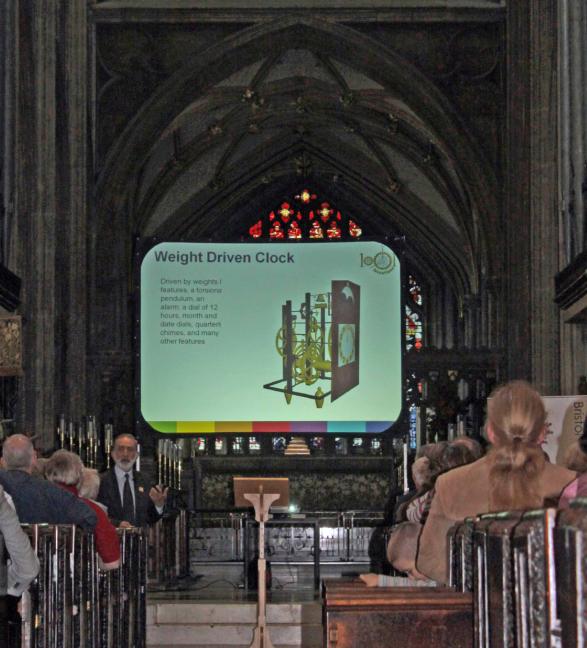

On 2nd June 2010, Professor Salim Al-Hassani lectured in Bristol, UK, on 1001 inventions: Cultural Routes of Science for Cultural Inter-Appreciation. This lecture was organised by the British Science Association (Bristol and Bath branch) and…


On 25th and 26th May 2010 the Foundation for Science, Technology and Civilisation (FSTC) was proud to host a high profile academic conference in the Director's Suite at the London Science Museum.


[Proceedings of the conference 1001 Inventions: Muslim Heritage in Our World organised by FSTC, London, 25-26 May 2010]. In this elogious statement addressed to the international conference organised by Foundation for Science, Technology and Civilization…


25-26 May 2010, FSTC organised the high profile academic conference 1001 Inventions: Muslim Heritage in Our World at the London Science Museum.


On June 21, 2011, Professor Ekmeleddin Ihsanoglu, the Secretary General of the Organization of the Islamic Conference (OIC), lectured about the importance of science and technology for Muslim nations at the American University in Sharjah…


Cash endowments contributed to Ottoman society, without any cost to the State, by organizing and financing expenditures on education, health, welfare and a host of other activities. The aim of this article is to discover…


In this article on Ibn Khaldun's thought in microeconomics, Cecep Maskanul Hakim analyses several central concepts and theories, from the dynamics of labor to the complex question of demand-supply and prices. Another aspect of the…


This academic meeting will be held on the occasion of celebrating the International Launch of the new blockbuster 1001 Inventions Exhibition


The economic theory of Ibn Khaldun and the rise and fall of nations, Selim Cafer Karatas, Ibn Khaldun on economics, the state theory, specialisation and economic surplus, supply and demand, monetary policy, fixed prices, property…


The 14th-century historiographer and historian Abu Zayd ‘Abd al-Rahman ibn Khaldun was a brilliant scholar and thinker now viewed as a founder of modern historiography, sociology and economics. Living in one of human kind's most…


The Islamic tradition of agriculture, whether in the form of the outstanding progress in agriculture production or as a large corpus of farming manuals written in Arabic, is nowadays a subject of interest for historians…
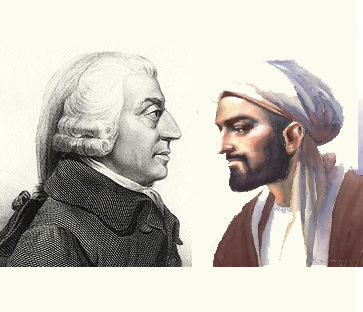

The contributions of Ibn Khaldun to the development of economic thought have gone largely unnoticed in the academic realm of Western nations, this despite recent research focusing on Khaldun's magnum opus, Al-Muqaddimah. In this paper,…


A three-part series of documentary travelogues in which Tim Mackintosh-Smith follows in the footsteps of 14th Century Moroccan scholar Ibn Battuta


Bettany Hughes is an advisor to the Foundation for Science, Technology and Civilisation (FSTC) and member of its consultant network Muslim Heritage Awareness Group (MHAG). Her Youtube films on East/West understanding produced by FSTC were…


Ibn Khaldun's theory of taxation has been considered one of his most important contributions to economic thought. In the Muqaddimah, he relates the theory of taxation with the government expenditure and argued for low tax…


The book Arabic into Latin in the Middle Ages: The Translators and their Intellectual and Social Context by Charles Burnett is a collection of previously published articles on the transmission of Arabic learning to Europe.…


Oscar-winning actor and screen legend Sir Ben Kingsley has taken the starring role in a short feature film about the scientific heritage of Muslim civilisation.
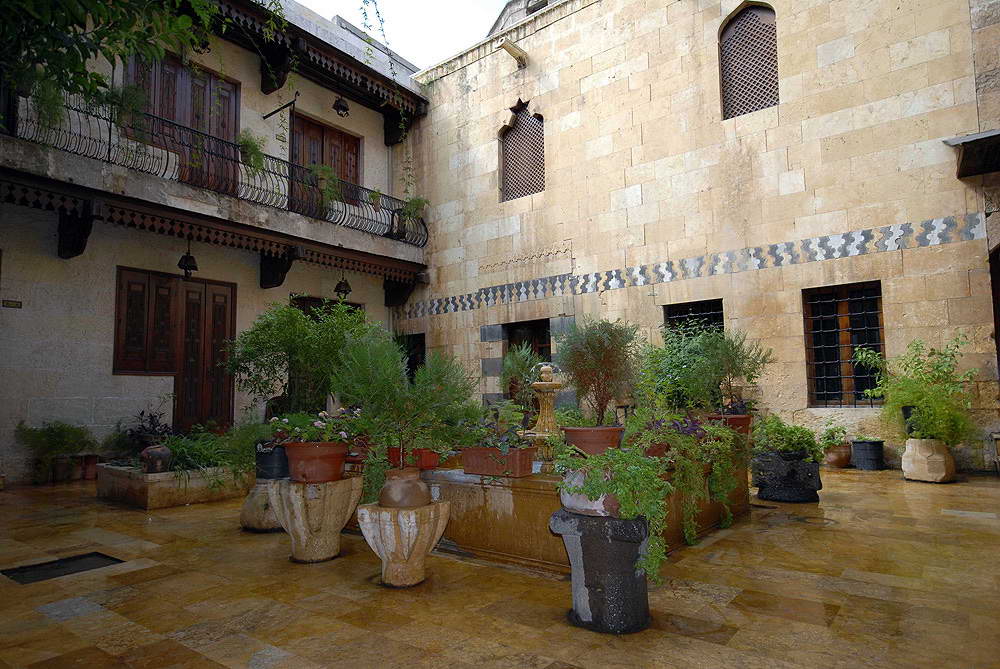

The courtyard house is one of the most enduring architectural forms, transcending regional, historical and cultural boundaries. Its balance of simple appropriate construction, environmental control and social and familial structures continues to engage architects and…


At the beginning of 2010, the Islamic world at large and the Islamic Studies community in particular, lost Dr Salah al-Din al Munajjed, a brilliant and eminent scholar who passed away on 18 January 2010…


On the occasion of the launch of 1001 Inventions Exhibition in the Science Museum in London since 21 January 2010, 1001 Inventions Ltd produced a short introductoy film (5:45 mn) to present this ground breaking…


One area where the genius of the Muslim civilisation has been recognised worldwide is that of art. The artists of the Islamic world adapted their creativity to evoke their inner beliefs in a series of…


Dr Salim Ayduz, researcher at FSTC, presented on Tuesday 9 February 2010 a conference on the Muslim contributions to modern civilisation in the "Islam Awareness Week 2010" organised by Lancaster University's Islamic Society. We present…


In a programme broadcasted on BBC Radio 3 on Sunday 14 February 2010, the work and influence of the great Ottoman architect Mimar Sinan was highlighted, through the description of his magnificent buildings in Istanbul…
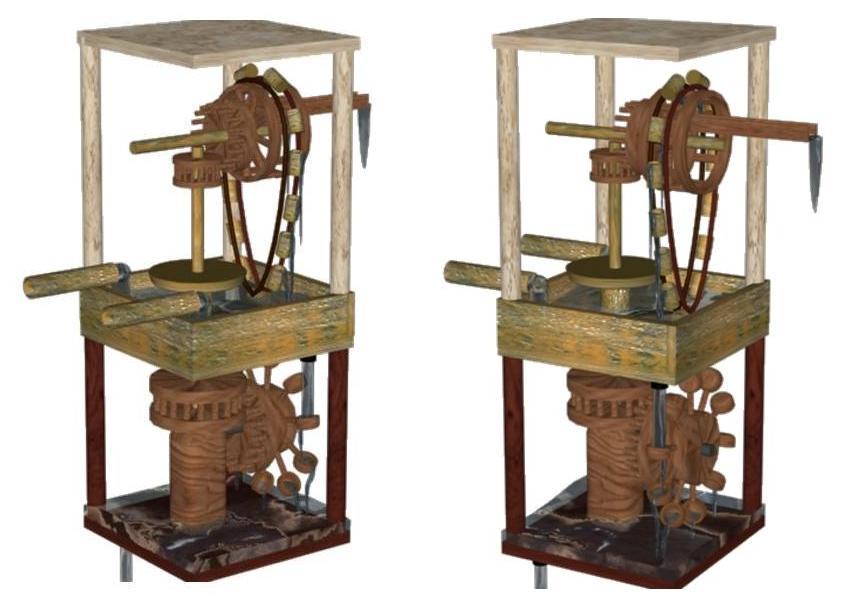

The following essay aims to alert communities as to the particular significance of the Muslim civilisation and its historical role in contributing to the birth of modern civilisation. The author, Professor Salim Al-Hassani, a specialist…


The art critic and art lover, Waldemar Januszczak, sets out on an epic journey of discovery across the Muslim world from Central Asia, to the heart of the Middle East and beyond to reveal a…
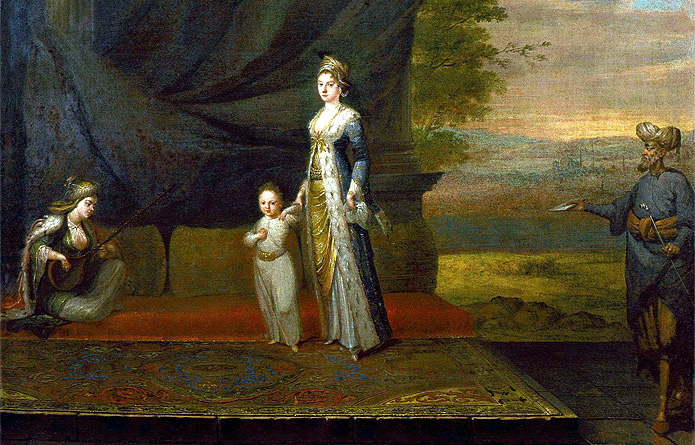

The English aristocrat and writer Lady Mary Wortley Montagu (1689-1762) is today remembered particularly for her letters from Turkey, an early example of a secular work by a Western woman about the Muslim Orient. When…


Piri Reis is a well known Ottoman-Turkish admiral, geographer and cartographer from the 16th century. His famous world map compiled in 1513 and discovered in 1929 at Topkapi Palace in Istanbul is the oldest known…


In a recent interview with the magazine New Scientist, Professor Jim Al-Khalili, Professor of Physics at the University of Surrey, Broadcaster and member of Muslim Heritage Awareness Group (a network of experts working with FSTC)…
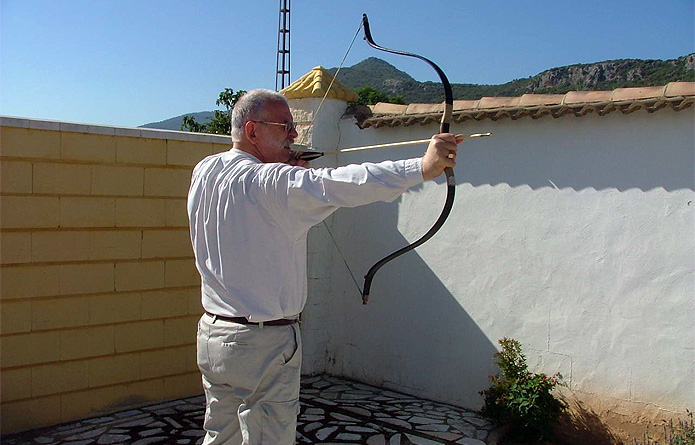

In this article we will be looking at several handbooks on archery written in both the Islamic world and in the West with the aim of determining which is the oldest useful manual on archery.…


The following article presents a survey on some glorious pages of the history of Kairouan, the ancient capital of the Islamic Ifriqiya (present day Tunisia). Founded in 670 by ‘Uqba ibn Nafi', the Arab general…


The history of the Islamic west offers glorious pages of contribution to world history in various fields. This article presents a survey on some salient aspects of the role played by Morocco in the civilisation…


The 1001 Inventions exhibition opened at London's Science Museum on January 21st 2010. Since that time it has become one of the most popular exhibition's that this prestigious venue has ever hosted.


News report about the 1001 Inventions Exhibition, which launched in London @ the Science Museum on January 21st 2010.


1001 Inventions is a global educational initiative that promotes awareness of the scientific and cultural achievements of Muslim civilisation, during the thousand year period from the 7th century onwards, and how those contributions helped build…


Science-based organisations and Government need to make greater efforts to engage the public with the sciences, according to a new report ‘Science for All' published on 9 February 2010 by The British Science Association, as…


Dr Ian Griffin Receives a NOYCE Fellowship in 2009



1001 Inventions is delighted to bring you the most recent YouTube clip uploaded by Her Majesty Queen Rania of Jordan. This clip highlights just some of the everyday items in our homes that came to…


Abdel-Wahed El-Wakil is one of the leading voices in contemporary Islamic architecture and a practitioner known worldwide for his design of the Oxford University Centre for Islamic Studies. His use of traditional form and technique…


Recent scholarly interest in the genesis of social sciences in Islamic culture is a noteworthy shift. Until recent times, the development of these fields was credited exclusively to the modern Western tradition, especially to the…


Amicable number, perfect numbers, deficient numbers, abundant numbers, studying numbers was done by many including Ibn Sina better known for work in medicine.


In a seminar organised by the Oxford Centre of Islamic Studies in 11 January 2005, aimed at brain-storming the topic of Islam and the Environment, Professor Al-Hassani presented a short overview on the environment issue…
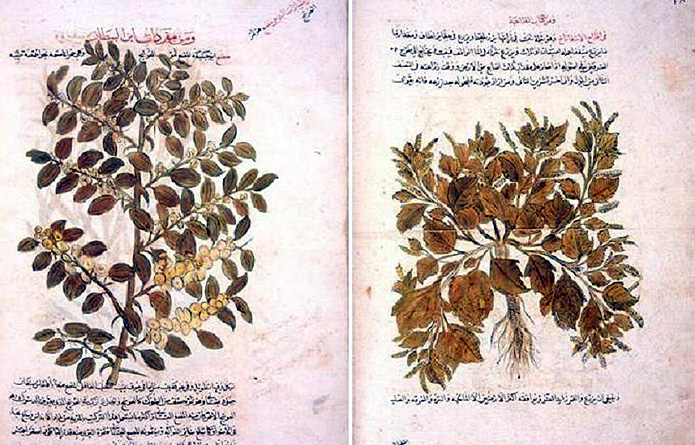

The scholars of Islamic culture worked extensively in the combined fields of botany, herbals and healing. Several scholars contributed to the knowledge of plants, their diseases and the methods of growth. They classified plants into…


FSTC in the British Science Festival in Surrey


In the following, we republish two recent and very elogious reviews of 1001 Inventions: Muslim Heritage in Our World published by FSTC in 2006 (Editor-in-Chief Salim al-Hassani). These reviews were published by Carl Kessler in…


The complex of disciplines composed of mathematics, architecture and art in Islamic civilisation has been an important field of recent research. The scholars showed the interaction between mathematical reflexion and procedures and their implementation in…
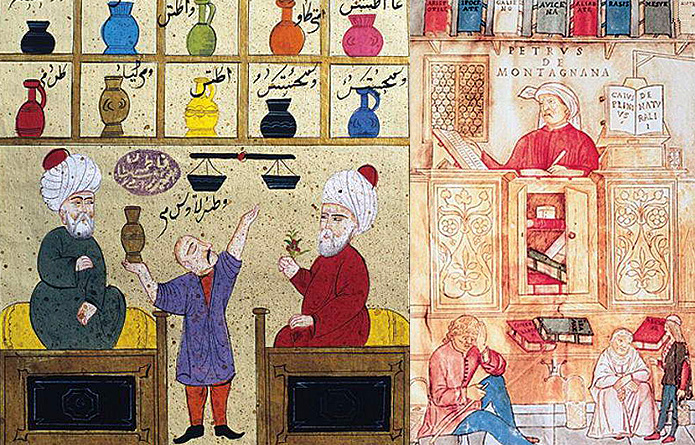

The magazine Saudi Aramco World published in May-June 2007 an interesting folder on Arabic and Islamic science. The folder of 20 pages consists of several articles illustrated with a rich iconography and accompanied with illuminating…


Chess probably originated in Persia or Central Asia before the seventh century and spread to India, China, the Middle East, North Africa and Europe, becoming so acculturated that the ability to play was simply part…


The following short article is based on the notes for a speech presented to the Muslim Heritage Awareness Group held at the Royal Society in London, 14 July 2009. The MHAG is a consulting network…


Meeting of the Muslim Heritage Awareness Group (MHAG) in London
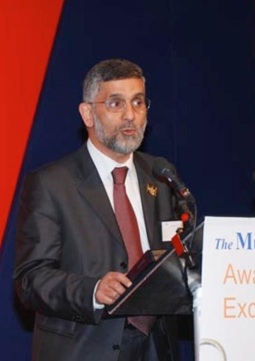

Muslims and The Frontiers of Knowledge in the 21st Century
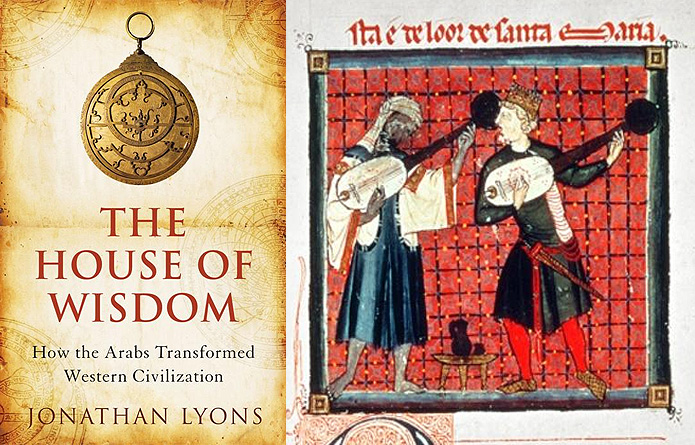

In February 2009, Jonathan Lyons published 'The House of Wisdom', a riveting history which reveals the vital role the Islamic civilisation played in knowledge creation and how this treasure reached the West. In this fascinating…
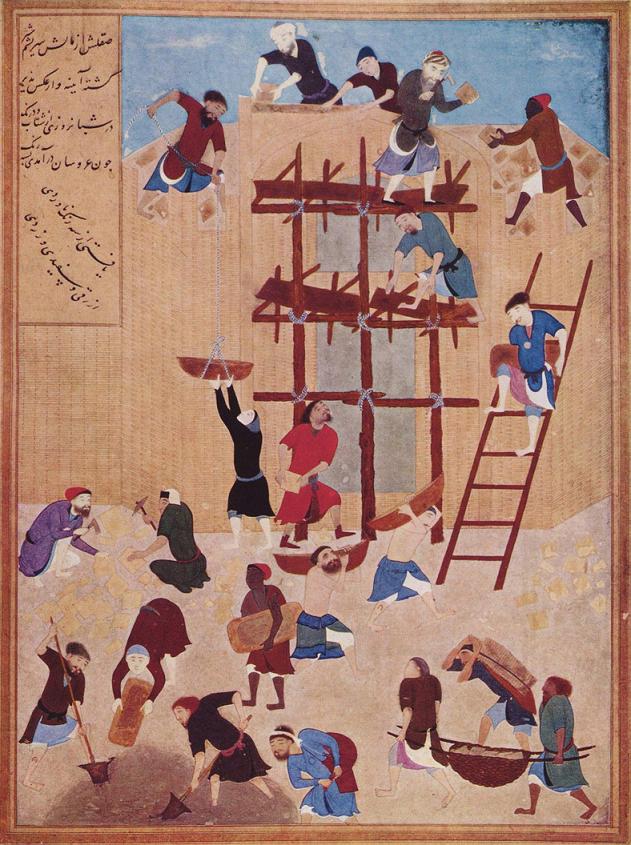

Most educational systems, particularly those of Western countries, teach that industry was born in Europe and that the Industrial Revolution was the mother that delivered industrial mass production. Salim Al-Hassani, Chairman of FSTC and eminent…
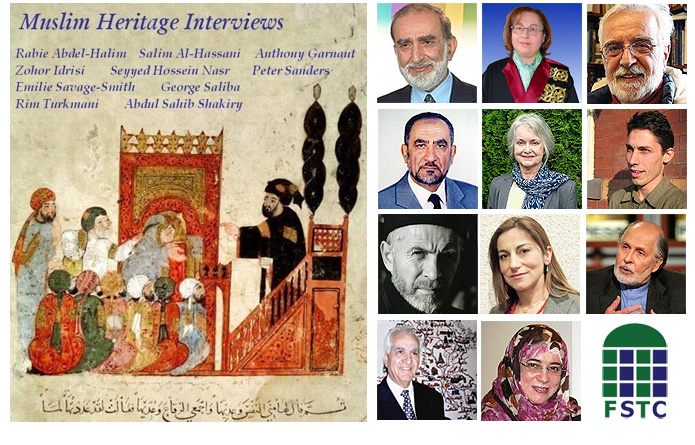

During the spring of 2007, Kaleem Hussain hosted a radio show titled the Muslim Heritage Radio Show at Unity FM Radio in Birmingham. The radio show coincided with the 1001 Inventions Exhibition that took place…


Aise Asli Sancar, a renowned writer and lecturer on women's issues has said when she began investigating the subject of Ottoman women, she realized that they were much more complex and multifaceted than they are…


Kâtip Çelebi was arguably the most important Ottoman intellectual figure of the 17th century. Being the author of many works in the fields of bio-bibliography, geography, history and economics, he held reformist opinions and cultivated…


In this last interview that closes this series of Muslim Heritage Interviews, Professor Rabie El Said Abdel-Halim, eminent expert in urology, poet and well known historian of Islamic medicine, details his passions for medicine and…


The article of Professor Dr. Bekir Karliga on the horizon of Katip Çelebi's thought is a tremendous analysis of the reformist efforts deployed by the renowned 17th-century Ottoman scholar Katip Çelebi Mustafa bin Abdallah, known…


Among the original machines described in the corpus of Islamic technology, the six-cylinder "monobloc" piston pump designed by Taqi al-Din Ibn Ma'ruf in the late 16th century holds a special place. Working as a suction…


The famous image we find in an Arabic manuscript depicting the "al-faras al-mastuh" (a horse lying on its back) is a clear representative of the degree of progress attained in the Islamic tradition of veterinary…


The following research article in a particular field of the history of medicine, written by two eminent experts, Drs Adnan A. Al-Mazrooa and Rabie E. Abdel-Halim, is composed of two parts. This first part surveys…


The following research article in a particular field of the history of medicine, written by two eminent experts, Drs Adnan A. Al-Mazrooa and Rabie E. Abdel-Halim, is composed of two parts. This first part surveys…


Abu Bakr Muhammed Al-Karaji is a Muslim mathematician and engineer from the late 10th century-early 11th century. Of Persian origin, he spent an important part of his scientific life in Baghdad where he composed ground…


In the first of the Muslim Heritage Interview Series, Professor Salim T. S. Al-Hassani, the Chairman of the Board of the Foundation for Science, Technology and Civilisation (FSTC), talks of the beginning of his interest…


Welcome to another Muslim Heritage Radio Show. The aim of this show is to educate the listeners about the contributions Muslim Scholars have made from a classical perspective in a wide range of fields, but…


Professor Emilie Savage-Smith expands in this remarkable interview on Islamic medicine of which she draws a lively picture. Beginning with a general survey of the conditions of its inception and development in an intercultural context,…


In the following interview, Dr Zohor Idrisi sheds light on Islamic agriculture and the culinary art in Muslim heritage. She mentions the various factors that favorised the development of agriculture in the Islamic civilisation, such…


Interviewing Professor Seyyed Hossein Nasr, the eminent specialist of the Islamic spiritual tradition, means talking about the core of spirituality in Islam, the contributions of Muslim scholars and thinkers in developing an original spiritual dimension,…


The interview with Abdul Sahib Shakiry went along on his interests and activities as a promoter of Islamic tourism, with its correlate concept, responsible tourism. It is in this perspective that he advocated for the…


The tradition of Islamic astronomy is the main topic of the following interview, in which Dr Rim Turkmani, an astrophysicist scholar, draws on her passion for Islamic science to present a survey on salient aspects…


1001 Inventions Croydon Exhibition on Islam Channel TV...


Two-part series, Boris Johnson travels to France, Spain, Egypt, Israel, Syria and Turkey to investigate the early beginnings of what some people now call 'the clash of civilisations.'


Islam in China and the contribution of the Muslim community of China to Muslim heritage is the theme of this interview with Anthony Garnaut. The genesis of the Chinese Muslim community, its history and culture…


At first sight, the place held by education in Ibn Khaldun's sociology appears uncertain to say the least. What today we understand by the term ‘education'—the replication of individuals and groups, firstly at the level…


In this study, we present a brief commentary on four books written by Muslim physicians and medical authors who lived between the ninth and the eleventh centuries, having to do with urology, with a special…


FSTC was invited to speak at the UK House of Lords for the Every Muslim Child Matters project


This is a study and translation of the section on pericarditis in Kitab al-taysir fi al-mudawat wa-'l-tadbir (Book of Simplification Concerning Therapeutics and Diet) written by the Muslim physician Ibn Zuhr (Avenzoar) who lived and…
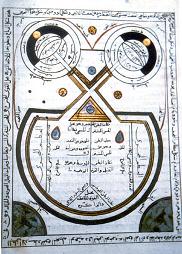

With few exceptions, most of the current publications on history of urology still ignore the scientific and technological events of the more than a thousand years between the Greco-Roman times and the modern era. This…


Egyptology: The Missing Millennium published by Okasha El Daly is an invaluable resource showing the extent of efforts by Muslims to study and develop knowledge inherited from prior generations. In this book, El-Daly explores the…


The Muslim Heritage Awareness Group (MHAG), a think tank and consulting body of the Foundation for Science, Technology and Civilisation (FSTC) held recently its meeting on 24 March 2009 in London at the Royal Society.…


FSTC and Muslim Heritage Consulting (MHC) took part in the high profile opening of the Qatar Science and Technology Park on March 16th 2009. The opening night celebrations were attended by His Highness Sheikh Hamad…


Turkish cuisine is largely the heritage of Ottoman cuisine, which can be described as a fusion and refinement of Central Asian, Middle Eastern and Balkan cuisines. Turkish cuisine also influenced these cuisines and other neighbouring…


The following article focuses on the cubic measure of the volume of the sphere in Arabic mathematics. After a short presentation of the Greek and Chinese ancient legacies on this topic, the article surveys thoroughly…


The ninth Annual Ceremony for The Muslim News Awards for Excellence took place 30 March 2009 in London. Over 800 people celebrated the ninth Annual Ceremony of The Muslim News Awards for Excellence - Britain's…


The Ottoman imperial Palace was quite different from Western palaces and courts, for it was not only the residence of the Ottoman Sultans and their royal household, but also served to various other functions as…


Professor Rafid Al-Khaddar, Head of Construction and Civil Engineering Department at John Moores University, Liverpool, and Key Associate and Fellow of FSTC, presented a lecture on "Science and Research in the Arab World".


The book "The Dialogue of Civilizations in the Birth of Modern Science" by Arun Bala introduces a dialogical perspective on the birth of modern science and lists a great number of contributions made to the…


Al-Ghazali (1058-1111) was one of the most influential Muslim thinkers. A jurist, logician, theologian, and philosopher, he was honoured in the history of Islam with title of Hujjatul-Islam (the Proof of Islam)." Among his numerous…


Music has been used as a mean of therapy through the centuries to counter all kinds of disorders by various peoples. Physicians and musicians in the Ottoman civilization were aware of the music therapy in…


The Leeds University Islamic Awareness Week organised by students, invited Dr. Okasha El Daly to deliver the opening lecture on Monday 16th February 2009 which took place at Rupert Beckett Theatre, University of Leeds.


Professor Nil Sari Akdeniz, the head of the History of Medicine and Ethics Department of Istanbul University at the Cerrahpasha Medical School since 1983, is a world famous historian of Islamic medicine in general and…


In the history of Islamic civilization, many hospitals were founded by women, either as wives, daughters or mothers of sultans. All health personnel were male at these hospitals. In the Ottoman period, the female patients…


In a recent book, Sylvain Gouguenheim has caused a furore in claiming that European culture owes nothing to Arabic culture. The following article by Professor Charles Burnett, an eminent scholar in the intellectual context of…


Galen's concept of medicine which dominated the medical world almost nearly for fifteen centuries began to loose its importance in the 16th century. At that time, Paracelsus (1493-1541) introduced a new medical understanding based on…
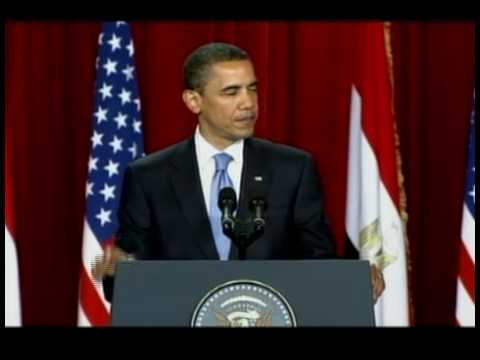

Speech by President Barack Obama, Egypt 2009...


Throughout the ages thinkers have raised the question of what the human being ought to learn in order to be in tune with his own epoch, to live intelligently in society, and to be a…


1001 Inventions book endorsements.


Turkish cuisine is largely the heritage of Ottoman cuisine, which can be described as a fusion and refinement of Central Asian, Middle Eastern and Balkan cuisines. Turkish cuisine also influenced these cuisines and other neighbouring…


Circumcision is widely practiced in all Islamic countries. Festivities pertaining to circumcision vary according to the regions and civilizations. In this report, circumcision festivities at the Ottoman Palace and the socioeconomic importance of the tradition…


The medical sciences and related fields have enjoyed great peaks in achievement through Muslim scholarship, which raised both standards of practice and the status of the physician. This article delves into the vast history of…


This article is about the foundation of the Medical History Museum founded recently in Istanbul as part of the Istanbul University Cerrahpasa Medical School. The aim of this museum, founded by Professor Nil Sari in…


This article discusses the view that the simurgh, a mythological bird with supernatural characteristics, was also a symbol of miraculous life and treatment, as related in stories and miniature pictures. Such as view is described…
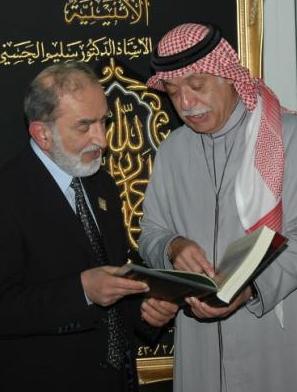

On 2 February 2009 Professor Salim Al-Hassani, Chairman of the FSTC was given homage by Sheikh Abdul Maqsood Khoja at the Al-Ithnainiya Literary Forum in Jeddah, Saudi Arabia.


Abu `Ali Ahmad b. Muhammad b. Ya'qub Miskawayh (932-1030) is a brilliant intellectual and philosopher of 10th-century Buwayhid Baghdad. His effect on Islamic philosophy is mainly concerned with ethical issues. His book Tadhib al-akhlaq (Ethical…


This is a review of the book prepared by Prof. Dr. Idris Bostan for the Turkish Undersecretariat of Navigation in order to provide a useful and important scientific resource on the naval history of the…


The main objective of this study is to investigate into the six-cylinder water raising pump described around 1550 by the Ottoman Muslim scientist Muhammad Ibn Ma'ruf, known as Taqi al-Din, in his treatise Al-Turuq al-Saniya…


Gaza, this tormented part of Palestine, land of suffering and resistance, is also a land of long history. This article presents two recent attempts to recover the ancient and medieval history of Gaza: a book…


Since the middle of the 20th century, the history of Arabic mathematics evolved as a sub-field of history of science and became an area of a special expertise in which intermingled the skills of confirmed…


The famed Muslim scholar Al-Kwarazmi has long been known as the father of Algebra. In this article, Aydin Sayili presents an alternative view of the inception and development of Algebra in the works of of…
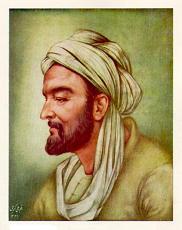

This study presents the theory of education in the philosophy of Ibn Sina, considered by ancient and modern scholars alike as the most famous of the Muslim philosophers. In his philosophical system, Ibn Sina outlined…


Aydin Sayilli (1913-1993) was an eminent historian of science whose pioneering work during a 50-year career uncovered many hidden treasures in the history of mathematics, astronomy and medicine, especially in the Islamic tradition. In this…


This is a review of the book published in 2007 by Michael Hamilton Morgan, Lost History. The essay attempts to uncover the Golden Age of the Muslim civilisation and recognises its contributions to the rise…


The subject of food and diet was very essential in the Islamic Cuisine. Both of them were very important in the most of the medical manuscripts in the Ottoman world. Balanced diet was also important…


A notable fact that should be remembered when we talk about the different areas of knowledge in Muslim heritage—and which should be emphasised in these troubled days marked by the tragic situation in the Middle…


The transmission of medical knowledge can be traced to some of the earliest writings in human history. Yet a particularly fruitful period for advancement in medical science emerged with the rise of Islam. For the…


Virtues such as modesty, contentedness, fidelity and hopefulness expected from a physician must be perceived as general criteria of ethical standards, since principles are also the criteria for the preference of values, in a sense.…


In this era of intolerance and cultural tension, Professor Al-Khalili launched a hearty plea in The Guardian in January 2008 to appreciate the fertile scholarship that flowered with Islam. The tradition of Islamic science contributed…


Two shows are expected to be broadcast on BBC Four in January 2009: An Islamic History of Europe by Rageh Omaar and Science and Islam by Jim Al-Khalili. As a gift for the Hijri 1430…


In 5-6 September 2008 the Universities of Manchester and Surrey organised in Manchester an international conference "Representing Islam: Comparative Perspectives". The meeting attracted over 100 eminent national and international speakers and a large audience. The…


In 5-6 September 2008 the Universities of Manchester and Surrey organised in Manchester an international conference "Representing Islam: Comparative Perspectives".


This is the text of a presentation made to The Education and Culture Committee of the EU Parliament in Brussels on the 5th November 2008.


In 12-13 November 2008, the United Nations organised in New York a high-level meeting of the General Assembly to promote inter-faith dialogue. The meeting was marked by the active participation of the heads of state…


Report on a conference launching the 1001 Inventions Exhibition at the UK House of Parliament, 15 October 2008. Between 13 and 17 October 2008, the Foundation for Science, Technology and Civilisation (FSTC) organised two major…


In the following article, Professor S. M. Ghazanfar, a specialist in the history of economic thought in the Islamic civilisation, explores the evidence concerning the roots of historical "capitalism" as it evolved in the early…
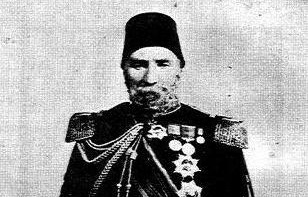

This article is a biography essay on the life and works of Vidinli Tawfiq Pasha, a 19th-century Ottoman scholar, statesman and general of 19th-century Istanbul, and a noteworthy mathematician who published in 1882 an important…


In the following essay, Dr. Gunalan Nadarajan, Associate Dean of Research and Graduate Studies in the College of Arts and Architecture at Penn State University, draws on the work of al-Jazari, the famous 13th century…
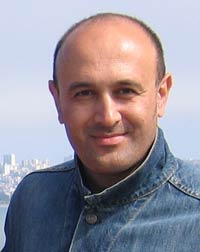

Text of the Lecture of Professor Jim Al-Khalili in the Conference Muslim Heritage in our World: Social Cohesion marking the 1001 Inventions Exhibition at the House of Parliament, 15th of October 2008, Church House, London,…
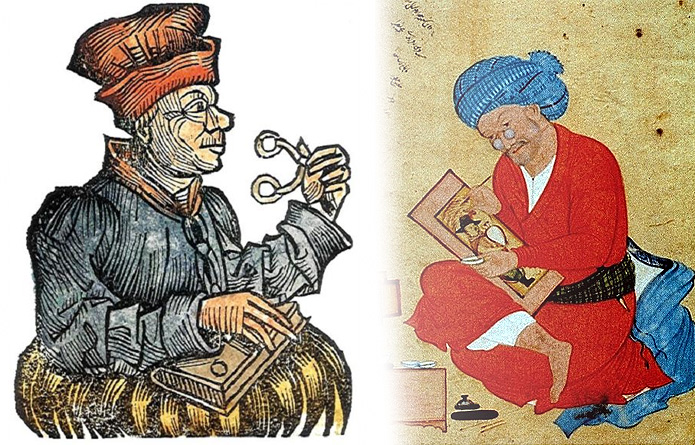

The following article by the expert scholar Lutfallah Gari surveys the historical sources to uncover the ancient history of the invention of spectacles. To the question "where and when were they invented?", and after a…


Text of the Lecture of Professor Roshdi Rashed in the Conference Muslim Heritage in our World: Social Cohesion marking the 1001 Inventions Exhibition at the House of Parliament, 15th of October 2008, Church House, London,…
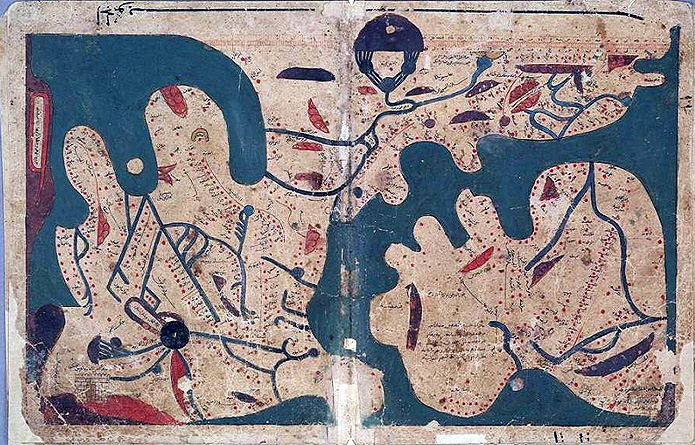

The Bodleian Library at the University of Oxford has purchased the medieval Arabic manuscript Kitab Gharaib al-funun wa-mulah al-uyun popularised under the title the Book of Curiosities, an exceptionally rich text on cosmography. The treatise…


In this article, Professor Aydin Syili analyses the medical teaching in the different phases of Islamic civilisation, especially in the madrasa system. The network of schools covered the Islamic world from the 11th century, while…


Until recently, the mainstream history of scientific ideas has failed to acknowledge numerous Islamic scientists and their great efforts and achievements throughout the centuries. This short article seeks to contribute in redressing this injustice by…


This book is a collection of previously-published papers on the origins of economic thought discovered in the writings of some prominent Islamic scholars belonging to the five centuries prior to the pre-modern era. This period…


The following article presents a thorough intellectual biography of the late Aydin Sayili, the well known historian of Islamic science. The second part of the article is a comprehensive list of his works. This bibliography…


Our lives today bring us in touch with many different cultures -- both East and West. Ever wonder where some of the things we use every day come from?


London Conference tackles 1000 years of amnesia of Muslim science and technology, Wednesday 15th October, 2.30pm, Hoare Memorial Hall, Church House, Westminster.


FSTC Research Associate Kaleem Hussain delivered on 17th April 2008 a lecture on ‘Muslim Heritage: A Scholarly Perspective' at the Markfield Institute of Higher Education in Leicester. Aiming to explore the education of children in…


The Greek letter pi (symbolized by π) is defined as the ratio of the circumference of the circle to its diameter. It is considered to be a vital element in the calculations of the area…


In this special section reproduced from Aramco World (issue March/April 1981), distinguished authors cover topics related to printing in the Islamic civilisation. It is showed, in particular, that contrary to the notion that the technology…


In this well informed article, Dr Geoffrey Roper, an expert in the field, outlines an impressive portrait of the dangers and threats encountered by the national heritage of Iraq due to the dramatic recent events…


In the following bibliography of the Islamic and Chinese scientific relationships in classical times, a list of the main recent works is produced. The researches cover various scientific domains, from mathematics and astronomy to technology,…


In this article, Anthony Garnaut, an expert of the Muslim Chinese culture, focuses on the Islamic heritage in China and its relevance to understanding both the evolution of Chinese history and culture, and to appreciating…


Dr. Farouk El-Baz receives 1001inventions book
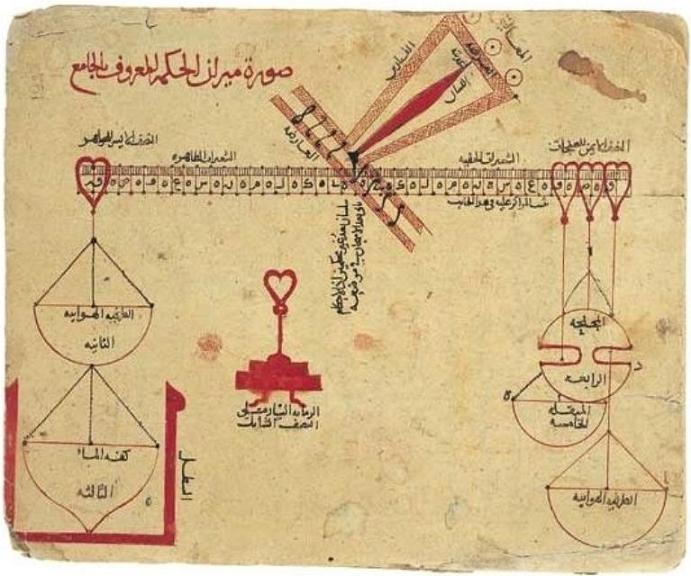

The following text is the revised and expanded version of a lecture presented at The Royal Society in London (1st March 2007) during a meeting of the Muslim Heritage Awareness Group (MHAG) in which Mohammed…


Figure 1. The cover pages of the “Medieval Islamic Medicine” book. Medieval Islamic Medicine by Peter E. Formann and Emilie Savage-Smith is a new book on the Islamic medical tradition, published by Edinburgh University…
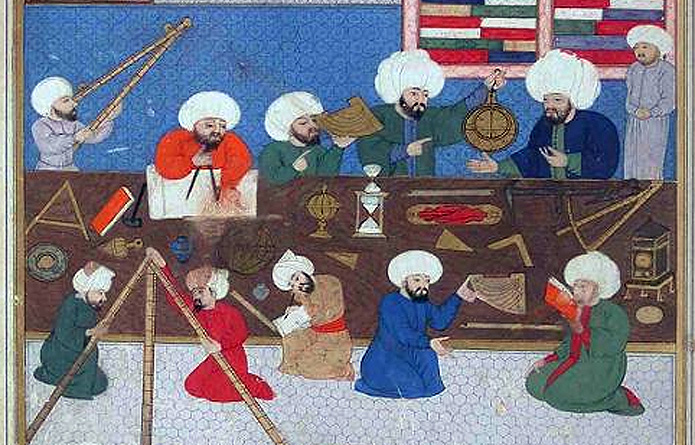

The Ottoman contribution to science and technology during their six hundred year rule is beyond measure. This article is a brief outline of just some of the Ottoman scientific activities and related institutions that brought…


An extensive compendium of literature on Islamic civilization, the book published by Professor Shaikh M. Ghazanfar Islamic Civilization: History, Contributions, and Influence: A Compendium of Literature presents detailed and focused "literature briefs" on over 600…


George Sarton was a pioneer scholar who played a decisive role by his scholarship, methodology and academic career in establishing the history of science as a recognized subject in modern academia. His monumental major work…


The first stone was laid on July 16, 2008 at the Louvre's new Arts of Islam gallery. With this initiative, France's famous Museum is readying to receive its groundbreaking Islamic section that will showcase the…
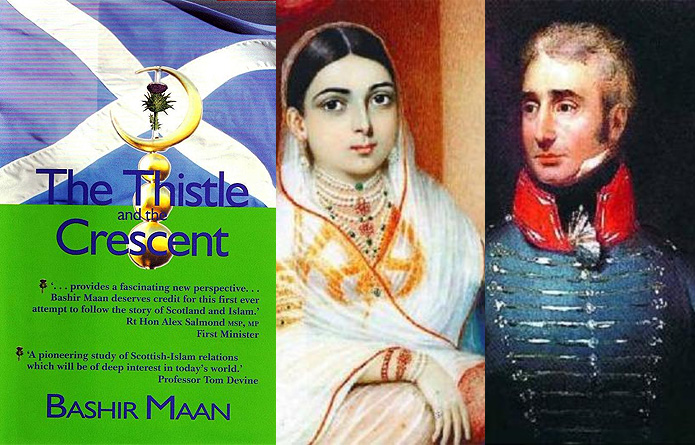

Information on the long and varied relationship between Islam and Scotland that began as early as the 7th century is non-existent. The Thistle and the Crescent by Bashir Maan has been written to fill this…


Podcast on the life of Muslim scholar, Averroes, also known as, Ibn Rushd.


In this article, some aspects of Kitab Nūr hadaqat al-ibsār wa-nūr haqīqat al-anzār (Book of the Light of the Pupil of Vision and the Light of the Truth of the Sights) of the renowned Ottoman…


In this article, some aspects of Kitab Nūr hadaqat al-ibsār wa-nūr haqīqat al-anzār (Book of the Light of the Pupil of Vision and the Light of the Truth of the Sights) of the renowned Ottoman…


Halab [said Al-Muqaddasi, in 985] is an excellent, pleasant and well fortified city, the inhabitants of which are cultured and rich, and endowed with understanding. The city is populous and built of stone, standing in…
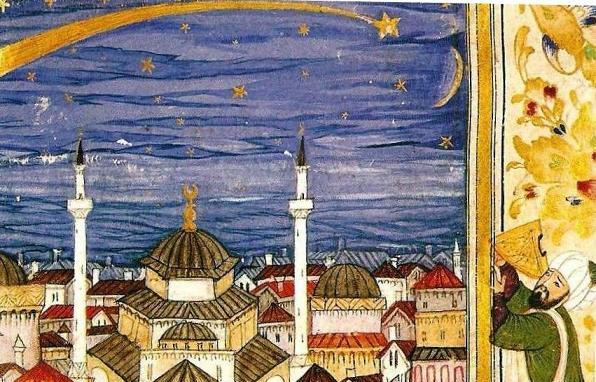

Being in form a bio-bibliographical essay on the life and works of Taqī al-Dīn Ibn Ma'rūf, a well known scholar of 16th-century Istanbul, this article presents the contents of his books and compares his scientific…


In this article, Professor Charles Burnett, a world expert in the history of Islamic influences in Europe at The Warburg Institute (London University), retraces the impact the Latin translations of Arabic texts of science and…


In this important article, Professor Ahmed Djebbar, the renowned scholar and specialist of the history of Arabic sciences, especially in the Islamic West, presents a general survey on mathematical activities in the Medieval Maghrib since…


Fakhr al-Dīn Ridhwān ibn Rustam al-Sā'ātī (d. between 618-626 H/1220-1229 CE) was a scholar and mechanical engineer, author of the book ‘Ilm al-sā'āt wa 'l-'amal bihā in which he described the famous public clock set…


This article is a bio-bibliographical essay on the life and works of Taqī al-Dīn Ibn Ma'ruf, a scholar of 16th-century Istanbul, one of the most prolific and original scientists of the Ottoman period of Islamic…


Abū 'l-Barakāt al-Baghdādā (flourished in the 11th-12th centuries in Baghdad) was a scholar of the Arabic-Islamic tradition. An original philosopher and respected medical authority, he is well known by his Al-Kitāb al-Mu'tabar, a philosophical essay…


In his book The Brightest Stars for the Construction of Mechanical Clocks (Al-Kawakib al-durriyya fi wadh' al-bankamat al-dawriyya), Taqi al-Din Ibn Ma'ruf analyses the four main types of time keeping devices known in the 16th…


In this article, Professor Sevim Tekeli, an outstanding scholar in the history of Ottoman science, describes the instruments built by Taqî al-Dîn Ibn Ma'ruf and his team at the Istanbul observatory (was in activity between…


Observation wells received much historical interest relating to observatories. In this article Prof. Aydin Sayili describes the history of "observation wells" both in Islamic and European worlds.


The seat of the World Bank in Paris hosted on May 22-23, 2008 an important meeting: the fourth edition of The World Conference on Intellectual Capital for Communities. The conference was attended by eminent scholars…


The seat of the World Bank in Paris hosted on May 22-23, 2008 an important meeting: the fourth edition of The World Conference on Intellectual Capital for Communities. The conference was attended by eminent scholars…


In the frame of the forthcoming of The World Conference on Intellectual Capital for Communities, Professor Salim Al-Hassani, FSTC Chairman of the Board, presents a keynote lecture on the theme: Innovation in the Islamic World:…
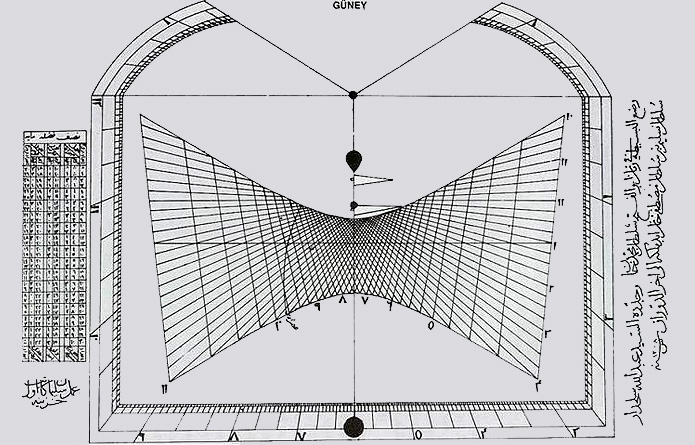

Muslim astronomers and engineers invented a variety of dials for timekeeping and for determining the times of the five daily prayers. In this thorough and technical study, Professor Attila Bir analyses the principle and use…


This article by Professor Sevim Tekeli, a leading historian of science in the Ottoman period, deals with an aspect of the work of Taqi al-Din Ibn Ma'ruf in trigonometry, a mathematical discipline which studies the…


Gutenberg in the 15th century. Based on his work on original sources, he states that some of the early printed Arabic documents display quite sophisticated designs involving calligraphic headpieces, transverse lettering, geometric panels, roundels, and…


The aim of this paper is to investigate the various aspects of preparedness and response to natural disasters in the Arabic speaking lands during the 15th and 16th centuries, with comparison to earlier writings. Two…


This article focuses on a critical presentation of the arguments put forward by Kamal al-Din al-Farisi about the formation of the rainbow. This optical phenomenon was explained simultaneously but independently by two scientists, Kamal al-Din…


Cultural Understanding is "Recognising that modern science has its roots in many different societies and cultures, and draws on a variety of valid approaches to scientific practice."ASE has been working with the Foundation for Science…


The article is about the famous Kornik Castle near Poznan, in Poland which has many features inspired by Islamic art and architecture. Outlining the reasons of this influence, Mrs Latour-Abdalla describes the many aspects of…


1001 Inventions Exhibition has successfully launched at the Croydon Clocktower Museum...


In Arabic culture, as in other civilisations, the cultural dimension of the history of astronomy appears in part in the meanings and origins of star and constellation names. This nomenclature was shaped by cultural symbols…
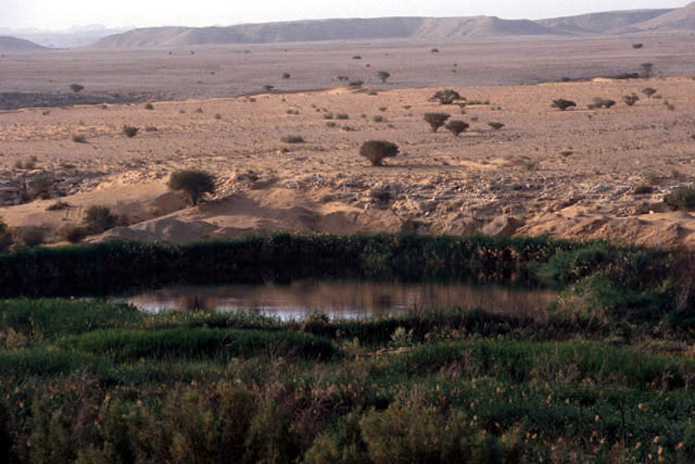

Several Arabic treatises dating from the 9th through the 13th century deal with environmental pollution. They cover subjects like air and water contamination, solid waste mishandling and environmental assessments of certain localities. The authors of…


Five pumps or water-raising machines are described by al-Jazari in his monumental treatise of mechanics Al-Jami' bayn al-‘ilm wa 'l-‘amal al-nafi' fi sina'at al-hiyal (A Compendium on the Theory and Useful Practice of the Mechanical…
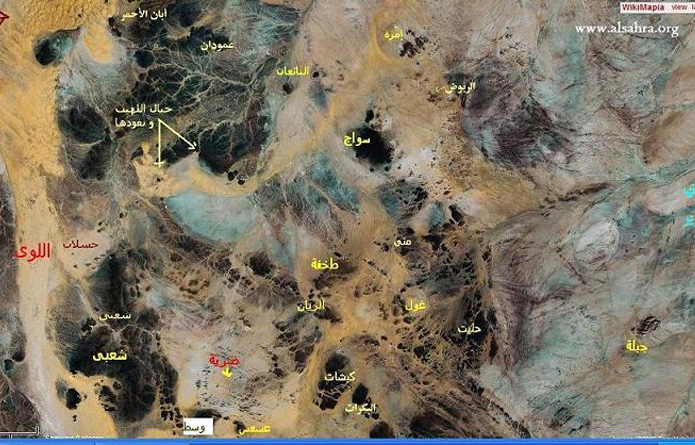

A hima is a reserved pasture, where trees and grazing lands are protected from indiscriminate harvest on a temporary or permanent basis. It existed in the Middle East before Islam; but it was treated as…


A splendid mosque was erected recently at Abu Dhabi. Named after the late Sheikh Zayed al-Nahyan, the Mosque was opened at the end of 2007 to emerge as one of the ten major mosques of…


One of the earliest detailed descriptions of Northern Europe is reported in the account written by the Arab Muslim writer and traveler Ahmad Ibn Fadhlan, who was sent in 921 CE as the secretary to…


Professor Salim Al-Hassani speaks on the History Channel on Muslim contributions to modern engineering, the birth of automation.


The first machine described by al-Jazari in his famous treatise of mechanics Al-Jami‘ bayn al-‘ilm wa 'l-‘amal al-nafi‘ fi sina‘at al-hiyal (A Compendium on the Theory and Useful Practice of the Mechanical Arts) is a…


Amongst the mechanical devices described by the Banu Musa Brothers in their book of mechanics Kitab al-hiyal, seven models present a variety of sophisticated fountains. This article analyses the geometric and physical principles lying behind…
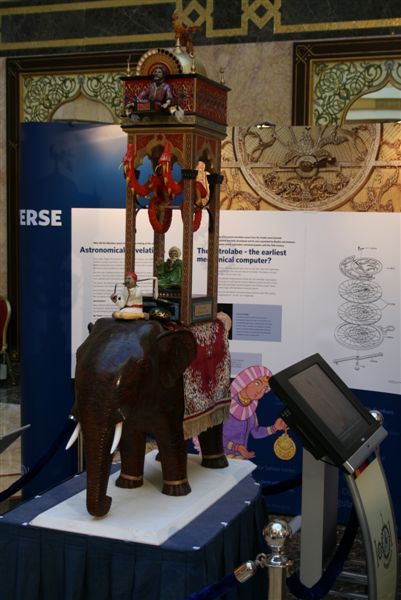

Prof. Salim Al Hassani, a Muslim Scholar and the chief editor of "1001 Inventions: Muslim Heritage in Our World" , will deliver his presentation on "The Muslims' Great Contributions during the Golden Age of the…


800th anniversary and receiving a copy of the 1001i book for the Athenaeum library. The Liverpool Athenaeum has a distinguished membership of proprietors drawn from every walk of life across the city of Liverpool and…
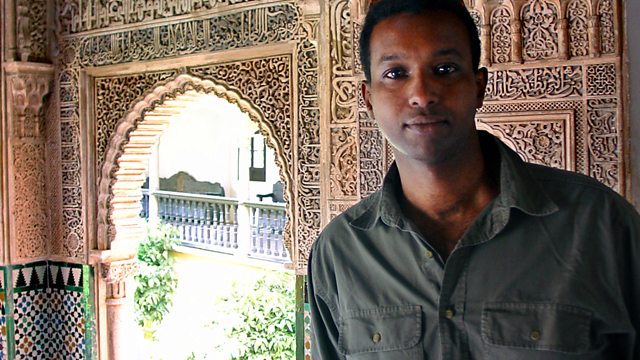

The video documentary produced by the BBC in 2005 An Islamic History of Europe, by the famous TV presenter Rageh Omaar (who also covered the American invasion of Iraq), reveals the surprising hidden story of…


Introducing al-Jazari's ancestry to modern cybernetics and robotics science, Prof. Toygar Akman narrates in this testimony article his own discovery of the work of the great 13th century Muslim scholar. He shows further how al-Jazari's…
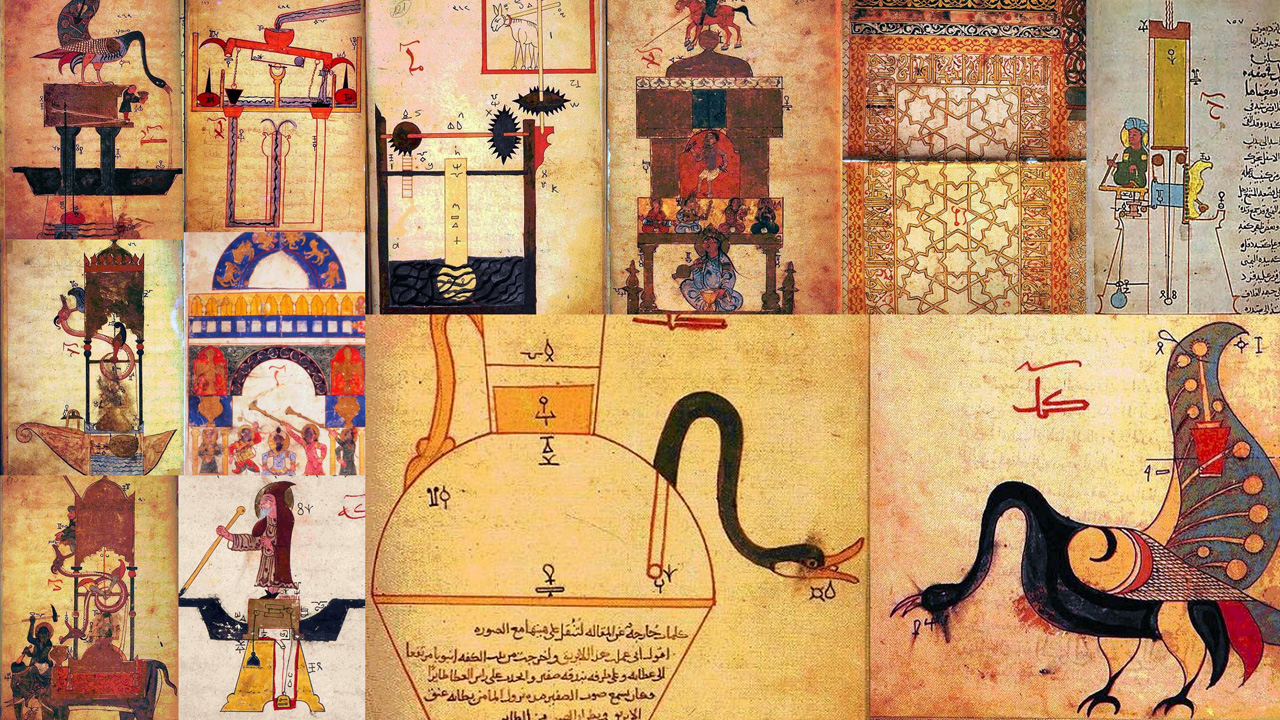

In this article, Professor Yavuz Unat, a known historian of science from Ankara University, draws a general survey on al-Jazari and his treatise. He describes some of his machines and points out the numerous technological…


Interview of Professor Salim T S Al-Hassani for Urdu viewers at Metro One TV, a Pakistani Channel.


Coffee, computers and piston engines - could we imagine a world without them? These are intricate parts of every day life for most of us and the knowledge that led to them was either invented…


The following timeline presents a survey of Muslim presence in Europe from the 7th century CE until the 20th century. It lists the various and different contacts that shaped the relations of Muslims with Western…


A total eclipse of the Moon occurs during the night of Wednesday, February 20/21, 2008. The entire event is visible from large parts of our globe. On this occasion, we attract the attention of our…
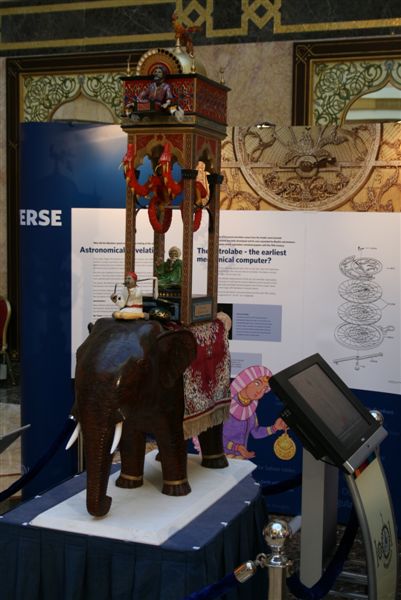

During "The First Regional Conference on the Knowledge Economy" in Jeddah, Saudi Arabia, January 12-13, 2008, attended by over 300 experts and professionals as well as several VIPs, Professor Salim Al-Hassani delivered a key note…


Matrakci Nasuh was a famous Ottoman polymath, writer and knight who produced important books in several fields. He made contributions in the fields of mathematics, geography, history and calligraphy. He also invented a military lawn…


Some 800 years in the past, in 1206, a brilliant Muslim scholar died : Badi' al-Zaman Abu al-‘Izz ibn Ismail ibn al-Razzaz al-Jazari. He was one of the most important inventors and mechanical engineers in…


Some 800 years in the past, in 1206, a brilliant Muslim scholar died : Badi' al-Zaman Abu al-‘Izz ibn Ismail ibn al-Razzaz al-Jazari. He was one of the most important inventors and mechanical engineers in…


The evolution of world politics since the last decade of 20th century and several substantial events witnessed during this period have modified communities' outlooks towards each other. They sometimes modified our whole perception of global…


Al-Jazari (1136-1206) was an important Arab Muslim scholar. He was an inventor and mechanical engineer who gained fame and glory with his famous book of mechanics Al-Jami `bayn al-`ilm wa 'l-`amal al-nafi `fi sina `at…


This is a review of a book by Sayyed Misbah Deen, Emeritus Professor of Computer Science (Keele University), describing the adventure of science and technology in Islam from four standpoints: the rise of science and…


This article deals with the Seljuk Anatolian architecture and art. The art of the Seljuk sultans showed much interest in public buildings such as caravanserais, schools and hospitals. This architecture was based on strong religious…


Mullah Nasruddin Khodja is a wise man famous throughout the Muslim and some parts of the non-Muslim world since the 16th century. Historical documents show that he lived in the 13th century in Anatolia (today…


This is a review of Health in the Ottomans (Osmanlilarda Saglik), a two-volume book concerning Ottoman medical history. The book is a brilliant achievement aiming at the reconstruction of the main aspects of the the…


The Arabian Knowledge Economy Association organises "The First Regional Conference on the Knowledge Economy" that will be organized jointly with Al-Aghar Strategic Think Tank Group and Jeddah Chamber of Commerce & Industry in Jeddah, Saudi…


This article surveys the development of historical methodology in the works of some influent Muslim historians, observing their trends and scrutinizing everything related to narration of incidents, political, social, and sectarian currents.


Overview of the hugely successful cross-cultural dialogue and educational initiative called 1001 Inventions: Discovering the Muslim Heritage in our World...
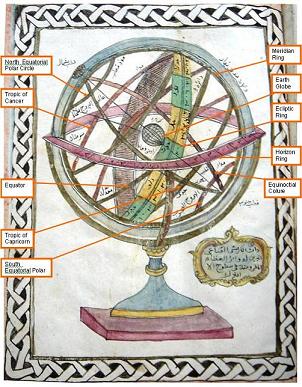

The armillary sphere is an ancient astronomical instrument reproducing a model of the celestial sphere. In its simplest form, it was known since the antiquity. The article presents the principle of its drawing and use,…


Najma Kazi reviews some salient aspects of Emilie Savage-Smith's work. Emilie Savage-Smith, who is a Professor of History of Science at the Oriental Institute (Oxford University), is an internationally recognised authority on the History of…


Many of the prominent stars known today are of Arabic origin as they bear names given to them during the golden age of Islamic astronomy. A major contribution in this field is that of al-Sufi…


1001 years ago, an extraordinary astronomical event occurred in the sky: the most intense supernova ever witnessed and recorded by human beings appeared in the Earth's sky in the year 1006 CE. The blast was…


This is a review of a book bringing to light a collection of about 1300 Islamic scientific manuscripts on astronomy and various scientific topics in three languages (Turkish, Arabic and Persian). These manuscripts are held…


al-Jazari's 800 year old automatic Scribe clock using water technology. An example of the Muslim orgins of modern automation and robotics.


This short article describes the high regard with which Muslim Civilisation has held libraries as centres of knowledge. It reviews major contributions in the field and in particular to our modern books and libraries.


This is a general review of some 23 recent publications (books, films, and articles) on various aspects of Islamic culture, history and civilisation. The survey concentrates on titles related to three categories: art and architecture,…


To throw light on famous figures of the Turkish modern medical school, this article introduces a set of nine posters on the contribution of eight late Ottoman and early Turkish physicians (whose careers spanned from…


24 craters of the Moon bear names of Arabic and Islamic origin. In majority, these names are those of famous scholars of Islamic civilisation. We present below a list of those crater-names on the Moon,…


In a clear and concise language, Mark Graham endeavours to show in his book How Islam Created the Modern World the decisive influence of the civilisation of Islam in setting the stage for the modern…


This is a review of What Islam Did For Us: Understanding Islam's Contribution to Western Civilization, a book by Tim Wallace-Murphy that emphasizes Islam's immense contributions to the Western civilization in many groundbreaking domains such…


On the occasion of the lunar eclipse that occurs on 28 August 2007, we produce a short survey of some records of lunar and solar eclipses reported on in Muslim heritage, drawn from various sources,…


On the occasion of the lunar eclipse that occurs on 28 August 2007, we produce a short survey of some records of lunar and solar eclipses reported on in Muslim heritage, drawn from various sources,…


This article includes the Latinized names of Muslim scholars.


This film takes viewers on an epic journey back into one of the most captivating and important periods of world history, a centuries-long period when Muslims, Christians and Jews inhabited the same far corner of…
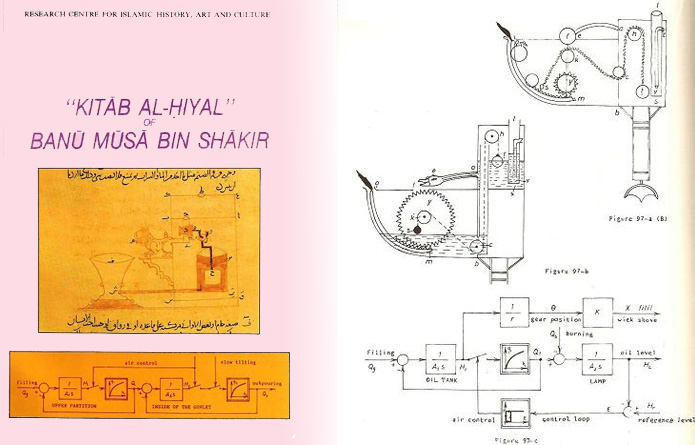

This article is a review of the book published recently by Professor Attila Bir (Istanbul Technical University, Faculty of Electrical and Electronics Engineering, Istanbul) on Banu Musa's book of mechanics studied in the framework of…


This short paper introduces a longer essay by Prof. Gunalan Nadarajan, Associate Dean of Research and Graduate Studies in the College of Arts and Architecture at Penn State University. The essay draws on the work…


Al-Zarqali is an eminent Andalusian astronomer of the 11th century who was the foremost astronomer of his time. He excelled in different domains of theoretical and practical astronomy and left works that influenced greatly his…


The article surveys some results of Dr. Okasha El Daly's exciting discoveries about the precedence of Muslim scholars of the golden age of Islamic culture in deciphering the hieroglyphs of Ancient Egypt. This ground breaking…


In this illuminating analysis, Prof. Ahmad Dallal produces an authoritative study of some episodes of the scientific exegis of the Holy text of Islam, the Qur'an, focusing on the exegesis (tafsir) of Fakhr


The following article by Professors Menso Folkerts and Richard Lorch, from Munich University in Germany, describes the influences of Arabic sciences in the works of Jordanus de Nemore, a scholar who flourished in Western Europe…


Brief animation of how the Ummayad Mosque also known as the Great Mosque of Damascus has developped over the centuries...
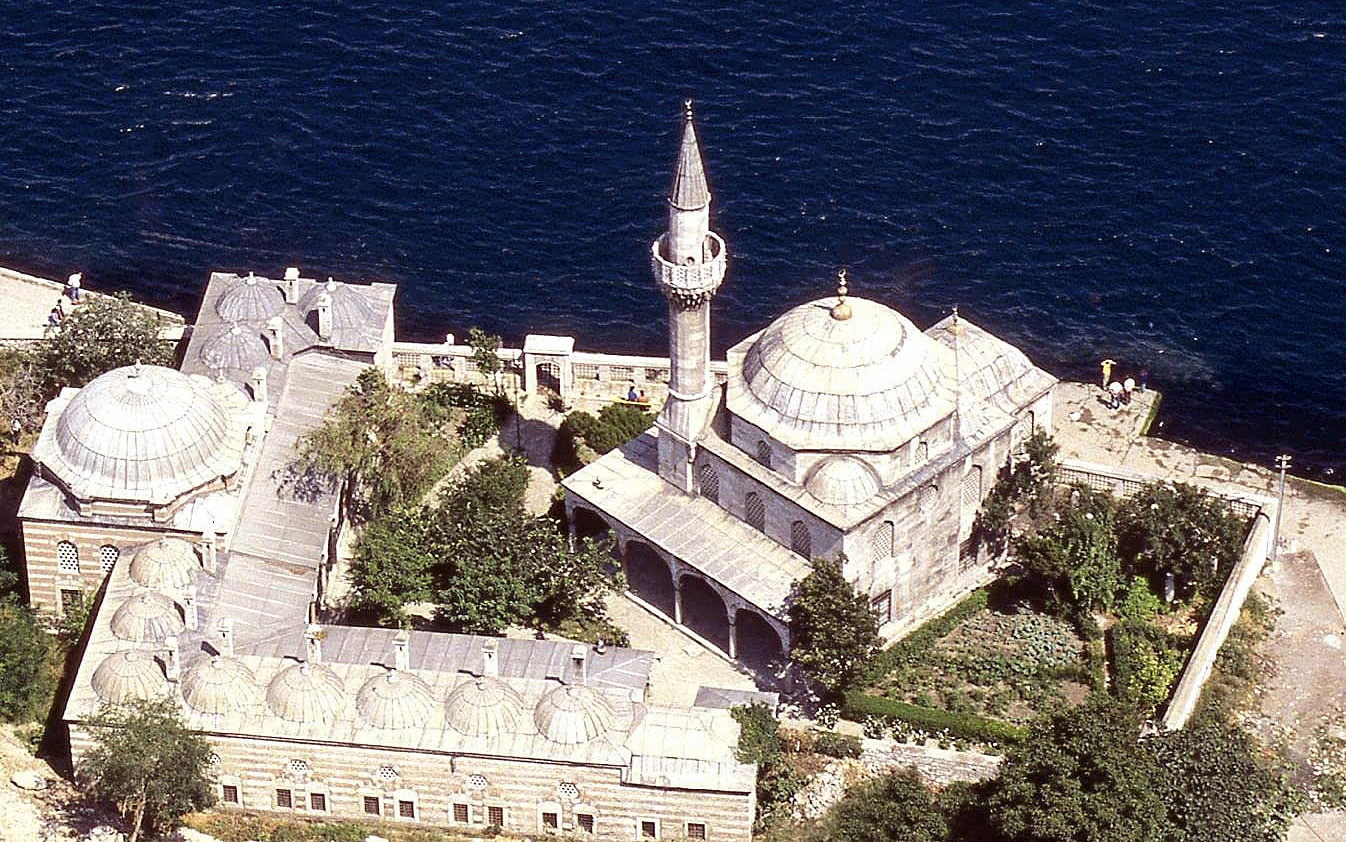

Mimār Koca Sinān, the "Great Architect Sinān", was born in [Ağırnas, Istanbul] Anatolia, Turkey in 1489; he died in Istanbul in 1588. Generally considered the greatest of all Ottoman architects, Sinān's career spanned about fifty…


Hindiba is a plant of Middle Eastern lands. Its therapeutic value as a drug for the treatment of various diseases, including cancer. The following detailed study by Professor Nil Sari investigates the historical and medical…


Based on manuscript evidence, the article presents a study of the historical and textual traditions of a fragment of Arabic mechanics which is also edited in Arabic and translated into English. This fragment, entitled Nutaf…


This article gives the the results of a research project studying the acoustical properties of several Ottoman mosques designed by Mimar Sinan in the 16th century. The results of measurements concerning several of these mosques…
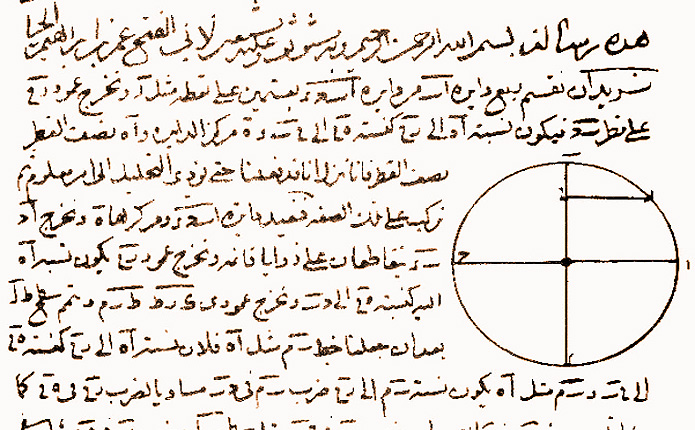

This article was a talk given at the 7th Maghrebi Colloque of the History of Arabic Mathematics held from 30 May to 1 June 2002 in Marrakech, Morocco. It presents a new manuscript of the…


Sinan, called Mimar Sinan (Architect Sinan) and Mimar Koca Sinan (Great Architect Sinan), is the most celebrated of all Ottoman architects. In this article by Dr. Rabah Saoud, his architectural models are characterised. These models…
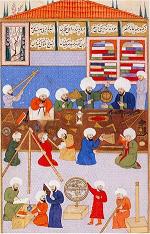

In its current issue (May-June 2007), Saudi Aramco World, a magazine devoted to increase cross-cultural understanding published in Houston, Texas, dedicated a folder of 20 pages on Islamic science. The folder consists of three articles…


1001 Inventions: Launch at Birmingham's Think Tank Museum


1001 Inventions: Discover the Muslim Heritage in Our World launched at Thinktank, Birmingham's Museum of Science, at Millennium Point on 24th May as part of a UK-wide tour. This unique travelling exhibition revealing 1,000 years…
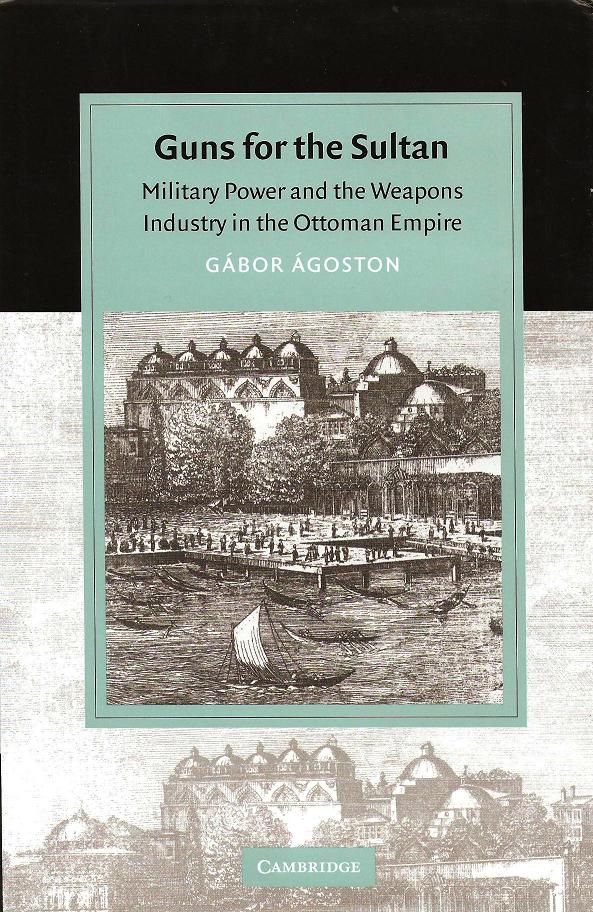

Ágoston's book provides new insights into the Ottomans' approach to new innovations and reforms in modern technology, which some scholars had previously claimed improbable due to Islamic conversativism.


The article deals with the impact of Ottoman mining and metal working technology in the Balkans region on the fire-arms technology of Southeast Europe during the crucial period going from the 15th century through to…


Some 800 years in the past, in 1206, a brilliant Muslim scholar died : Badi' al-Zaman Abu al-‘Izz ibn Ismail ibn al-Razzaz al-Jazari. He was one of the most important inventors and mechanical engineers in…


This article describes the appreciation of Arabic science and technology in the Middle Ages through the example of Adelard of Bath, an English scholar of the early 12th century, one of the first scholars that…


This paper describes the results of a novel research on the Muslim influence on the European culinary art during the Renaissance. Presenting evidence of how this influence entered the aristocratic circles in Europe, it draws…


Yâqût al-Hamawî was a Syrian biographer and geographer known for his encyclopaedia writings of the Muslim world. His Mujam al-Buldan, a geographical dictionary that includes much biographical, historical, and cultural data, is a primary source…


Ya'qub b. Ishaq al-Kindi was an early Arab scholar of the 9th century, one of the first great scientists that set the stage for the brilliant Islamic tradition of learning. His works in philosophy, cosmology,…
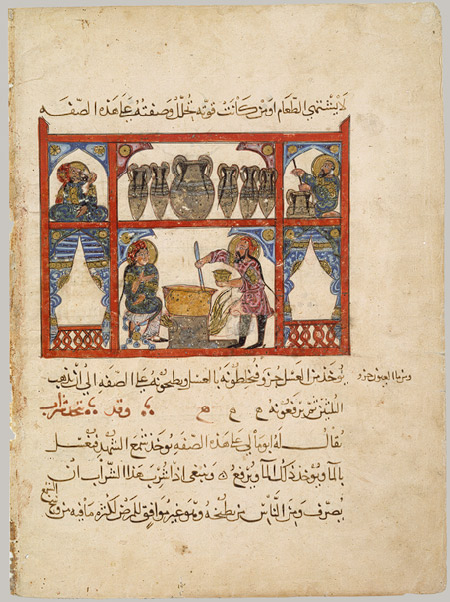

Arabic pharmacology, a branch of scientific literature dealing with the preparation and application of compound drugs as formulated in the Arabic language, is an interdisciplinary subject and an intercultural discipline. This article describes its Greek,…


The Moroccan traveler Ibn Battuta is known as the greatest traveller of premodern times. He lived in the 8th century H/14th century CE. Leaving his homeland at the age of 21 to make the holy…


This article describes the various cultural representations associated to cats in Islamic civilisation and shows examples of the respect, love and understanding with which cats were treated and regarded in Islamic history. This original attitude…
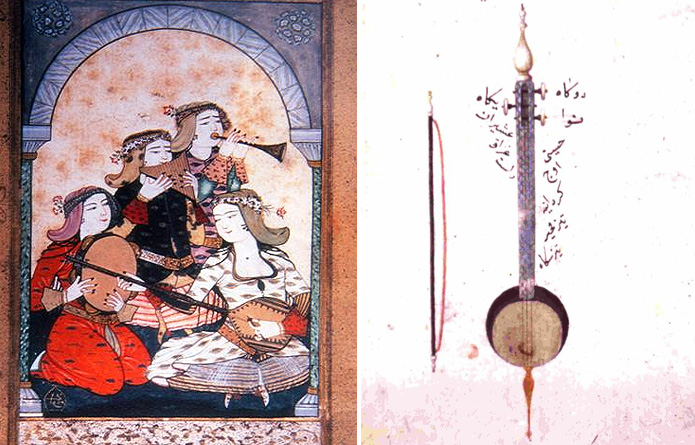

An outline of the main types of Arabic literature and their influence on European literature and a description of the main Arabic instruments and their subsequent development in Europe.


The following article by Abdel Aziz al-Jaraki, a scholar from Damascus, describes the context of the investigation carried on since several decades on a famous clock built by Fakhr al-Din Ridhwan al-Sa'ati at the beginning…
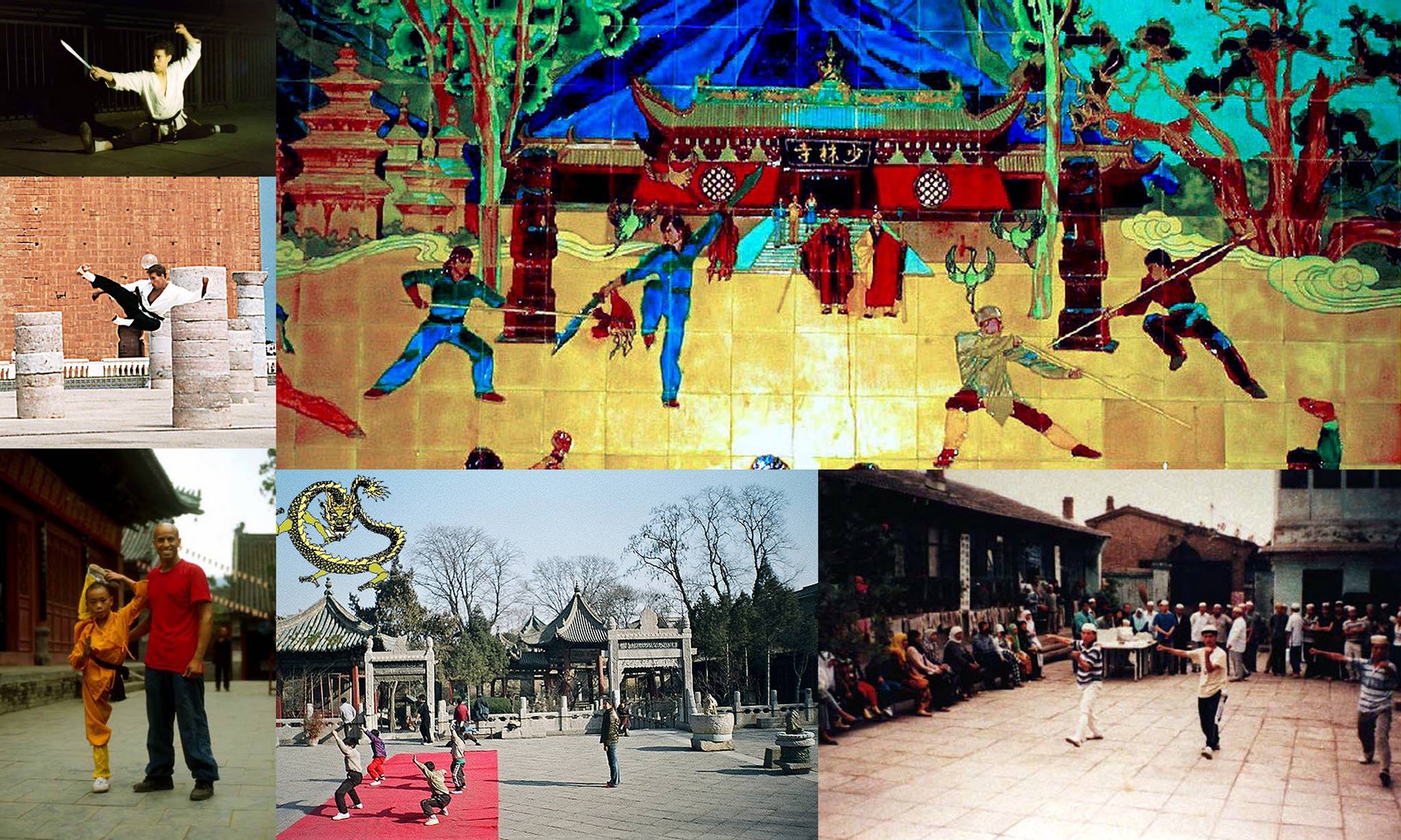

An important legacy of Islam in China is represented by Muslim Kung Fu, developed throughout history by Muslim Masters, who merged in their endeavour and training between physical and spiritual perfection. The following short survey…


This article by Dr. Abdulnasser Kaadan shows that as early as the 9th century, the well known Muslim physician al-Razi described, in his book Kitab al-Jadari wa 'l-Hasba (The Book on Smallpox and Measles), the…


An excerpt from the documentary "Empire of Faith" about Muslims and Islam...


The medical Islamic tradition is one of the richest and the most lasting components of the general history of medicine. Some of its main aspects are dealt with in a series of five articles by…


This article by Professor John Healey, describes the key role in the development of Muslim science which was played by the Syriac-speaking Christians in the early Islamic era. John Healey is Professor of Semitic Studies…


This article reviews the new book Islamic Science and the Making of the European Renaissance by George Saliba. The book describes the rise and fall of the Islamic scientific tradition, and the relationship of Islamic…


Muslim medicine is characterised by a high level of experience and critical clinical observation setting aside mythologies and legends. The ear, nose and throat exemplify the participation of Muslim medicine and the contribution of the…


In this detailed and well documented article, Dr. Fazli Arslan describes the work of one of the most important figures of the history of Middle Eastern music, Safi al-Din 'Abd al-Mu'min al-Urmawi.


This article relates the discovery by two American scholars, Paul J. Steinhardt and Peter J. Lu (respectively from the department of physics at Princeton and Harvard universities) that medieval Islamic artists produced intricate decorative patterns…


Professor Salim Al-Hassani, chief editor of 1001 Inventions Book, speaks on the History Channel on Muslim contributions to modern engineering, the birth of automation...


From the beginning of the Islamic history, the scholars developed the Islamic hijri calendar as a lunar calendar designed to organize timekeeping for religious and social needs. The development of the Islamic calendar and the…
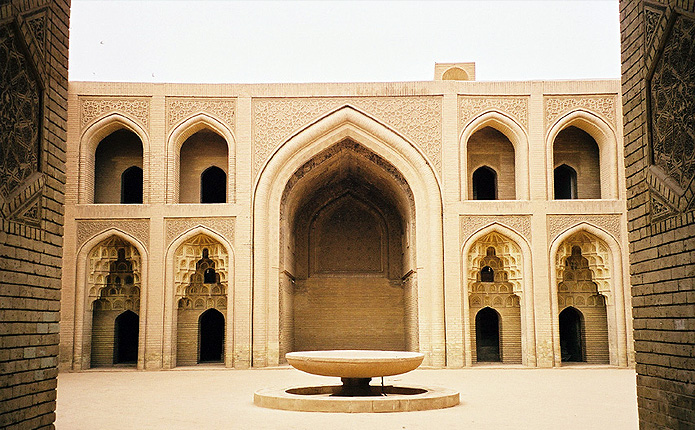

The House of Wisdom was in fame, status, scope, size, resources, patronage, etc. similar to that of the present day British Library in London or the Nationale Bibliotheque in Paris, in addition to being an…
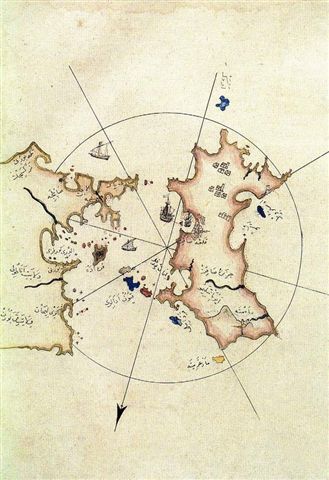

A study of historical maps and sea charts indicates that cartographers have often considered map making as an art as well as a science and aimed to record the different parts of the world not…


This article discusses the emergence and origins of institutional Ottoman medical practice and learning, and provides an insight into the trade of expertise between the Ottoman provinces and further a field. It focuses on the…


Mathematics has long been an area of expertise amongst Muslim mathematicians. This article considers the contributions of Al-Tusi and Al-Battani and others in trigonometry, focusing upon the progress their discoveries represented in comparison with the…


This short article provides brief accounts of Ibn Fadlan's observation on Scandinavia and a people he calls the Rus. His reports have become a great source for successive historians on a range of topics from…


Astronomy has for a long time been of keen interest of Muslims throughout centuries. This article by Professor Sevim Tekeli highlights the quality and precision of observations made by al-Urdi.


Early mathematics was revolutionised by Muslim scholars like Al-Khwarizmi, the founder of Algebra; Al-Kindi, Al-Khazin, Al-Khujandi,Al-Sijzi, Abul Wafa and numerous others.This article reviews some of the important works of these mathematicians.


Al-Farghânî, known in the West as Alfraganus , was one of the most famous astronomers of the 9th century. His book, Elements of Astronomy, written in 833 CE remained as the most popular text book…
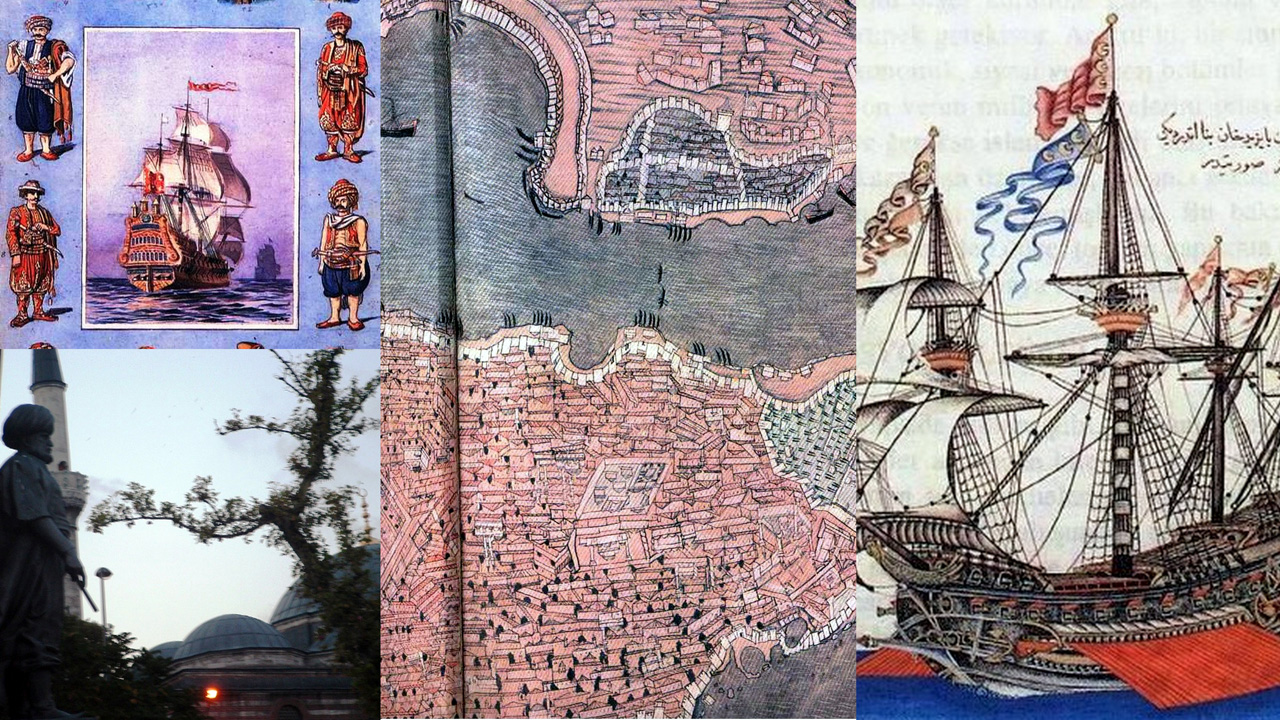

In this article Prof. Idris Bostan describes Ottoman shipbuilding efforts and achievements within the broader context of the progression of military technology and capability.


The Islamic civilisation allowed the development of autonomous norms of beauty that were inspired by the faith of Islam. The Islamic artistic tradition viewed the beauty of the universe, emphasized in the Quran, and the…


Sensory beauty, whether it be in feats of architecture or calligraphy, has long been a pursuit of Islamic civilisation. Achievements such as the Alhambra pertain to this fact. This article further describes the results of…


For more than a thousand years the Muslim East and the Christian West, notwithstanding the differences in matters of creed, ideology and social traditions and the intervening opposition of defenders of orthodoxy on both sides,…


The impact of Islam permeated so many spheres of knowledge and produced phenomenal achievements that one is amazed. This article highlights some of these areas and achievements.


Turkish contributions to geography are vast in content and have a very significant place in the history of geography. Turkish geographers, especially cartographers made major contributions and formed a bridge between medieval Islamic and modern…


The minaret is the architectural shape which best indicates the presence of mosque. Over the centuries the mosque assumed a number of roles including a social centre, place for prayer, teaching institute, court of justice,…


This article is an edited version of the article originally written by the late Professor Mohammed Hamidullah, "Muslim Discovery of America before Columbus", Journal of the Muslim Students' Association of the United States and Canada.…


The Citadel of Aleppo is one of the oldest monuments in the world. It is the most famous historic architectural site in Syria and is built on top of a huge, partially artificial mound rising…


Organised learning had been a feature of Islamic Civilisation since the beginning. The Prophet Muhammad would organise the education of a committed group who over time became the people of knowledge that spread Islam far…


Learning institutions in various forms have existed for centuries in the Muslim World, the earliest of which are, al-Qarawiyyin, al-Azhar and al-Qayrawan. This short article traces the emergence and spread of madrasas as a popular…
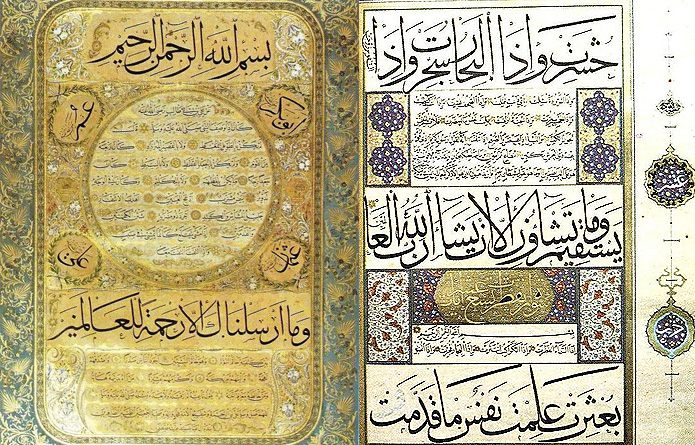

Ottoman Turks produced and perfected several varieties of Arabic script. All the various branches of the art of calligraphy, an art greatly loved and respected by the Ottoman Turks, were flourished particularly in the city…


The Ottoman Turk Pîrî Reis is truly a great figure in the history of cartography. Pîrî Reis has become well known for his two world maps and for his portolan, the Kitab-i Bahriye. By merging…


Muslim contributions in the field of mathematics have been both varied and far reaching. This article by Mahbub Ghani (from the Department of Electronic Engineering at King's College, London University) considers some Muslim contributions in…


Although the Japanese map was included for the first time in a world atlas in the 15th century, the very first map of Japan was drawn by Mahmud of Kashgar in early 11th century.


In the Islamic world, great importance was placed upon the study of natural sciences and technology. This article brings out some of the important works of Turkish Muslim scholars in the fields of automatic machines,…


Besides the madrasas, hospitals and social assistance institutions established in Anatolia during the Anatolian Seljuk period and that of their successors the Municipalities, scholarly-scientific and cultural activities were encouraged and received the patronage of the…


Information about the requirements and expectations of medical ethics regarding surgery during the Ottoman period is found in medical manuscripts; while the moral principles based on Islamic Canon Law (Shari'ah) and the oral tradition (the…


Muhammad ibn Musa Al-Khwarizmi is one of the greatest scientific minds of the medieval period and a most important Muslim mathematician who was justly called the 'father of algebra'. Besides his founding the science of…
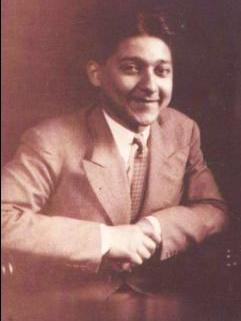

Aydin Sayili is one of the first eminent figures of the history of science in Islam to pursue an academic career in this discipline. He was fortunate to earn the first PhD from the history…


Although the feedback concept, which is lying in the foundation of dynamic systems, has been perceived relative recently, the idea was understood and applied correctly by the Muslim scientists.


The scientific activities observed within the borders of the Ottoman Empire throughout six centuries displayed a unique course of development. Although the Ottomans had many shared elements from the viewpoint of historical heritage and tradition…


The definition and nature of science has long been an intriguing philosophical dilemma. In this essay Prof. Acikgenc discusses the substance of science, and related issues such as the scientific community, within an Islamic context.


This article will provide a short introduction to the history of scientific activities in the Ottoman world until the eighteenth century. Scientific researches show that there are many translation activities in different fields in the…
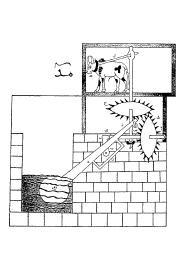

The article covers the avenues which led to the transfer of the Islamic knowledge, from Al Andalus, Sicily and Byzantium to the Wars (crusades on the Islamic World), as well as commercial relations and also…
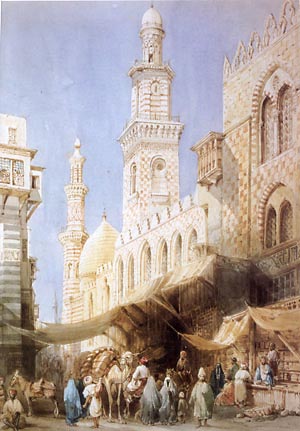

The hospital was one of the most developed institutions of medieval Islam and one of the high-water marks of the Muslim civilisation. The hospitals of medieval Islam were hospitals in the modern sense of the…


Abu Ja`far Muhammad ibn Mûsâ al-Khwârazmî is a truly outstanding personality and a foremost representative of the supremacy of the Islamic World during the Middle Ages. Medieval Islam was largely responsible for the shaping of…


This article mainly covers the cultural encounters between Europe and the Ottomans who had become immediate neighbours on the Balkans and the Mediterranean after the Ottoman state expanded into Central Europe.


With the expansion of Islam over a vast area of land, Muslim artists started to develop the traits they had borrowed from other civilisations, and created their own styles, motifs and fashion which conformed to…


Evening lecture with Professor Salim Al-Hassani. Tuesday 21 November 2006, 6pm-8pm
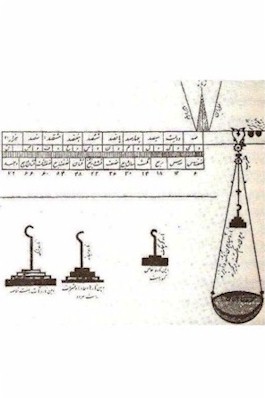

This article includes the recent work by Professor Abattouy and his co-workers. The work has revealed the enormous wealth of Islamic literature on the science of weights. Their findings established that there is much larger…


Professor Salim T S Al-Hassani,chief editor of 1001 Inventions Book, delivering a keynote speech at the Dubai Ramadan Lecture, October 2006...


Professor Salim TS Al-Hassani, Chairman of the Foundation for Science, Technology and Civilisation discusses the transfer of scientific and technological knowledge across cultures. In particular, the learning that came to Europe from the Muslim civilisation,…


Lord Bowden was a legendary Principal and Vice Chancellor of UMIST. He had an interest about Muslim Heritage in Economics and Trade. He was so interested in the subject that he established an institute for…


Trade has no borders. During times of hostility between the Ottoman Empire and Europe, European traders were not only trading with the Ottomans but trading in contraband war materials. This article provides an insight into…


Emeritus Professor Durward J Cruickshank, Fellow of Royal Society and world renowned distinguished scientist has presented FSTC with a valuable gift in its work in the History of Science.


Learn more about the numbers written with the ideograms of the abacus and the Arabic numbers origins.


Until recently, the mainstream history of scientific ideas has failed to acknowledge numerous Islamic scientists and their great efforts and achievements throughout the centuries. This short article seeks to contribute in redressing this injustice by…


Ibn Jubair is widely recognised as one of the greatest travellers and geographers of Muslim history. From excerpts his work, The Travels of Ibn Jubair, as presented in this short article we are able to…


Mosques built in parts of the Muslim world where Arabs migrated or took control of through wars developed a distinct tradition of domes and minarets. In areas where Islam spread mostly by returning traders, traditions…


The prominence of Islam in China is fascinating and a surprise to many, with its long establishment of Muslim communities, a flourishing Islamic history, a spectacular Islamic cultural heritage and its many Mosques.


This short article describes Lady Montagu's efforts in introducing a technique of vaccinating against smallpox; a technique that she learnt from Ottoman Turkey and transported, against some resistance, to the shores of Britain. It was…


Would you like to make a wonderful camera in just five minutes? This short exercise will help you to create your very own pinhole camera! Just follow the simple steps in this exercise and you…
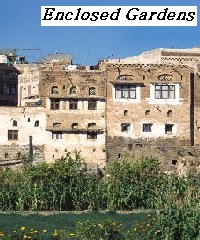

In this article Tim Mackintosh-Smith investigates the horticultural past of Sana'a. Whereas as once Yemen at large was well known as a land lavishly green, Mackintosh-Smith discovers quite a different story amidst a city coping…
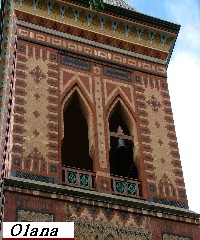

Olana is a remarkable galley of exquisite works of art collected by Fredric Edwin Church during his travels in the Muslim World. In fact, the actual design of Olana was inspired by the architecture of…


Sana'a is one of the oldest cities of Yemen, indeed one of the oldest in the World, dating back to the Sabean dynasty. Earliest references to its existance date back to the 1st Century AD…


In the West, the Middle Ages sometimes referred to as the Dark Ages is usually seen as an interlude between two great flowering of civilisations, in which little advancement of knowledge took place.


In times past, Granada was a hub of artistic flair, imagination, and creativity, to the extent that the architecture of Muslim Spain exists as amongst the proudest Spanish monuments to this day. Such passion and…


Sherbet, a juice of crushed fruit, herbs, or flowers has long existed as one of the most popular beverages from and of the Muslim world, winning over Western figures such as Lord Byron. Today, this…


The ethics or philosophy of science has in more recent times become an increasingly important subject. This article discusses and compares modern day scientific ethics with the ethics or morality underpinning Islamic Science.


This article describes some of the numerous Muslim contributions to the development of Spanish agriculture, including the introduction of new crops, more intensive use of irrigation, soil management, and scholarly efforts in farming innovation. Such…


Adam Hart Davis presents 1001 Inventions...


Ibn Battuta is regarded by many to be one of the greatest travellers and explorers the world has ever seen. In fact, he was able to travel over 75,000 miles, in twenty years and through…


By way of faith, Muslims have a strong regard for the care of animals. This is due to the attention that the Prophet Muhammad encouraged the wellbeing and good-treatment of other creatures of God. Muslims…


Captain Buzurg ibn Shahriyar, a shipmaster from Khuzistan compiled a collection of stories and accounts of his experiences as a sea farer between 900 and 953. As well as stretching one's imagination, Captain Bazurg's ‘The…


Marbling is an art form developed in the Muslim world, possibly with Chinese origins. Often it has been used to create colourful book binding inside covers. Here is a little history of this art.


The landscape in the areas under Muslim control from the 7th Century changed radically. Their rich contributions are most notable within the fields of irrigation, farming techniques, encyclopeadic works in botany, and the introduction new…


The structure of Mosques and other buildings draw inspiration from descriptions in the Qur'an as well as pre-Islamic motifs. Here we look at how some of the resulting motifs and elements reflect the idea of…


Ibn Sina, or Avicenna as he referred to in the West, was a well-known philosopher and physician from Islamic civilisation. Here we look at his accomplishments and contributions towards knowledge of bone fractures.


The introduction of Arabic numbers into Europe involved more than a way of writing numbers down. It also involved new ways of calculating with pen and paper that were faster and easier and the system…


The author of one of the earliest surgical books was Serafeddin Sabuncuoglu. In 1465, he wrote a surgical book in Turkish which contained not only pictures or miniatures of paediatric surgical procedures, but there were…


Medical doctors in the time of the Ottomans had various routes into professional life depending on their specialty. Some were trained on the model of master and apprentice, others studied courses at madrasas and at…


In today's world what Friedrich Gauss called the queen of mathematics plays a crucial role in providing internet security. Here we look at some of the Muslims who worked on number theory.


Sevim Tekeli is Emeritus Professor, History of Science Department at Ankara University, a student of Professor Aydin Sayili. This article is based on her answers in a brief interview conducted recently by Dr Salim Ayduz.


Seville was also a centre Medical expertise in Islamic civilisation. Continuing the Muslim scientific tradition of critical works that advance knowledge in Medicine, many books were written here by leaders of the field.


In Seville, scholars led the science of astronomy, criticising earlier works on the basis of new observations and poetry was used to help people memorise the principles of algebra.


Seville was a key centre of Islamic Civilisation in Spain. Here you can read about the architect of the famous Giralda tower of Seville's cathedral, which is originally the main tower of the mosque. Also…


Primary schools have a long history in Islamic civilisation. Children were taught to memorise the entire Qur'an usually at primary school for example. Here is a look at how the primary schools under the Ottomans…


The history of the astrolabe begins more than two thousand years ago, but it is in the Islamic classical world that the astrolabe was highly developed and its uses widely multiplied. Introduced to Europe from…


Though we may think of Timbuktu as the pre-eminent site of pre-colonial West African scholarship, we must remember that there were other places spanning across the Western and Central Sudan that were renowned for their…


An Islamic History of Europe, produced and broadcasted by BBC 4 in 2005 is a documentary about the Islamic influence on Europe and the effect of the Islamic civilization, learning and sciences on the Western…


Amir Khusraw (d. 1325) was essentially an eminent musician and is regarded as a great savant in the history of world music and a genius of unequalled stature in the history of music in the…


Malaga was a great centre for agriculture and trade and was a part of Islamic Spain for nearly 800 years. Its scholars briefly looked at here included experts on trade and public regulations and arguably…


Toledo was the first major contact of Christian Europe with Islamic civilisation and it was the beginning of a transformation that would transform barbaric Europe into the leading civilisation in the world. In this short…
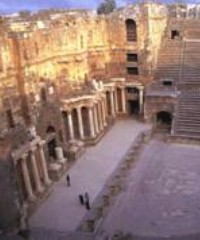

Busra was the location of a large Roman theatre which was built upon by Muslims when they arrived to provide a vital fort in defence against the Crusaders. Here is an examination of that fort…


A doctor does a short enquiry into an old treatment for ear infections and discovers its presence in a medical manuscript by Ibn al-Nafis.


The seventh and last art mentioned in the fourth book of the Canon of Medicine by Ibn Sina is assigned to the theme of "zina", that is beauty and physical appearance. It consists of four…


The city of Baghdad was founded under the second Abbasid caliph Al-Mansur (ruled 754-775). After a lengthy research along the course of the Tigris as far north as Mosul, he decided to construct a palace…
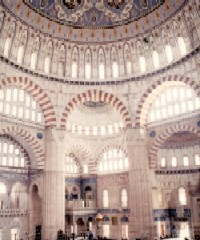

Sinan's is renowned for its success in the acoustic design of mosques is. Read further to discover the development of applications and technology covering acoustic knowledge within two great Mosques in Sinan.


Iran has made great contributions to Muslim architecture culminating in the introduction of the cylindrical minaret form and the four-iwan plan. The most momentous work that survives in Iran is the Masjid-i-Jami at Isfahan.


The scholarship within Cairo was one which flourished with great vibrancy. The schoalrs contributed to the fields of mathematics, science, astronomy, philosophy, medicine and numerous other areas which are notable and worthy of study.


Al-Razi was "a writer of rare and incredible productiveness as well as the greatest clinician of Islam." The great works of Al-Razi are of immense significance in the study of medicine.


Modern hospials finds its origin in Islamic civilisation replacing institutions known for magic and religion with a science based tradition which took knowledge from various places including the Greeks, Egytptains, Indians and others.


Jerusalem prior to the crusades was a place filled with a thriving trade, scholars and magnificant architectural works. This is notably significant in any study of Muslims contribution to the advancement of Jerusalem.


Al Hakim Mosque is the second major Fatimid Mosque and the fourth most important religious edifice in Egypt. The articles provides an elaborate account of the Fatimids contribution to its rich architectural design.


Tycho Brahe "was a brilliant astronomer and scientist of his time, and has had a big significance on the development of astronomy, science in general, and our view of the world" has been influenced by…


Hama is famed for its huge water wheels and it produced great scholars in geography, mathematics, medicine and much more. Here we look at a few of them.


Msatta is a renowned Ummayad palace with spectacular architectural and artistic details that continues to attract many. The decorative aspects of the Palace are of immense detail and splendour and thus has become an important…


Karatay Madrasa can be considered as the apex of Seljuk architectural small space design. Major features of the madarasa are the great dome and the inclusion of elaborate decoration schemes, essentially from mosaics of glazed…
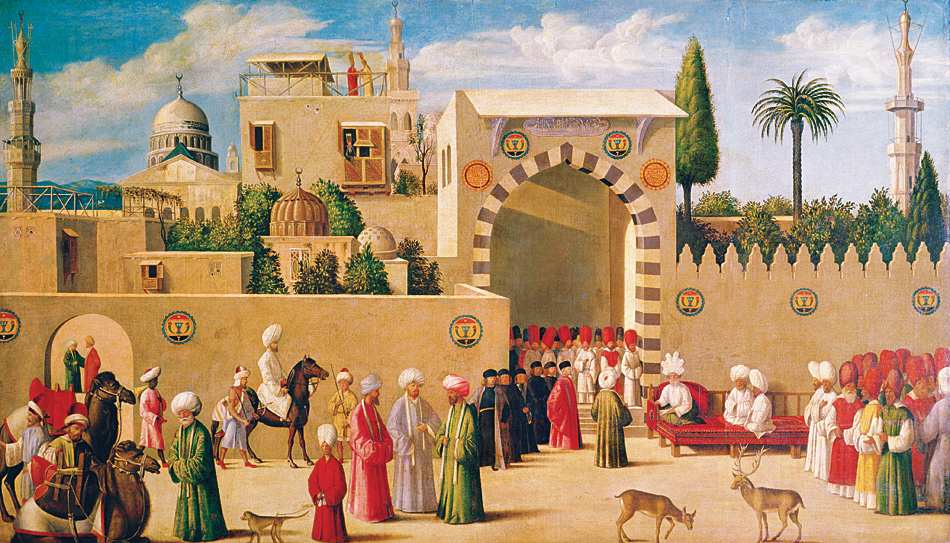

Hospitals, grand public buildings and numerous public endowment based charities characterised the generosity of Damascus. These institutions inspired the innovations and new learning which developed there.
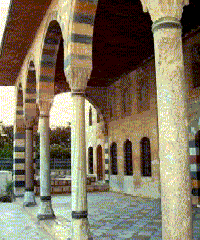

Scholars of Damascus specialised in numerous fields including medicine, economics and astronomy. Their vast knowledge, discoveries and developments in their fields contributed to the advancement of Damascus.
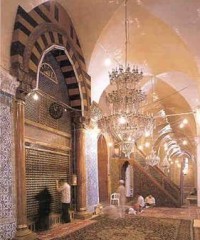

Built by the Umayyad Caliph Suleyman in 717 CE and altered several times, the Great Mosque of Aleppo remains one of the architectural masterpieces of the Muslim world.


The works of three prominent scholars are highlighted: Al- Farabi who was keenly interested in the relation between logic and language, Al-Qifti's vast scholarship, ranging from lexicography to medicine and finally al-Adim's historical works are…
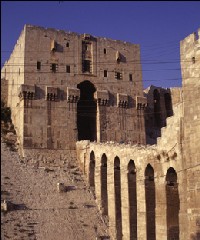

The article describes the works of the following scholars: Al Mahassin: an eminent writer in the field of eye surgery, Al Urdi: the first astronomer associated with Maragha, Al-Lubudi: a physician, mathematician, astronomer and philosopher…
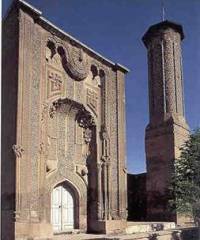

Ince Minare Madrasa is one of the most impressive structures introduced by the Seljuks to endorse the central plan scheme that was to dominate much of their late architecture and that of their Ottoman successors.


The origins of science lie in the study we call philosophy which itself is traced back through traditions of wisdom. Here a look at al Farabi's description of wisdom and the history of philosophy.


Merv is the city which in medieval times dominated the province of Khurasan in today's Turkmenistan.
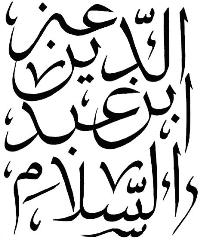

A courageous scholar of Islamic law Izz al-Din wrote several important books. He played an key role in giving firm advice to divided Muslim rulers during a time when the Islamic world was under attack…


The observatory as an organised and state sponsored activity began with in the Islamic world. Much progress was made in this area, particularly in eastern parts of the Islamic world.


Samarkand contributed in particular to the progress of science in astronomy through its observatory. Some of its directors and their achievements are highlighted here.


Harran is a very old town situated in the Jazira province of modern Turkey near the sources of the Balkh River. Badly effected by the Crusades, it nevertheless had its production of scientists that are…
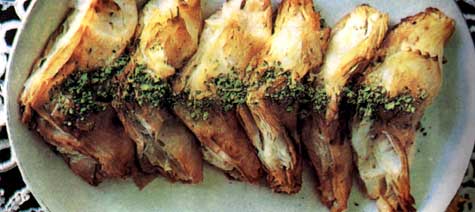

This historical masterpiece on Arab/Islamic cooking by Kammaluddin Ibn Al-Adeem a famous historian, religious scholar, poet and calligrapher was written at the end of the 12th Century, and shows the rich culinary culture of Muslims…


Being the home of the encyclopaedic scholar Al-kindi and the great chemist Jabir Ibn Hayan, Kufa had a key role in the history of science.


Khwarizm is the city of the birth of algebra, where Al-Biruni corrected and refined the sciences of the past and thought of the earth spinning on its axis many centuries before Copernicus.


Ibn Taimiyah was a man to whom learning about Islam was in no way a mere academic exercise. It brought a thorough understanding of God's faith and a determined attempt to make it supreme in…


About 100 miles south-west of Baghdad is Ukhaidar palace, one of the most preserved palaces of the Muslim world. It is unique in its architectural wealth and incorporated some of the key innovations that greatly…


An Andalusian scholar who studied as an independent scholar rejecting blind following of a particular school of jurisprudence. He was taught by several women and argued the some women had been prophets.


Bukhara, a city in central Asia has a history indicative of a number of eastern Islamic cities. It produced important scholars, most famously Ibn Sina and the compiler of the most quoted source of sayings…


Being the first mosque to be build after the independence of Jaunpur from the Islamic caliphate in India, the Atala Mosque was given royal treatment setting up a new monumentality to the traditional jami'.


One of the foremost scholars of Islam Imam Jaafar as-Sadiq was a teacher of both Abu Haneefah and Malik, the founders of two of the four schools of Islamic Law.


Muslim philosophers were men of science who explored and set the very foundations of knowledge. They had great influence and importance in the history of fundamental ideas.


Professor Charles Burnett shows that Fibonacci failed to give adequate recognition to other sources of learning which he took from to produce his Liber Abacci. These other sources were translations of Arabic works from Toledo…


Basra became like many places in the Muslim world a centre for knowledge and commerce. Originally set up on the orders of the Caliph as a military camp, the town had good fortunes but suffered…


The earliest maps made of America by Columbus have all since been lost. However, a number of very early and accurate maps exist which were made by Piri Reis based on material including the maps…
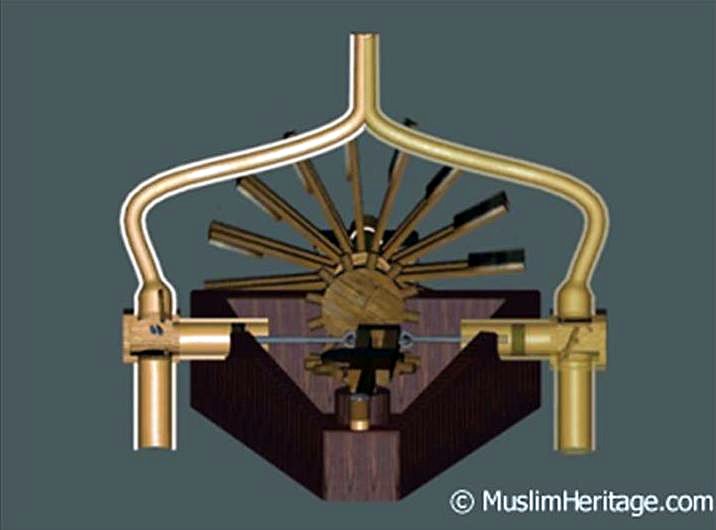

Prof. Salim T S Al-Hassani In this pioneering survey of some of the machines of Al-Jazari and Taqi Al-Din, Professor Salim Al-Hassani uses in-depth analysis with the tools of modern technology to make them live…


Of the many splendours of Egypt, the Al-Azhar stands as a landmark in its architectural and cultural history, marking the beginning of the Fatimid rule and the foundation of its capital Cairo (Al-Qahira, "The Victorious").


Ahmad Ibn Hanbal was a founder of one of the four main Sunni schools of Jurisprudence. He developed fiqh but was also an expert in the study of Islamic oral traditions (the sayings - hadith).…


Imam El-Shafie established the specialised branch of Islamic studies in Jurisprudence called Usool ul Fiqh, i.e. the methodology of Islamic law. His work founded one of the four main schools of Islamic law.
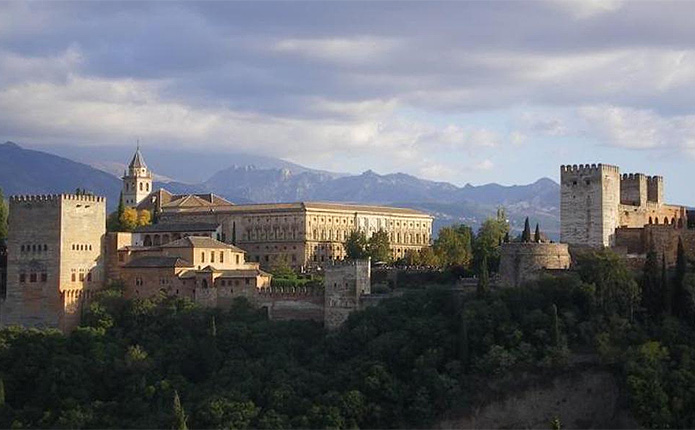

Granada on the southern coast of Spain was to stay in Muslim hands until 1492. Its fall came centuries after other Muslim areas fell to the Christians. This article highlights some of the important legacies…


Imam Abu Haneefah developed a science of Islamic law through systematic study of textual evidence and methodic reasoning and his approach had a far reaching impact on the Islamic world and beyond.


The Great Mosque of Tlemcen as a whole is an architectural masterpiece however, the techniques introduced in the construction of the mihrab dome are the most innovative. It is one of the oldest and best…


When the Normans took control of Sicily from the Muslims, they recognised the achievements of Muslims and Muslims together with their institutions continued to have a core role for centuries despite consternation elsewhere.


Sicily under Islamic rule brought people from all over the mediteranean in a rich diverse and enlightened community including a far reaching freedom of religion.


Professor Salim Al-Hassani's highly visual and compelling presentation will assess some of the Muslim contribution to civilisation using graphical simulations and some 3D animations of early Muslim inventions.


The Bosniac Muslims played a crucial role integrated in the Austro-Hungarian empire and Muslims and Islam continues to have great recognition in Austria.


"The whole together appears like a most perfect pearl on an azure ground. The effect is such as, I confess, I never experienced from any work of art. The fine materials, the beautiful forms, and…


Abul Mumin chose to build his mosque adjacent to the main street of booksellers to emphasize the importance of reading and learning as the main source of progress, hence the origin of the name "Kutubiya".
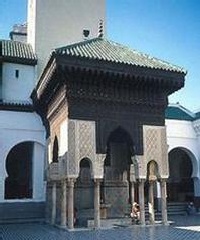

For well over twelve hundred years Al-Qarawiyyin has been one of the leading spiritual and educational centres of the Muslim World, a typical institution, of many, underlining how learning constituted the heart of the religion…


The date of the foundation of Fes is from the early 9th century. Fes soon after received an influx of diverse origins, Berbers, Jews, Arabs, including also Spanish Muslims from Cordoba. A strong scientific tradition…


Most certainly the first English scientist ever was Adelard of Bath. He championed Islamic learning and was the most `Arabist' of all scientists. He and Daniel of Morley were instrumental in the transfer of scientific…


Bejaia - a small town on the north coast of Algeria, was once a trading hub of the Mediteranian trading extensively with many places including Pisa. Through this town, a great deal of Mathematics was…


Among the Ottomans there was constant controversy over whether astrology violated the principles of reason and religion. Although many Islamic scholars judged astrology to contravene religion, astronomers continued to interpret the heavens, and sultans to…


The Aghlabids ruled Tunisia and an area that included Sicily and temporarily Sardinia and regions of southern Italy. Here the role their capital city Qayrawan is highlighted for its important legacy.


Khirbat Palace remains a unique example of Umayyad luxury and their developed taste for art. The palace gained particular reputation due to the well-preserved floor mosaics.


Turks have played an active part in the pursuit of science and learning in the Islamic World throughout its history. This activity is outlind here from the very formative stages of the islamic civilization down…


Salerno came to prominence as the first faculty-University of the Christian West because of its importance as a center where Islamic science, particularly medicine, became known to Europe… this because of his translations... The principal…
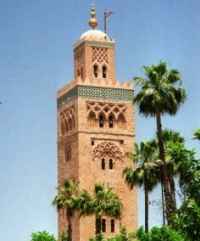

Marrakech became, due to the ambitions and sponsorship of its rulers, the centre of attraction for numerous scholars including Ibn Rushd who served as the Chief Physician and where he pursued many works in science.…
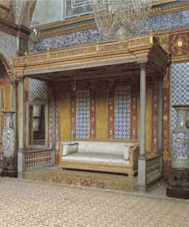

Construction of a palace to accommodate the Ottoman administration and royal household began in 1459, lasting most of the reign of Sultan Mehmed II. The palace included gardens reflecting the Muslim traditional love of nature…


Commissioned by Sultan Ahmed (1606-1617), the mosque was built by Mehmet Agha who is said to have toured key Ottoman monuments before he drew the plan of the blue mosque. This can be affirmed by…


The Madrassa was one of the main venues of education in the Muslim World under the Ottoman Caliphate until 1924 when Ataturks' law abolished it in favour of modern schools and universities. In planning terms…


The expansion of commerce in the Ottoman world necessitated the introduction of new types of buildings to accommodate various trade types. The han or caravanserai consisted of cells arranged around a courtyard, providing all the…


The measurement of the positions of the stars was developed and refined by scientists of the Muslim world and many kinds of Models were developed. These are described within this article.
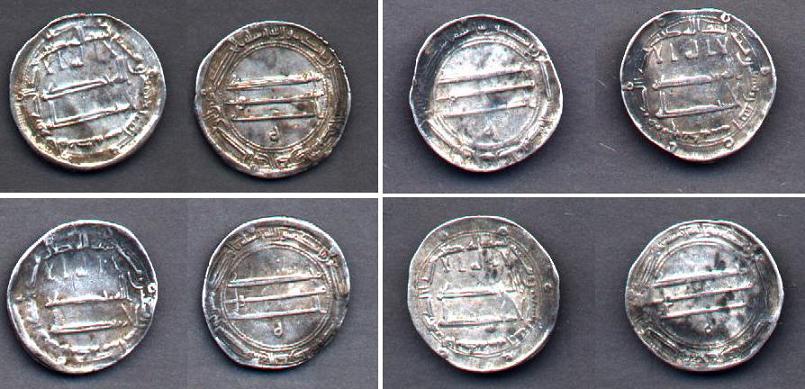

Attacks on Islamic centres of wealth on land and on sea by Western Christian pirates greatly reduced the economic power of Muslim lands. North Africa became economically impoverished as the Trans-Saharan traffic, which had sustained…


Muslims stand responsible for their own decadence. After the early conquests, Islamic rule became very corrupt, and this considerably weakened the caliphate. Islam produced great leaders but also some weak ones, which combined over time…


It is actually a hostility to Berbers and Turks that explains their being blamed for the decadence of Islam. The Seljuk role, it could be said, was in actual fact instrumental in saving whole Islamic…


The word ulema, which is widely used in the Islamic world, is used to refer to community based scholars. Ottoman ulema had been a basic element of the state and the society, presenting progressive visions…
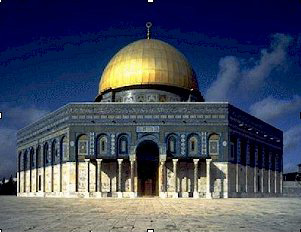

The Umayyad architectural splendour is experienced in both religious and domestic buildings. At the core of their religious heritage we find the Dome of the Rock, the architectural jewel of Islam and Damascus Mosque, its…


Why did Islamic civilisation fall into decline? This article seeks to correct some misunderstandings and open the debate about what went wrong and what can be done to put it right.


Tunis, the green, was the capital of Muslim Caliphate in the Maghreb reaching an unrivalled prosperous period of economic, cultural and social growth. Below is a summary of how this once great city was planned…


This paper seeks to remind readers of the contribution of Islam to the civilisation of the peoples of North Africa by looking at its influence on the urbanisation of the region. The aim is to…


Ibn Rushd is perhaps the best known Muslim scholar of Cordoba who was instrumental in influencing European theology and epistemology. Here is a facinating glimpse into his role in establishing the role of reasoning in…


The Imperial Tanzimat Rescript (Tanzimat Fermani) announced on 3 November 1839 provided state protection for basic rights and freedoms. Following this, programs of educational reform made the reorganization of secondary education a priority and the…


Ottoman Madrasas, were generally the continuation of traditional Islamic Madrasas, but they created their own curriculum and education tradition with the passing of centuries.


The madrasas of the early Ottoman period can be considered as institutions which continued the established educational tradition of the Seljuk Turks but also augmented by the contributions of the Ottomans.


The Muslim influence on musical theory is strongly denied by Western scholars. Even those who accept the Muslims playing some role, reject their deep involvement with the theory,although the Muslims used notation in musical theory…
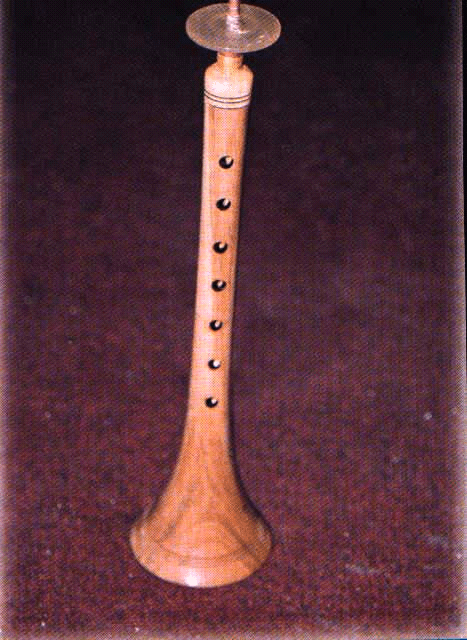

The Arabs were the first to give Europe a scientific description of musical instruments. Looking back into history we can give a descriptive influence of the Muslim scheme of phonetic notation and instrumental tablature which…
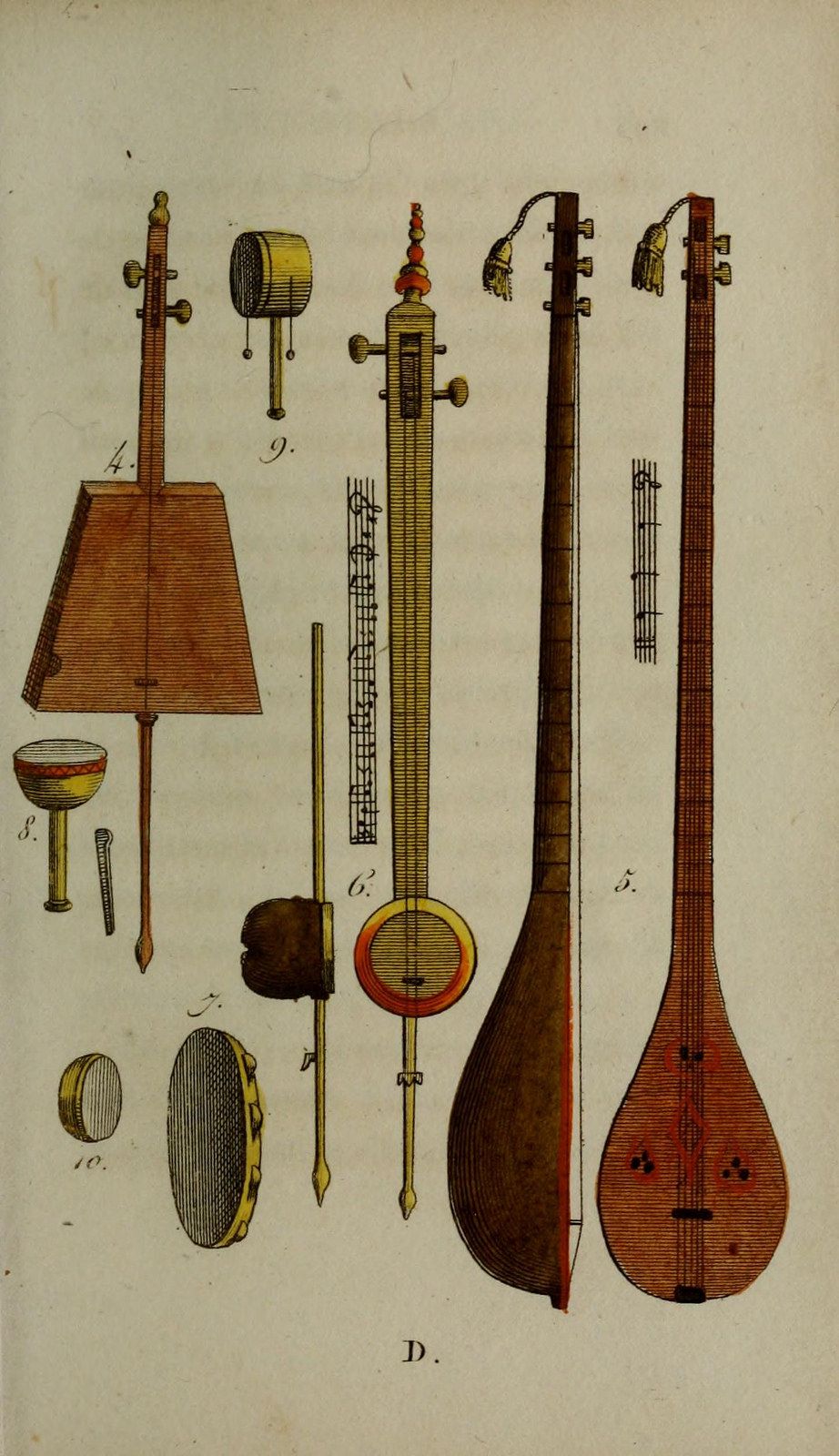

An insight into the influence of Muslims on the musical revival of Europe which can be detected as early as the period of the Carolingian Empire.


It is possible to provide a basic (though only partial) outline of what was taught at Ottoman madrasas. Students would study from the books of (sarf), syntax (nahiv) and logic (mantik) and then hadith and…


Following the conquest of Istanbul, Mehmed the Conqueror initiated a campaign of construction. A new era in Ottoman education began with the establishment of the Fatih madrasas and the hierarchical structure of the madrasas was…


The development of madrasas was greatly influenced by the impact of a strengthened central state authority and the resulting political stability and economic well-being it brought to the society. Toward the end of the sixteenth…
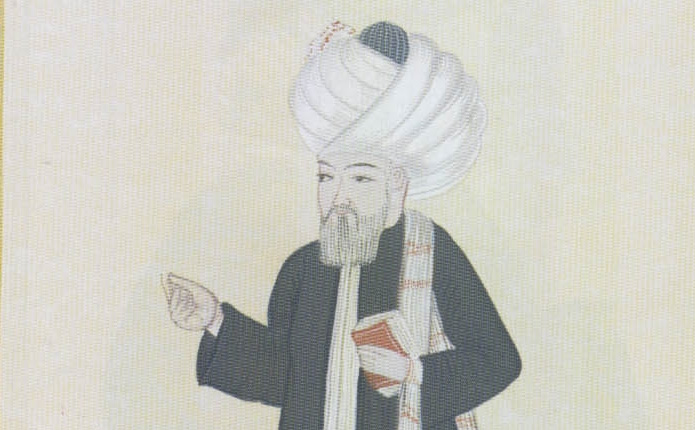

The Ottomans conserved the fundamental features of Islamic civilisation in their scientific institutions as they also did in social and cultural areas. Three of the six Ottoman state scientific institutions dealt with here are in…


The Muslim carpet has long been a luxury commodity sought by textile museums, rich collectors and wealthy merchants all over the world. The fame of the flying carpet of 'Al'a Al-Din (Aladdin) added some emotional…
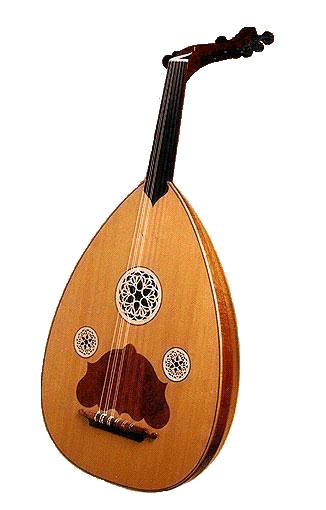

Many musical instruments came into European civilisation from Islamic Civilsation. Much of this is hardly known and rarely acknowledged. This article starts to set the record straight
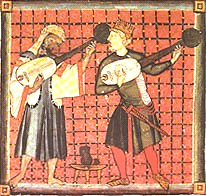

People who are familiar with traditional Arab music as well as Flamenco will know the obvious historical connections. What is less well known are the deeper connections from Western musical instruments and theory back to…


Muslims ruled in Spain and Portugal over a period of 800 years. When the Christians finally forced out the Muslims and instituted the inquisition they encountered some of the great achievements of Islamic science and…


During the Fatimid Dynasty, Islamic coins were of such high quality and so abundant that they became the most wide-spread trade coins of the Mediterranean world.


Muslims minted their first gold coins when they entered Spain in 711CE. The new coins were modelled in size and design after the Arab-Byzantine but their inscriptions were in Latin. A large star in the…


The Abbasid Dynasty experimented with different kinds of coins. They improved the appearance of coins using a more elegant form of Kufic script and the legends and the size of the legends on the dinars…


As part of a policy to unify the various regions under Islamic rule, Caliph Abd al-Malik ibn Marwan introduced the first Umayyad gold coins in 691CE. Within a short period of time, Islamic Coins replaced…


...it can safely be said that no faith can show as equal sense of brotherhood between diverse colours as in Islam.


September 2003, BAAS British Association for the Advancement of Science


September 2003, BAAS British Association for the Advancement of Science


Abu Muhammad ‘Ali Ibn Ahmad Ibn Sa’id Ibn HAZM, (November 994 to August 1064) grew up in the period of final collapse of Umayyad rule in Spain, as the nation disintegrated into often conflicting local…


Christopher Wren's respect for Muslim architecture is displayed in his adoption of numerous Muslim architectural solutions within his designs. In his greatest ever project, the Cathedral of St. Paul, London, the Muslim influence can be…
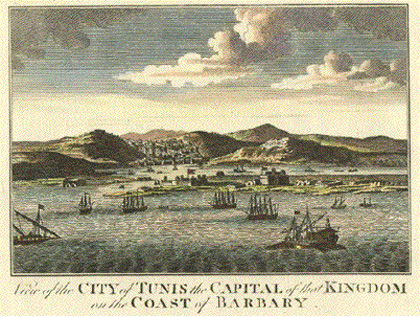

Tunis was rebuilt under the Roman Emperor Augustus in the first century AD, but without the importance of Carthage. The Muslims re-fortified it in 720 AD, and built the Zaytouna Mosque.


Abul-Hasan Alí Ibn Nafí, nicknamed Ziryab, was Chief Entertainer of the Court of Cordoba in 822AD. He revolutionised medieval music, lifestyle, fashion, hairstyles, furniture and even tableware. He transformed the way people ate, socialised, and…


Prof Ekmelideen Ihsanoglu Speech at BA Festival of Science


Cryptography paved the way for the development of arguably humanity's greatest achievements yet, Computers, the Internet and the digital world. This article presents Al-Kindi as the originator of the modern method of decipher.


Many Muslim scholars dealt with minerals and gems and wrote monographs on the subject. The golden age of their writings was the 4th-5th century after Hijra (AH) (10th-11th century CE). They used almost all the…


Sankore's achievement in higher education is important to Islamic Civilisation even though it is less known in comparison to Al-Azhar, Al-Qayrawan, Al-Qarawiyyin and Qurtuba Universities.


In the Fort Nelson Museum a huge bronze cannon sits in the court yard. Cast in two peices in 1464 by the order of the Sultan Mehmed II, no such split guns existed in Europe…


Al-Zahrawi's medical encyclopaedia, used in Europe's Universities from the 12th-17th century, discusses under-arm deodorants, hair removing sticks, hand lotions, hair dyes, hair care, suntan lotions, remedies for bad breath, nasal sprays and much more.


Under the Seljuk patronage the mausoleum saw considerable development. This type of building evolved from early funerary monuments which were first erected to honour the Umayyad rulers in the 8th century.
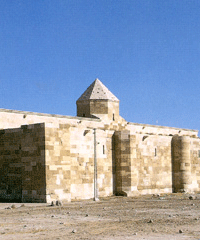

The Seljuk's developed the caravanserais or khans (Anatolia) or Ribat. These were charitable foundations providing travellers with three days of free shelter, food and entertainment (in some cases) as part of the charitable work emphasised…


Seljuk's made developments in the form, function and character of the mosque and expanded the use of Madrassa which, according to Van Berchem, first appeared in Kurassan early 10th century as an adaptation of the…


The Seljuk mosques took a form of minaret which was substantially different from that of North Africa. The adoption of the cylindrical form, instead of the usual square, with tapered shafts often broken by balconies…


Another Seljuk innovation in the plan of the mosque appeared in what Andre Godard called the Mosque Kiosque. This usually small edifice is characterised by its unusual plan which consists of a domed hall, standing…


According to Scerrato (1980) the Iwans plans of Seljuk Mosques were mainly developed for multi-functions including, prayer, teaching, lodging of teachers and students, libraries and charitable activities like stopping stations on the road of pilgrims.
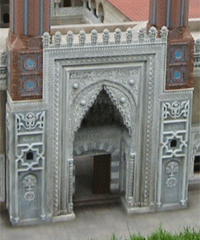

The Seljuks were the first Turkish dynasty to rule the Muslim World reviving the dying Caliphate. Their arrival marked the introduction of the four Iwan mosque concept, the Caravanserais (Khans) and baroque art that spread…


Amongst the English writing authors who can enlighten the reader further on the Islamic impact are Eugene Myers, Metletzki, Turner and Menocal. Here's a list of selected books for further reading on the Impact of…


Cordoba used to be the jewel of Europe dazzling visitors from the North. With over 70 public libraries during the time of Caliph Hakam II, and 900 public baths, Scholars and booksellers flocked there and…
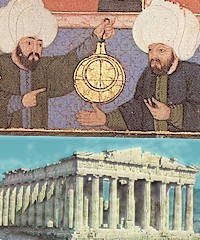

According to some, heritage was lost during the Dark Ages (5th-15th AD) and then recovered during the Renaissance. The real evidence from history shows that where the Greeks had left off, the Muslims had continued…


The Great Umayyad Mosque remains one of the great symbols of the glorious period of Muslim civilisation and its pride. It is a master piece of architectural ingenuity having a decisive influence on the maturity…
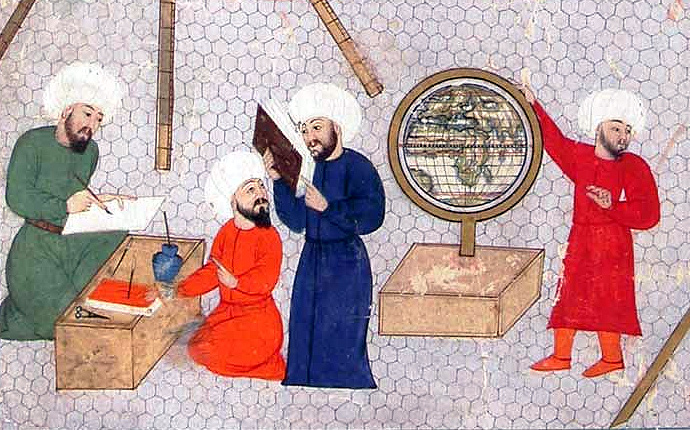

Scholars from all Christian lands rushed to translate Muslim science, and thus start the scientific awakening of Europe. Many of course were Spaniards: John of Seville, Hugh of Santalla, and those working under the patronage…


Local builders employed by the Crusaders revealed the solutions to the problems of construction orally or by demonstration. Talbot Rice points out that in the area dominated by the Seljuk Turks during the Crusades there…


The role of Sicily in the transfer of Muslim science to the West has been well studied by Michelle Amari, but unfortunately the work, although extremely old has remained inaccessible because it is only available…


In the Ribat (defensive engineering structures) of Port Soussa one finds evidence showing the early use of ribbed vaulting by Muslims. Such a technique was not used in Europe until the 11th century, some 200…


The work of Ibn Doraid Al-Azdi is an example of experimental observations of aerial phenomenon. He flourished in the late 9th Century AD. From him we find scientific descriptions of weather forecasting, clouds and the…


Ibn Tulun Mosque is a rare example where Europeans openly admitted its influence on the development of many features of their architecture. Elements such as the pointed arch, the pier, and wall battlements formed the…


In year 642AD, A'mr Ibn Al-Aas laid the foundations of the first and oldest Mosque in Egypt and Africa. Measuring 25 meters long by 15 meters wide it was a simple structure and imitated the…


To go through the Islamic impact on modern science and civilisation in detail demands so vast a book that nobody has written yet. Just some overall observations and points are raised here by the author.


Kitab Al-Ma'a, a strange title for the first known Encyclopedia of Medicine arranged according to the alphabet was recently discovered in Algeria and published in Oman. Contains over 900 pages and was written by Ibn…


Paper, originally, was brought by the Muslims from China. From an art, the Muslims developed it into a major industry. Paper mills flourished across the Muslim World. The impact of Muslim manufacture of paper paved…
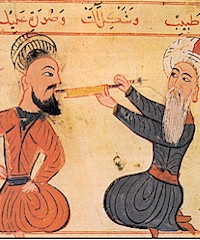

Possibly the earliest hospital in Islam was a mobile dispensary following the Muslim armies, dating from the time of Prophet Mohammed (PBUH). By the 12th century, the hospital had become a very advanced institution.


ln 1154 Nur-al-Din Zangi built a hospital in Damascus. It was called al-Nuri, or al-Zangi.
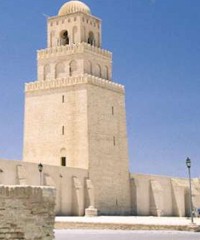

Founded in 670 by Uqba bin Nafi, it was the seat of Arab governors in W Africa until 800. Under the Aghlabid dynasty (800-909), it remained the chief center of commerce and learning. It was…


A white marble tomb built in 1631-48 in Agra, seat of the Mugal Empire by Shah Jehan for his wife, Arjuman Banu Begum, the monument sums up many of the formal themes that have played…


Built by Al-Mansur who rules Morocco and Spain until his death(1184-1199AD). At its time, the hospital had no equal in the world.


The observatory of Samarqand dates from 1424AD and was a `monumental' building equipped with a huge meridian, made of masonry, a ‘Fakhri sextant’, of a radius of 40.4 metres. It was built By Uluh Beg…


The centuries termed as the 'Dark Ages' are the missing centuries in history. It is not as one would think that there is nothing about such centuries; as that is far from the truth.


There is a major fallacy in the concept of the 'Dark Ages'. That period coincides exactly with the Muslim apogee. In the midst of Europe's darkness, almost immediately after the fall of the Roman Empire,…


Mr. Hadi Ali Shateh discusses design solutions adopted in regions of desert climate and analyses the arrangements made in the interior architecture of houses of Gadames city, Libya.
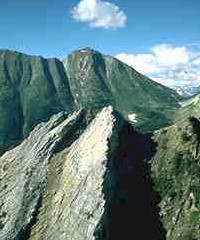

The Muslim Civilisation was outstanding in its outlook on the universe, humanity and life. Muslim scientists thought about the origin of minerals, rocks, mountains, earthquakes and water, etc. Ibn Sina (981 - 1037 C.E.), better…


The crucial, most fundamental, difference between Islamic and secular Western science is that Islam and Muslim Civilisation both reached their apogee in the same centuries.


The Quran, repeatedly calls on the believers to seek knowledge, "And He has subjected to you, as from Him, all that is in the heavens and on earth: behold, in that are signs indeed for…




The apparent conflict of science and religion is a uniquely Western creation. Islam, unlike medieval Catholicism, it is observed, 'did nothing to stifle the spirit of scientific enquiry'.


Islam provided such impetus in the era 800-1200. Islam makes self-improvement of the individual and the betterment of society part of religious duty, inspiring individuals in all manners and forms.
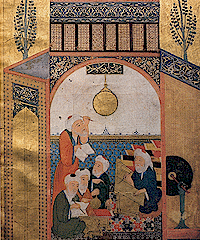

Muslim scholars also realised that understanding the complexities of the universe, its order, harmony, perfection and functioning, brought people close to God and His message.


Whilst scientific truths are very regularly questioned and abandoned, the truths in the Quran are permanent and unchangeable.


Urinary stone disease (urolithiasis) was discussed in great detail in Arabian Medicine. Explanations given by Ibn Qurrah, Al Razi, Ibn Sina and Al Zahrawi about the formation and growth of urinary stones do not basically…


Figs may not have had the economic importance of olives, yet they afford an excellent example of the intensification of agriculture in Islamic Spain. This was manifest in the dazzling variety of the fruit available…


The inhabitants of the early Islamic world were, to a degree that is difficult for us to comprehend, enchanted by greenery.


The notion, repeated in the Quran, of Paradise as a garden (al-janna, "The Garden") is symbolized in the form of Andalusi gardens, a few of which survive physically and some of which are described in…


As in all civilisations, great use was made of pottery, for cooking, lighting, washing, etc. In the bazaar in Cairo, grocers, druggists and ironmongers provided the glasses, the faience vessels and the paper to hold…


Paul Tannery said of geometry of the eleventh century in Europe: "This is not a chapter in the history of science; it is a study in ignorance." Its level, he said, was equivalent to that…
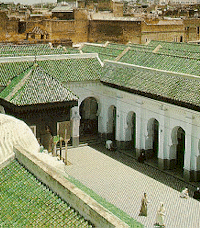

Almost entirely enclosed by narrow alleyways, the mosque of Qarawiyin, [in Fes] like many an ancient European cathedral hemmed in by barrack like houses, is well-nigh unnoticeable from the outside.
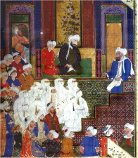

The female relatives of the khalifs and courtiers vied with each other in the patronage and cultivation of letters.


The Muslims were great book collectors, and in all the larger towns there was a flourishing book trade. From Baghdad, to Cairo, to Cordoba and to Fez, Muslims built the libraries that housed the world…


Algebra, algorithm, quadratic equation, sine function... just some of the terms which would not be known to us but for Al-Khawarizmi. An astronomer, geographer and founder of several branches and basic concepts of mathematics.


The love of gardens during the Abbâsid period, whether in Baghdad or in Samarra, was born within the already existing cultural tradition of Mesopotamia, where the art of gardening had been perfected many centuries before.


Al-Muqaddasi (or Al-Maqdisi), originally from Al-Quds (Jerusalem), hence his name, is by far one of the most instructive of all early Islamic writers on the society of Islam.


Ibn-khaldun enters the frame of Islamic scholarship, associating both intellectual might and near perfect organisational skills to set the foundations for our modern social, economic, historical and political sciences.


Born in Valencia, Ibn Jubair (Ibn Jubayr) travelled widely, offering good accounts of the life of Muslims and their surroundings in both Eastern and Western parts.


In his Rihla/Risala (travel narrative, account or journal), Ibn Fadlan, who in the tenth century, accompanied a mission from the Caliph al-Muktadir to the Volga Bulgars, describes his experiences and the people and places he…


When dealing with Turkish history, whether during the Ottoman period or after, one comes across horrendous claims and errors by countless historians which utterly distort the subject. To try and write correctly Turkish history is…


During the period of Islamic-Arabic extraordinary activity in Science and Technology (9th-13th century), there are some recorded contributions to the area of Automatic Control mainly in the development of water clocks using float valve regulators,…


Arabic accounts report that Muslims introduced firearms into Islamic Spain, from where they passed to Italy, going from there to France, and finally Germany. Muslims also developed and refined gun powder and aquired rocket making…


By far the most multi-ethnic culture and civilisation that had ever existed, the Muslim Scientific community included Jews and Chrisitians.


The first Muslim adaptation and modification of the design of the arch occurred in the invention of the horseshoe type. Further development came in the 8th century when Muslims used, for the first time, the…


Terminological issues are connected with the use of "Muslim" and "Islamic" architecture. The two words are theoretically interconnected but conceptually different. Muslim is a general word referring to religious and geographical setting of Islam.


Although Muslim architecture has been investigated by both Muslims and non Muslims, it still remains omitted from main stream architecture theories and much of existing works are no more than curiosities undertaken by a group…


The mosque plan was developed through a process of change and modification resulting in the emergence of four main forms reflecting the main periods of Islamic attainment.
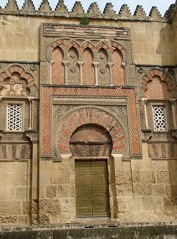

Perhaps no culture mastered the design and use of the arch more than the Muslims. Inheriting earlier arch forms from the Greeks and the Romans, Muslims developed a variety of new shapes including the horseshoe,…


Islamic architecture encompasses a wide range of both secular and religious styles from the foundation of Islam to the present day, influencing the design and construction of buildings and structures in Islamic culture and beyond.…


Under the Umayyads, Islam spread to various lands, generating considerable prosperity and wealth. In that period, the mosque developed its main structural and functional elements such as Minaret, Mihrab, Maksurah and dome.


The Qayrawan Mosque contributed a great deal to the development of architecture in the Muslim world. With its original design and harmony of various components it was a prototype model for the rest of North…


The architects of Ukhaidir first introduced a new elaborate technique based on the construction of elliptical (pointed) barrel vaults with bricks in similar technique to building a wall and therefore considerably eased the way vaults…


Building enthusiasm of the Abbassids took a new dimension in the construction of mosques as reflected in their size and character. They adopted the tradition of mud and baked brick construction in moulded with geometric…


The Abbassid period is characterised by large-scale design and city planning. In addition to their famous cities of Baghdad (762) and Samara (836), the Abbassids founded the settlement of Al-Rafiqa.


Among the features of the Abbassids elaborate lifestyle that had a great impact on the architecture of this period was the ceremonial attitudes of the Abbassid Emirs which led to the spread of monumental gates…
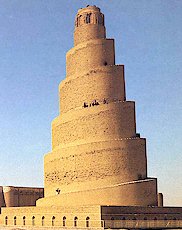

The Abbassids became patrons of a number of gigantic construction projects extending from large mosques and complex palaces to large-scale urban design and city planning, and consequently played a fundamental role in the city planning.


The palace is an architectural masterpiece in every term. The composition of courts, gardens and water expressed the Muslim views of paradise and its eternality rewarding those who strive to reach it.


Bab Mardum Mosque was built in Toledo Spain between 999 and 1000 according to an inscription found on its façade. It was believed by Lambert (1958) to be the inspiration for the ribs used in…




Al-Zahra became renowned for its high advanced civilisation, style and protocol in addition to the extensively decorated walls, floors and ceilings of its buildings. Venue for the legendary reception of King Ordono IV of Leon,…


One cannot visit Cordoba (in Spain) today without a trip to its main tourist attraction, The Great Mosque of Cordoba. A symbol and reminder to the world of the golden civilisation that Muslims built in…
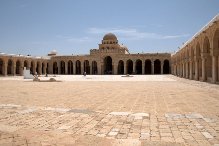

The arrival of Islam to North Africa at the hands of Uqba Ibn Nafi (d.683) transformed region into a construction field resulting in the elaboration and dissemination (to Europe) of building techniques and architectural forms.


First in a series of articles on the Architecture of Muslim Spain and North Africa (756-1500AD). A brief historical background on the Muslim architectural achievement concentrating on important historical and architectural monuments.


In 1513 Piri Reis presented his famous map of the New World to the Sultan, giving the Ottomans, well before many European rulers, an accurate description of the American discoveries as well as details about…


The first appearance of the pointed arch in the Muslim World was traced to the Al-Aqsa Mosque, but the Palace of Ukhaidir - Iraq remains the first building where the pointed arch was used constructively…


Water management in all its intricacies, from Andalusia to Afghanistan, was the basis of agriculture, and source of all life. Muslims did much to develop hydraulic technology and deploy water management equipment including hydro-power dams.


Dams are required in most hydraulic systems, for irrigation, regulating flow of rivers and in modern times for the production of energy. In the classical Islamic world, dam construction received a special attention as an…


Kevin Krisciunas writes on The Legacy of Ulugh Beg. Although he recognising the crucial role of Islamic observation, he still finds sources of disagreement with the notion that the Samarqand observatory exerted decisive influence on…


Al-Battani used the widest variety of instruments: astrolabes, tubes, a gnomon divided into twelve parts, a celestial globe with five armillaries, parallax rules, a mural quadrant, sundials, vertical as well as horizontal.


Most eminent Muslim astronomers include Al-Battani, al-Sufi, al-Biruni, and Ibn Yunus. They recorded the position of the sun, moon and the stars.


The modern astronomical observatory as a research institute (as opposed to a private observation post as was the case in ancient times) is a creation of the Islamic scientific tradition. Since the early 9th century,…


Al-Battani discovered the notions of trigonometrical ratios used today. Al-Biruni claimed the earth rotated around its own axis. Jabir Ibn Aflah made the first portable celestial sphere to measure and explain the movements of celestial…


It was in Muslim Toledo, Spain, where flocked in the 12th century, in particular, scholars from all Christian lands to translate Muslim science, and start the scientific awakening of Europe.


The period from the 9th century to the 13th century witnessed a fundamental transformation in agriculture that can be characterized as the Islamic green revolution in pre-modern times. The economy established in the Arab and…


Muslim farming manuals developed ways and methods for increasing production and productivity, and maintaining soil fertility. Extensive research detailed descriptions of soils, and their requirements.


As the Muslims advanced, they introduced methods and machinery of the Ancient Near East, and also certain crops which could not have been grown with the typically classical agricultural methods.


Advances in Muslim chemistry led to the development of Muslim pharmacology. Al-Zahrawi made pioneering developments in the preparation of medicines by using sublimation and distillation. Others excelled in chemical technology.


Experiment is what differentiates science of Muslim Civilisation from Greek speculation (called science). Experiment began with the Muslims, centuries before the likes of Grosseteste.


Abu al-Qasim Khalaf ibn al-Abbas Al-Zahrawi (936-1013 CE), also known in the West as Albucasis, was an Andalusian physician. He is considered as the greatest surgeon in the Islamic medical tradition. His comprehensive medical texts,…


"I invite you... to go back with me 1000 years to consider the fascinating history of the old Arabian ophthalmology which I have studied in the past five years." With these words Julius Hirschberg, addressing…


The Beijing Olympic Games started on Friday 8 August 2008 with a dramatic opening ceremony featuring a cast of thousands performers that celebrated the arts and achievements of China's long history. Among the tremendous events…


The narration of historical events and the reflexion upon their causes are old scholarly concerns since ancient times. In Islamic culture, a specific Arabic historiographical tradition emerged very early, since the late 7th century, to…


Muslim art differs from the art of other cultures in the form and material as well as in the subject and meaning. Read Dr. Saoud's facinating insight into the world of Muslim Art.
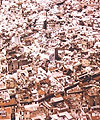

Islam is seen by many scholars as an urban religion, which favours communal practice on individual worship. Although, piety is the only source of appraisal, it is widely accepted that most of Islam's teaching is…


Whilst the period of Antiquity, the time of Greco-Roman civilisation, and the Renaissance receive high praise, the period in between (late fifth to the late fifteenth) is highly obscured. Read about those 1000 years of…


Snell is credited with the laws of reflection and refraction. However, Ibn Al-Haytham discovered the same phenomena in the 11th century.


...leading by example, the Prophet made the first institution of Islam, the first mosque he built in Madinah, into an institution of learning.


Abu Hanifa al-Dinawari (d.895 CE), botanist, lived in Iran. His work has been made known by the German scholar, Silberberg, in a thesis, published in Breslau in 1908 which contains the descriptions of about 400…
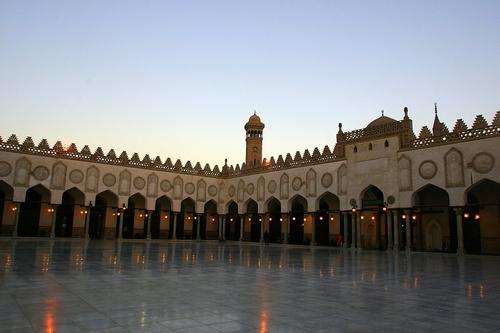

Al-Azhar Mosque in Cairo in Egypt is a fundamental Islamic monument with many dimensions. Constructed by the Caliph Al-Mu'izz li-Din Allah for the newly established capital city in 970, it was the first mosque established…


The following short survey presents a rapid overview on the life, work and achievements of Al-Jazari, the most famous mechanical engineer of his time, some 1000 years ago. Al-Jazari brought Islamic technology to a culminant…


The NHS is struggling to retain health care providers, a notion that could be described as Drexit, as a consequence of Brexit. One solution to retaining health care providers is to welcome diversity by exploring…
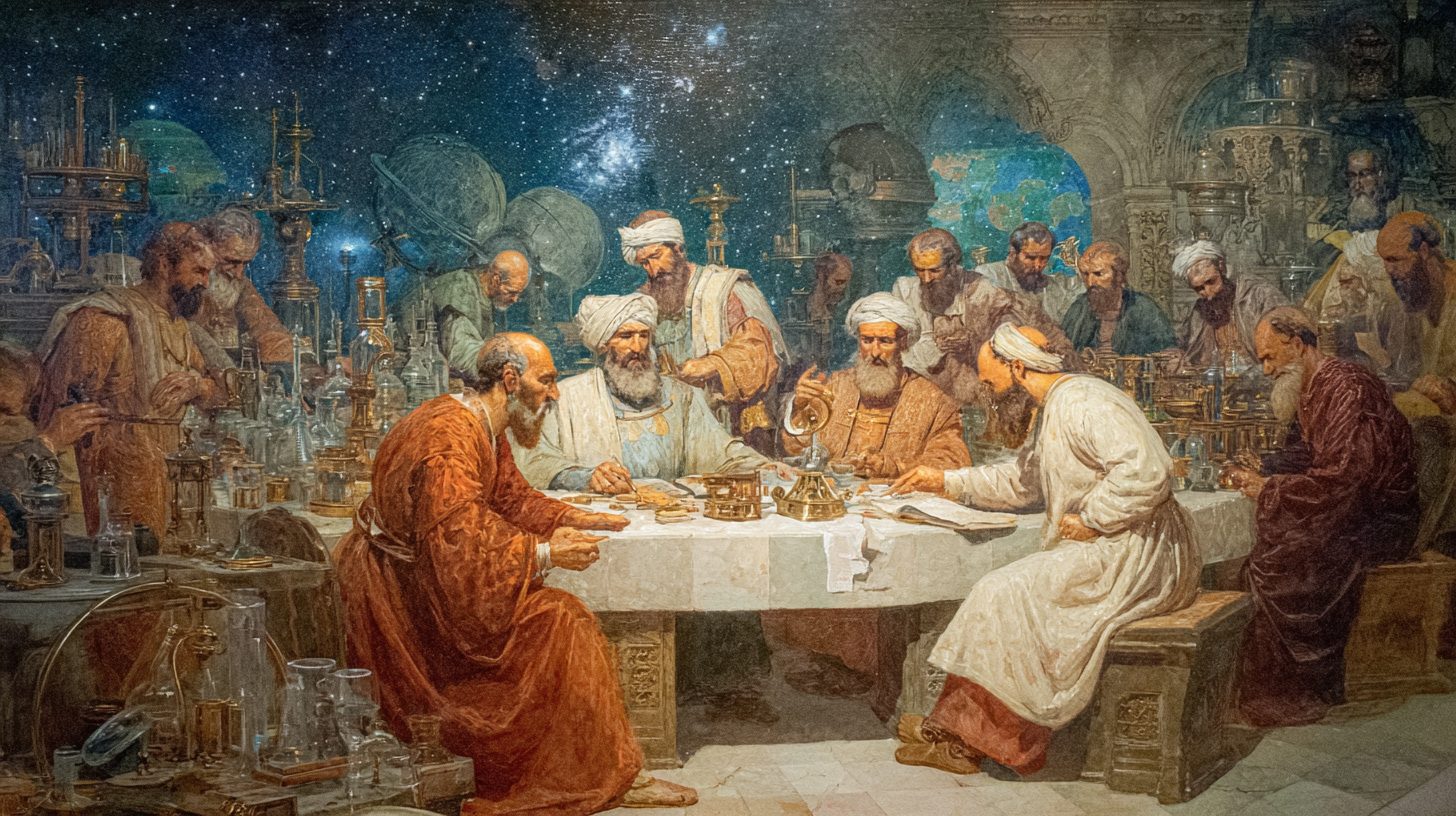

This article provides a comprehensive overview of the history of Islamic science as well as current issues and future trends in the discipline. Significant references to modern scholarship on Islamic science and medicine, including the…
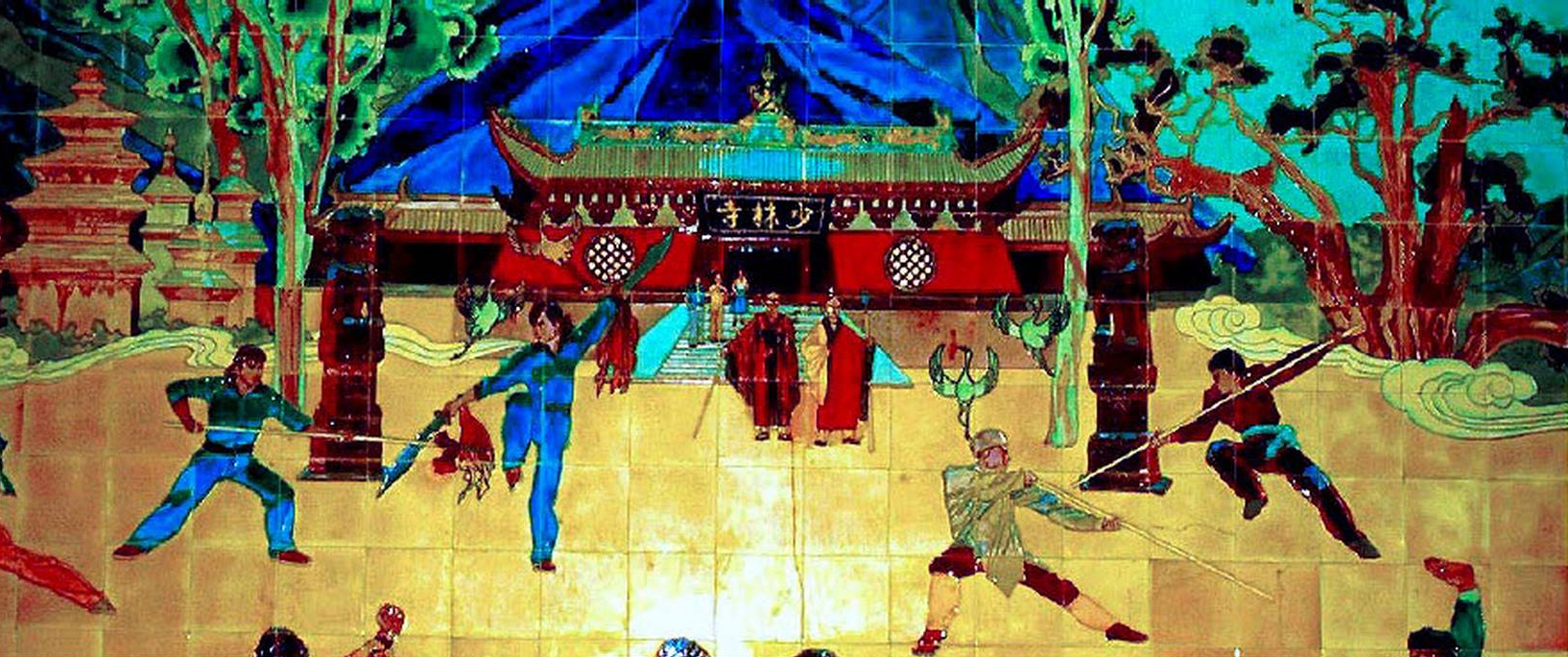

Professor Salim Al-Hassani published short articles and gave presentations on “Sports in Muslim Heritage” over the years. He argues, notably, that while Europe was in the “Dark Ages”, the Islamic world enjoyed a period of…
Muslim Heritage:
Send us your e-mail address to be informed about our work.
This Website MuslimHeritage.com is owned by FSTC Ltd and managed by the Foundation for Science, Technology and Civilisation, UK (FSTCUK), a British charity number 1158509.
© Copyright FSTC Ltd 2002-2020. All Rights Reserved.
